Похожие презентации:
Making news. Unit 9.1
1.
Making newsUnit 9.1
2.
News [nju:z] – новости,новость
A piece of news
3. Exercise 1 Page 90
4. Discuss these questions
5.
1. What’s in the newstoday?
6. The American president is in the news today
7. A tragedy in China is in the news today
8.
2. How do you usually getthe news?
9. I go online I read the newspaper I watch TV
10. Exercise 2A Page 90
11. Match the photos with the names of the news sources in the table
12. News sources [so:siz] We have 5 news sources
13.
1. Newspapers14.
Which picture?15.
Newspapers – Picture 416. 2. The radio
17.
Which picture?18. The radio – Picture 1
19.
3. The TV20.
Which picture?21.
The TV – Picture 522. 4. The Internet
23.
Which picture?24. The Internet – Picture 2
25.
5. Mobile phone26.
Which picture?27.
Mobile phone – Picture 328. News sources’ descriptions What’s the source like?
29. Fast - быстрый
30. Easy - лёгкий
31. Detailed [di’teild] - детальный
32. Exciting [ik’saitiŋ] – будоражащий воображение
33. Cheap -дешёвый
34. Convenient [kən’viniənt]- удобный
Convenient [kən’viniənt]удобный35.
What are newspaperslike?
36.
They’re….37.
fasteasy
detailed [di’teild]
exciting [ik’saitiŋ]
cheap
convenient [kən’viniənt]
38.
What’s the radio like?39.
It’s………40.
fasteasy
detailed [di’teild]
exciting [ik’saitiŋ]
cheap
convenient [kən’viniənt]
41.
What’s the TV like?42.
It’s………43.
fasteasy
detailed [di’teild]
exciting [ik’saitiŋ]
cheap
convenient [kən’viniənt]
44.
What’s the Internet like?45.
It’s………46.
fasteasy
detailed [di’teild]
exciting [ik’saitiŋ]
cheap
convenient [kən’viniənt]
47.
What’s mobile phone like?48.
It’s………49.
fasteasy
detailed [di’teild]
exciting [ik’saitiŋ]
cheap
convenient [kən’viniənt]
50. Exercise 2B Page 90
51. Read the text quickly. Which news sources do the people like?
52. Fuad
53. Katie
54. Magnus
55. Before you read
56. Comparison of adjectives
57. Page 97
58.
One-syllableadjectives
Add er
Old – older
Cheap – cheaper
New - newer
Larger adjectives Put more before Interesting
adjective
more interesting
Comfortable –
more
comfortable
Two-syllable
adjectives that
end in y
remove y and
add ier
funny – funnier
busy - busier
59.
Irregularadjectives
good
bad
better
worse
60. Read text 1 about Fuad
61.
It isn’t the same in mycountry. We don’t all have
computers, so we read
newspapers or listen to the
radio
62.
I think they’re great.Newspapers are detailed
[di’teild] and give you a lot
of information. And the
radio is convenient
[kən’viniənt]
63.
You can listen to it whileyou’re driving, in bed, even
in the bath. They’re easy
ways to get news- easier
than using a computer
64.
And, of course, they’recheaper than computers
65.
How does Fuad get thenews?
66.
It isn’t the same in mycountry. We don’t all have
computers, so we read
newspapers or listen to the
radio
67. Fuad reads newspapers or listens to the radio
68. Read text 2 about Katie
69.
I believe the Internet istaking away the TV’s
audience [o:diəns] (аудитория)
70.
In my opinion [ə’piniən],the Internet is better than
TV because it’s faster, and
it’s quite [kwait] detailed
[di’teild]
71.
You can go online to lookat news stories or read a
blog. TV is better than the
Internet for some things, I
agree, and I watch a news
program every day
72.
TV is more exciting[ik’saitiŋ] than some other
news sources [so:siz]
because it’s visual [viʒuəl]
73.
I think TV news feels morerealistic than newspapers or
radio for that reason [ri:zən]
74.
How does Katie get thenews?
75.
You can go online to lookat news stories or read a
blog. TV is better than the
Internet for some things, I
agree, and I watch a news
program every day
76. Katie likes the Internet and the TV She goes online
77. Read text 3 about Magnus
78.
No – this is all wrong! TV,newspapers, computers –
they’re all old-fashioned. I
get my news on my mobile
phone
79.
The main news stories,sports news, film news. I
also use Twitter a lot –
80.
that’s how I found out aboutthe plane crash on The
Hudson River, before the
TV or Internet had the
story!
81.
Mobiles are really fast now,and convenient
[kən’viniənt], because I
have my phone with me all
the time
82.
How does Magnus get thenews?
83.
No – this is all wrong! TV,newspapers, computers –
they’re all old-fashioned. I
get my news on my mobile
phone
84. Magnus gets his news on his mobile phone
85. Exercise 2C Page 90
86. Tick the correct adjectives in the table in exercise 2A
87.
fasteasy
detailed exciting cheap
Newspapers
+
+
The radio
+
+
+
The TV
convenient
+
+
The Internet
+
Mobile
phones
+
+
+
88. According to the table:
89. Newspapers are easy, detailed and cheap
90. The radio is easy, cheap and convenient
91. The TV is exciting
92. The Internet is fast and detailed
93. Mobile phones are fast and convenient
94. Exercise 3A Page 90
95. Complete the table with the verbs from the box
96.
golisten to
read
read
use
watch
97.
1. a blog?98.
golisten to
read
read
use
watch
99. 1. Read a blog
100.
2. a news program?101.
golisten to
read
read
use
watch
102. 2. Watch a news program
103.
3. newspapers?104.
golisten to
read
read
use
watch
105. 3. Read newspapers
106.
4. online?107.
golisten to
read
read
use
watch
108. 4. Go online
109.
5. the radio?110.
golisten to
read
read
use
watch
111. 5. Listen to the radio
112.
6. Twitter?113.
golisten to
read
read
use
watch
114. 6. Use Twitter
115. Exercise 3B Page 90
116. Discuss the questions
117.
1. Do you read or write ablog?
118. Yes, I do No, I don’t
119.
2. How often do you goonline?
120. Every day
121.
3. Do you use Twitter?122. Yes, I do No, I don’t
123. Exercise 4 Page 91
124. Complete the active grammar box
125. Fast – faster than
126. Easy – easier than
127. Realistic – more realistic than
128. Exciting – more exciting than
129. Good – better than
130. Bad – worse than
131. Exercise 5A Page 91
132. Listen to these phrases
133.
[ə]134.
1. Easier [i:ziə] than135.
2. Faster [fa:stə] than136.
3. Colder [kouldə] than137.
4. Healthier [helθiə] than138.
Track 2.21139. Exercise 5B Page 91
140. Write sentences comparing these things
141.
1. Iceland/ Egypt/ cold142. 1. Iceland is colder than Egypt
143.
2. maths/ English/ easy144. 2. English is easier than maths
145.
3. fruit/ chocolate/ healthy146. 3. Fruit is healthier than chocolate
147.
4. a Ferrari/ a Fiat/ fast148. 4. A Ferrari is faster than a Fiat
149. Exercise 6 Page 91
150. Make sentences using the comparative form of these adjectives
151. Good, useful, exciting [ik’saitiŋ], interesting, modern
152. Good?
153. Good - better
154. Useful?
155. Useful – more useful
156. Exciting [ik’saitiŋ]?
157. Exciting [ik’saitiŋ] – more exciting [ik’saitiŋ]
158. Interesting?
159. Interesting – more interesting
160. Modern?
161. Modern – more modern
162. Newspapers Mobile phones The Internet The radio The TV
163. Газеты более возбуждающие, чем интернет
164. Exciting [ik’saitiŋ] – more exciting [ik’saitiŋ]
165. Newspapers are more exciting than the Internet
166. Мобильные телефоны лучше, чем радио
167. Good - better
168. Mobile phones are better than the radio
169. Интернет более полезный, чем радио
170. Useful – more useful
171. The Internet is more useful than the radio
172. Телевидение более возбуждающее, чем радио
173. Exciting [ik’saitiŋ] – more exciting [ik’saitiŋ]
174. The TV is more exciting than the radio
175. Интернет более интересный, чем радио
176. Interesting – more interesting
177. The Internet is more interesting than the radio
178. Мобильные телефоны более современные, чем радио
179. Modern – more modern
180. Mobile phones are more modern than the radio
181. Exercise 7A Page 91
182. Listen to Nick and Petra talking about news
183. Page 156 Track 2.22
184. Before you read
185. Election [I’lekʃən]- выборы
186. Amazing [ə’meiziŋ]- удивительный (вызывает восхищение)
Amazing [ə’meiziŋ]удивительный (вызываетвосхищение)
187. Surprising [sə’praiziŋ]- удивительный (вызывает удивление)
Surprising [sə’praiziŋ]удивительный (вызываетудивление)
188. There you are – вот видишь
189. The same – одиниковый
190. Source [so:s] - источник
191. News source [so:s] – источник новостей
192. Read script 2.22 on page 156
193. P – Petra N - Nick
194.
P: It says here that 70% ofAmericans got news about
the election on the Internet.
I think that’s amazing
[ə’meiziŋ]
195.
N: I don’t find it surprising[sə’praiziŋ] at all. I mean,
with an election [i’lekʃən],
people want to find out
news very quickly
196.
N: And it’s faster on theInternet than on TV. How
many Americans use the
Internet for news every day?
P: Well, it says 37% here
197.
N: Well, there you are,about half [ha:f] of the first
number
P: Do you think the number
is the same here?
198.
N: I think that it’s probablythe same I think a lot of
younger people use the
Internet for news stories, but
older people are more
traditional
199.
N: They read newspapers orwatch the news on TV
P: I don’t think that it’s just
older people
200.
P: I believe that newspapersare still better than other
news sources [so:siz]
because you can read them
anywhere (где угодно) –
201.
P: on the train, in arestaurant, even in front of
the TV
N: Yes, I suppose so. What
do you think of getting news
on your mobile phone, then?
202.
P: Well, it’s OK. But in myopinion [ə’piniən], it’s
better to read a newspaper
or watch TV for news, to
get more information and
other people’s opinions
203.
Track 2.22204. Who thinks the following: Nick or Petra?
205. 1. The number of Americans using the Internet is amazing [ə’meiziŋ]
206.
P: It says here that 70% ofAmericans got news about
the election on the Internet.
I think that’s amazing
[ə’meiziŋ]
207.
Petra does208. 2. The same number of people use the Internet for news in the UK and the US
209.
N: I think that it’s probablythe same I think a lot of
younger people use the
Internet for news stories, but
older people are more
traditional
210.
Nick does211. 3. Younger people use the Internet
212.
N: I think that it’s probablythe same I think a lot of
younger people use the
Internet for news stories, but
older people are more
traditional
213.
Nick does214. 4. Newspapers are better than other news sources
215.
P: Well, it’s OK. But in myopinion [ə’piniən], it’s
better to read a newspaper
or watch TV for news, to
get more information and
other people’s opinions
216.
Petra does217. Exercise 7B Page 91
218. Complete the sentences in the How to box
219.
Ask for an opinionWhat do you think of….?
Do you think that…?
Give a positive opinion
I think that…
I believe that…..
I find that amazing
Give a negative opinion I don’t think that….
I don’t find it surprising
Use an “opinion” phrase In my opinion
220. Exercise 8 Page 91
221. Make sentences about the topics in 1-4 below. Use opinion phrases
222.
I think (that)223.
I find224.
In my opinion225. 1. Entertainment [entə’teinmənt] – развлечение: TV, theater, concerts
226. I think theater is more exciting than cinema
227. I find concerts better than TV
228. In my opinion theater is more interesting than concerts
229. 2. Music: pop, classical, rock, opera
230. I think rock is livelier than opera
231. I find classical music more relaxing than rock
232. In my opinion pop is more popular than rock
233. 3. Sports: football, tennis, motor racing, athletics
234. I think motor racing is more expensive than athletics
235. I find tennis more popular than football
236. In my opinion tennis is more popular than athletics
237. 4. Books: novel, poetry, plays, history books
238. I think novels are more interesting than poetry
239. I find novels more relaxing than poetry
240. In my opinion novels are more exciting than plays
241. Bad?
242. Cheap?
243. Exciting [ik’saitiŋ?
244. Expensive?
245. fast?
246. Good?
247. Interesting?
248. Lively [laivli]?
249. Modern?
250. Noisy?
251. Popular?
252. Relaxing?
253.
Which is more expensivecinema or concerts, in your
opinion?
254.
In my opinion,……moreexpensive than……
255.
Which do you think isbetter cinema or theater?
256.
I think……is betterthan…..
257.
Which is more excitingopera or rock in your
opinion?
258.
In my opinion…..is moreexciting than…
259.
Which do you find morerelaxing: pop music or
classical music?
260.
I find ……more relaxingthan
261.
Which do you think is moredangerous motor racing or
football?
262.
I think…..is moredangerous than…
263.
Which is more popular inyour opinion: football or
tennis?
264.
In my opinion…..is morepopular than
265.
Which do you find livelier:history books or novels?
266.
I find…..livelier than……..267. Exercise 1A Page 56 (Workbook)
268. Read the text
269. Before you read
270. An e-book reader – устройство для чтения электронных книг
271. Versatile [vɜːsə’tail] – гибкий, многосторонний
272. Hard–wearing – прочный
273. Read the text on page 56
274. Exercise 1B Page 56 (Workbook)
275. Tick the correct boxes
276.
e-book readermore
convenient
heavier
+
cheaper
+
a real book
+
more versatile +
hard-wearing
+
more attractive
+
277. Exercise 2 Page 56 (Workbook)
278. Answer the questions
279. When was the first e-book available In the early 1990s
280.
1.What is Kindle?
281.
1.An e-book reader
282.
2. When did Kindlearrive?
283.
2.In the late 1990-s
284.
3. How many books canyou put on an e-book
reader?
285.
3. Thousands of books286.
4. What can you do withthe language?
287.
4. You can change thelanguage
288.
5. What can happen if ane-book reader falls on the
ground?
289.
5. It can break290.
Are you for e-books or forreal books? Why?
291.
I am for e-books becausethey’re……..
292.
I am for real booksbecause they’re……..











![News sources [so:siz] We have 5 news sources News sources [so:siz] We have 5 news sources](https://cf4.ppt-online.org/files4/slide/x/X0buj6FxWLVE1RBeIgPlDQAG2N4vowy8ckq3Oa/slide-11.jpg)


















![Detailed [di’teild] - детальный Detailed [di’teild] - детальный](https://cf4.ppt-online.org/files4/slide/x/X0buj6FxWLVE1RBeIgPlDQAG2N4vowy8ckq3Oa/slide-30.jpg)
![Exciting [ik’saitiŋ] – будоражащий воображение Exciting [ik’saitiŋ] – будоражащий воображение](https://cf4.ppt-online.org/files4/slide/x/X0buj6FxWLVE1RBeIgPlDQAG2N4vowy8ckq3Oa/slide-31.jpg)

![Convenient [kən’viniənt]- удобный Convenient [kən’viniənt]- удобный](https://cf4.ppt-online.org/files4/slide/x/X0buj6FxWLVE1RBeIgPlDQAG2N4vowy8ckq3Oa/slide-33.jpg)


















































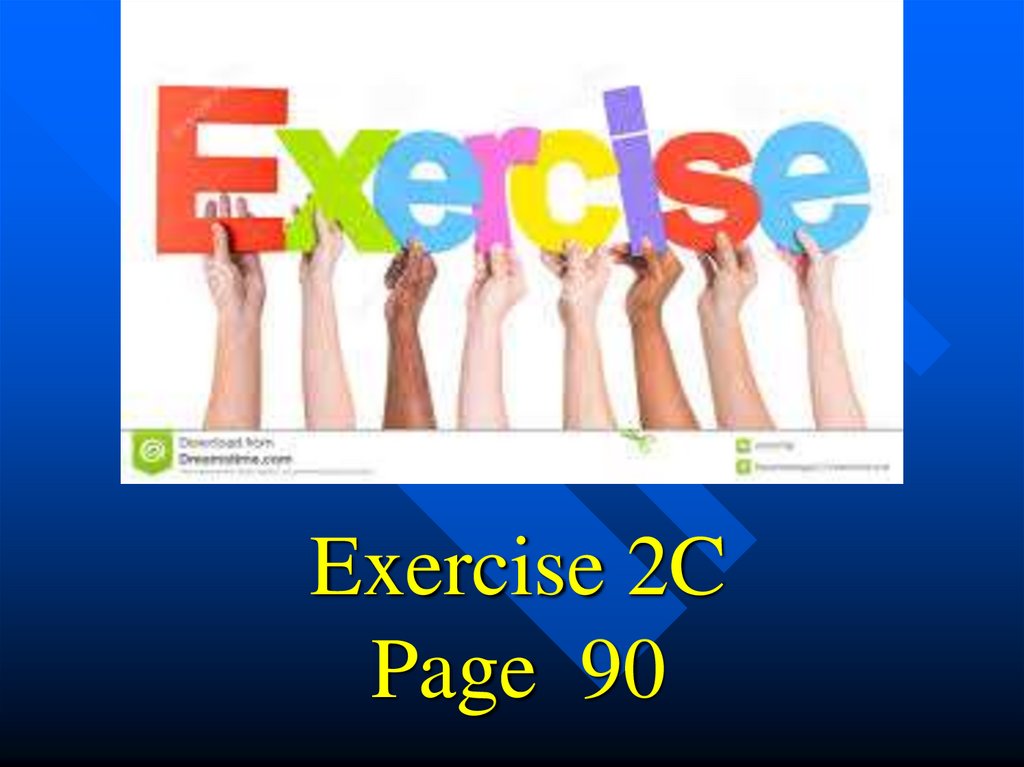

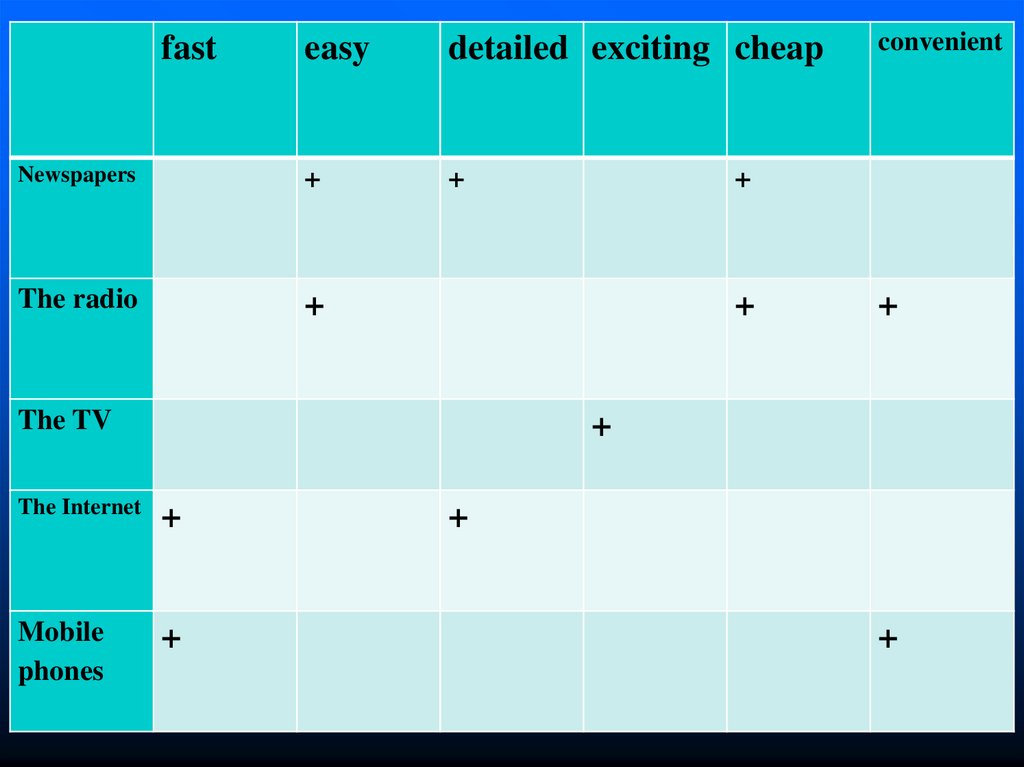
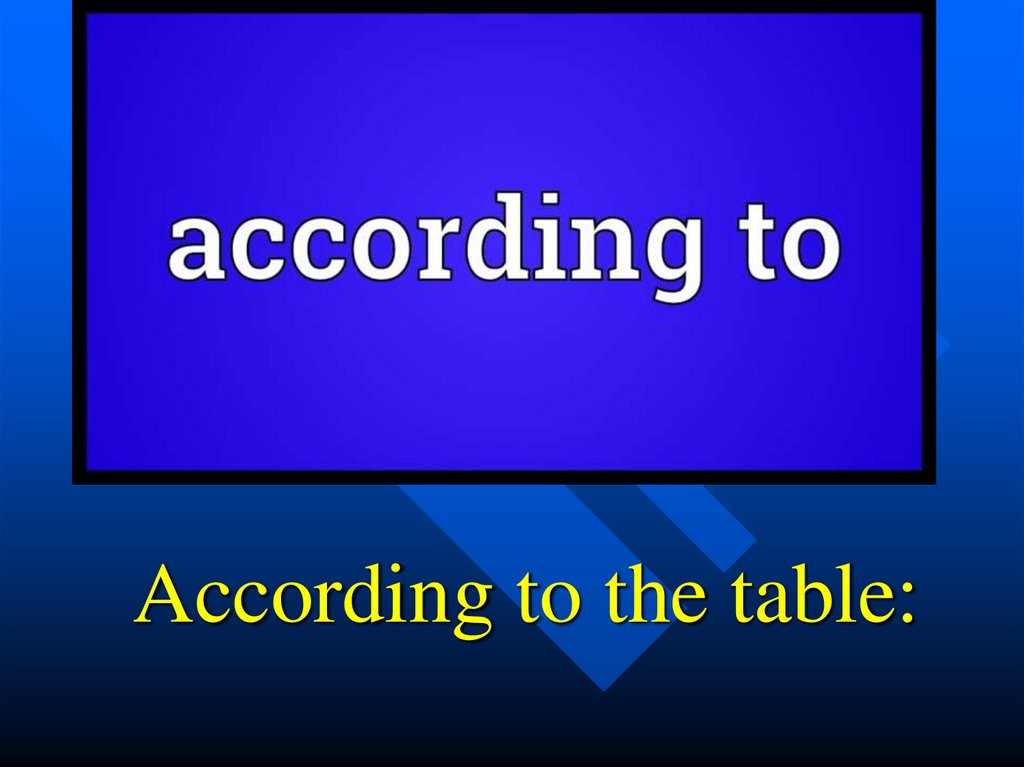
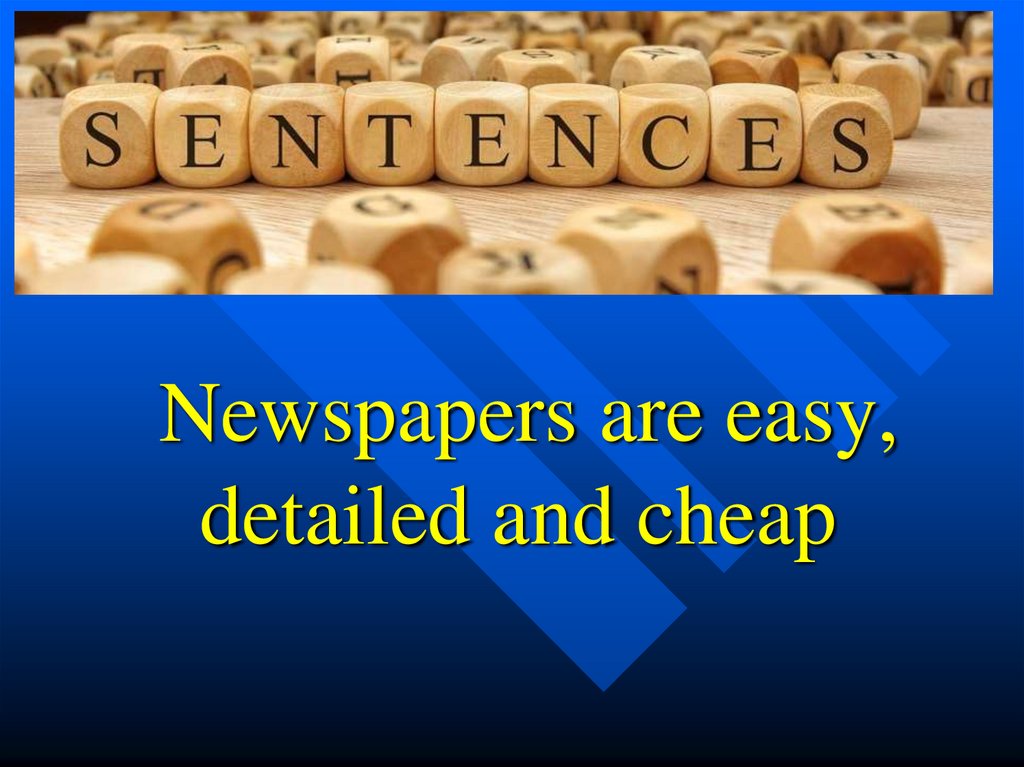
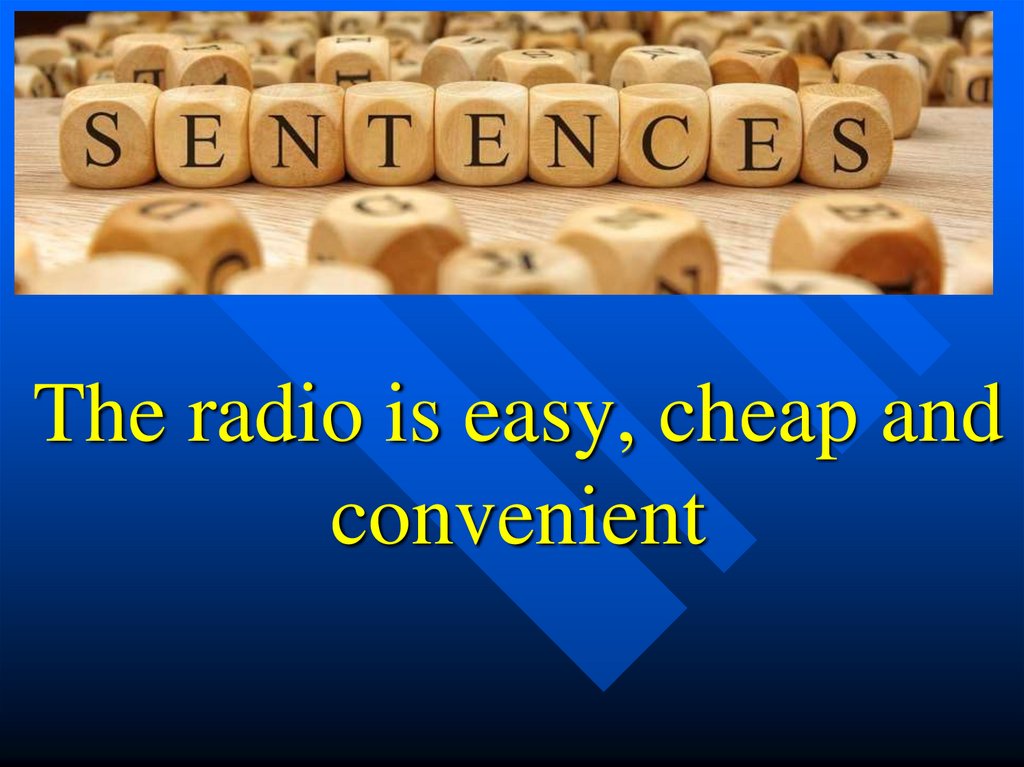
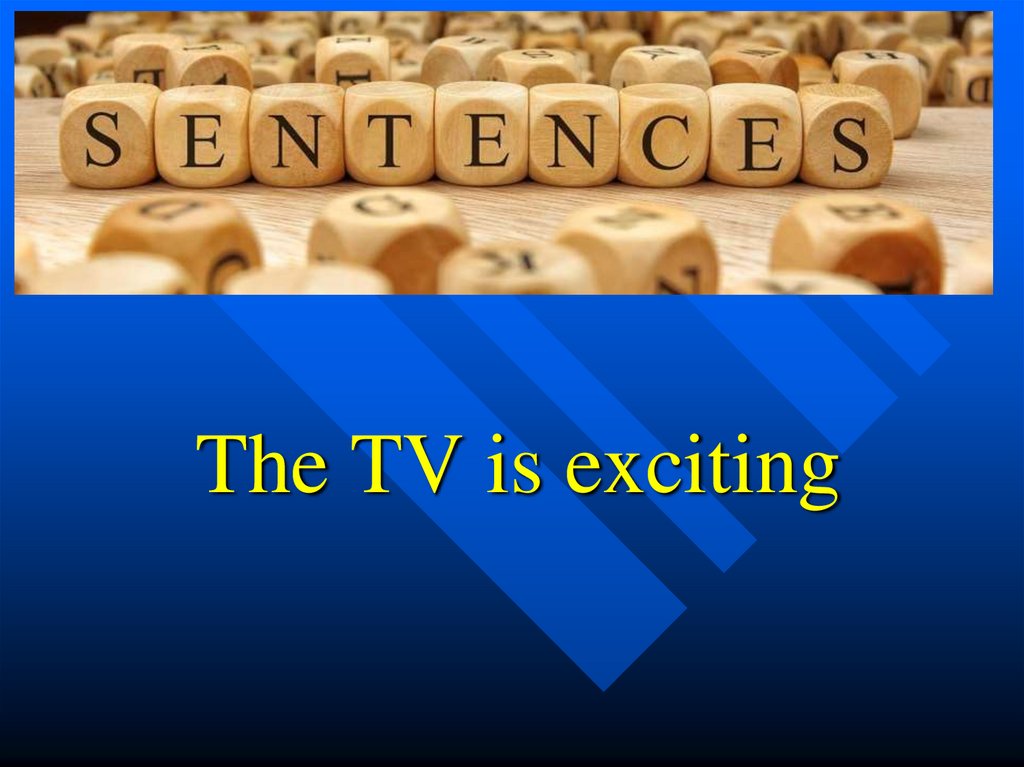
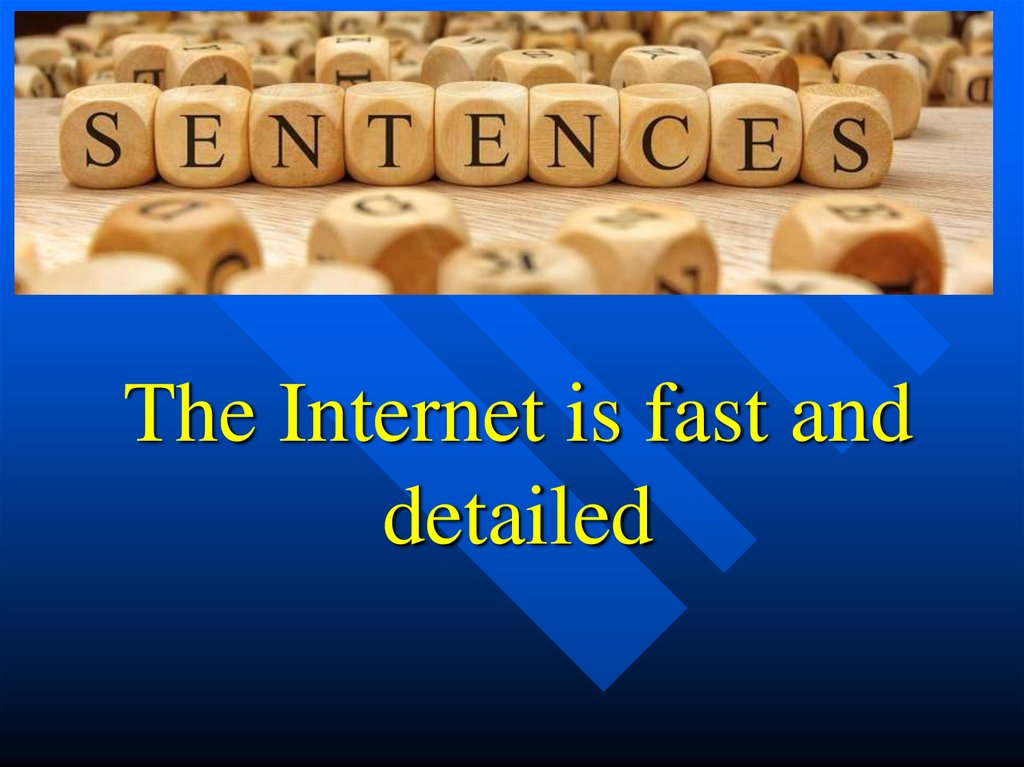
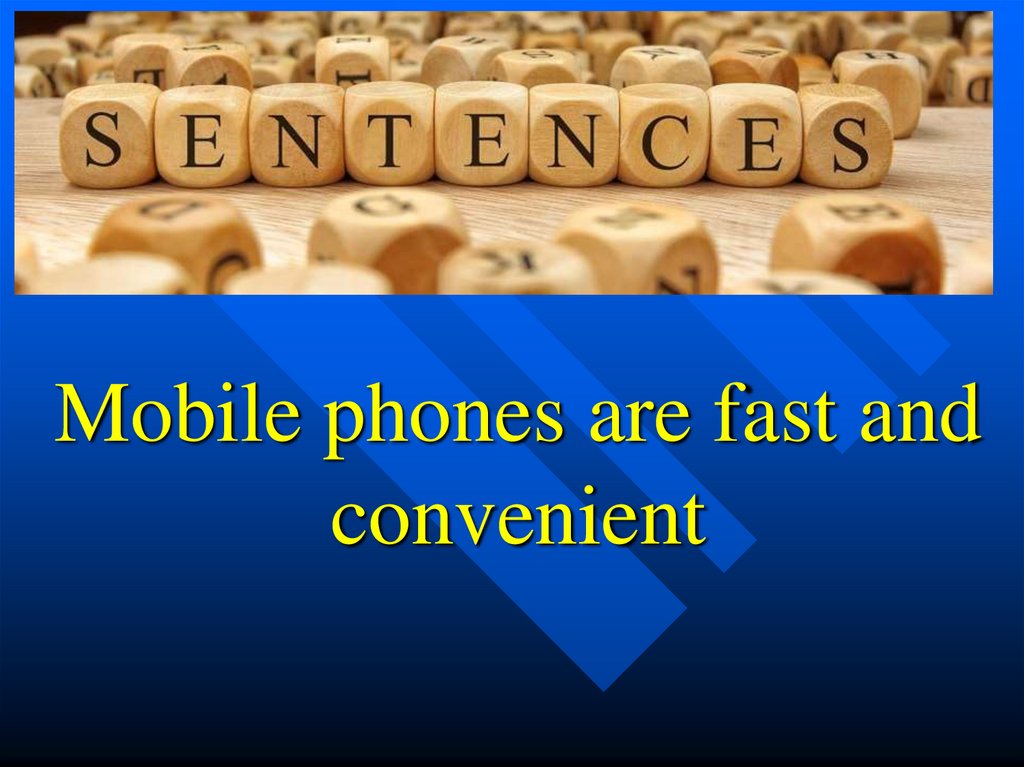
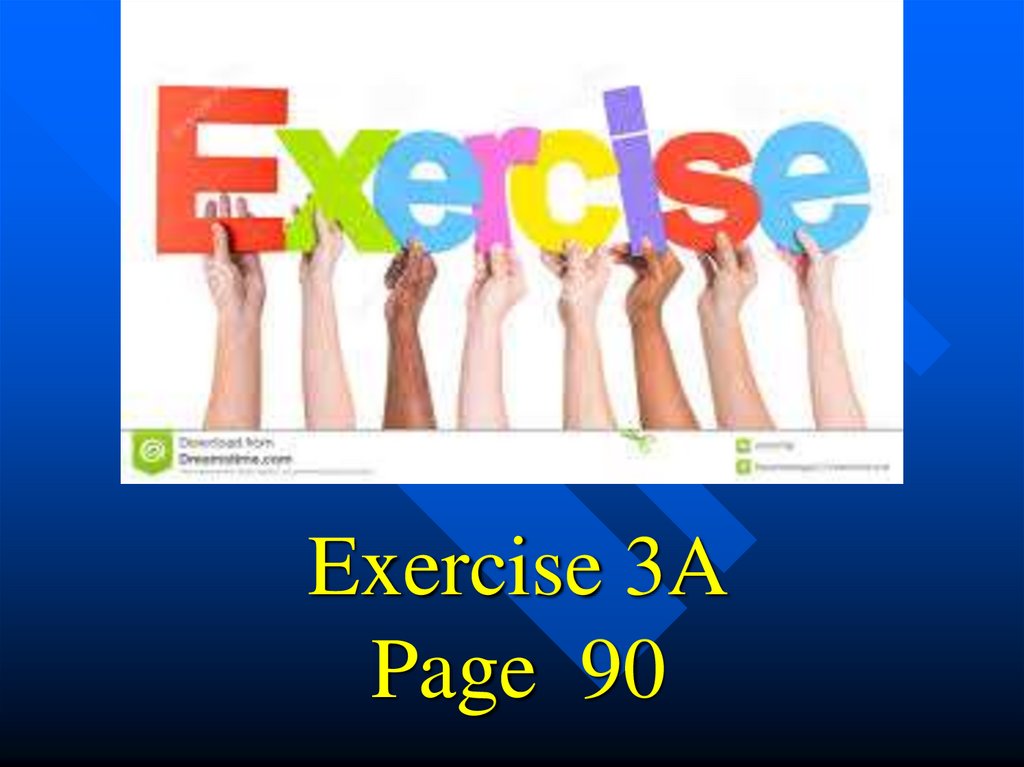
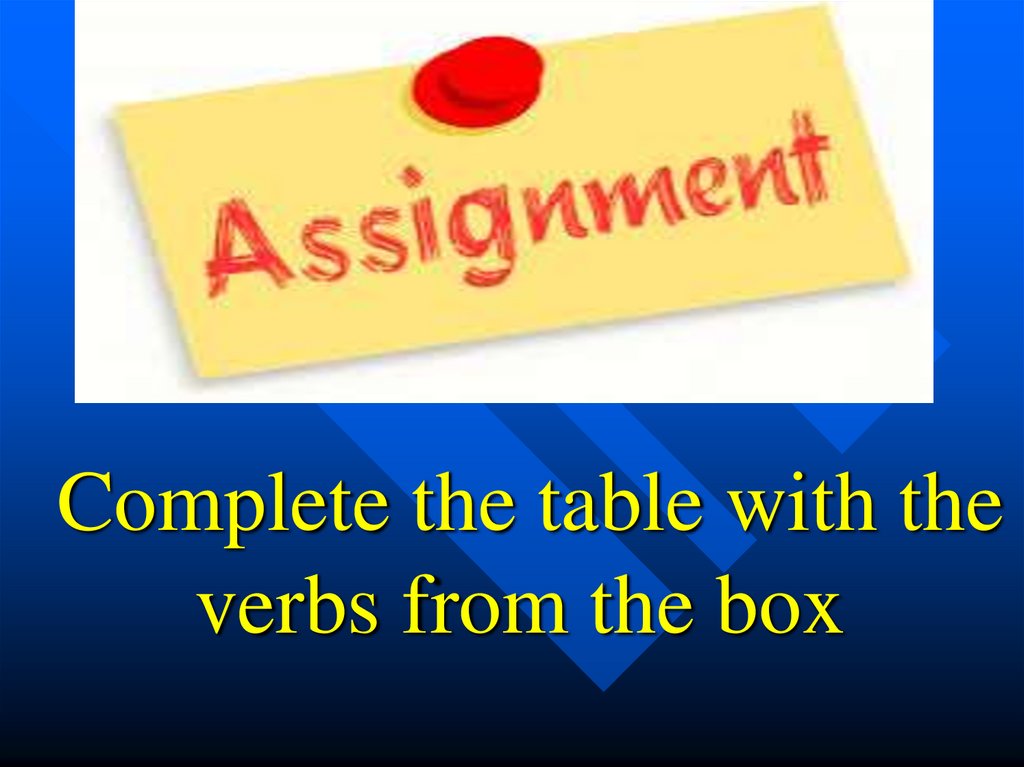
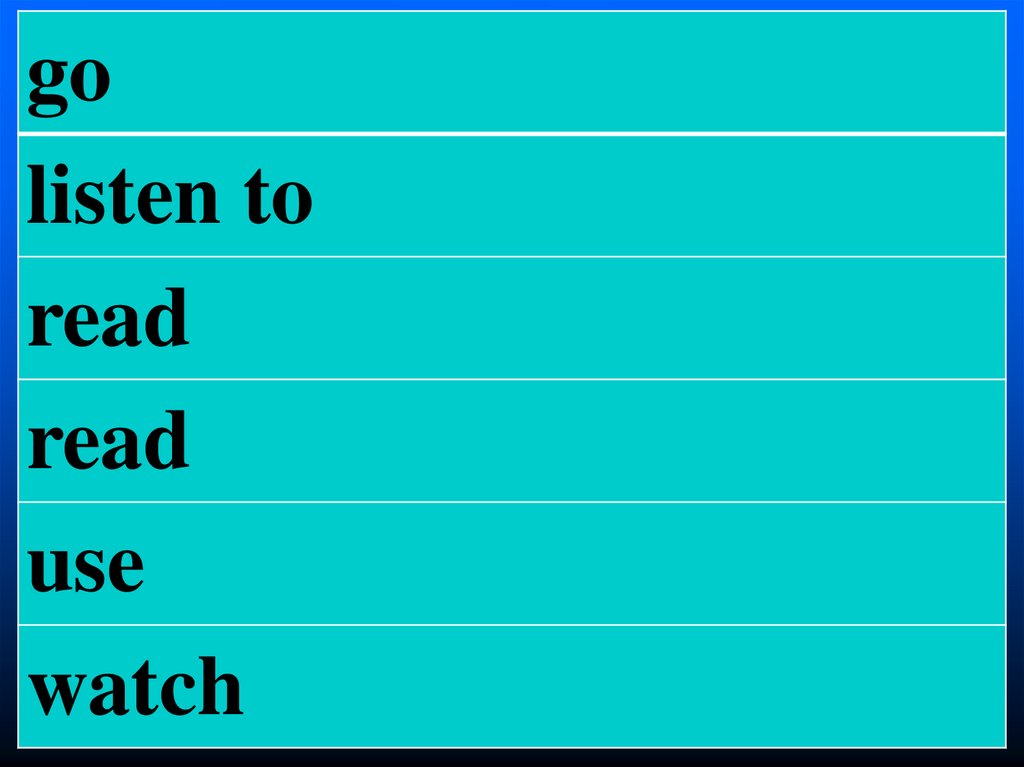
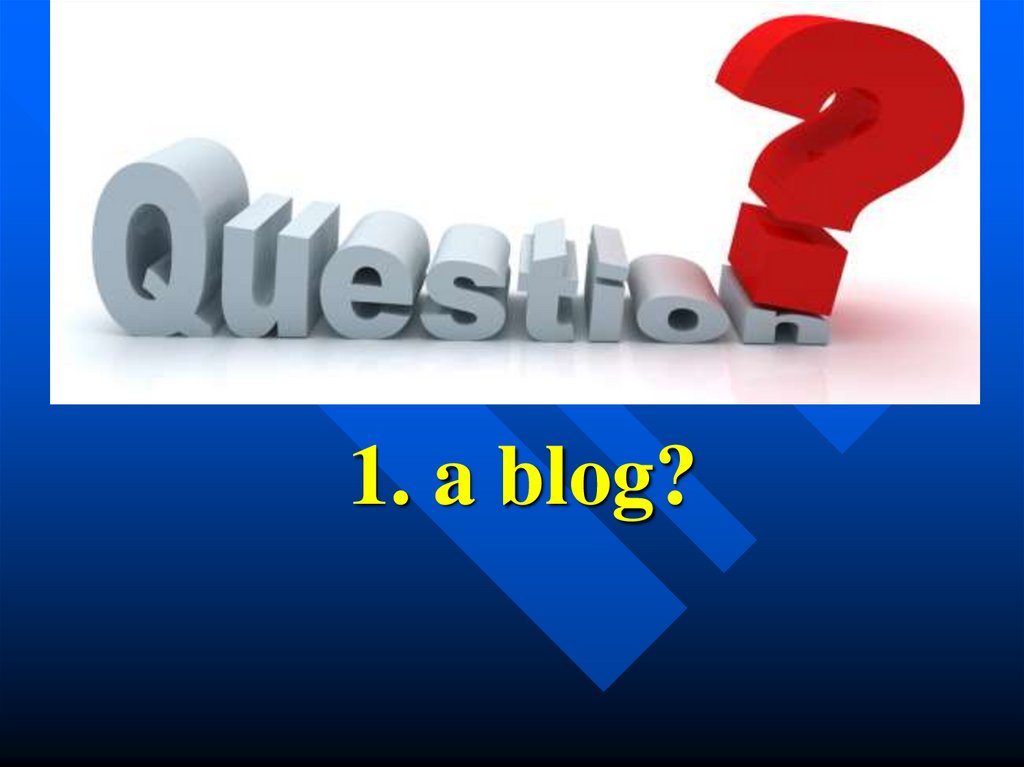
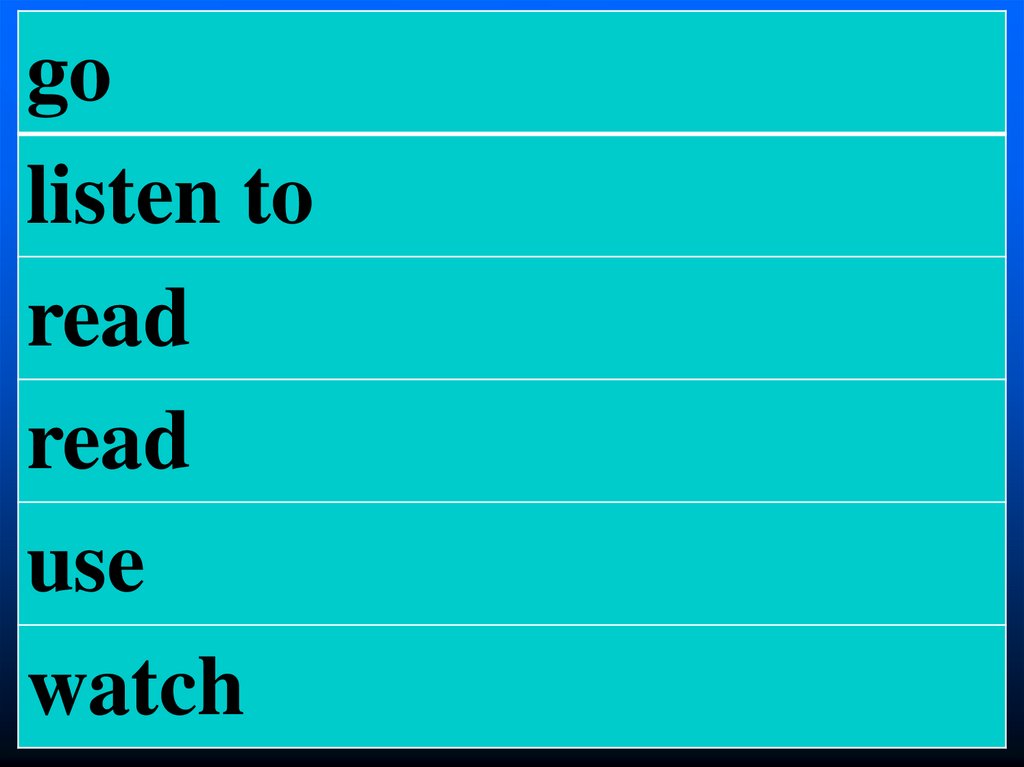
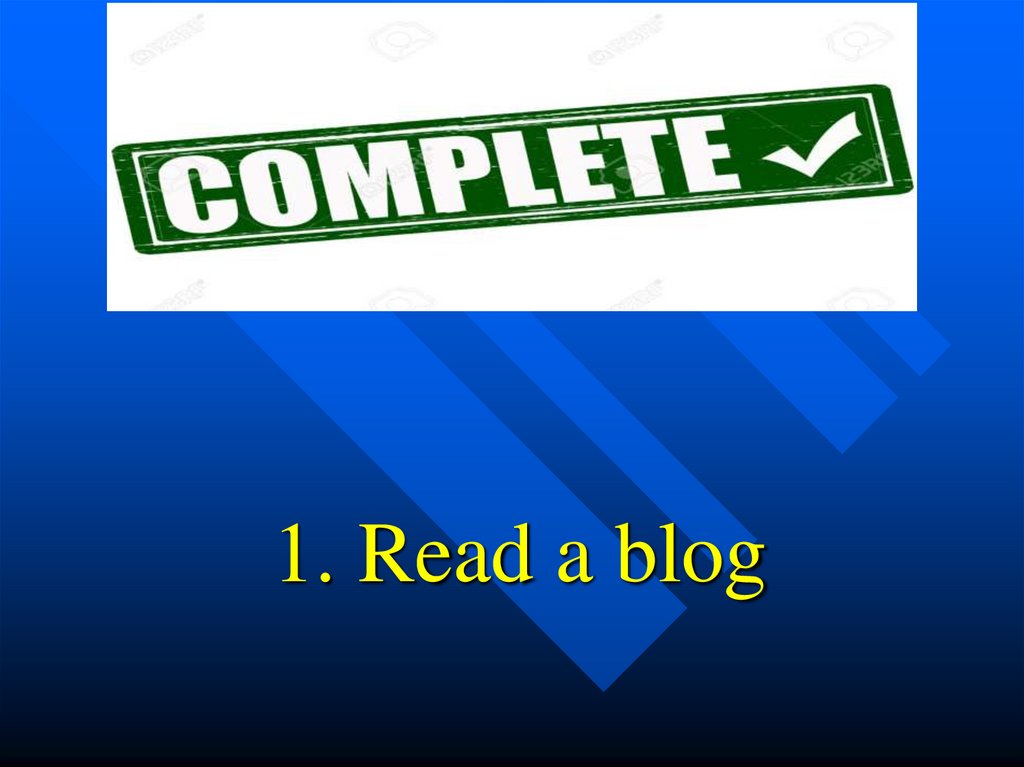
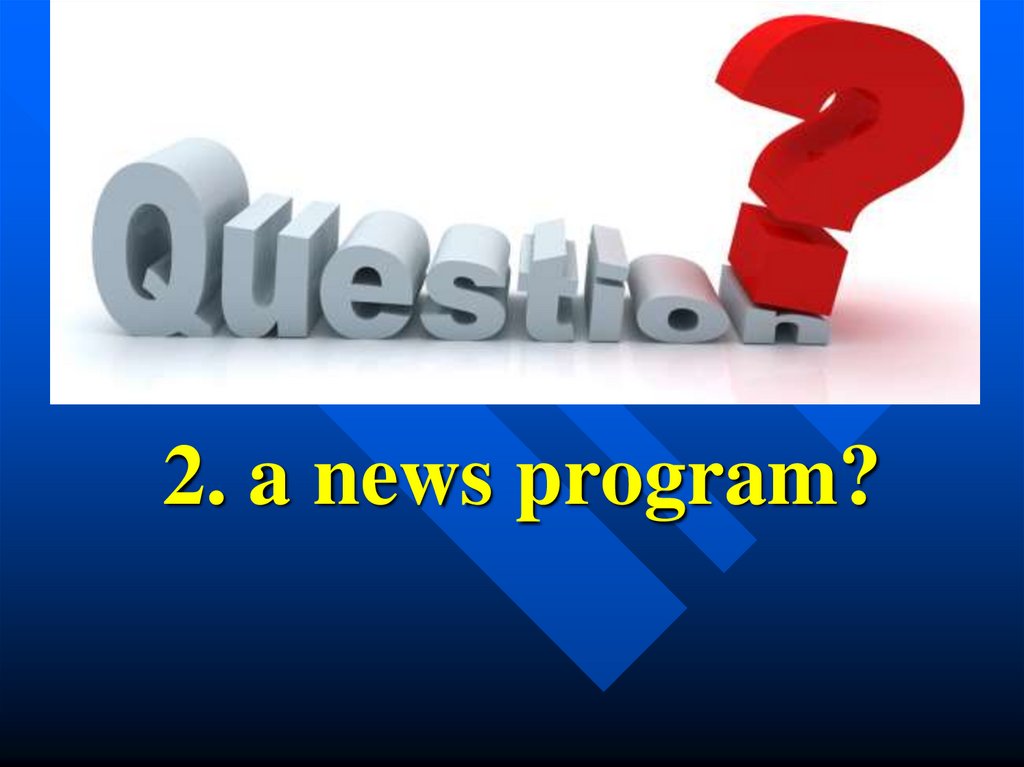
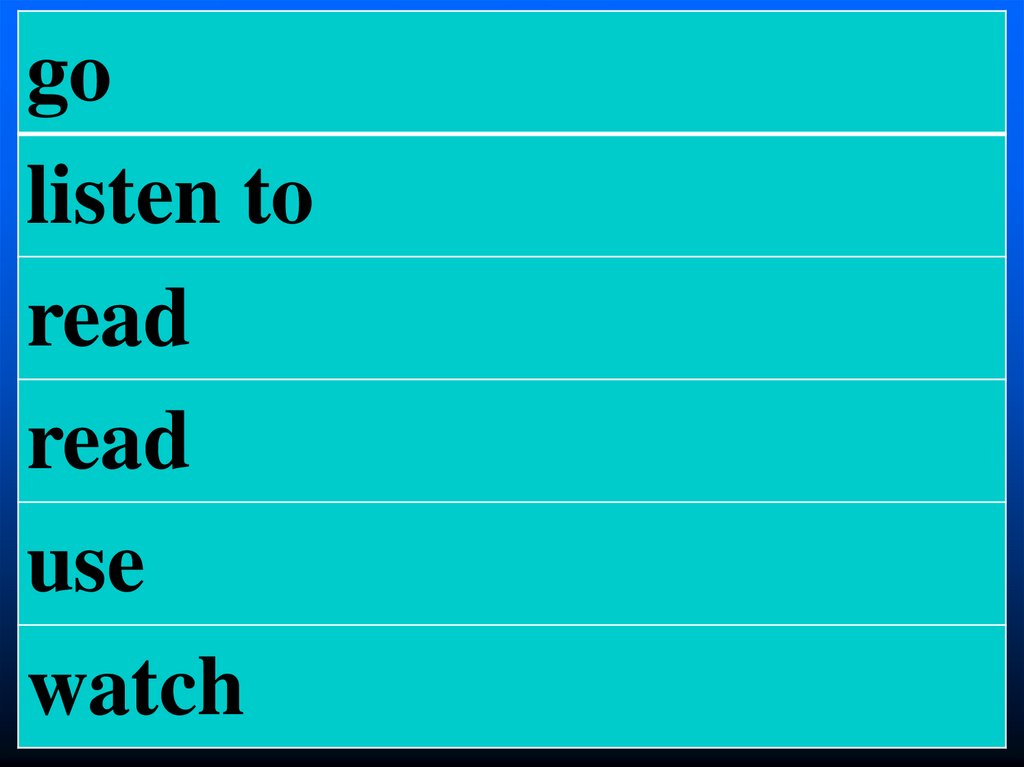

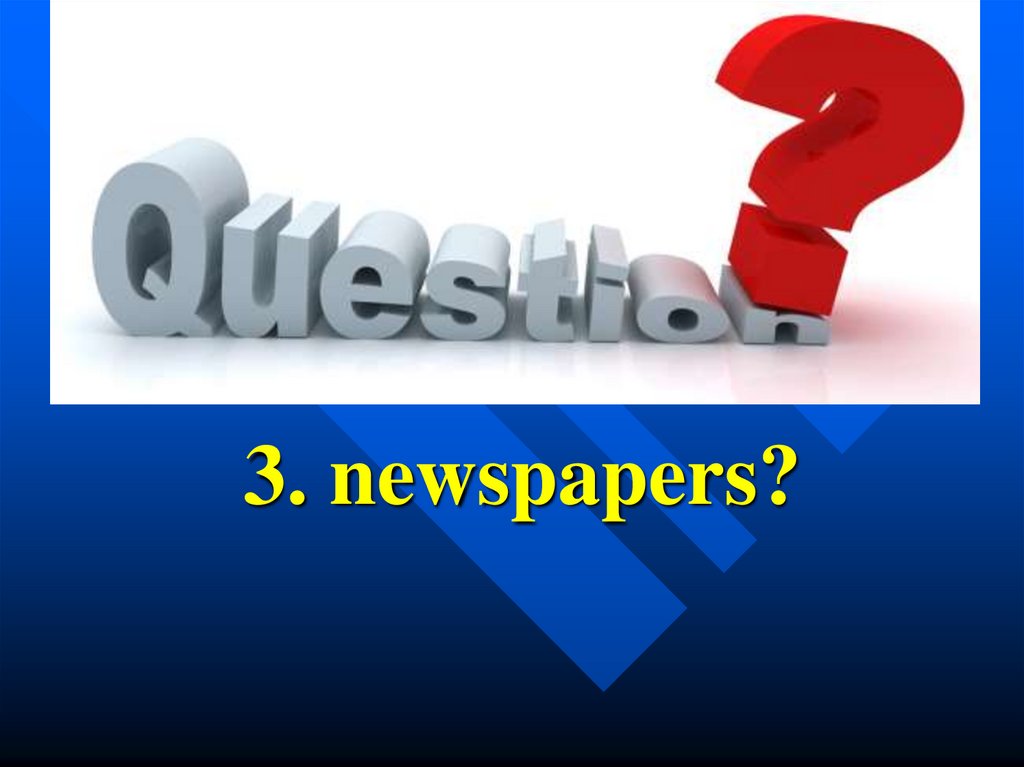
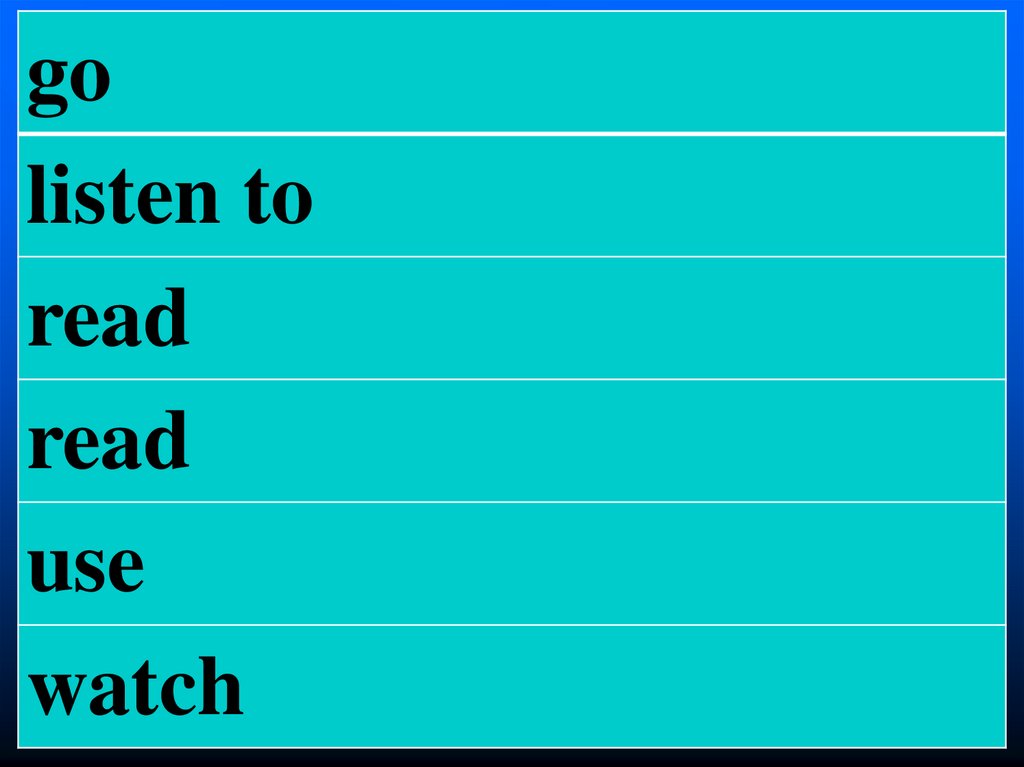
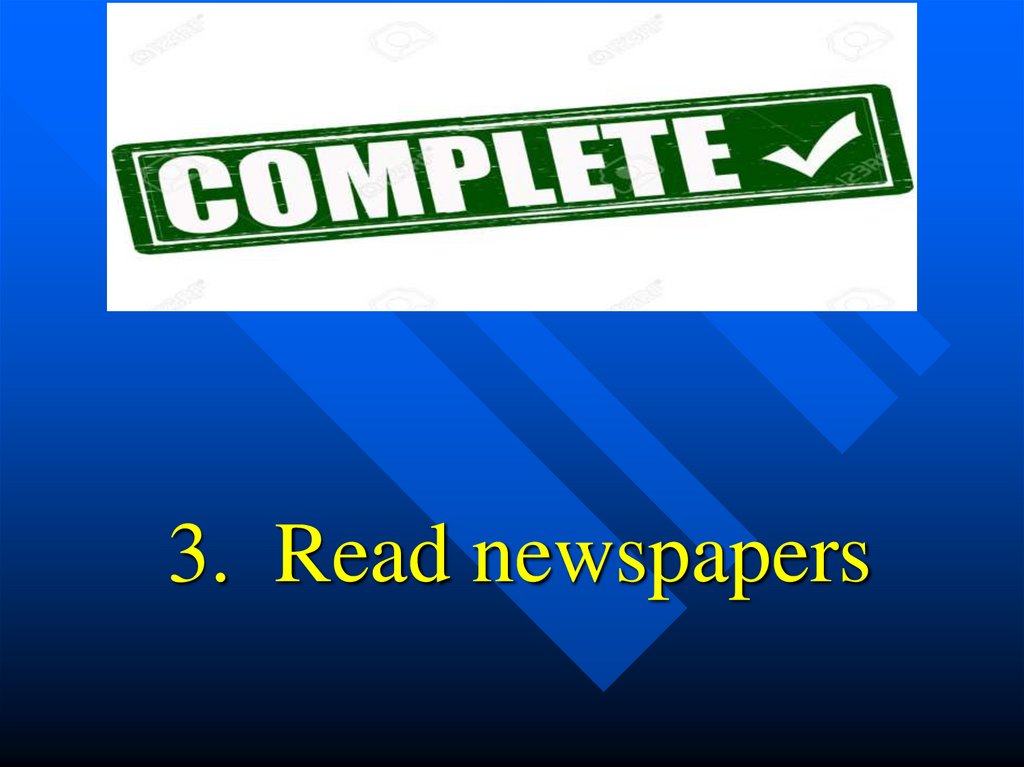
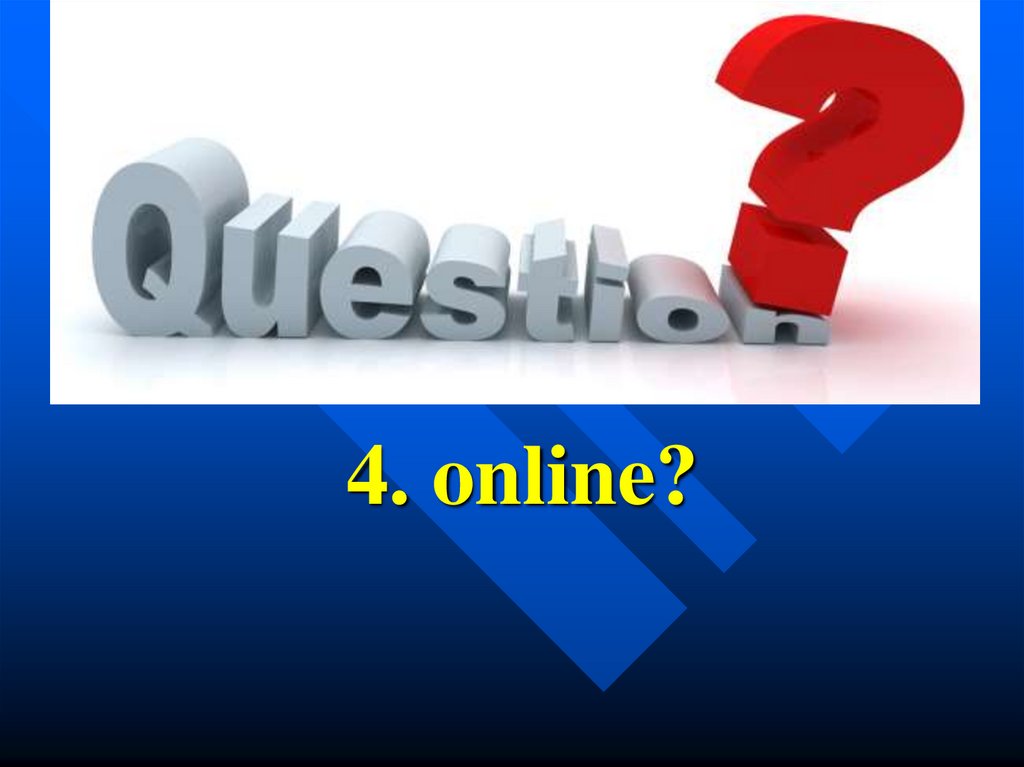
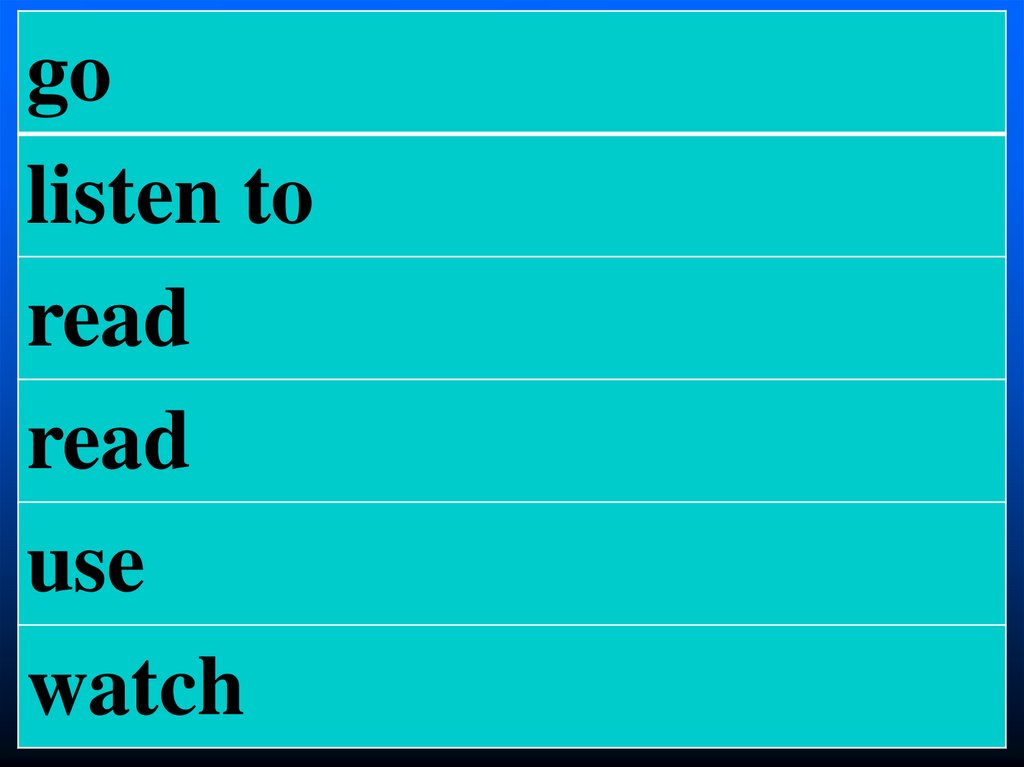
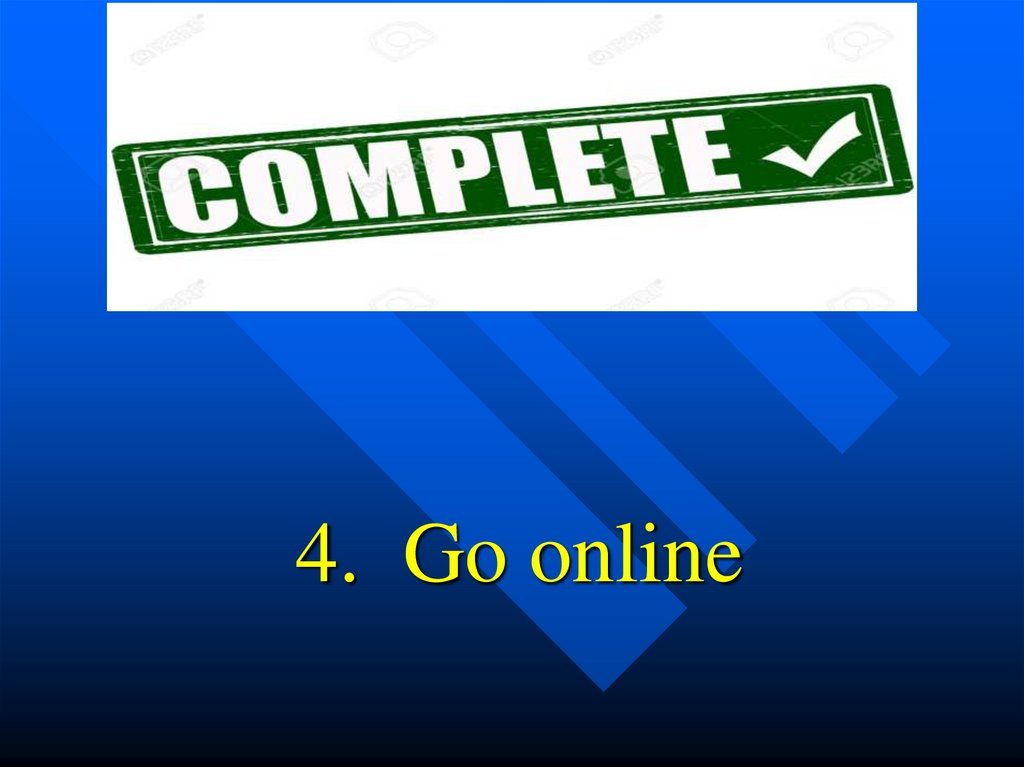
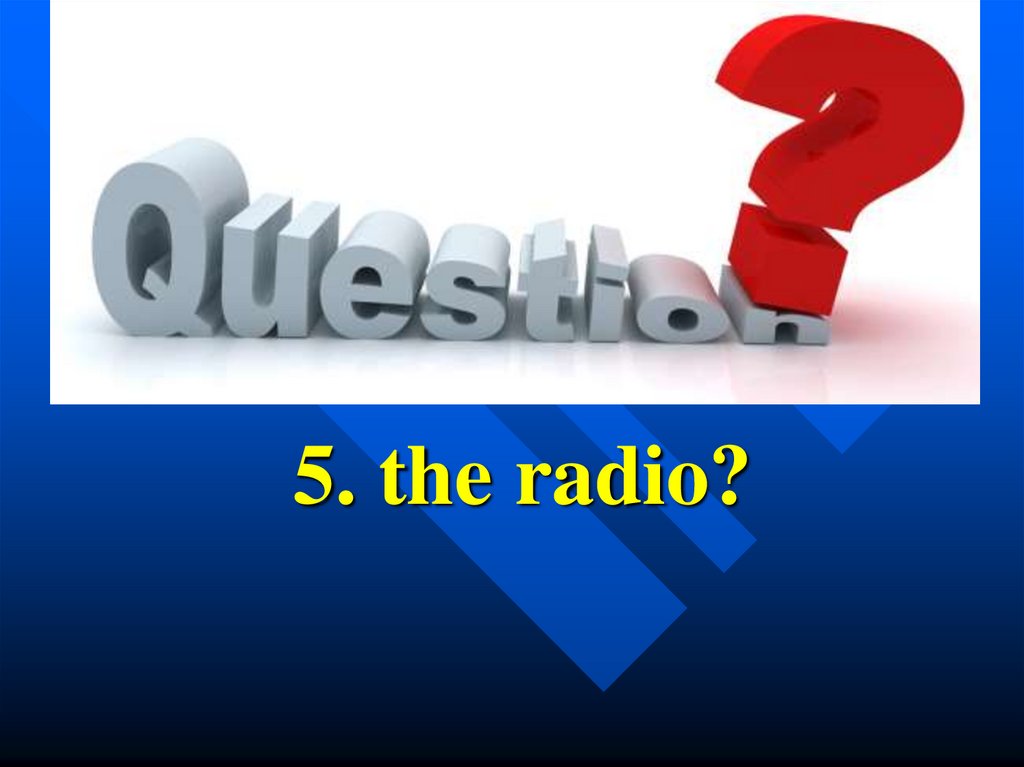
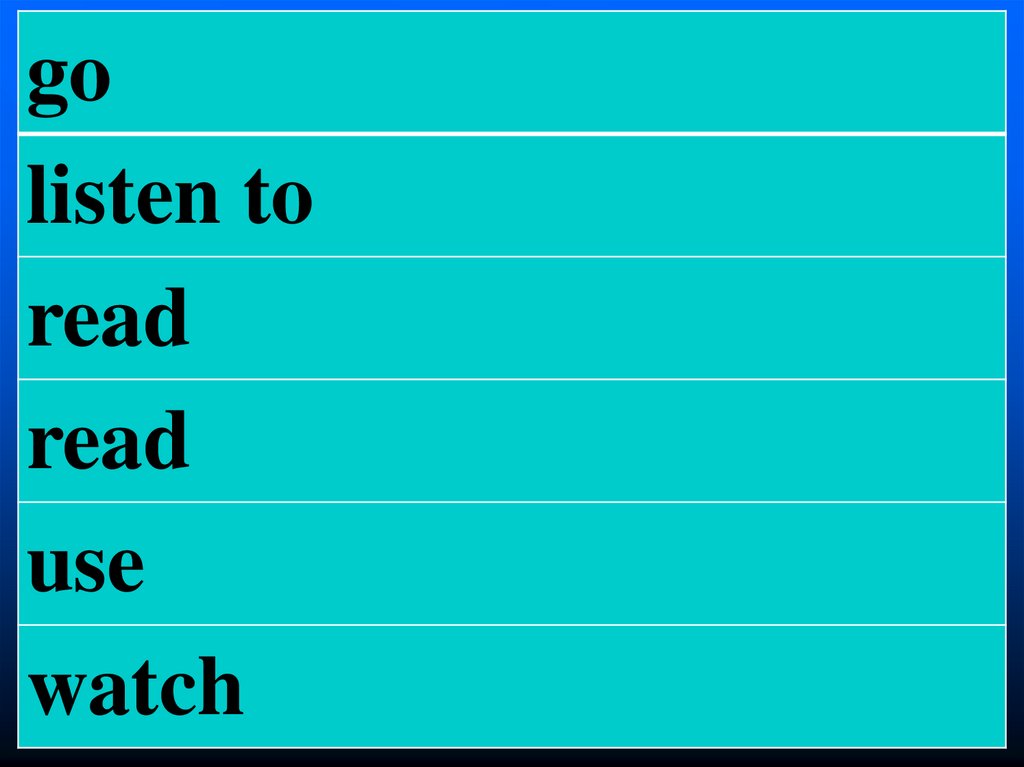
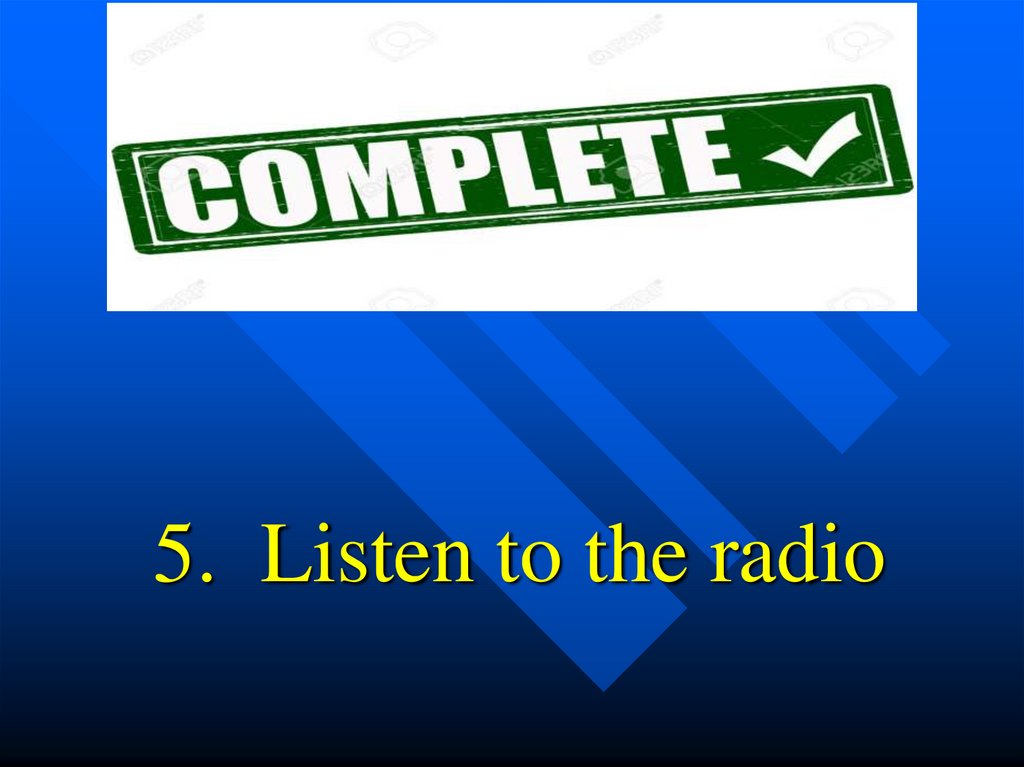
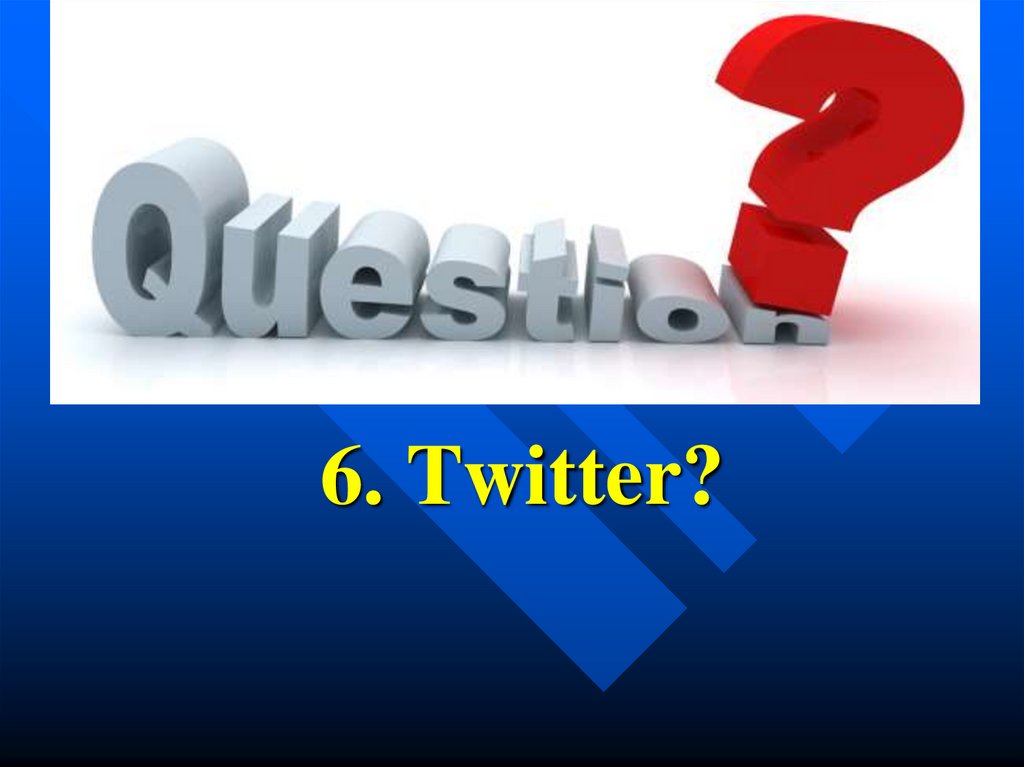
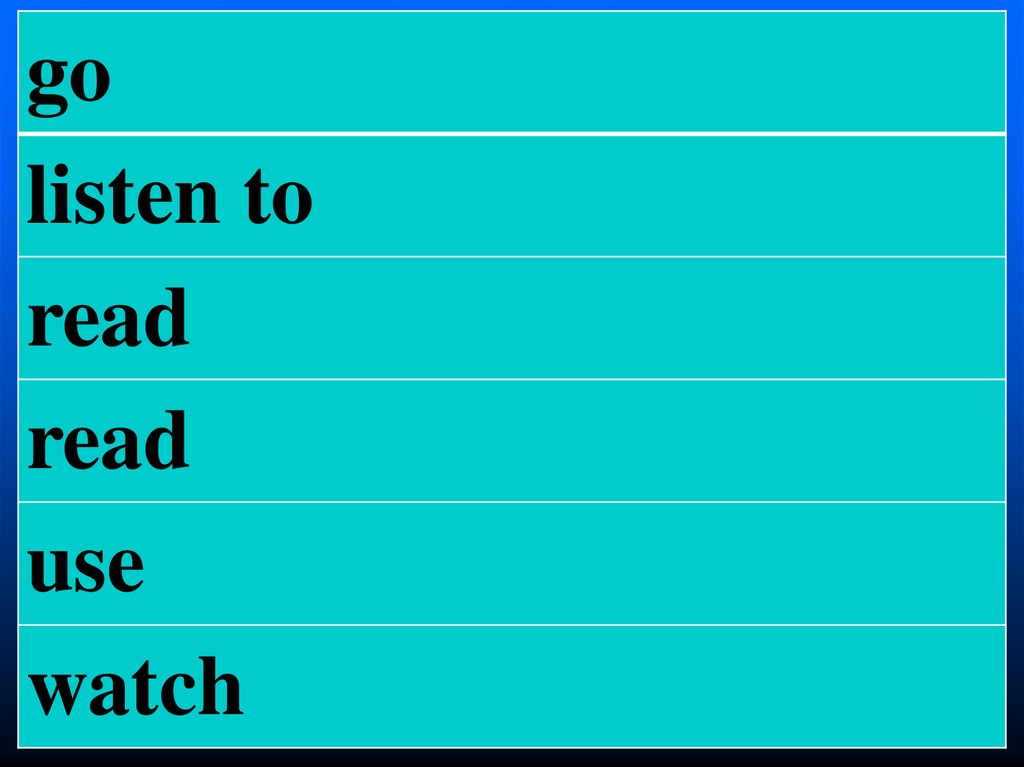
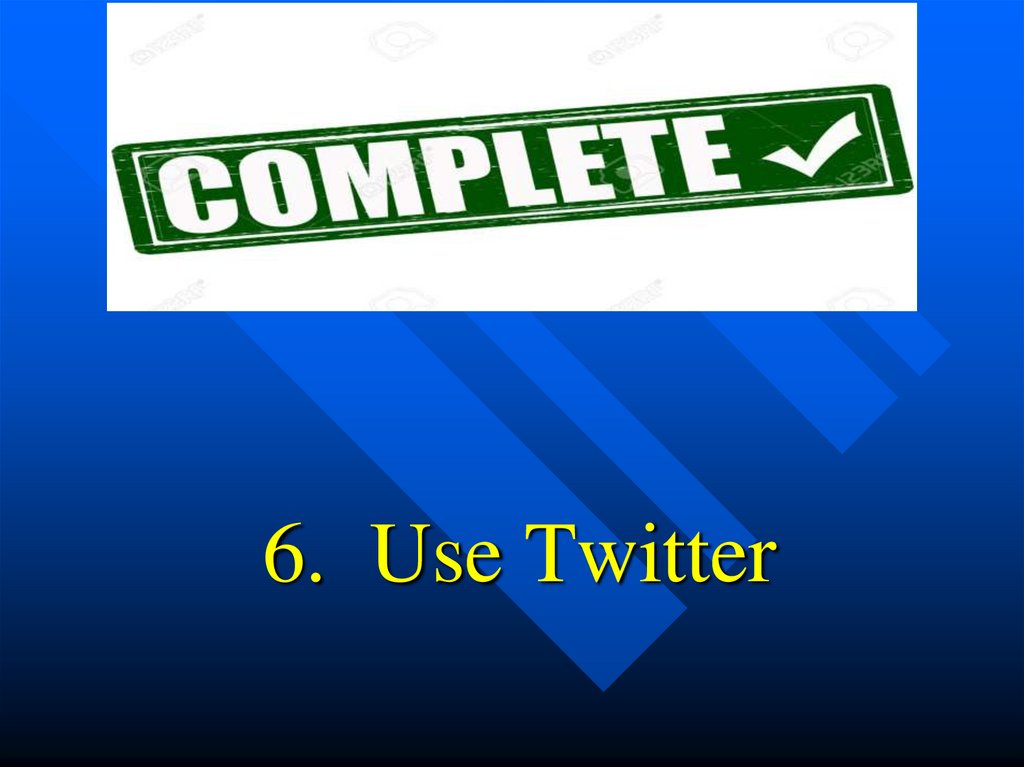
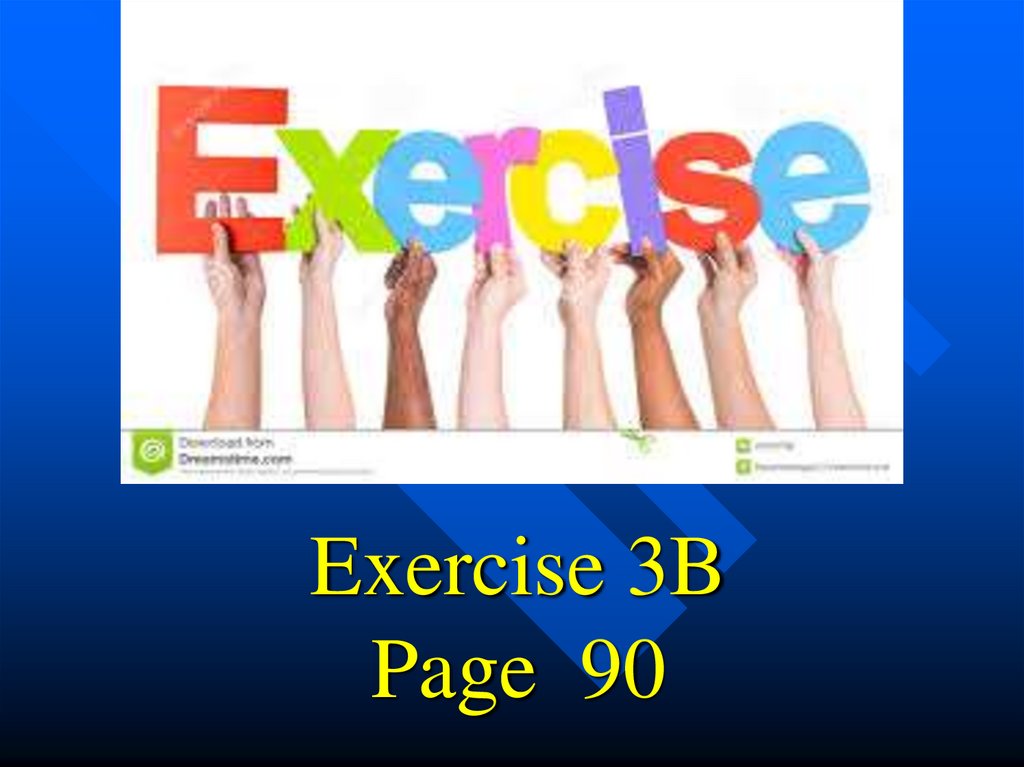
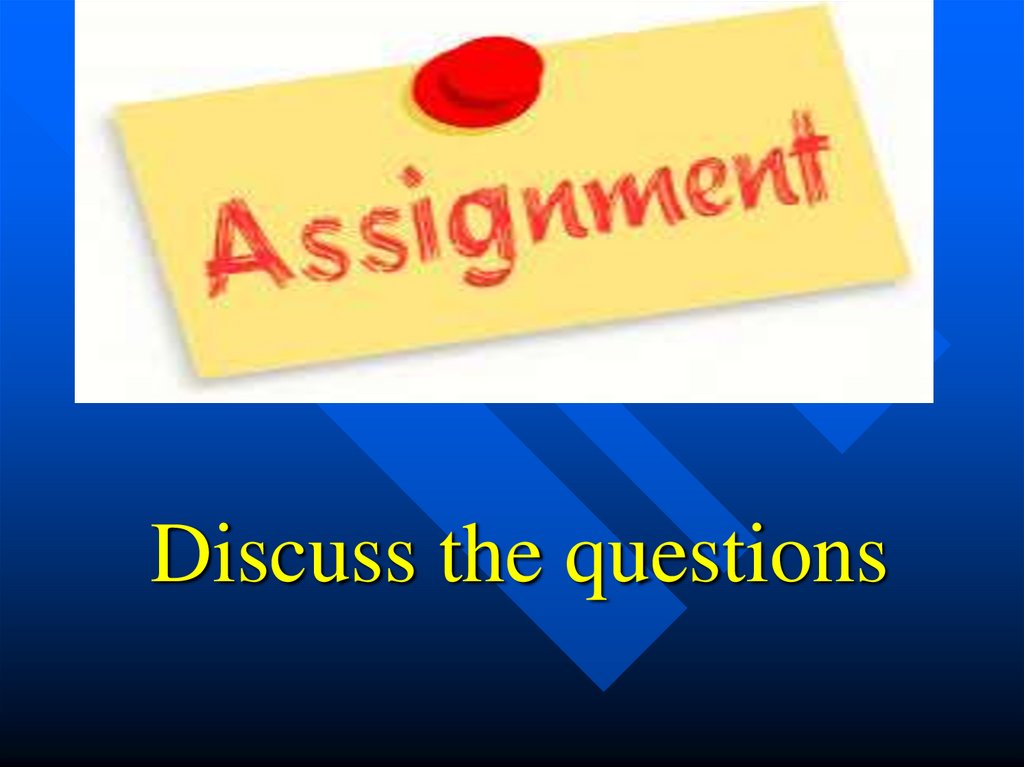
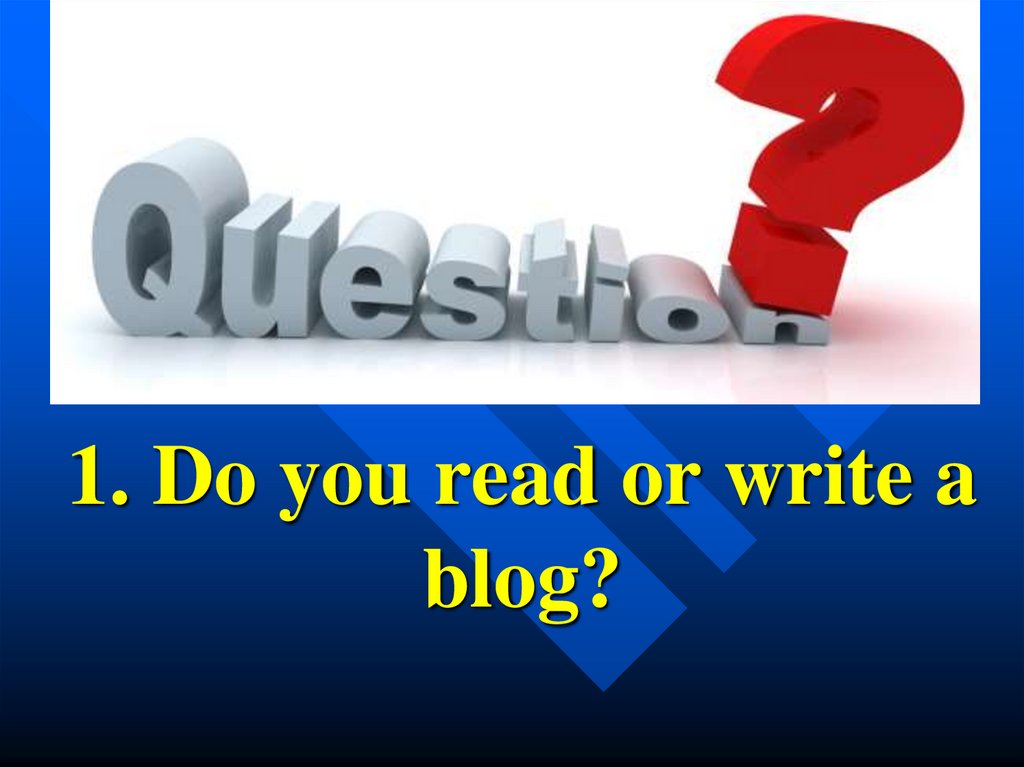

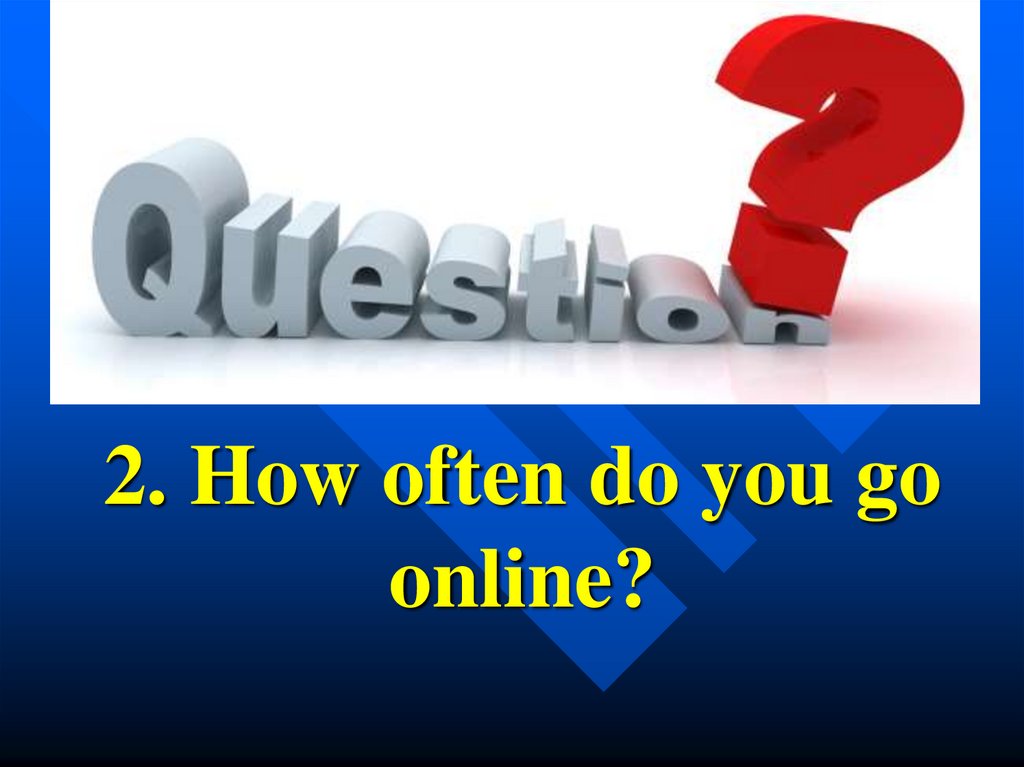
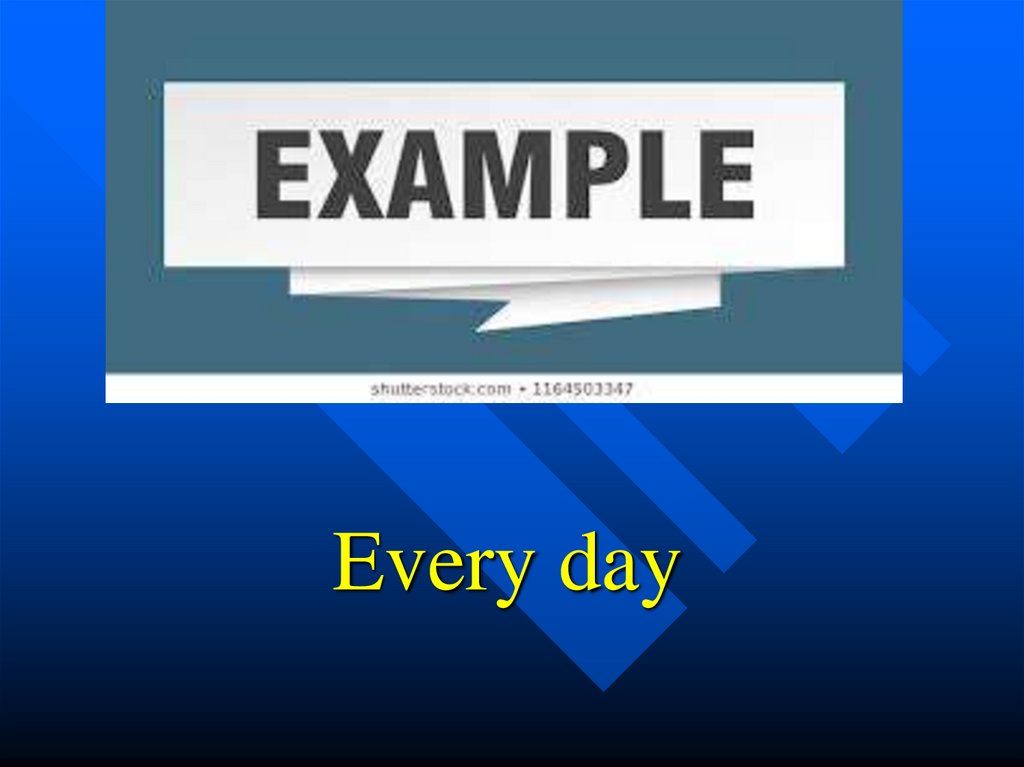
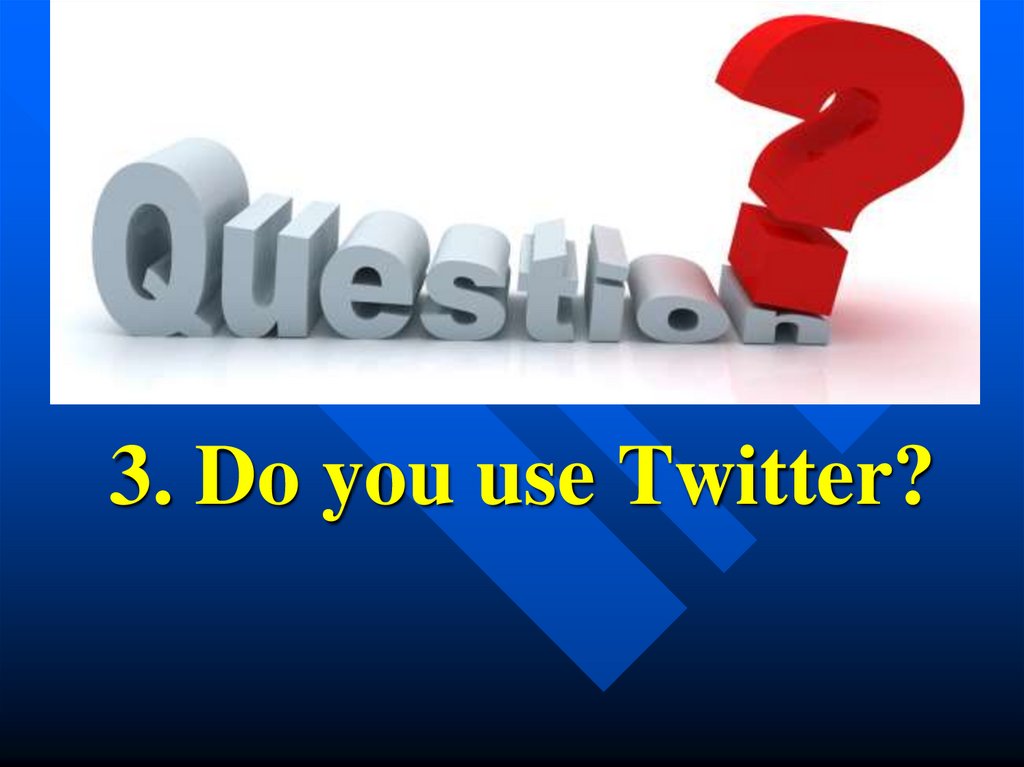
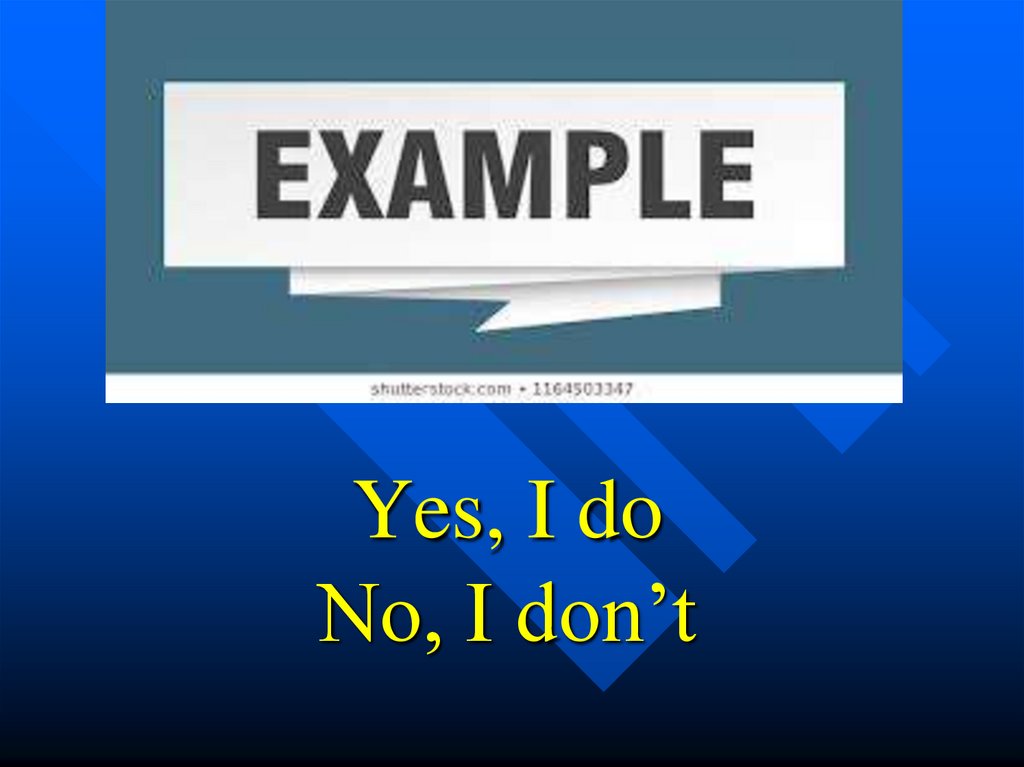
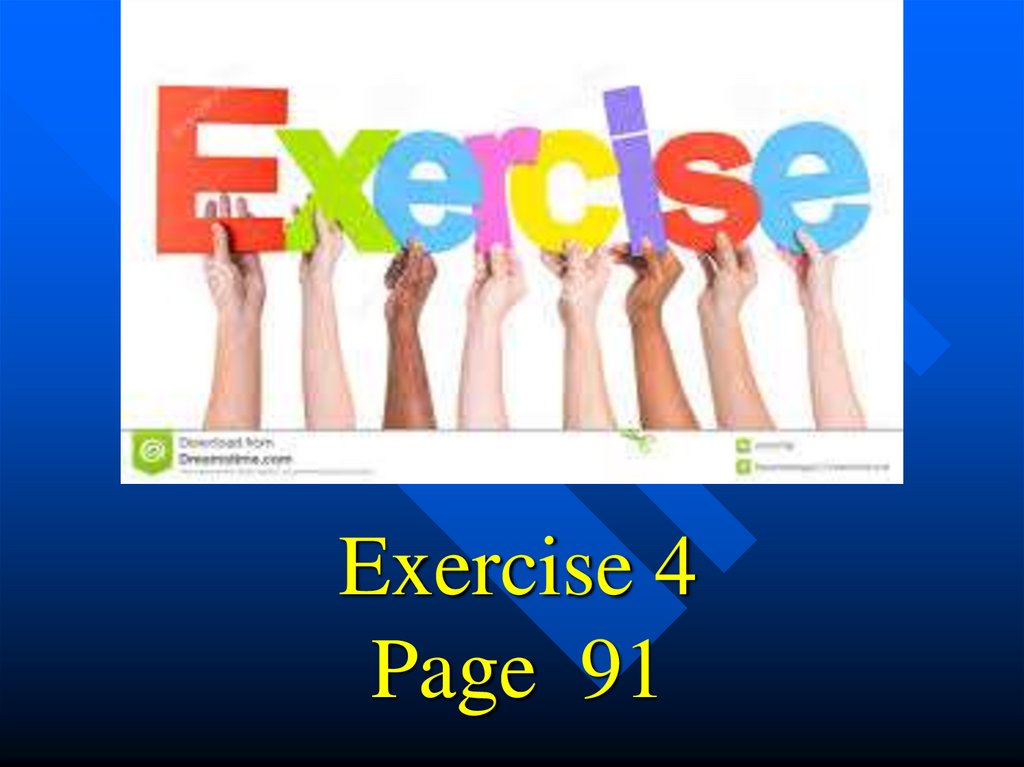
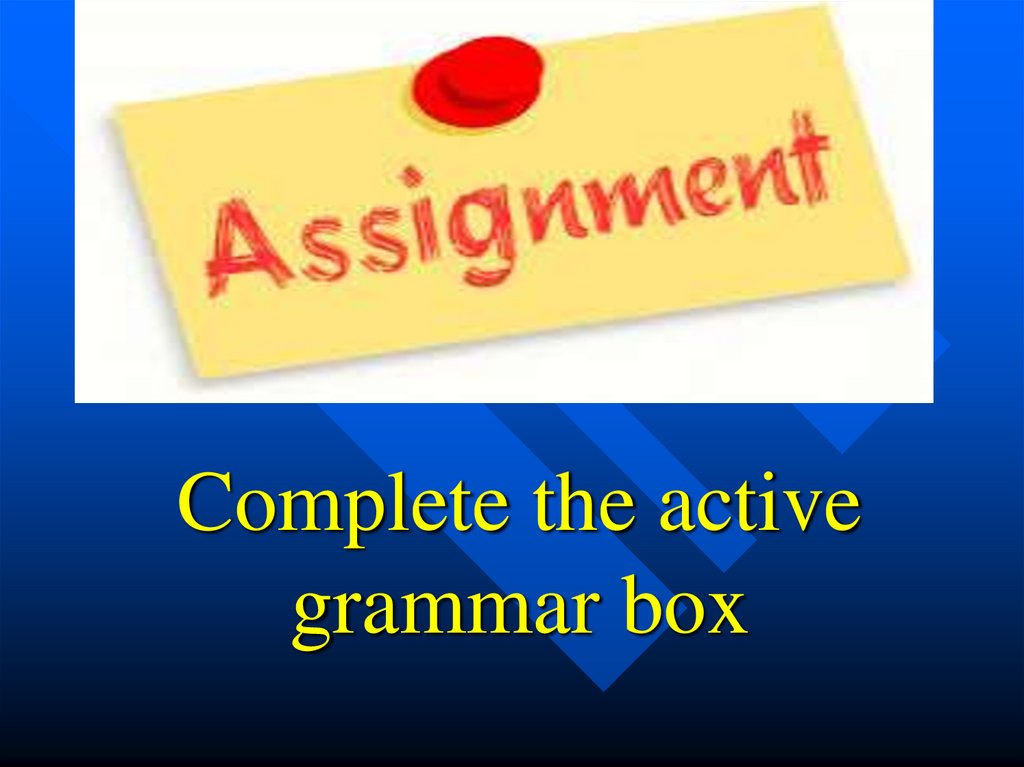
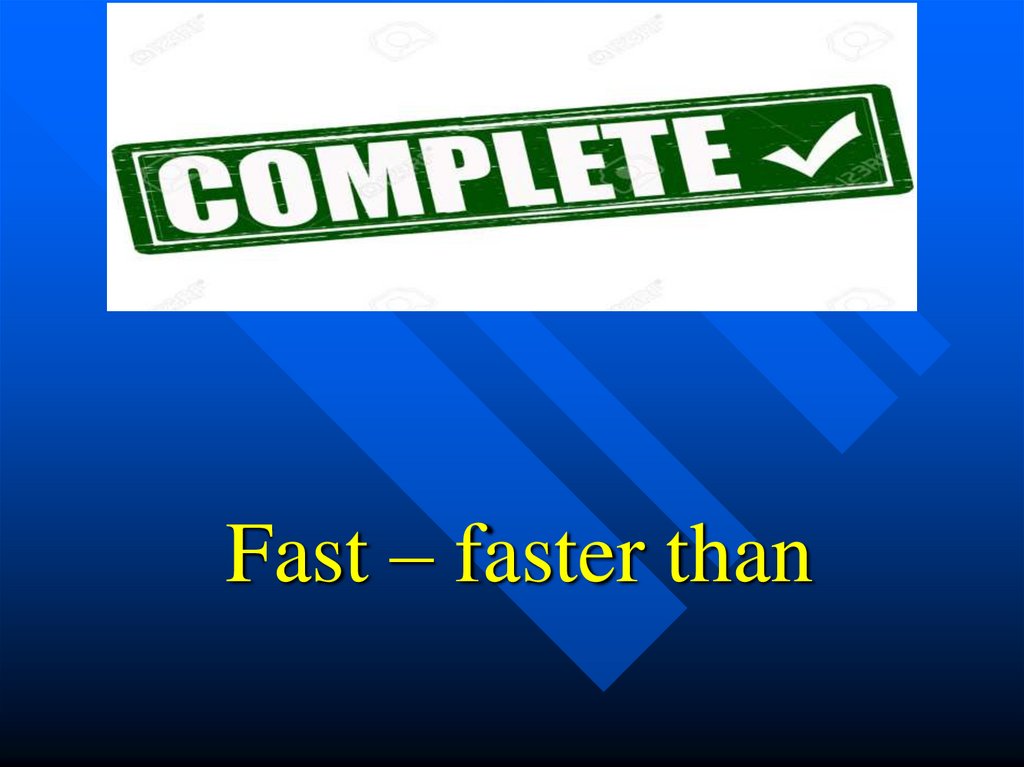
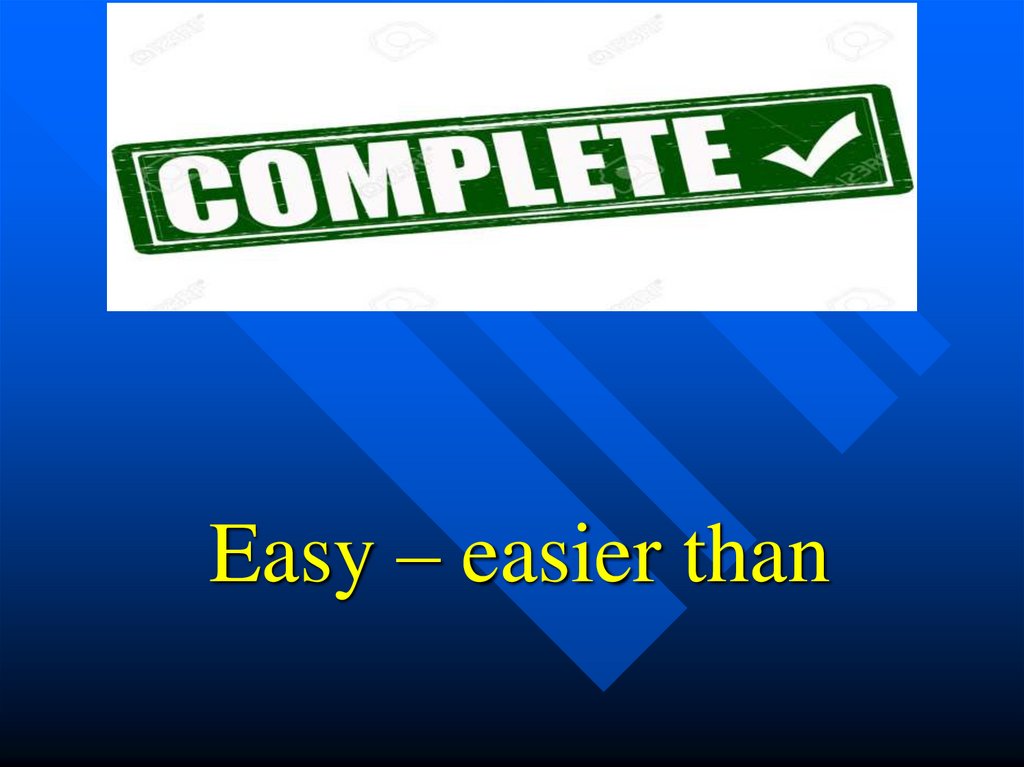

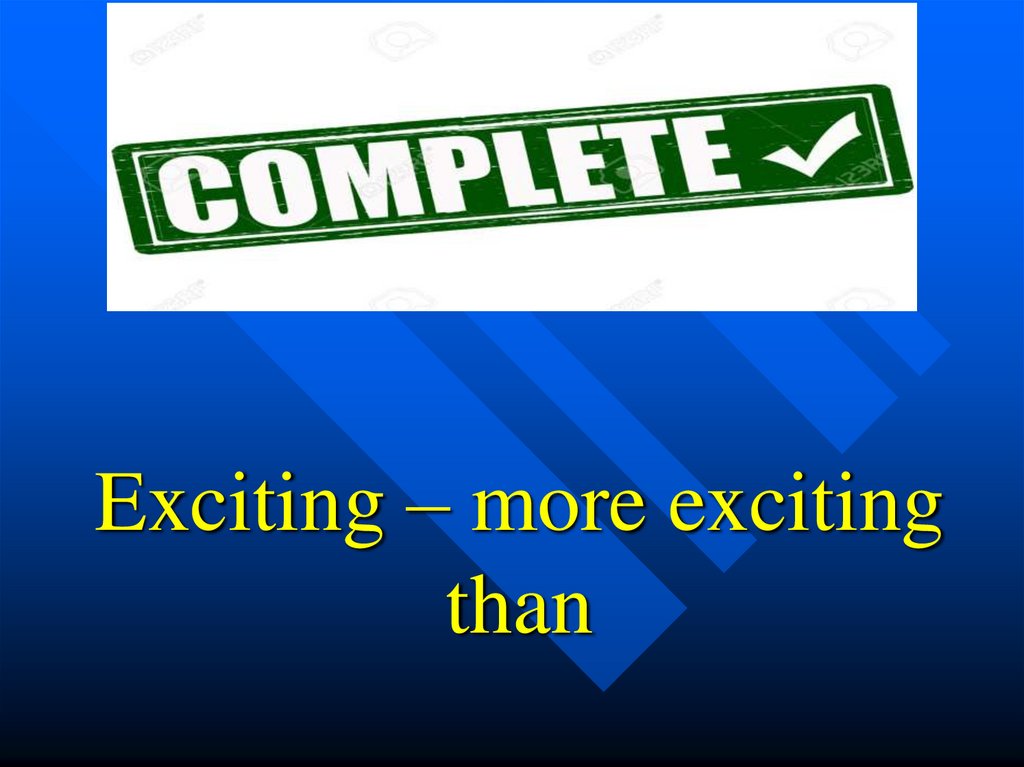
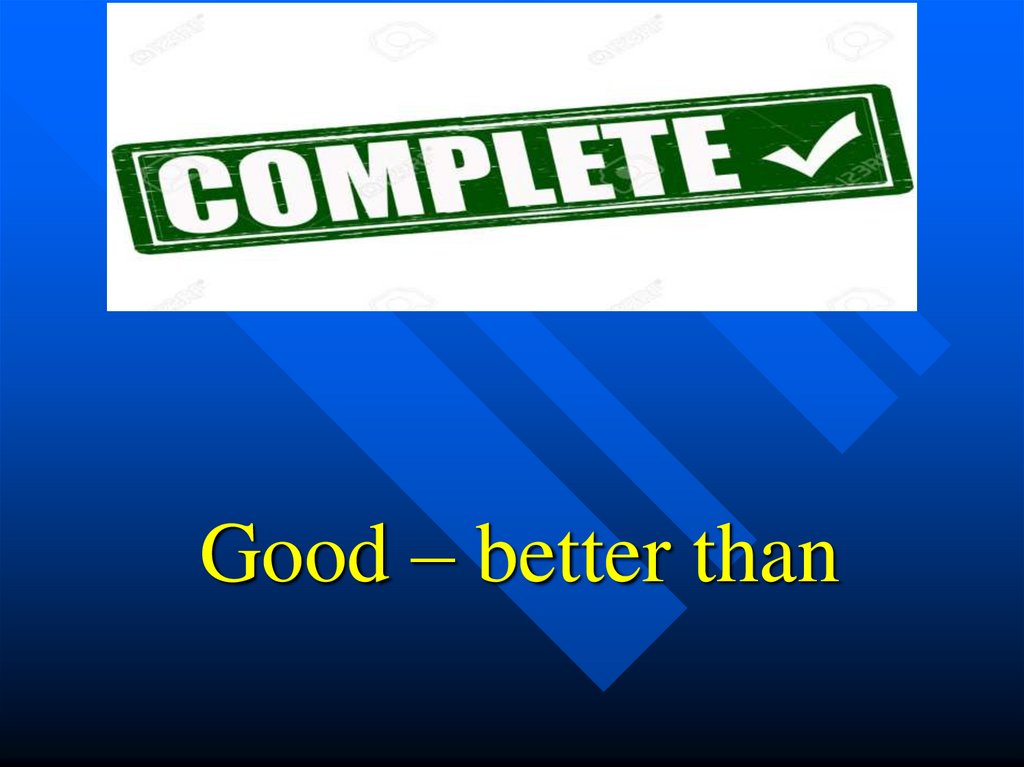
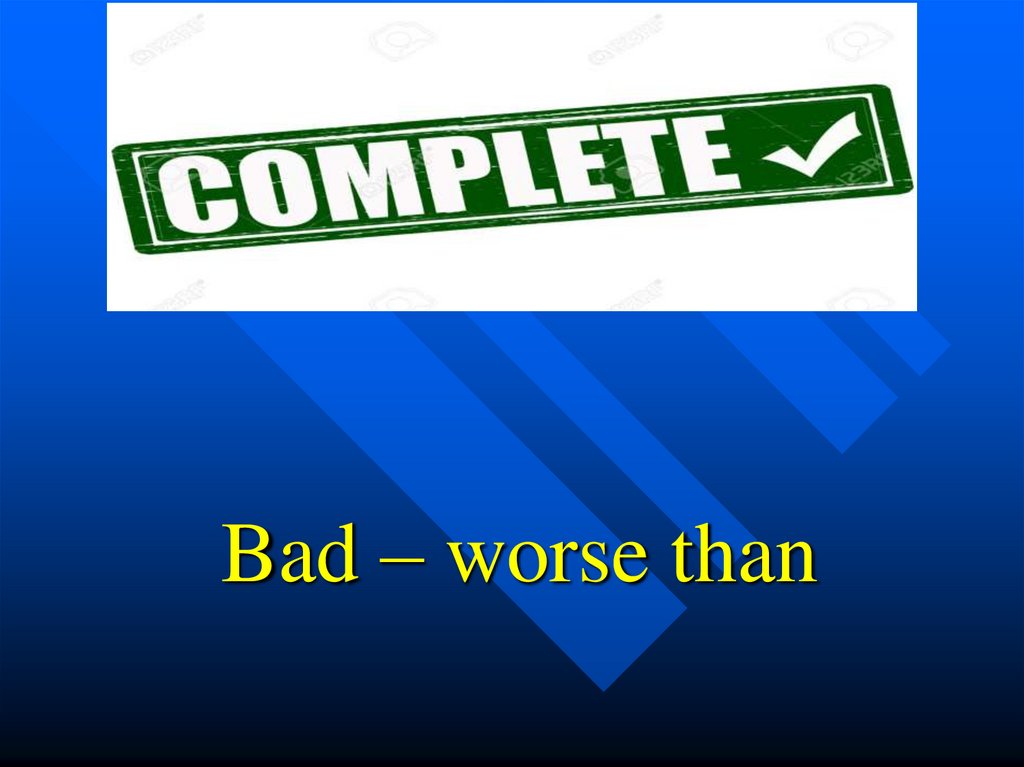
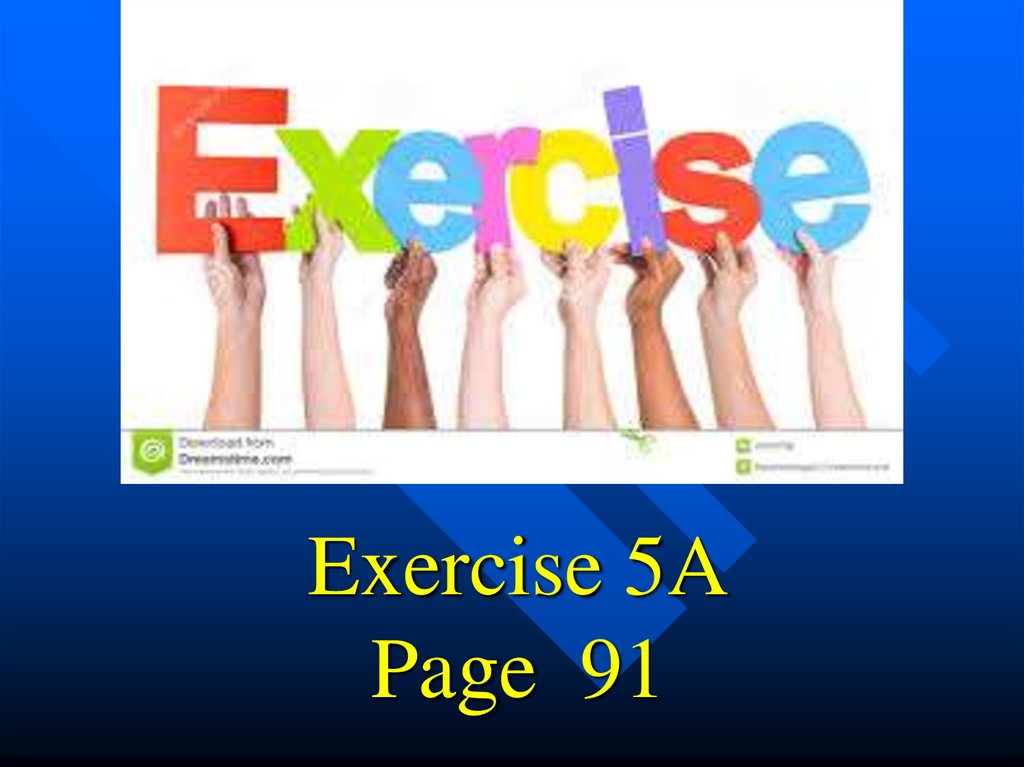
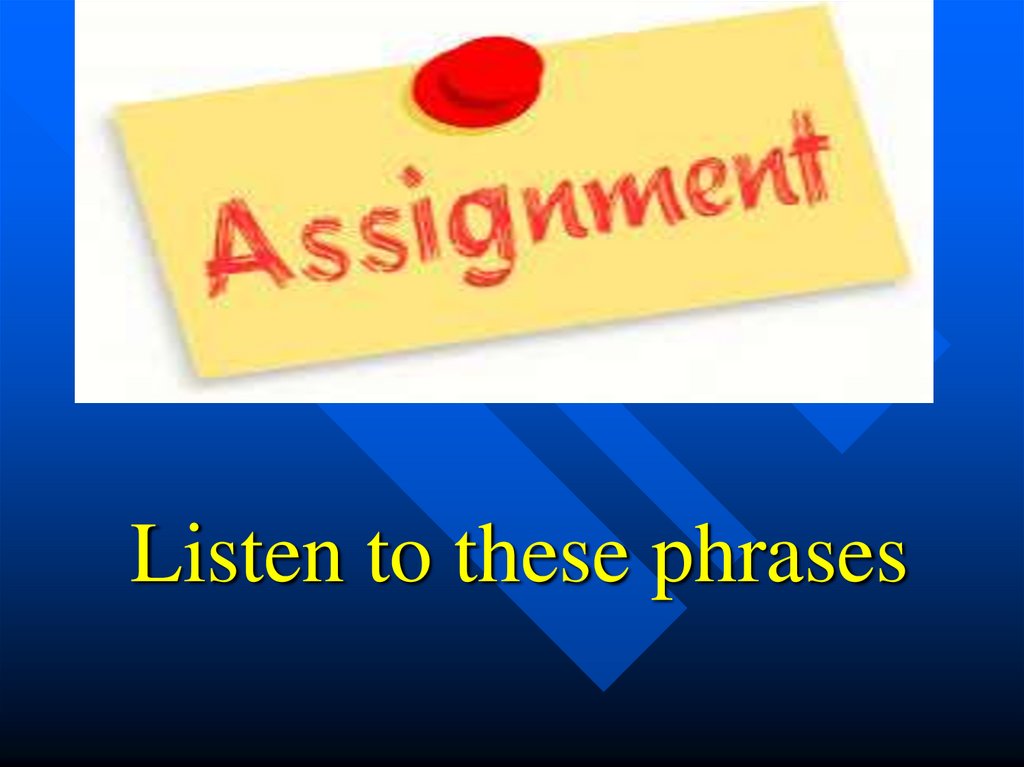
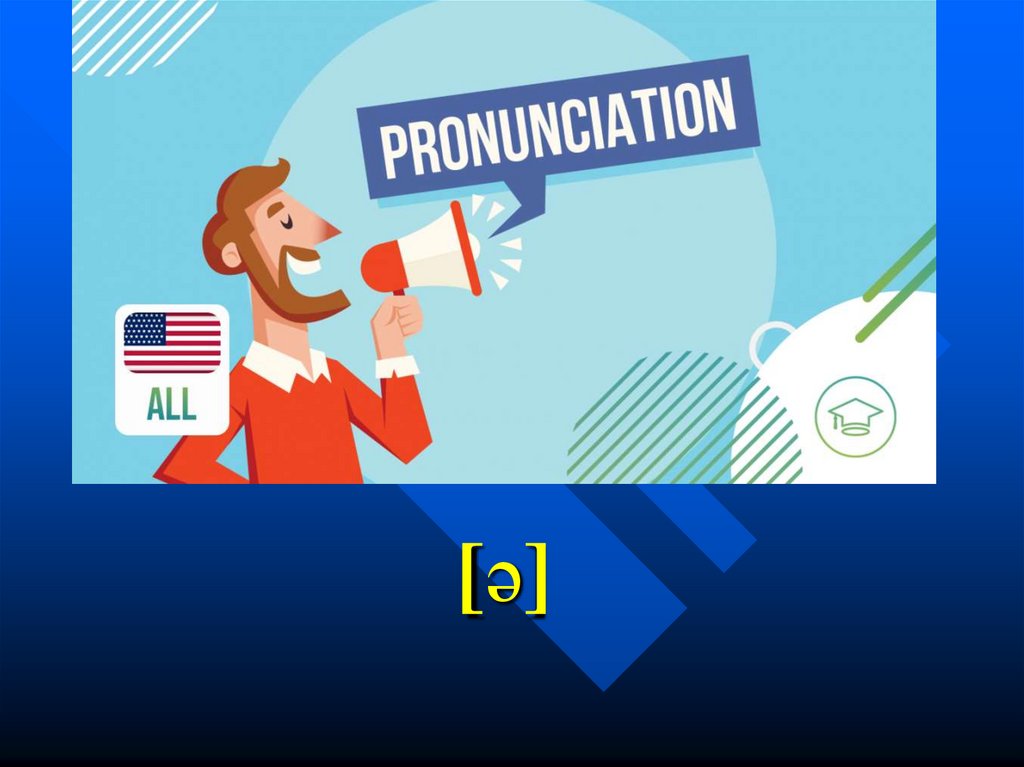
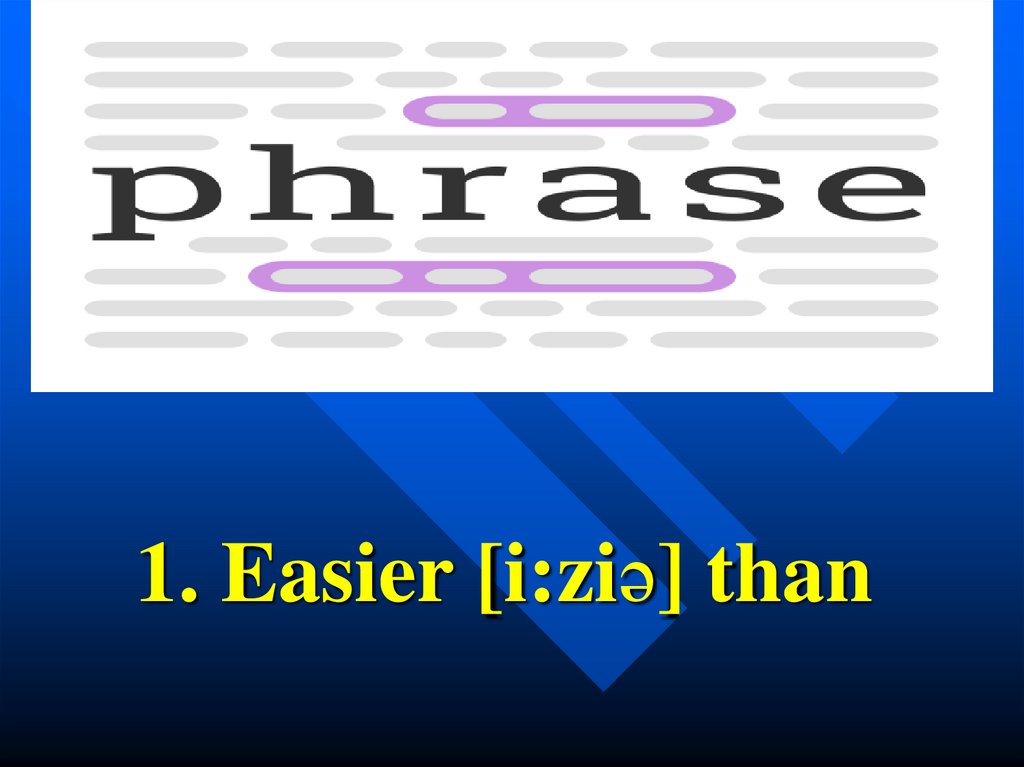
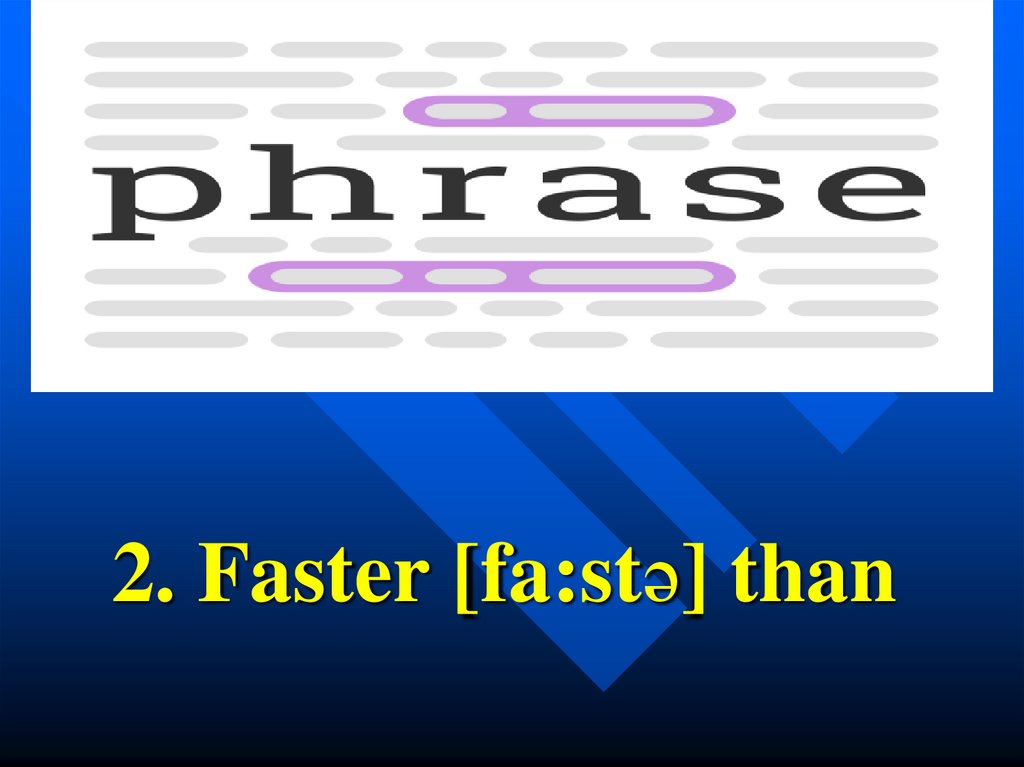
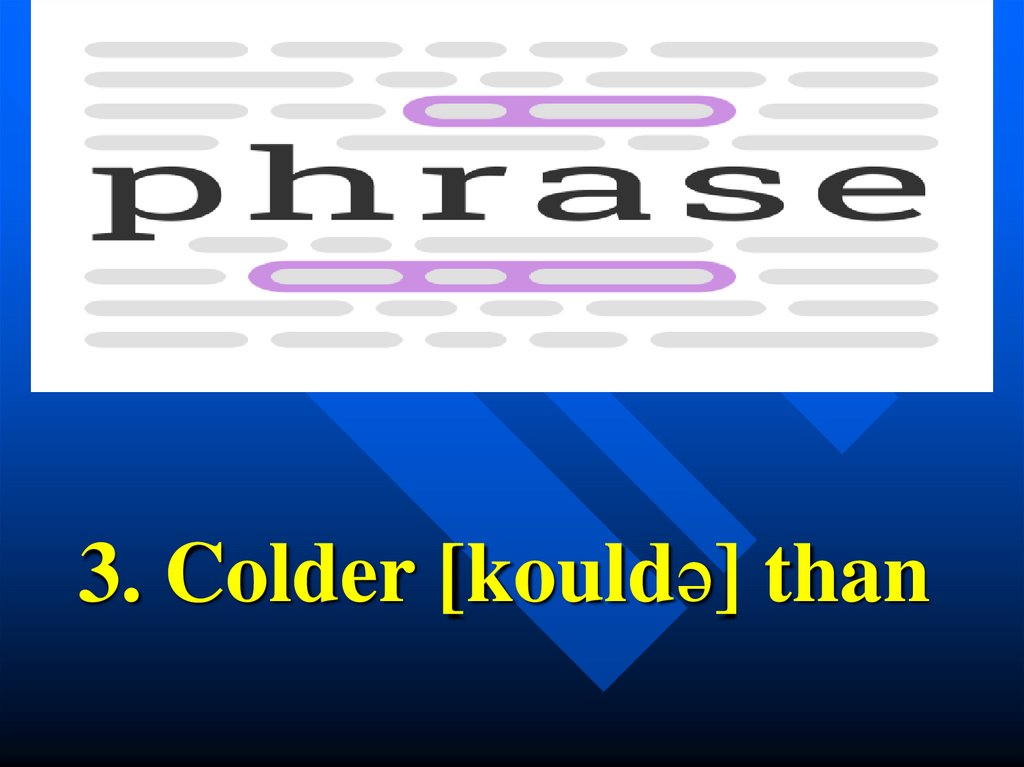
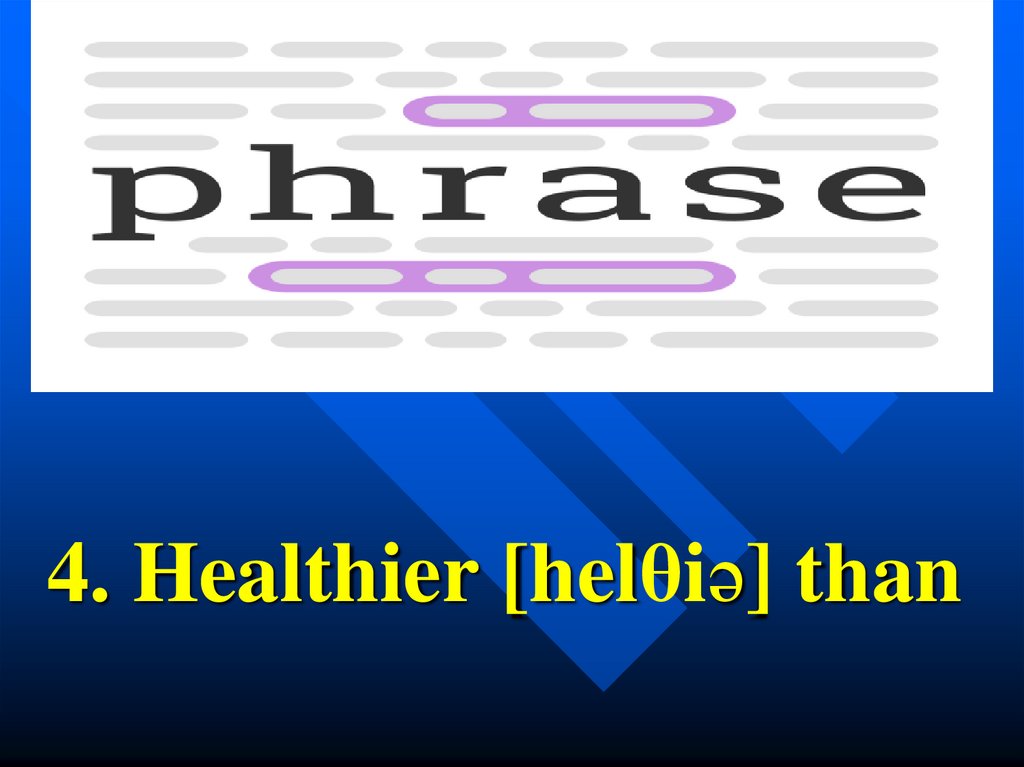
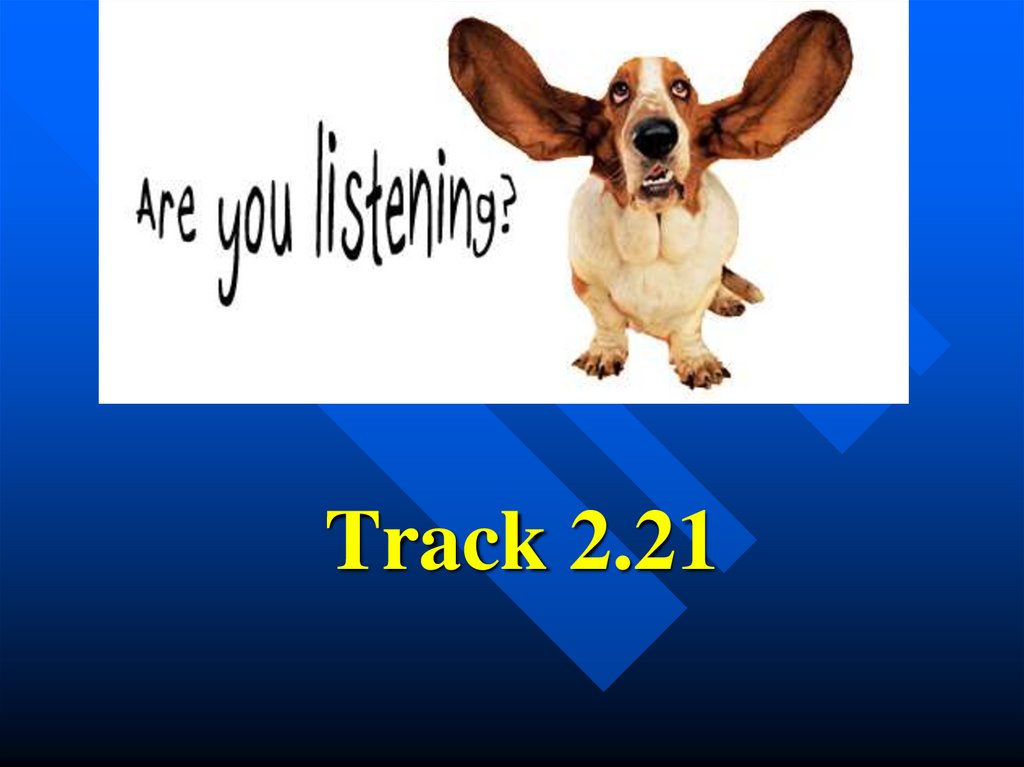
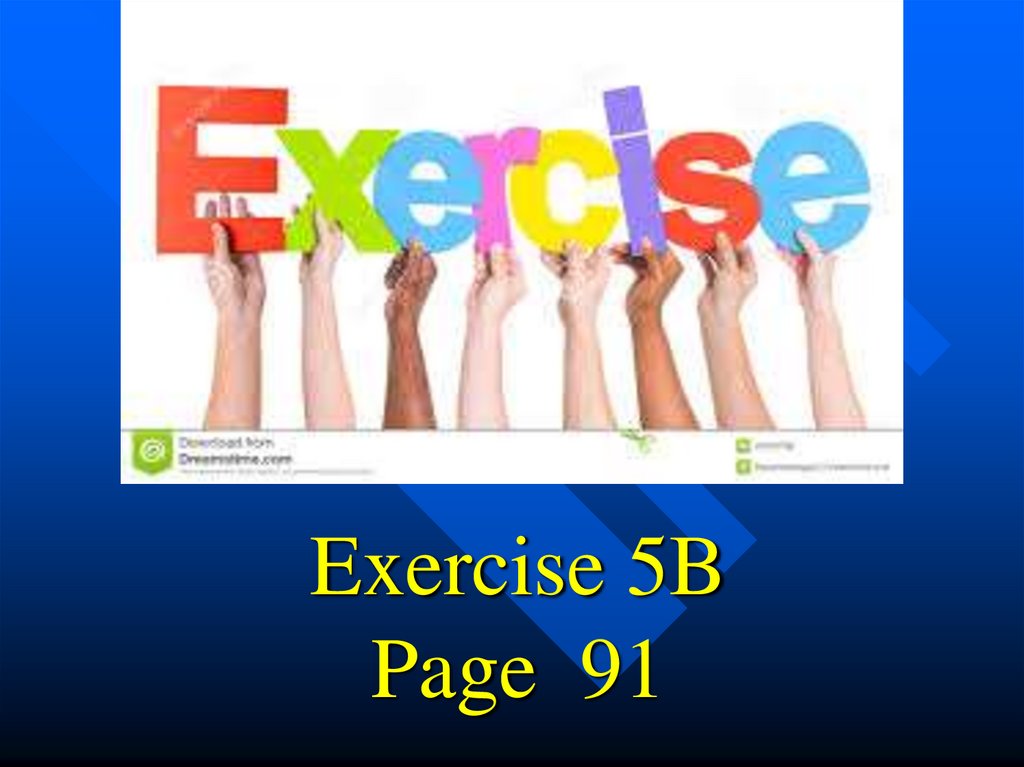
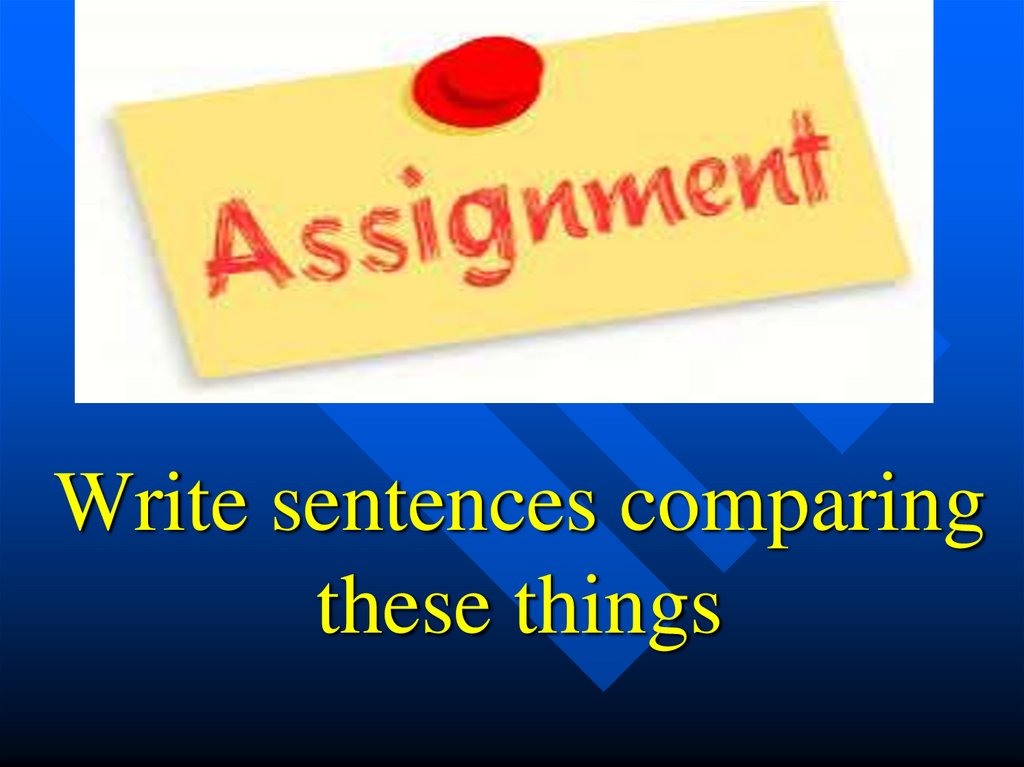
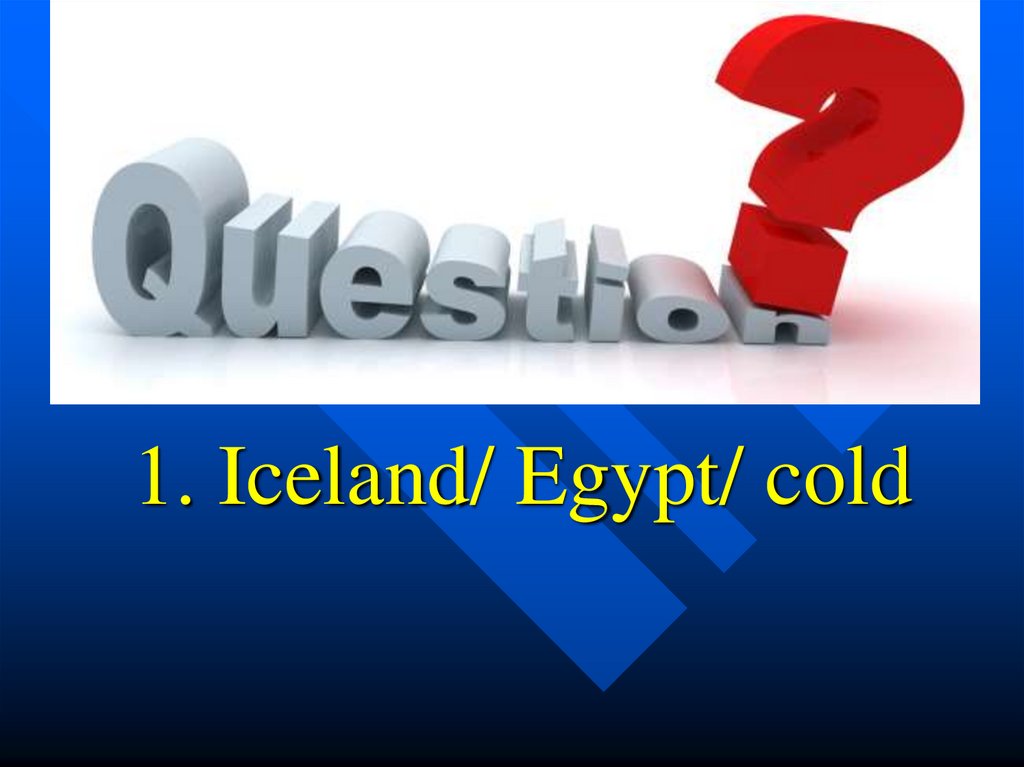
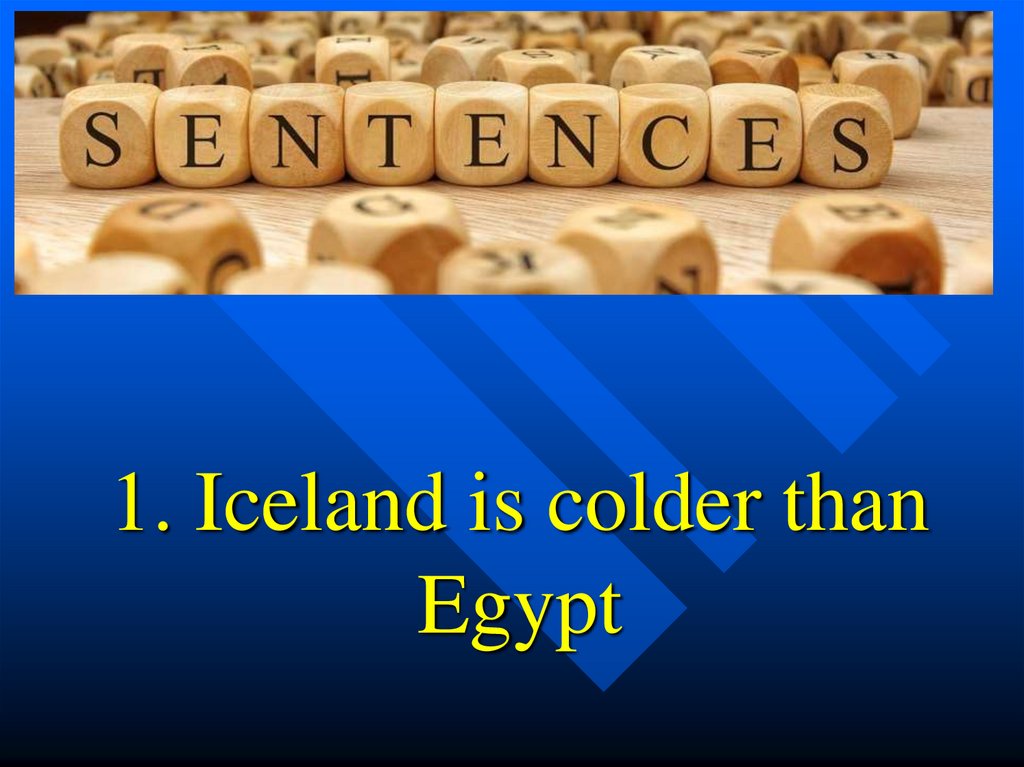
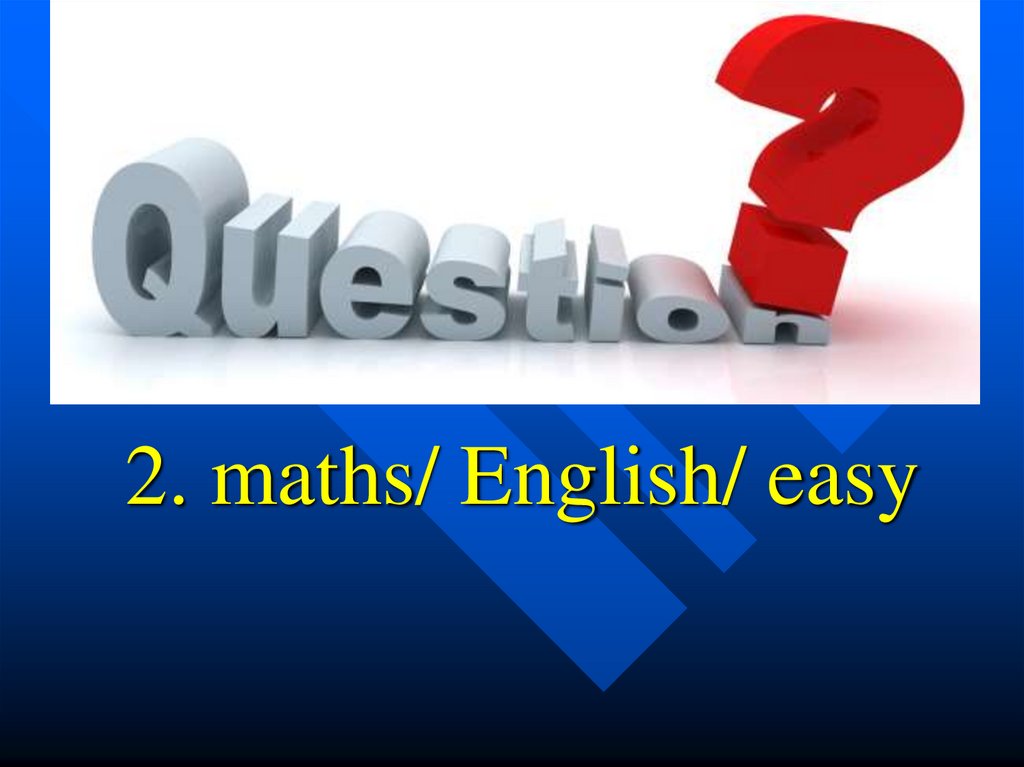
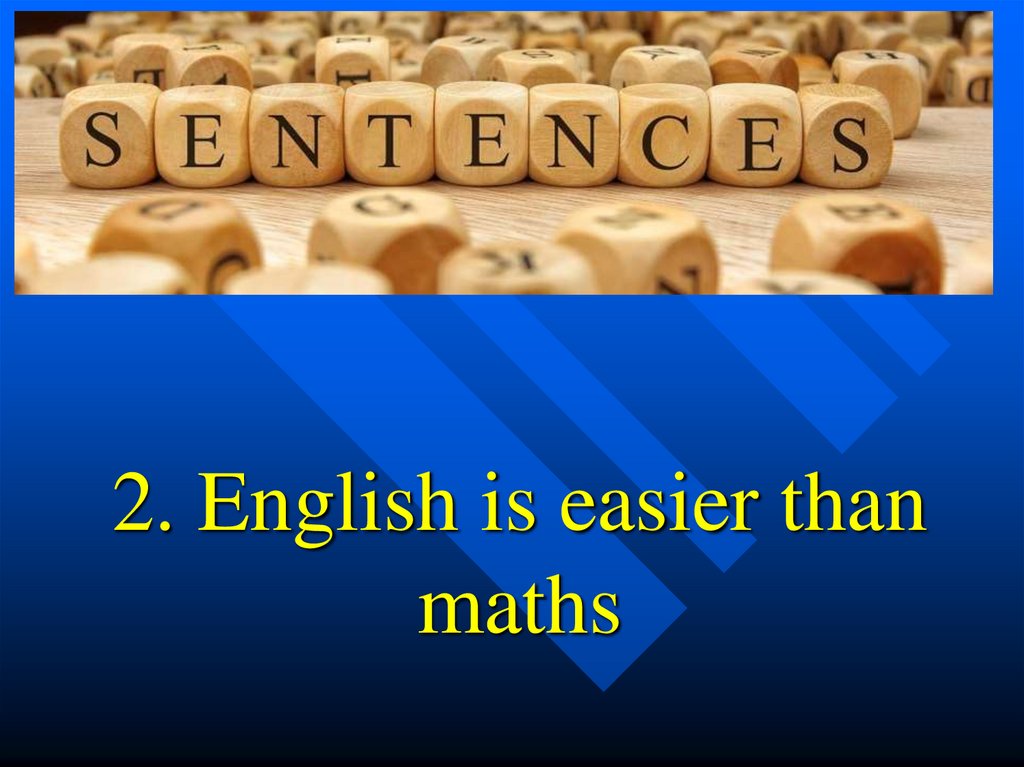
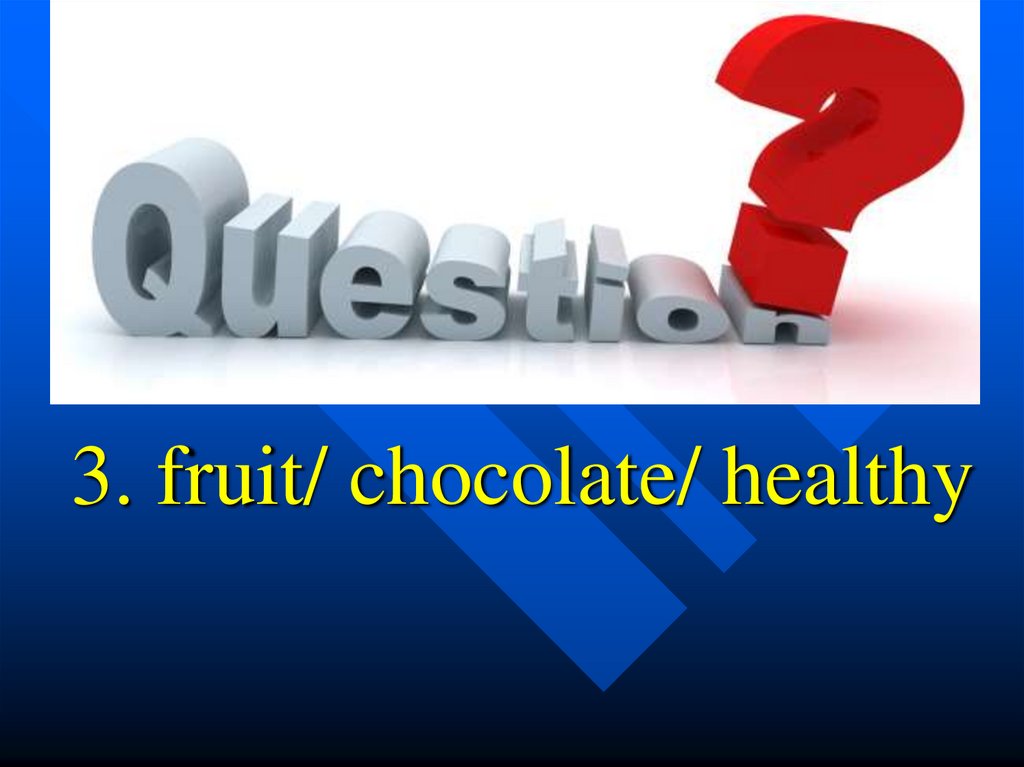
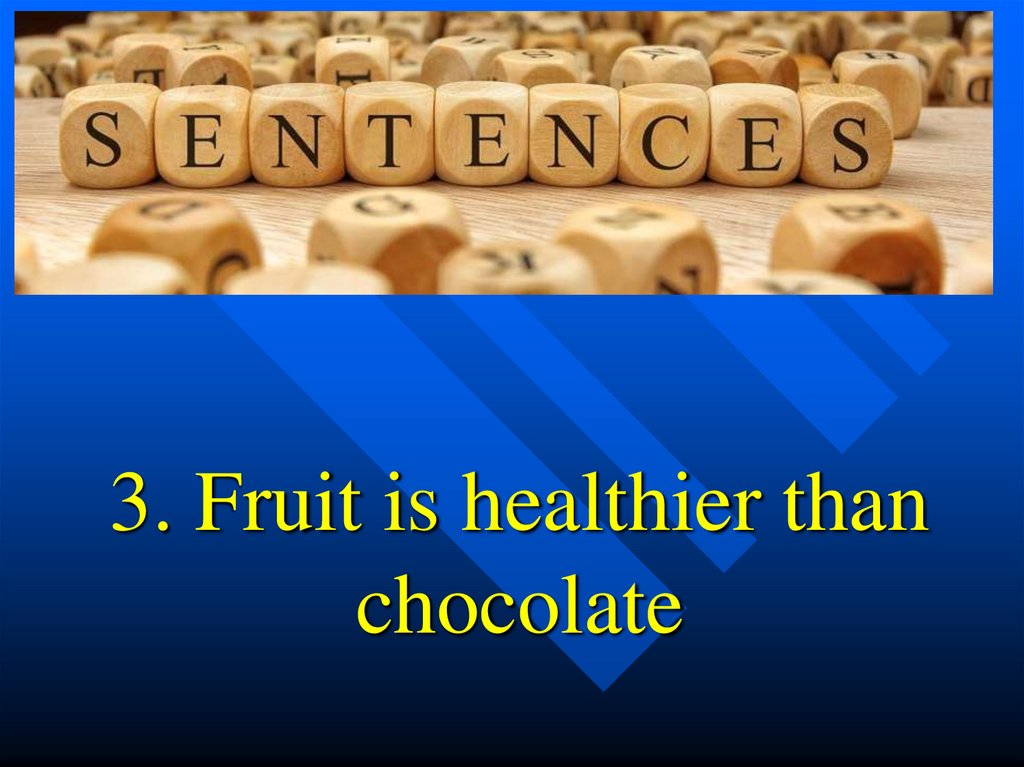
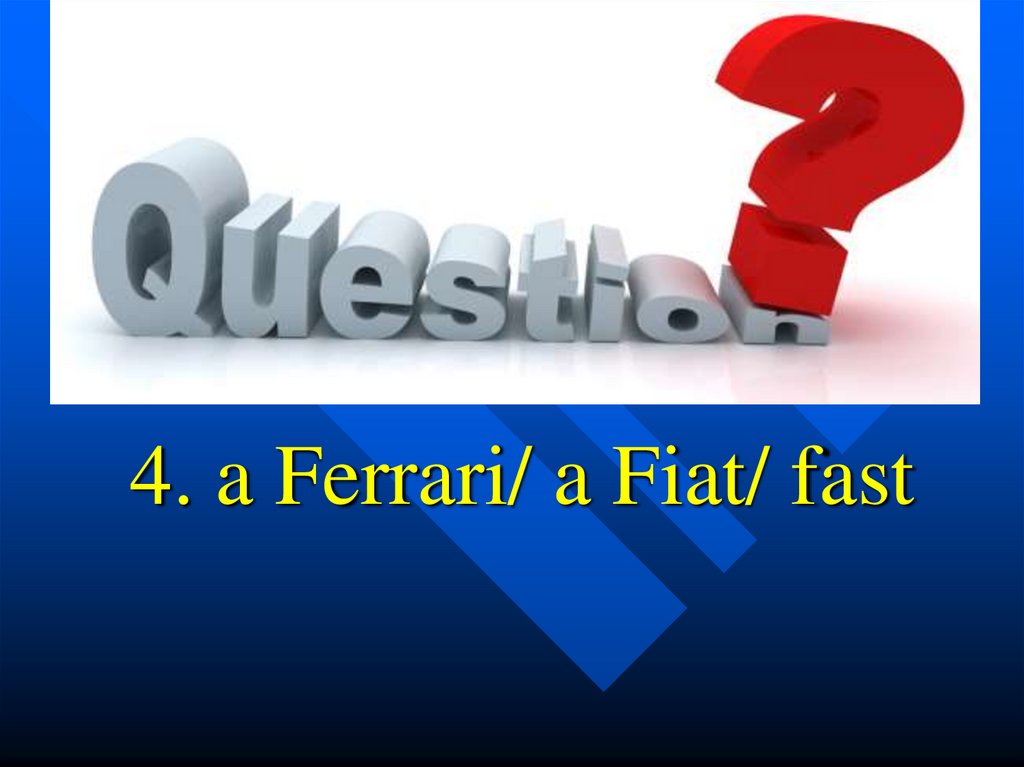
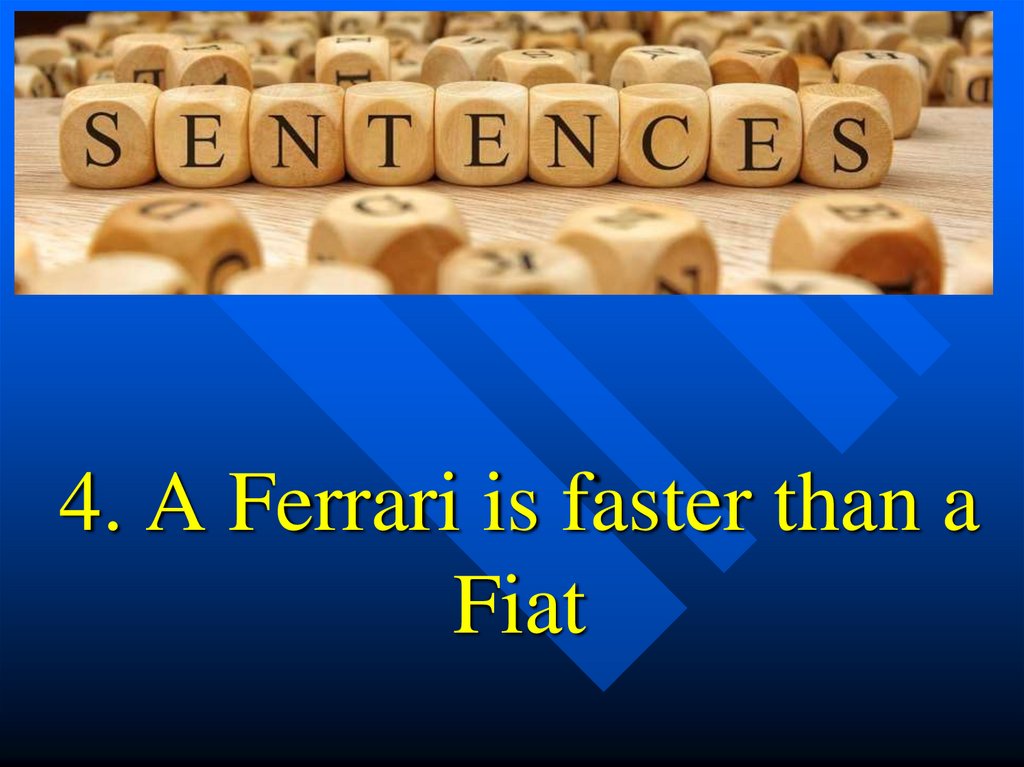
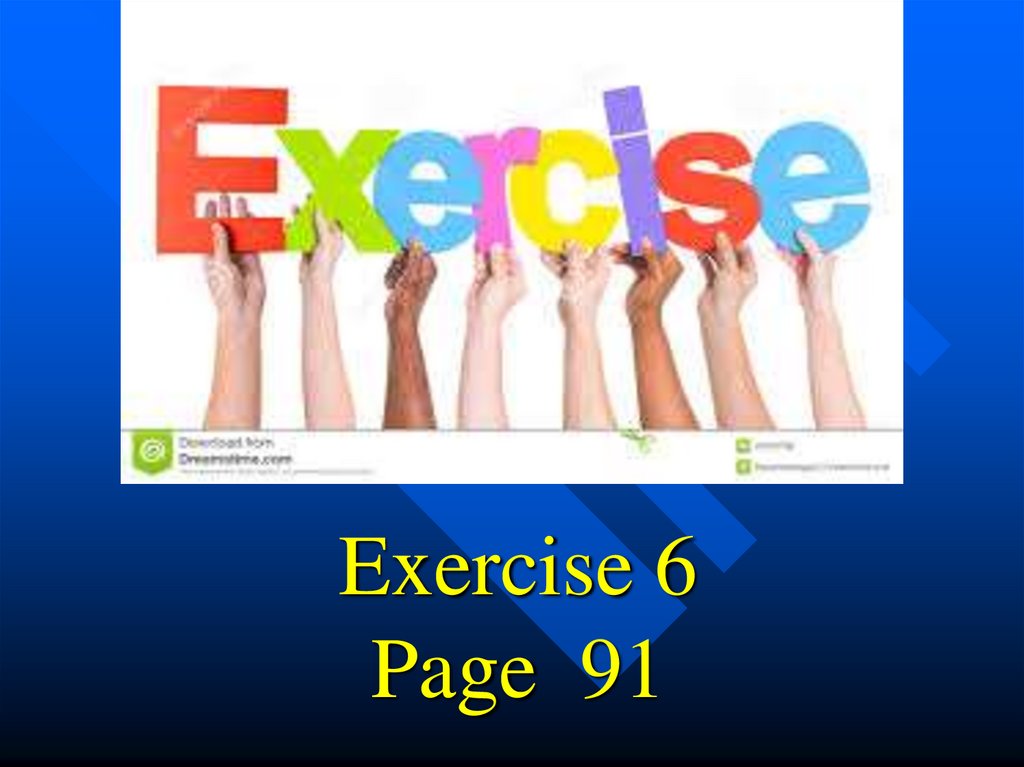
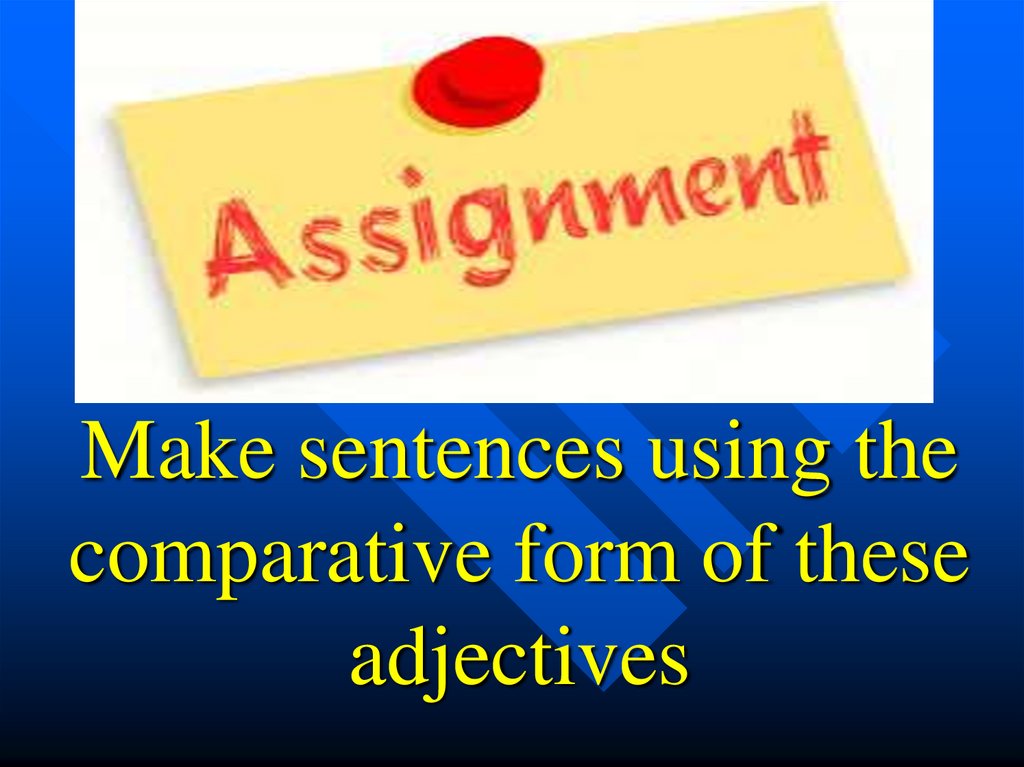
![Good, useful, exciting [ik’saitiŋ], interesting, modern Good, useful, exciting [ik’saitiŋ], interesting, modern](https://cf4.ppt-online.org/files4/slide/x/X0buj6FxWLVE1RBeIgPlDQAG2N4vowy8ckq3Oa/slide-150.jpg)
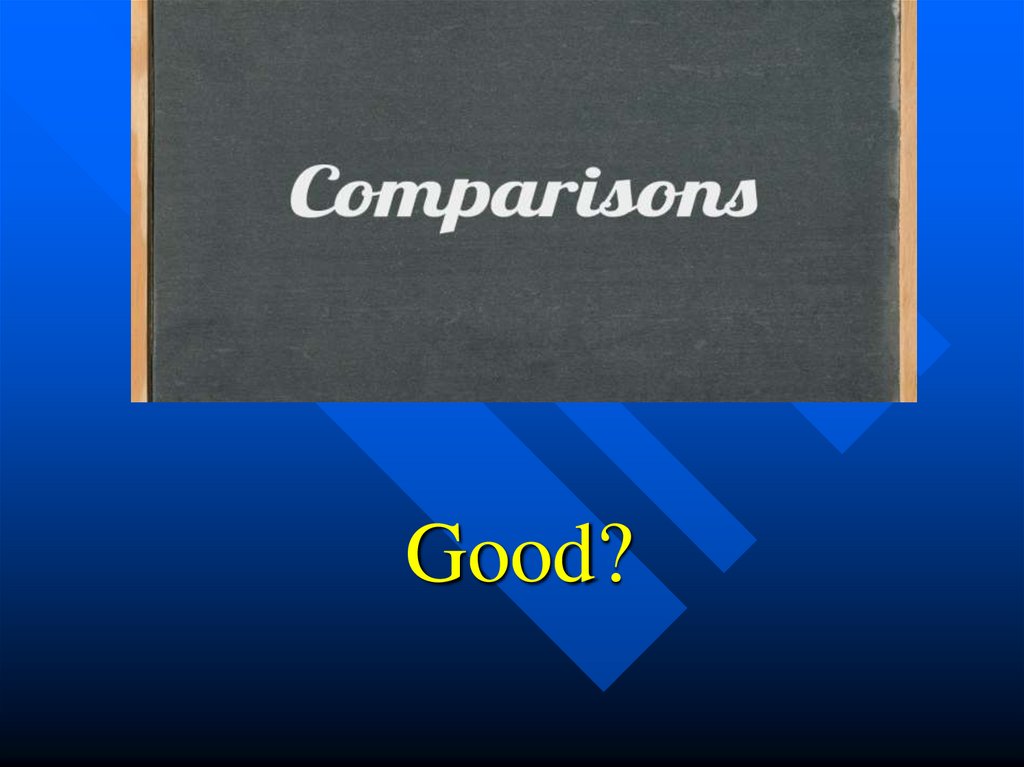
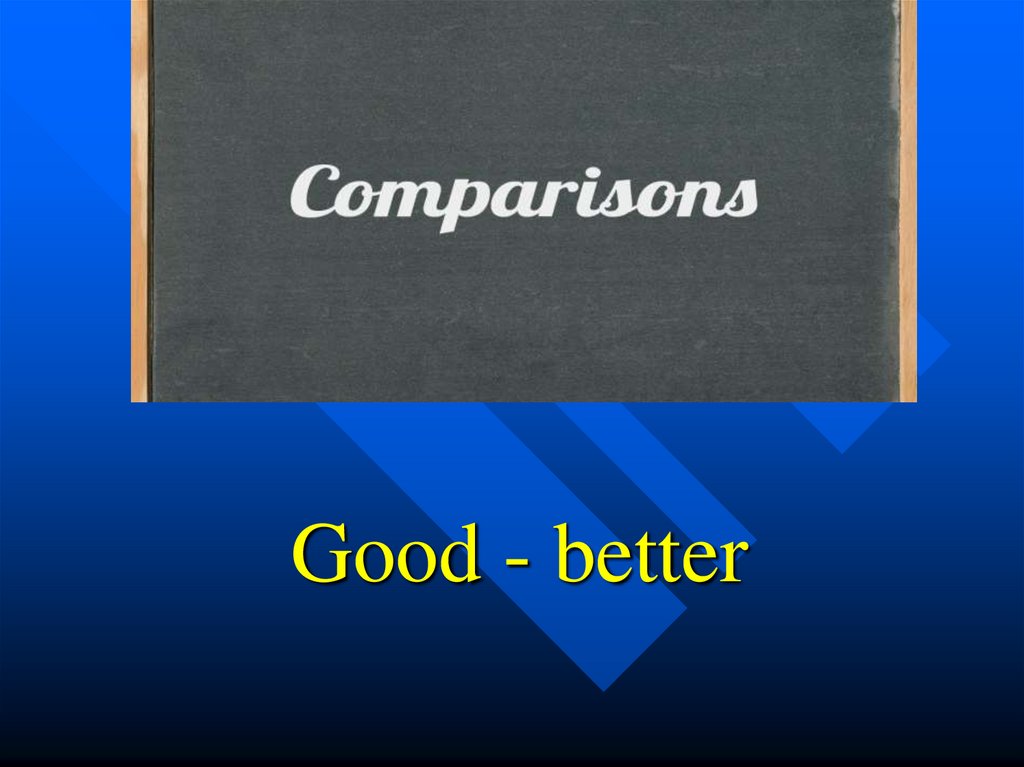
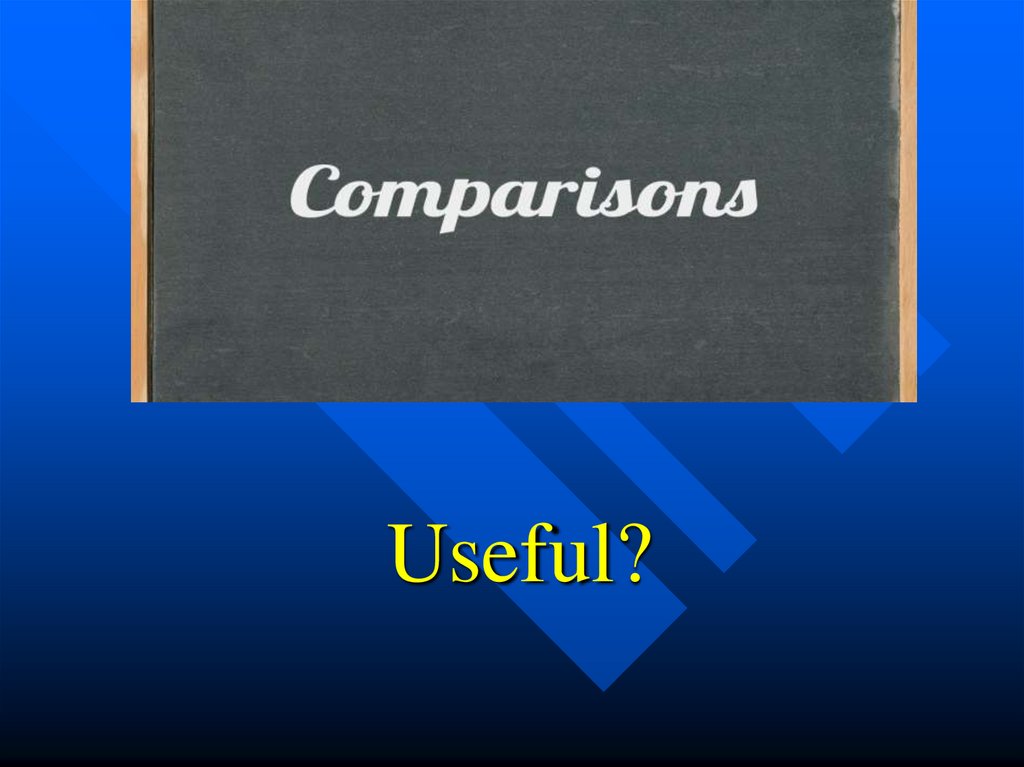
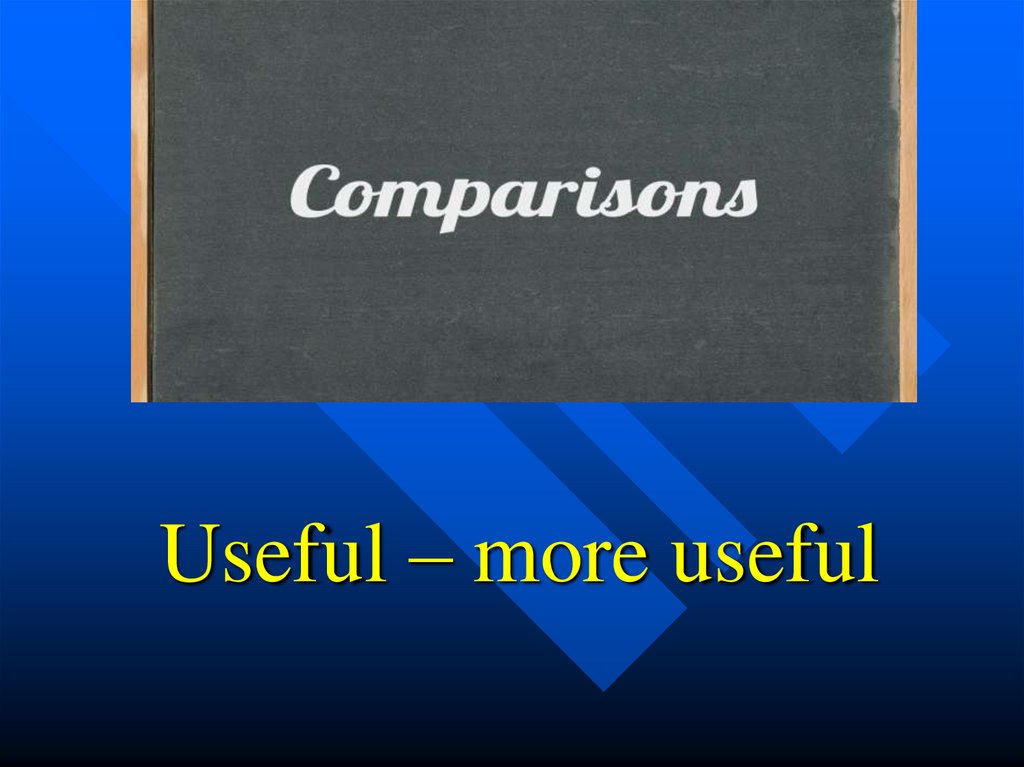
![Exciting [ik’saitiŋ]? Exciting [ik’saitiŋ]?](https://cf4.ppt-online.org/files4/slide/x/X0buj6FxWLVE1RBeIgPlDQAG2N4vowy8ckq3Oa/slide-155.jpg)
![Exciting [ik’saitiŋ] – more exciting [ik’saitiŋ] Exciting [ik’saitiŋ] – more exciting [ik’saitiŋ]](https://cf4.ppt-online.org/files4/slide/x/X0buj6FxWLVE1RBeIgPlDQAG2N4vowy8ckq3Oa/slide-156.jpg)
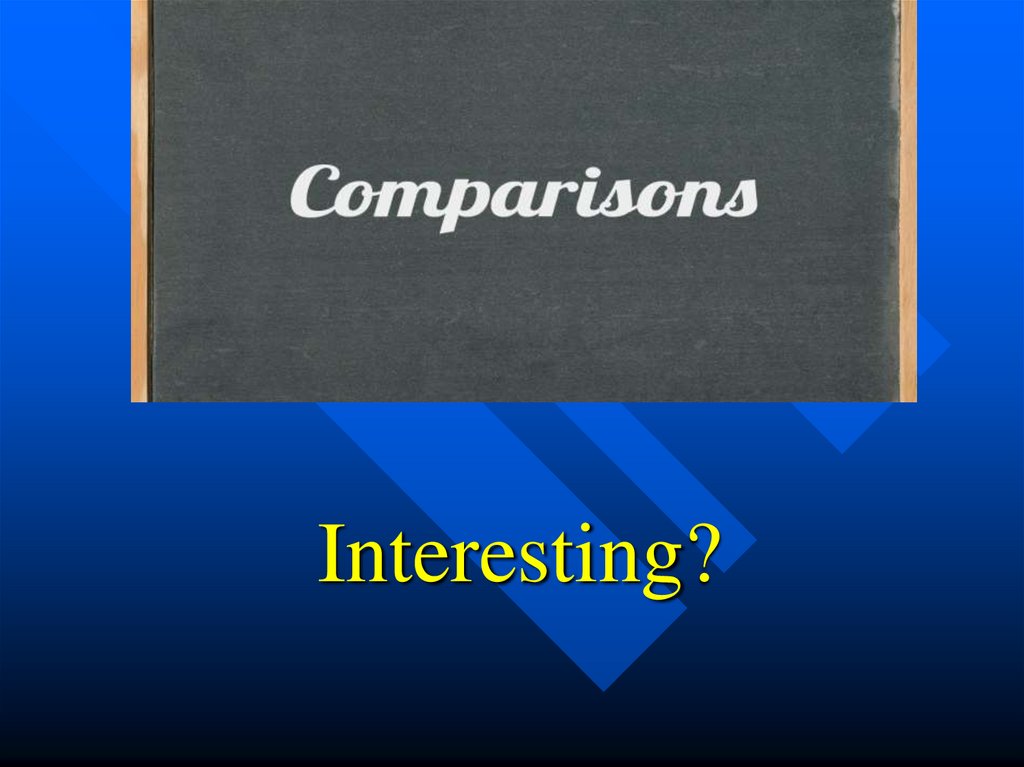

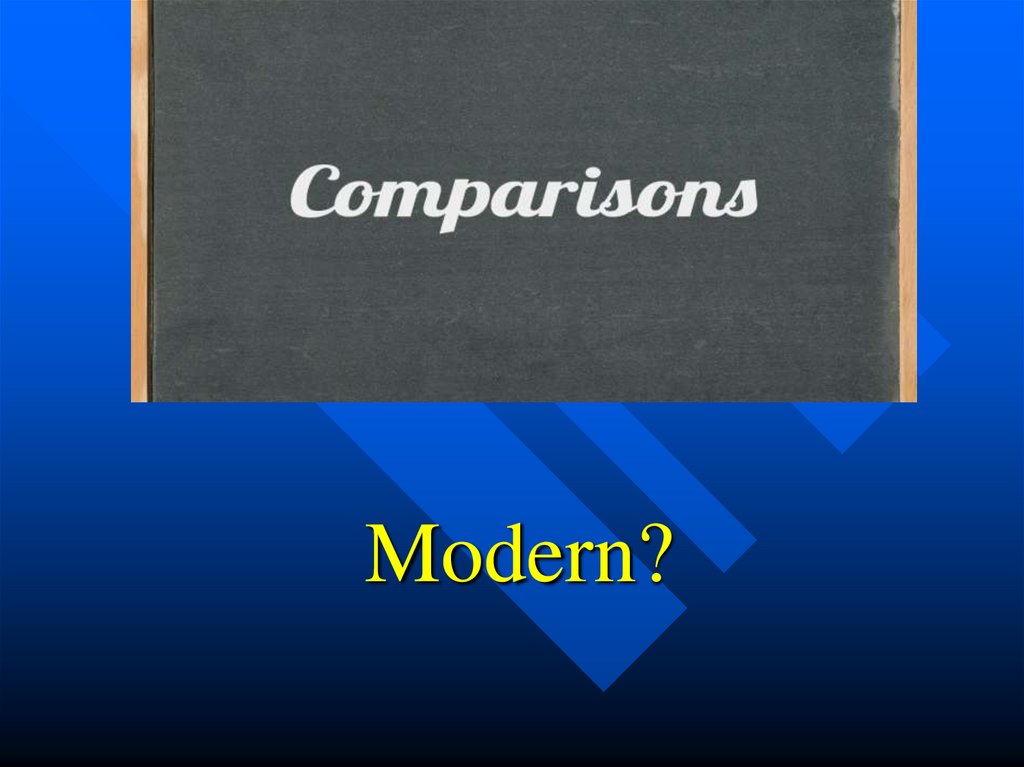
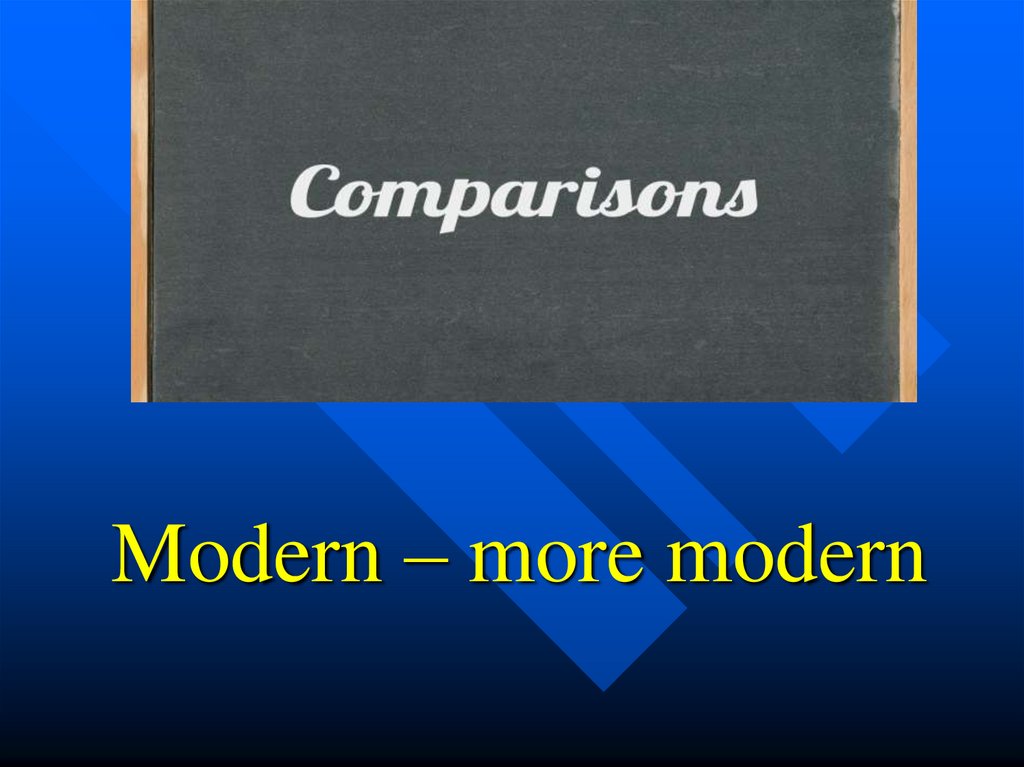
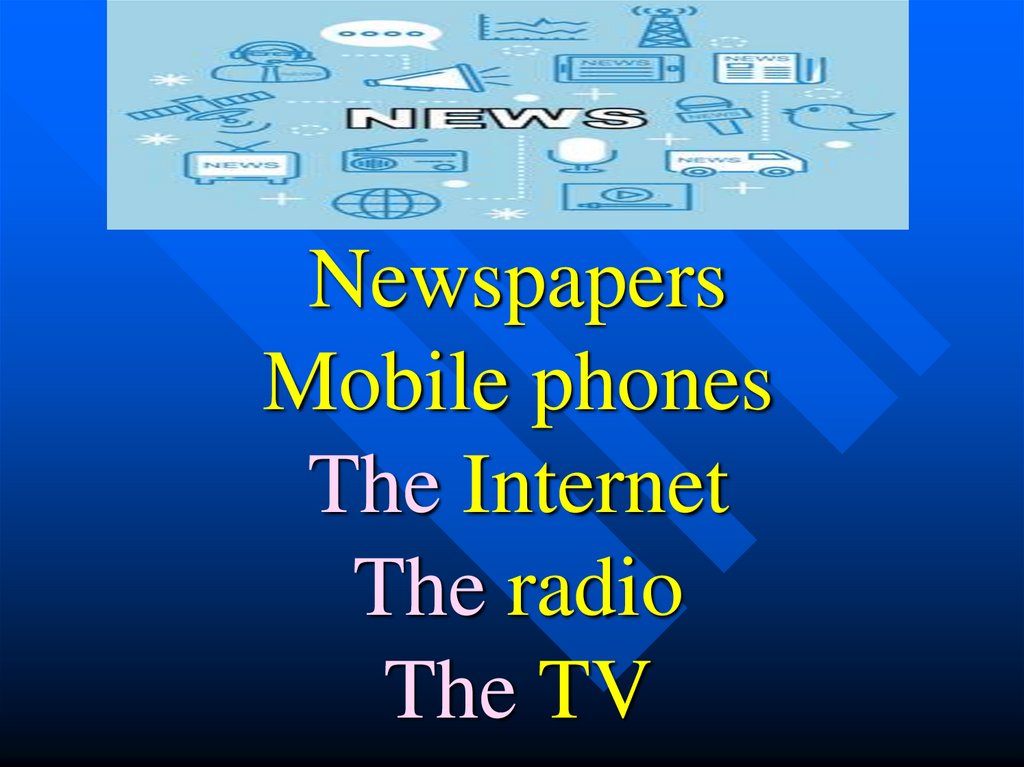
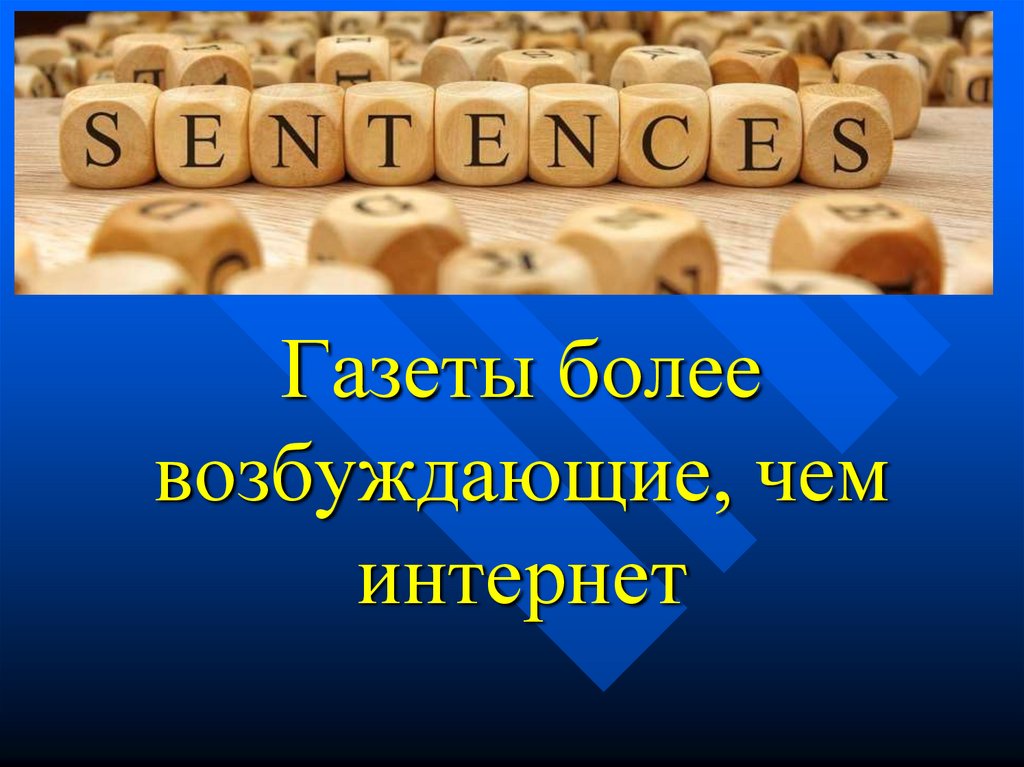
![Exciting [ik’saitiŋ] – more exciting [ik’saitiŋ] Exciting [ik’saitiŋ] – more exciting [ik’saitiŋ]](https://cf4.ppt-online.org/files4/slide/x/X0buj6FxWLVE1RBeIgPlDQAG2N4vowy8ckq3Oa/slide-163.jpg)
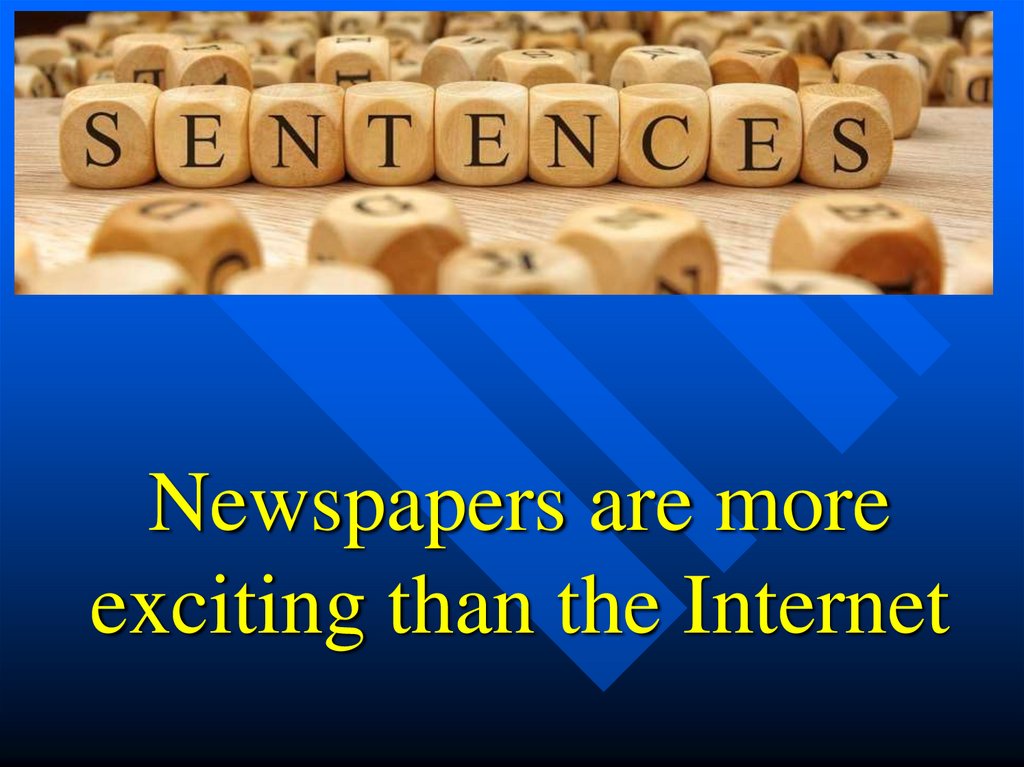
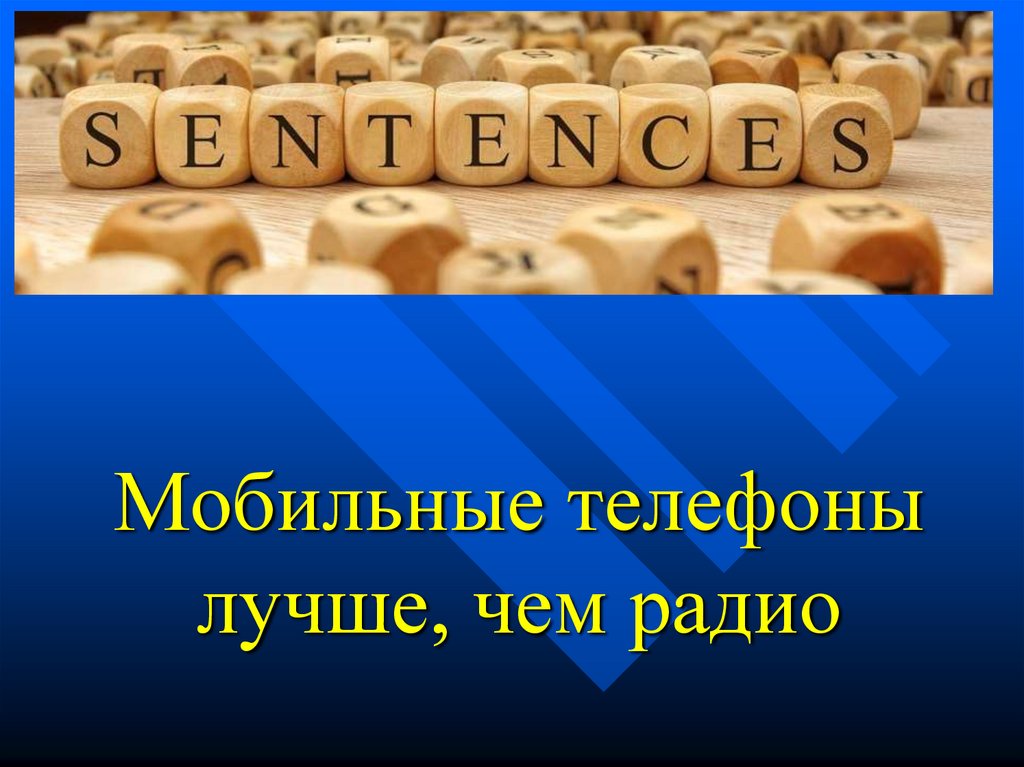
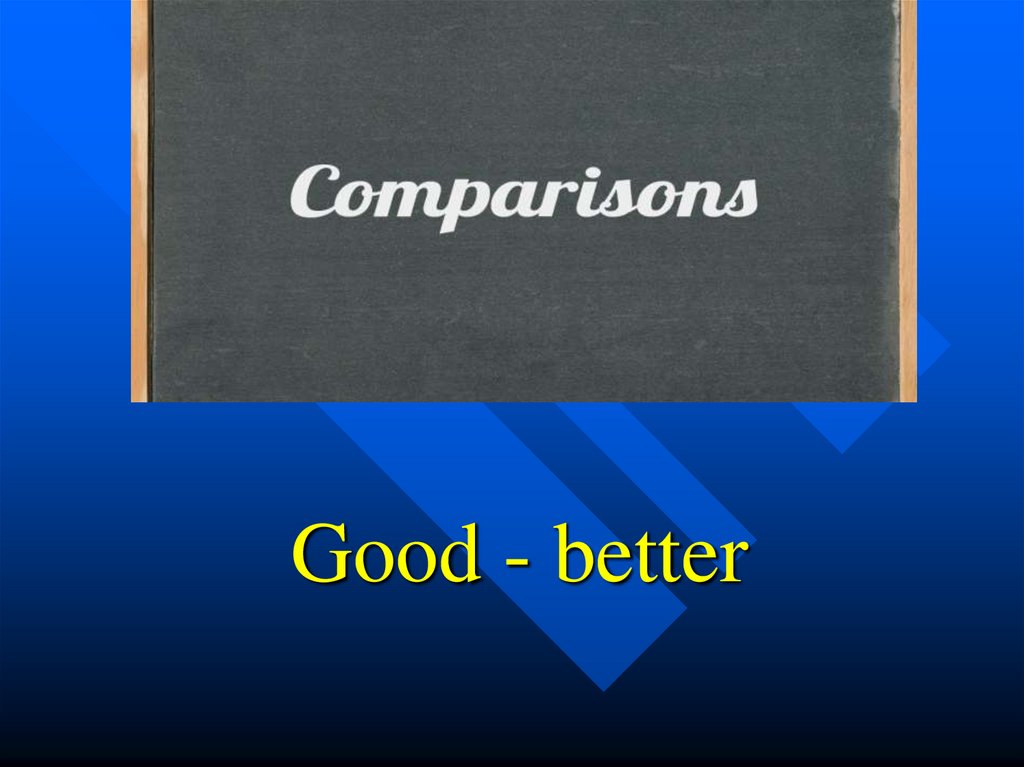
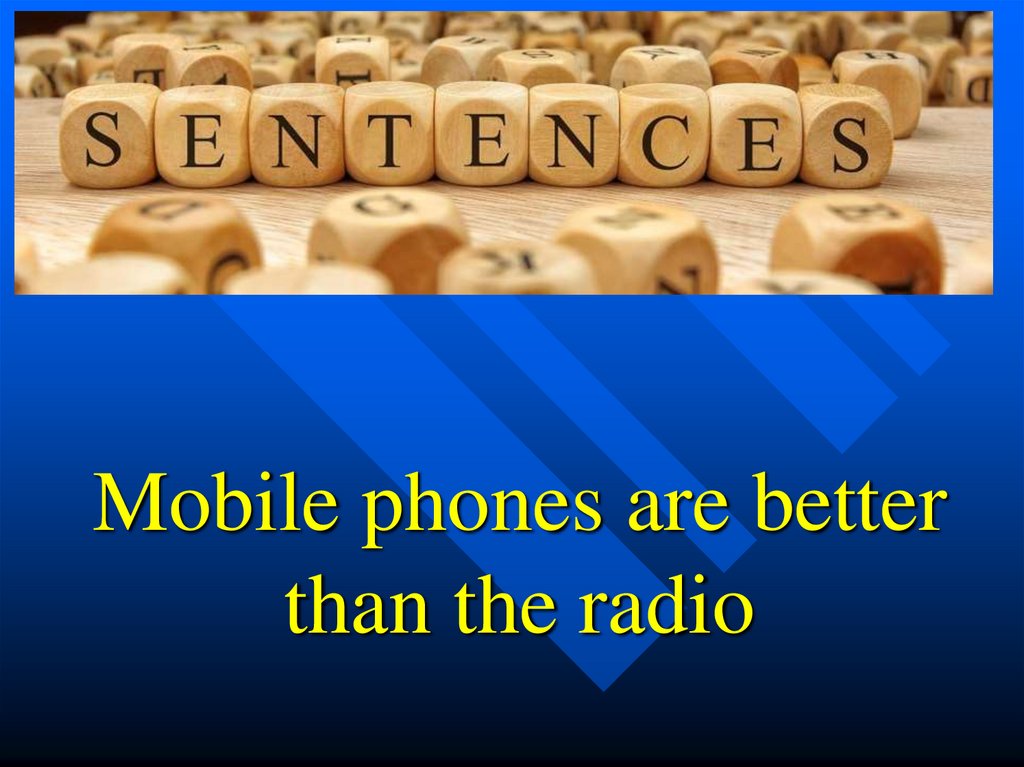
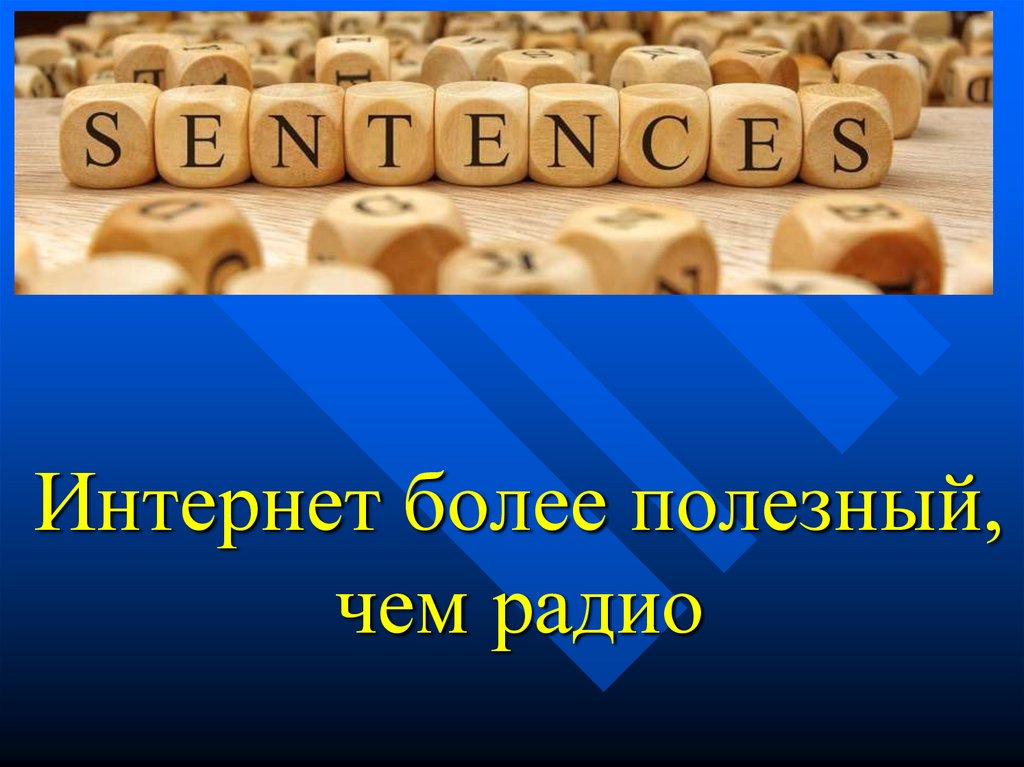
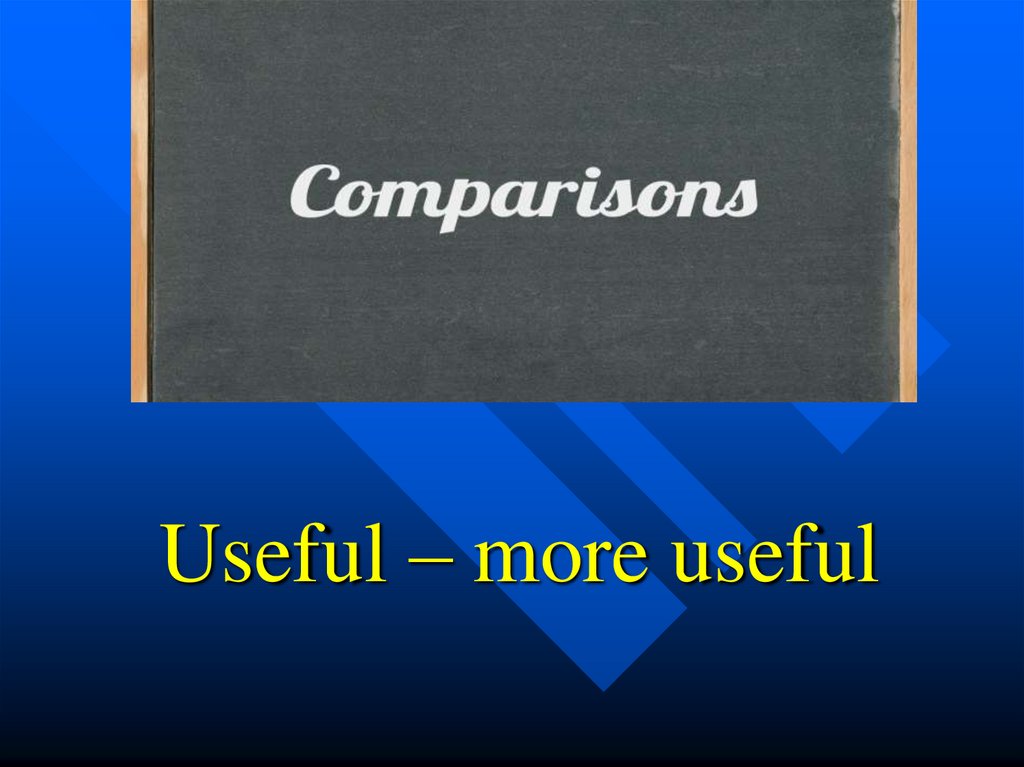
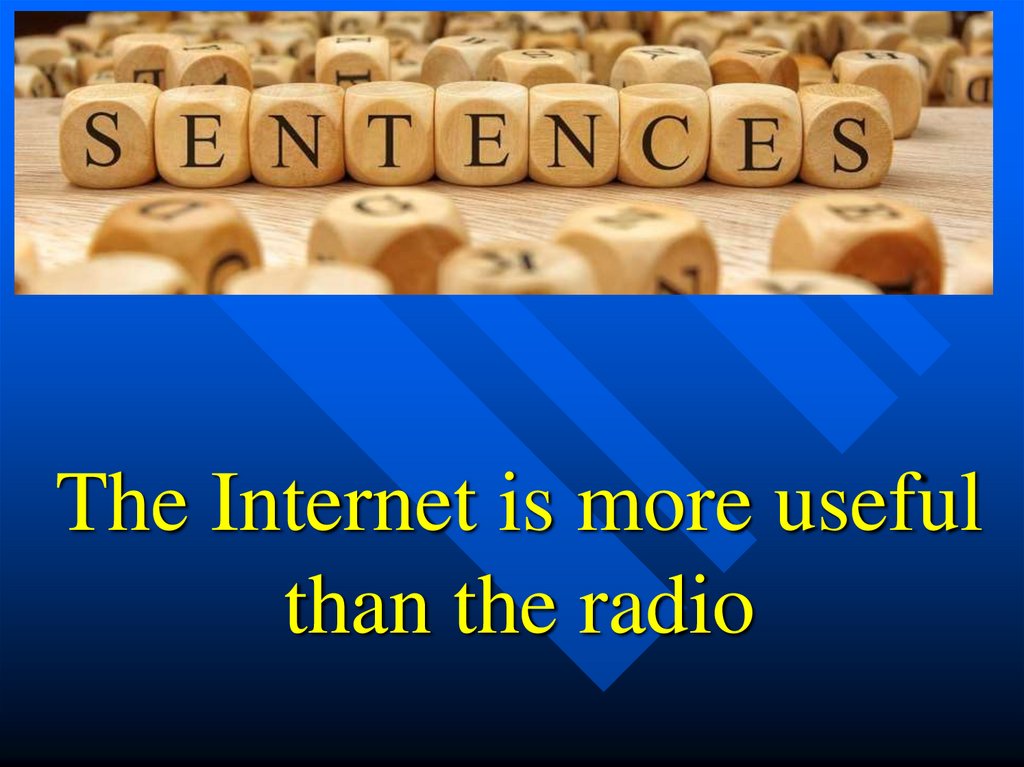
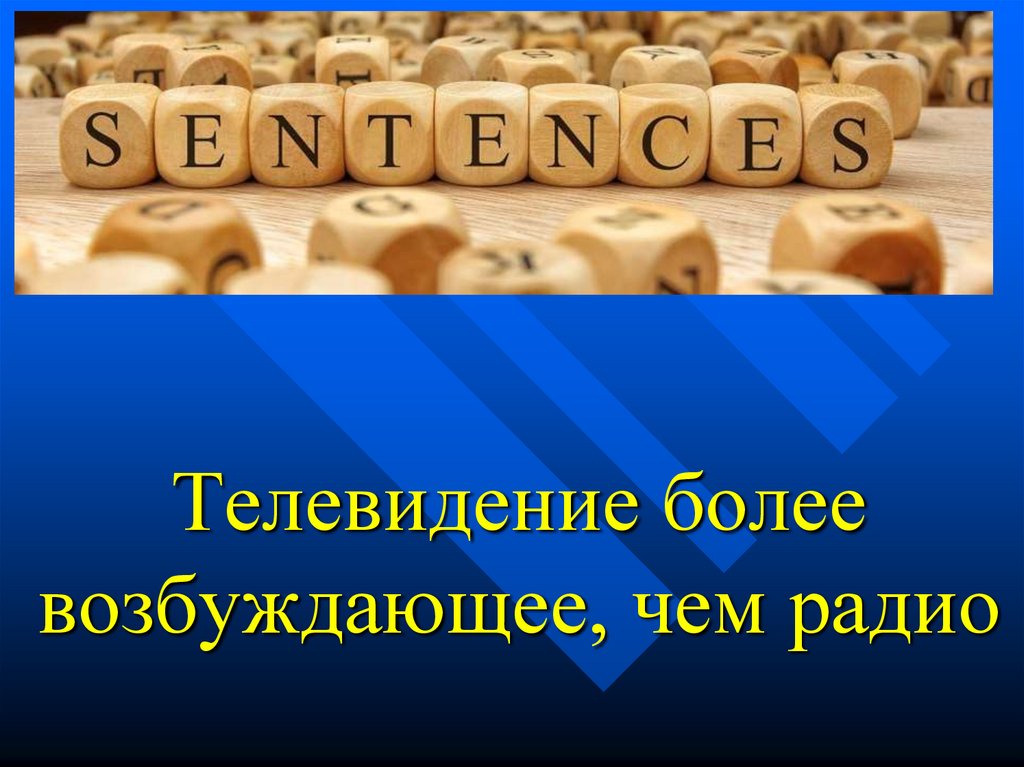
![Exciting [ik’saitiŋ] – more exciting [ik’saitiŋ] Exciting [ik’saitiŋ] – more exciting [ik’saitiŋ]](https://cf4.ppt-online.org/files4/slide/x/X0buj6FxWLVE1RBeIgPlDQAG2N4vowy8ckq3Oa/slide-172.jpg)
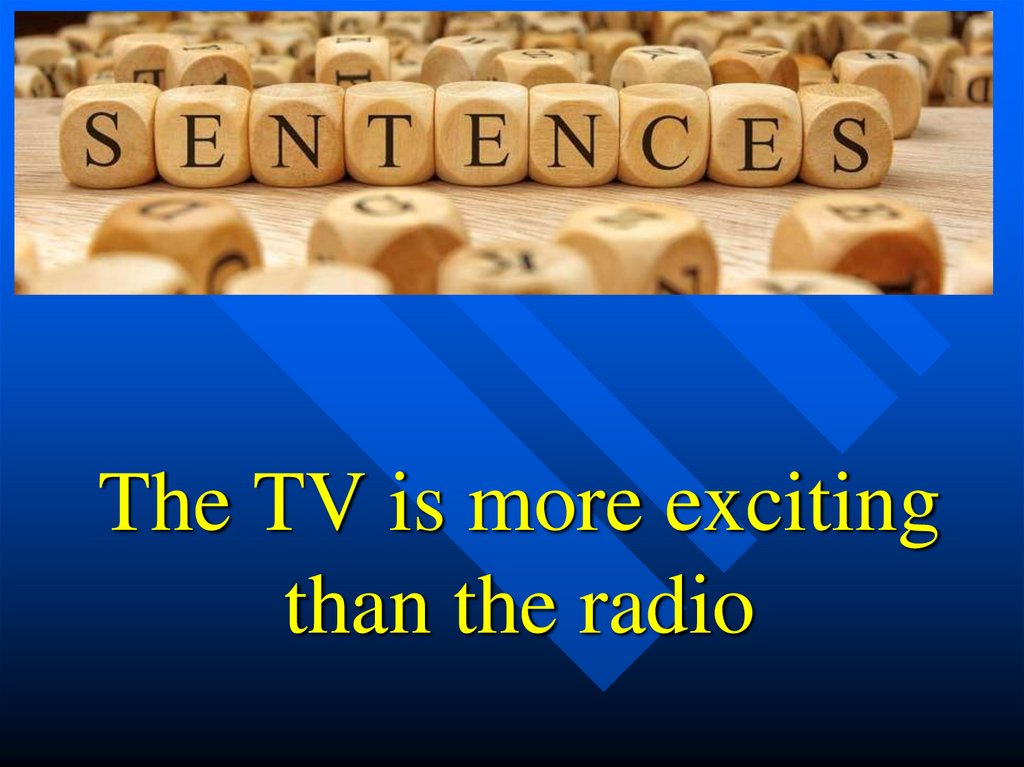
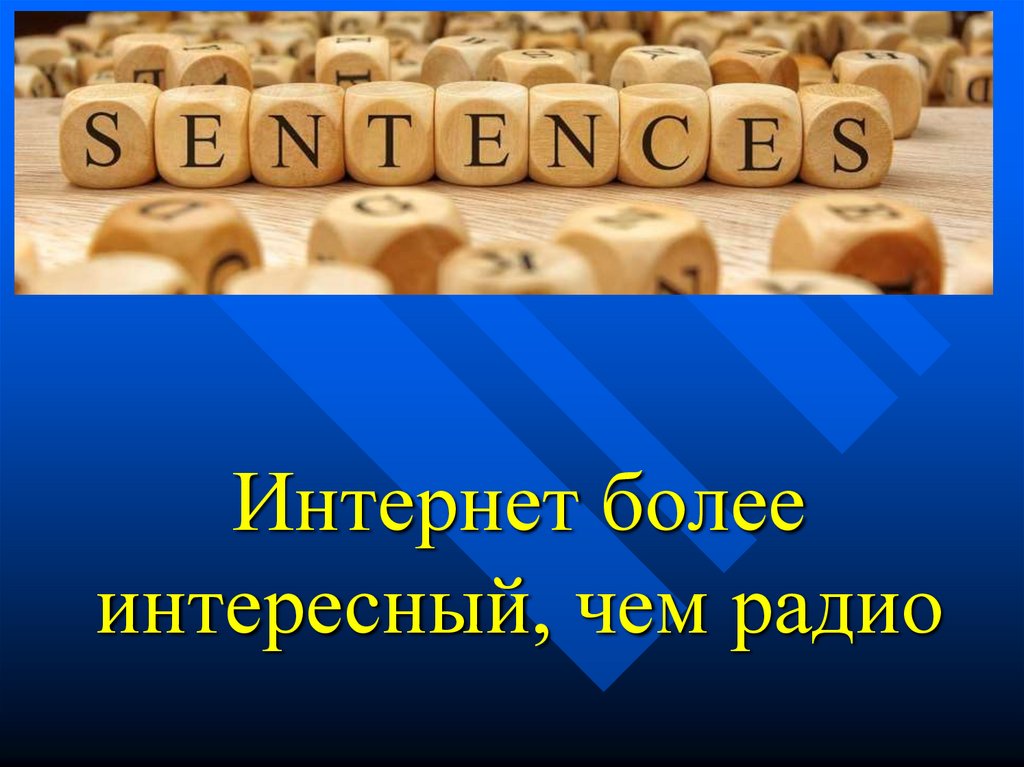
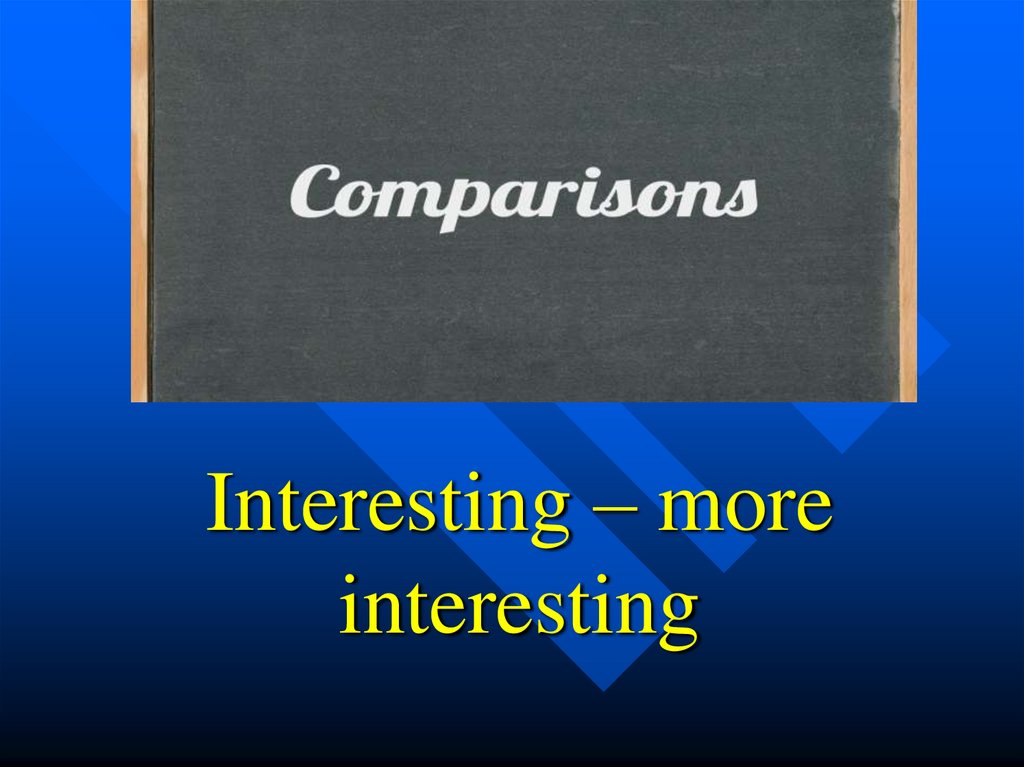
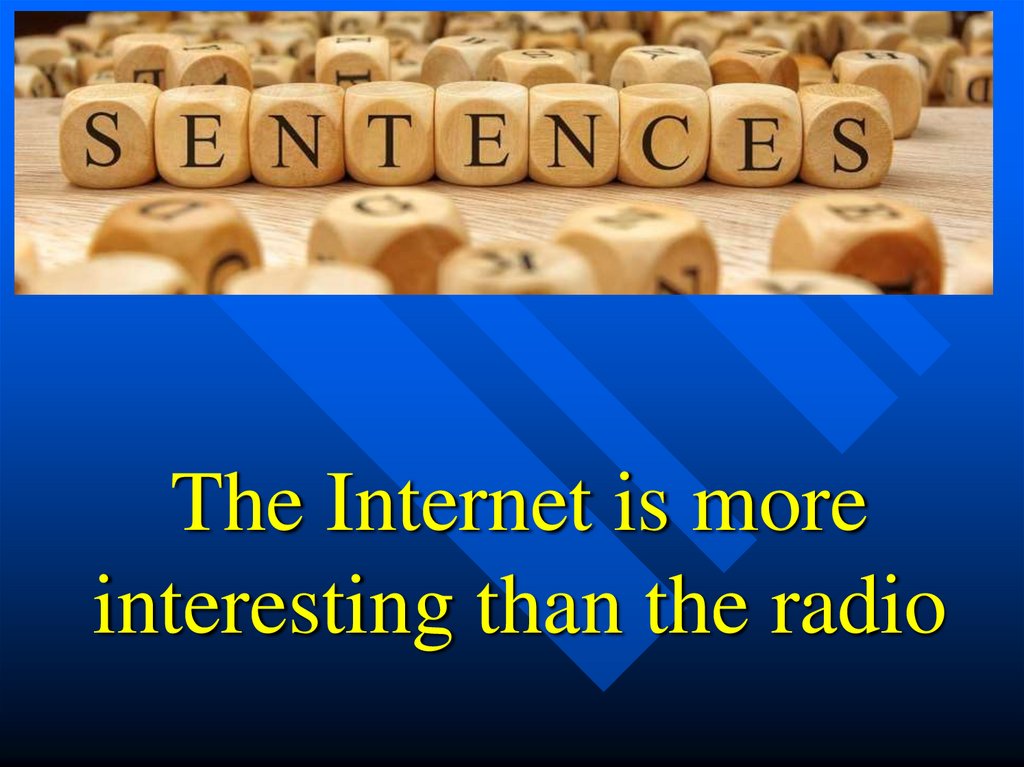
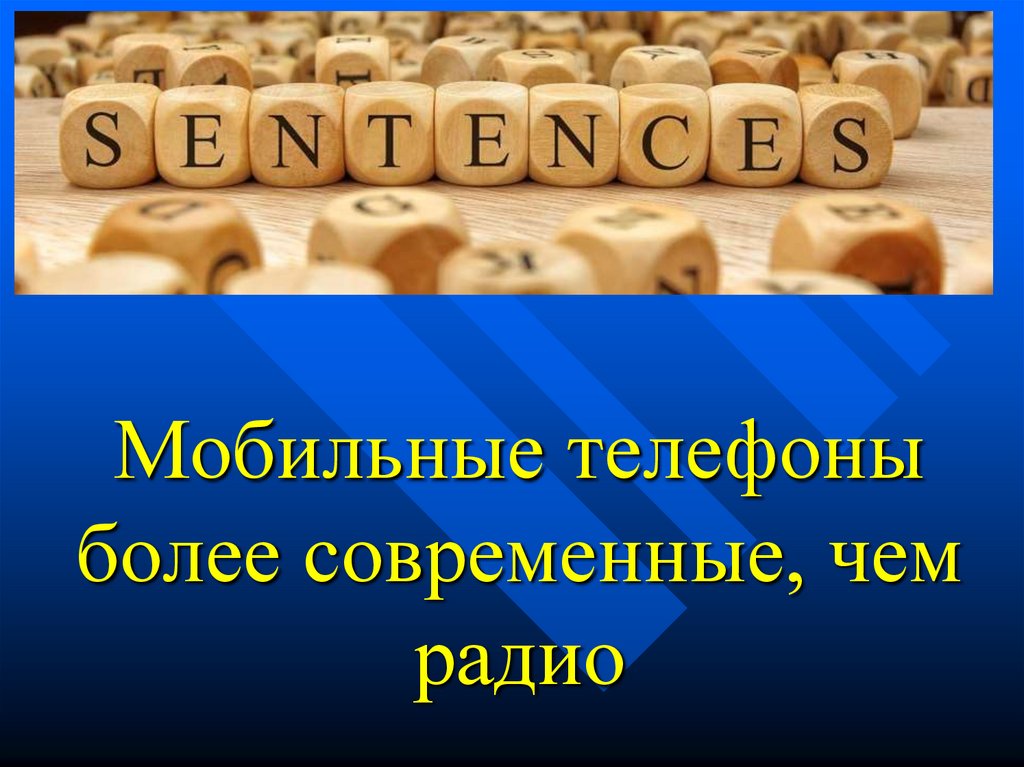
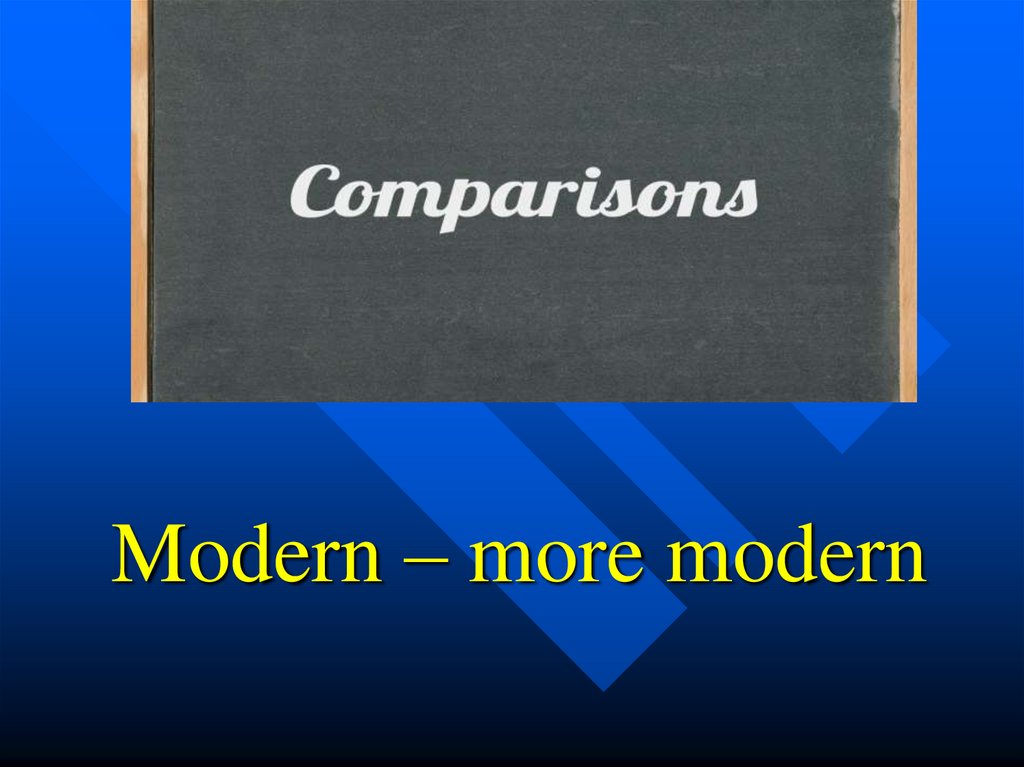
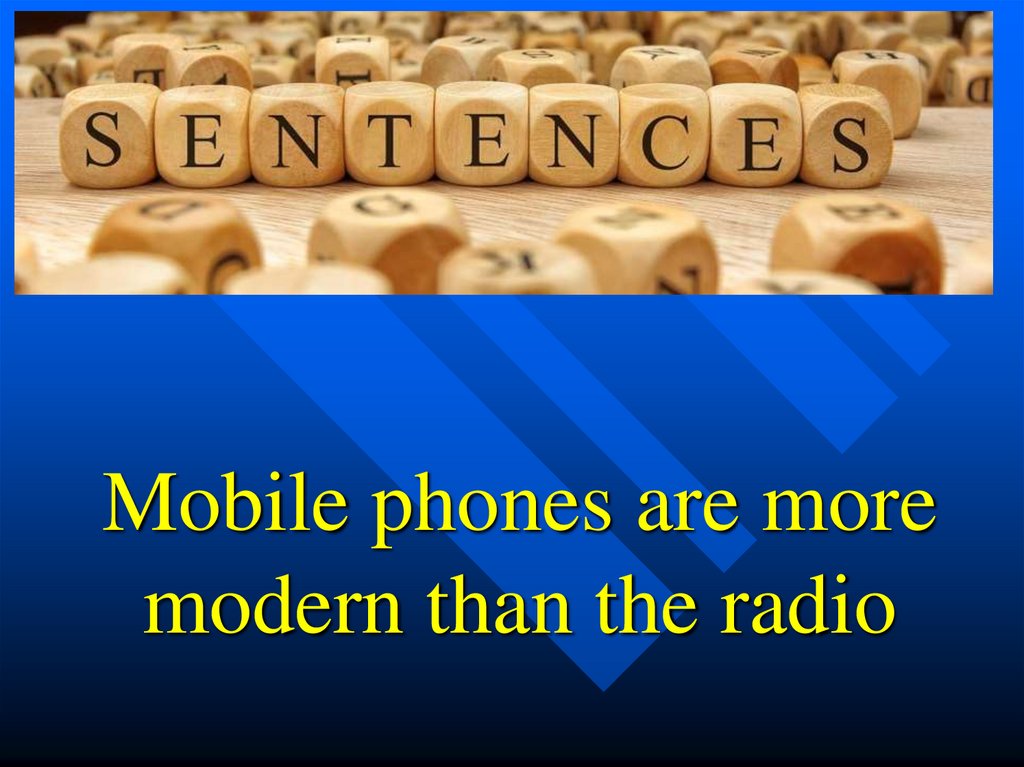
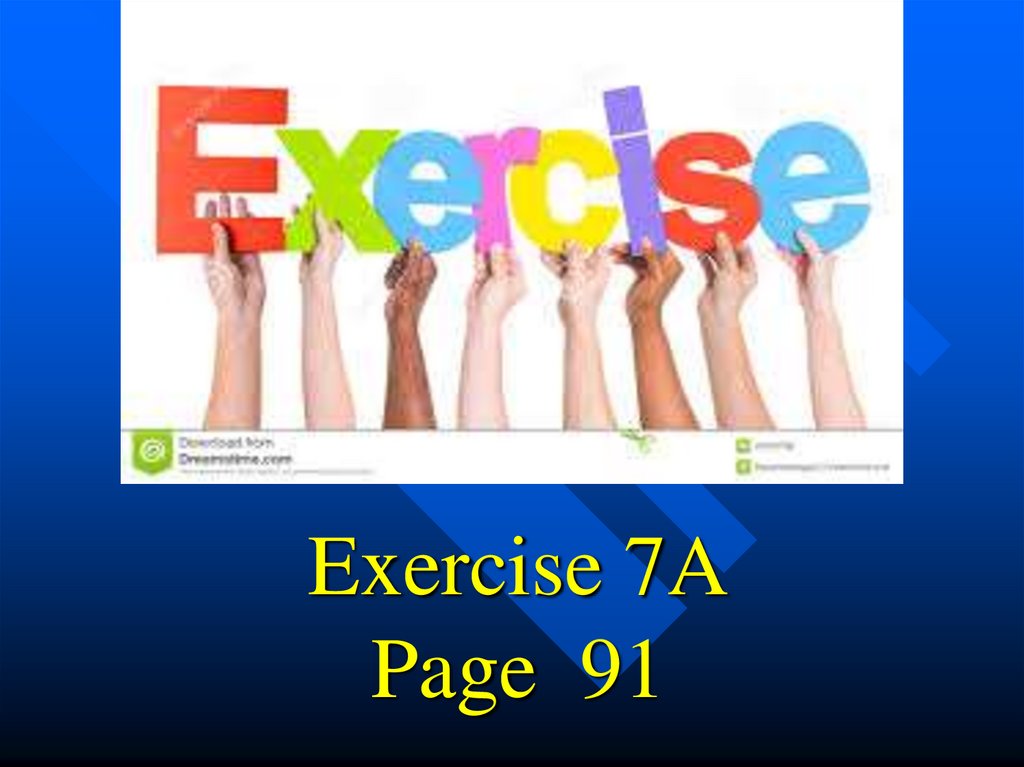
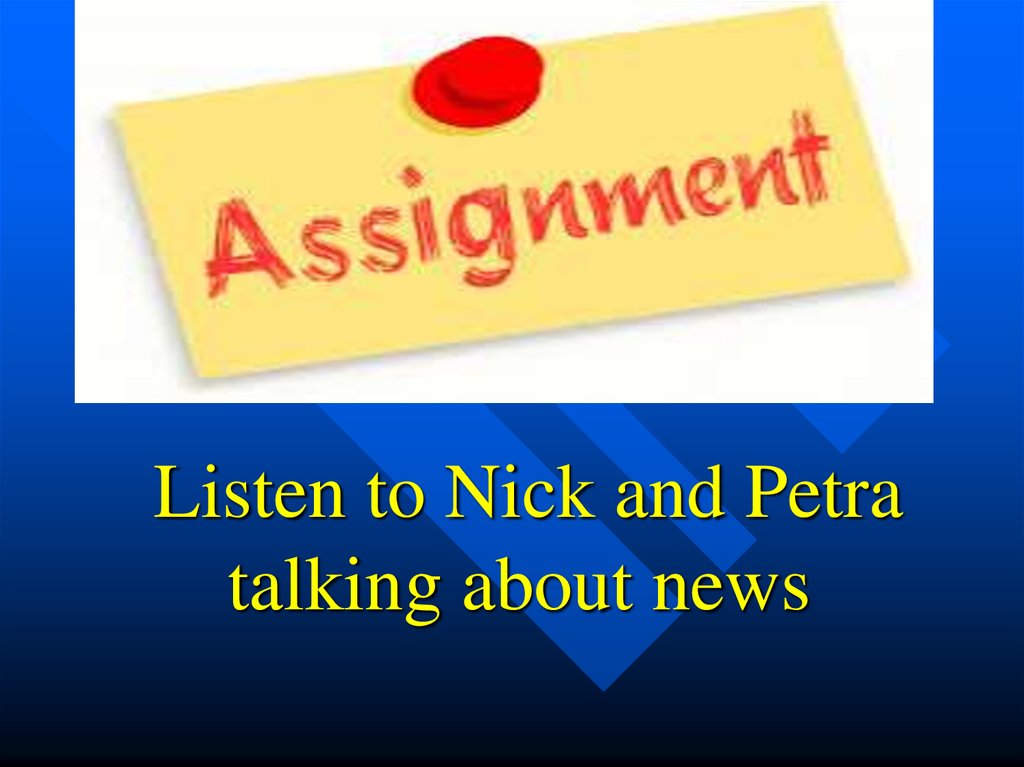
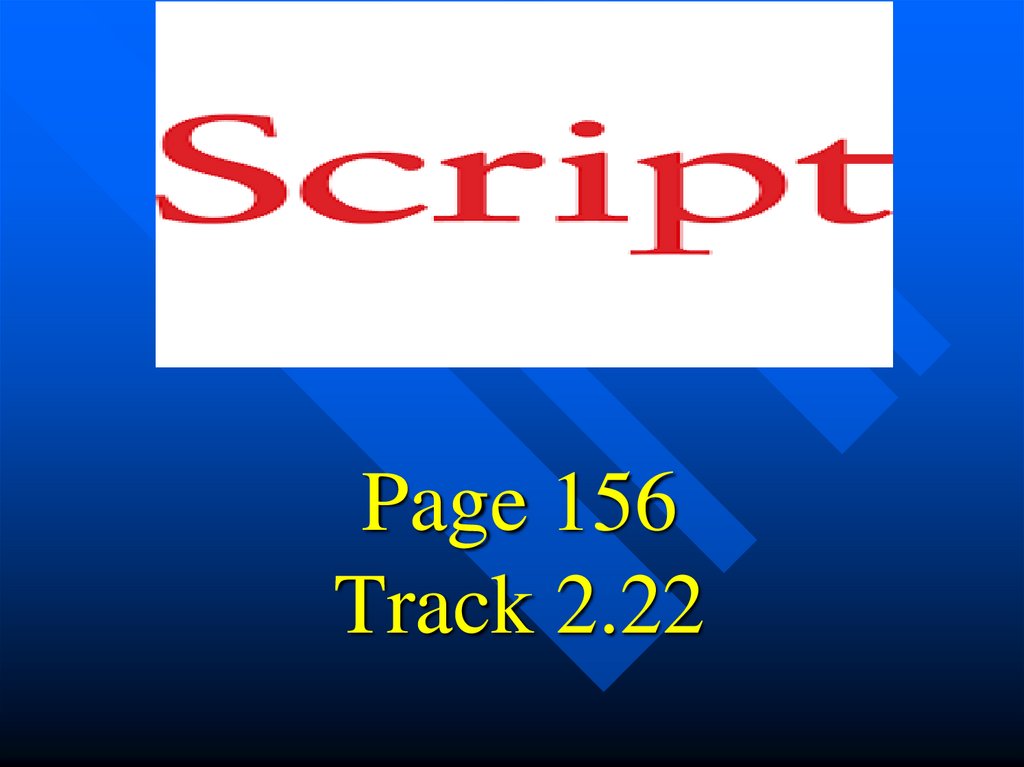
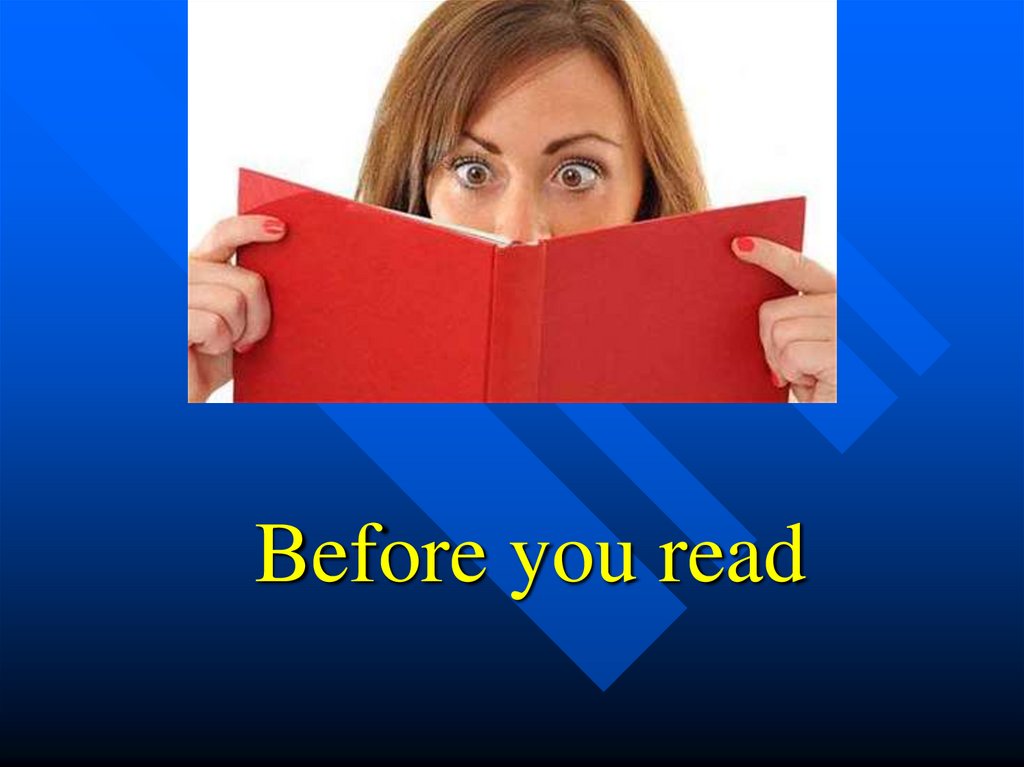
![Election [I’lekʃən]- выборы Election [I’lekʃən]- выборы](https://cf4.ppt-online.org/files4/slide/x/X0buj6FxWLVE1RBeIgPlDQAG2N4vowy8ckq3Oa/slide-184.jpg)
![Amazing [ə’meiziŋ]- удивительный (вызывает восхищение) Amazing [ə’meiziŋ]- удивительный (вызывает восхищение)](https://cf4.ppt-online.org/files4/slide/x/X0buj6FxWLVE1RBeIgPlDQAG2N4vowy8ckq3Oa/slide-185.jpg)
![Surprising [sə’praiziŋ]- удивительный (вызывает удивление) Surprising [sə’praiziŋ]- удивительный (вызывает удивление)](https://cf4.ppt-online.org/files4/slide/x/X0buj6FxWLVE1RBeIgPlDQAG2N4vowy8ckq3Oa/slide-186.jpg)
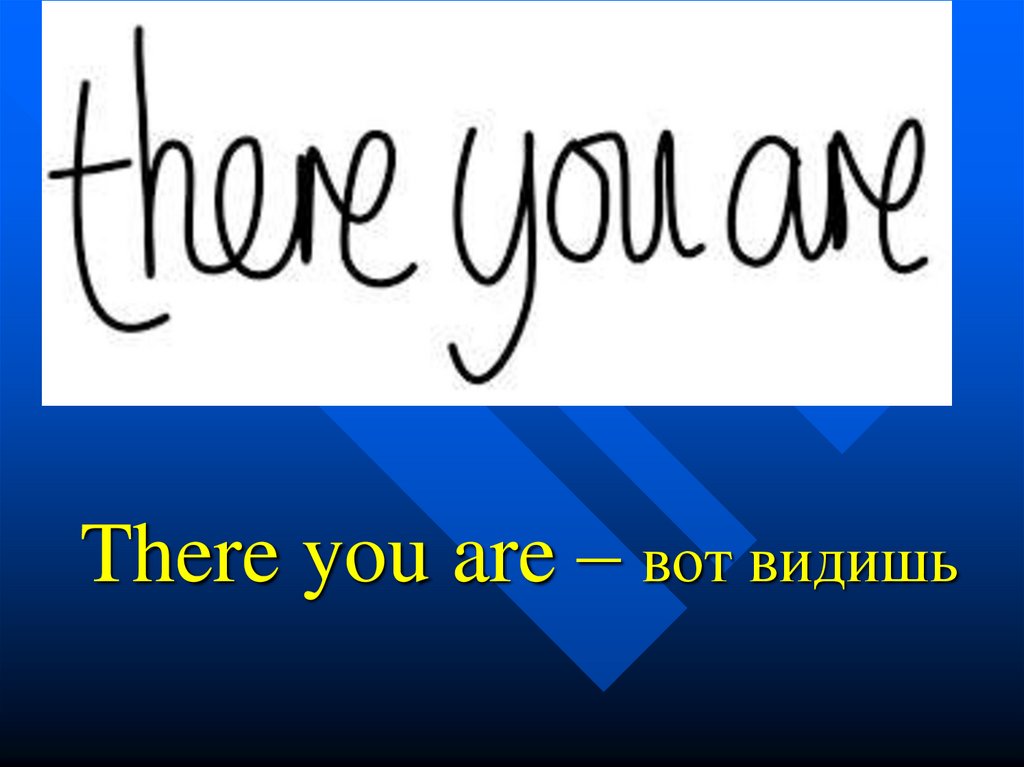
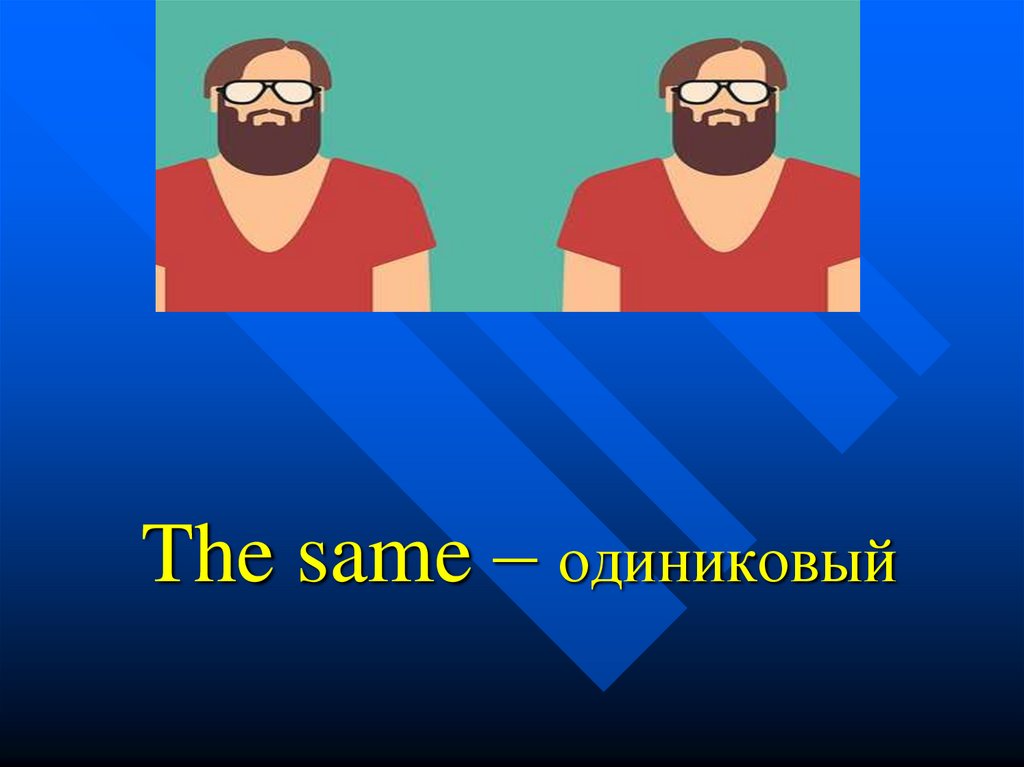
![Source [so:s] - источник Source [so:s] - источник](https://cf4.ppt-online.org/files4/slide/x/X0buj6FxWLVE1RBeIgPlDQAG2N4vowy8ckq3Oa/slide-189.jpg)
![News source [so:s] – источник новостей News source [so:s] – источник новостей](https://cf4.ppt-online.org/files4/slide/x/X0buj6FxWLVE1RBeIgPlDQAG2N4vowy8ckq3Oa/slide-190.jpg)
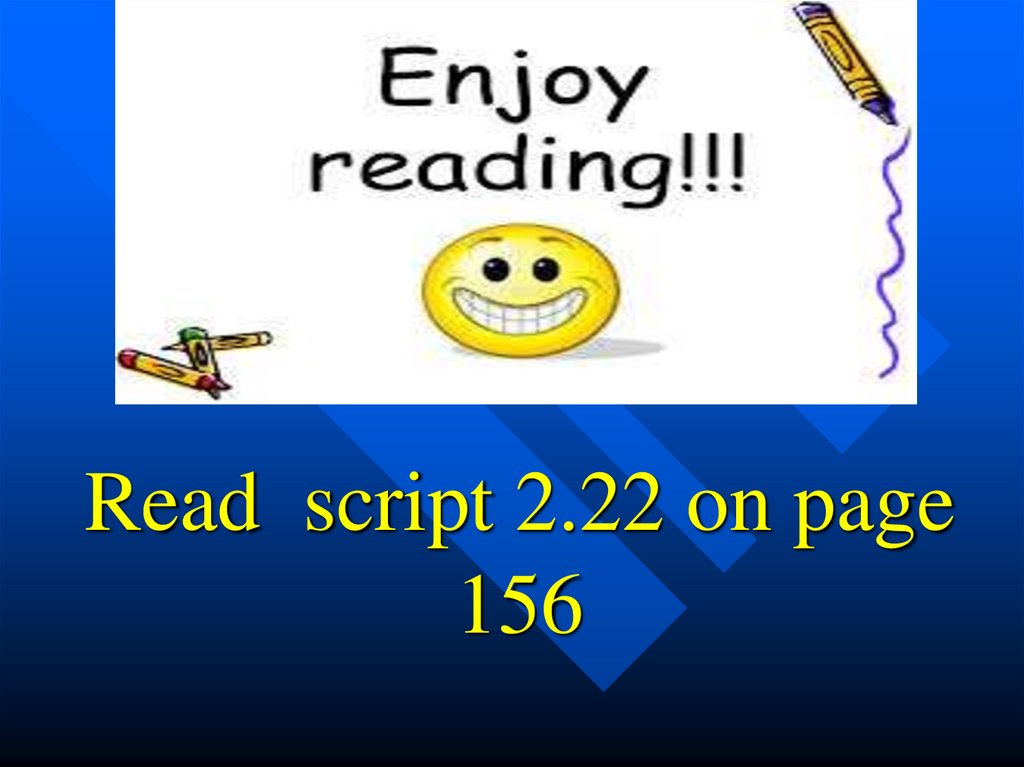
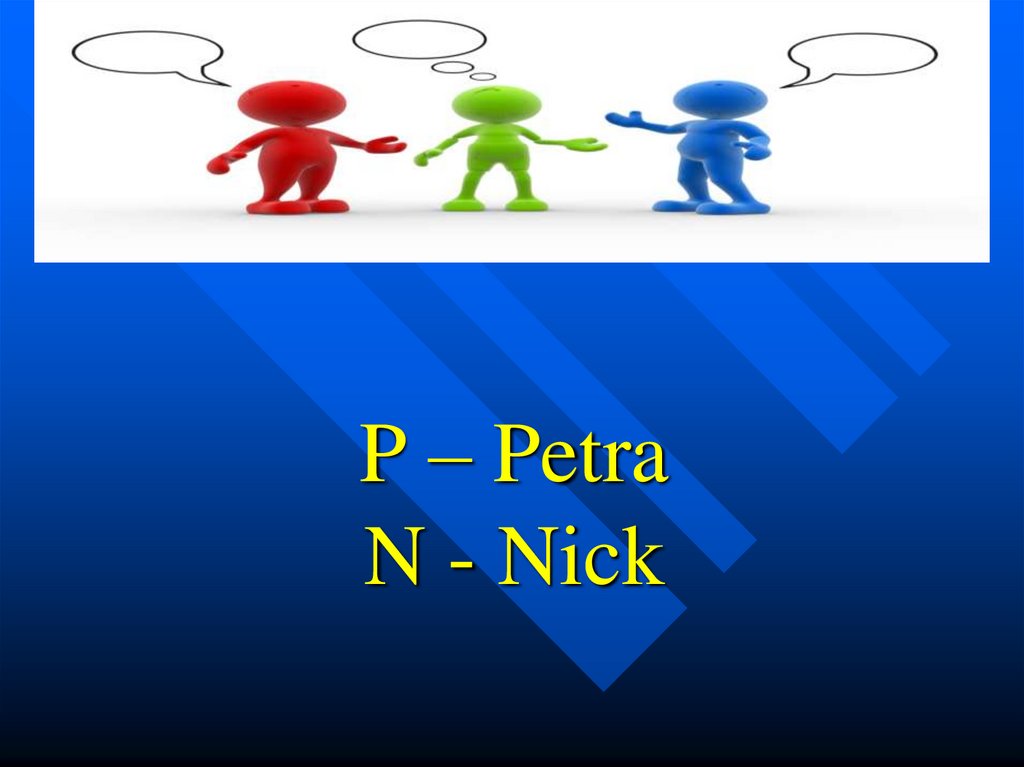
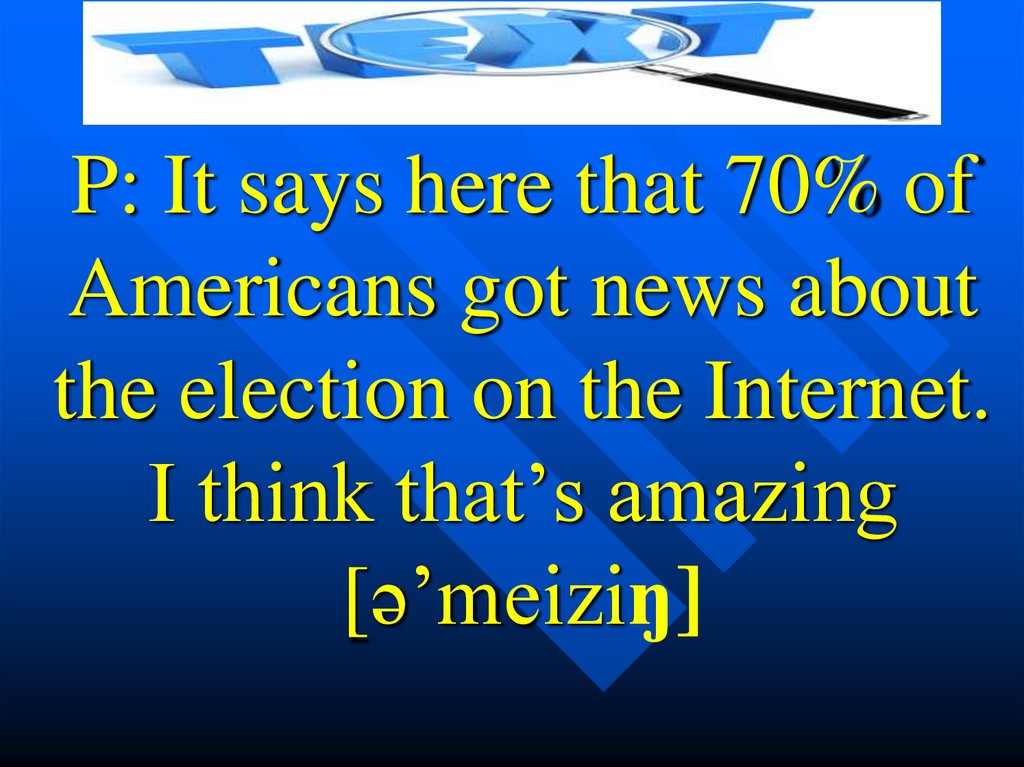
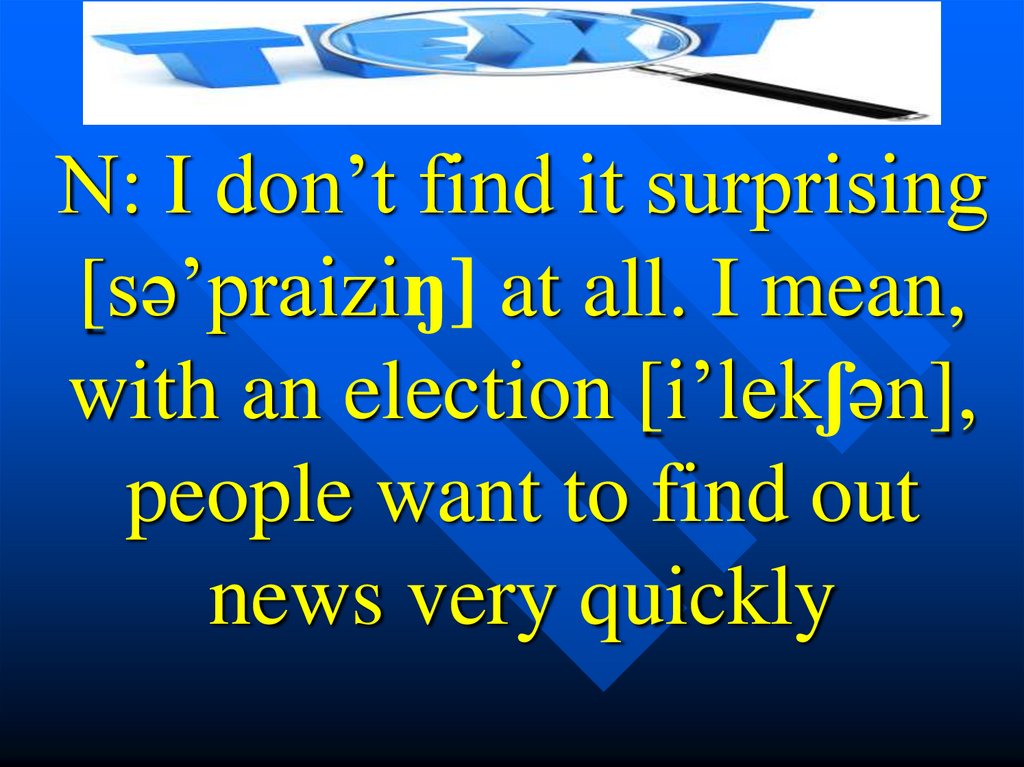
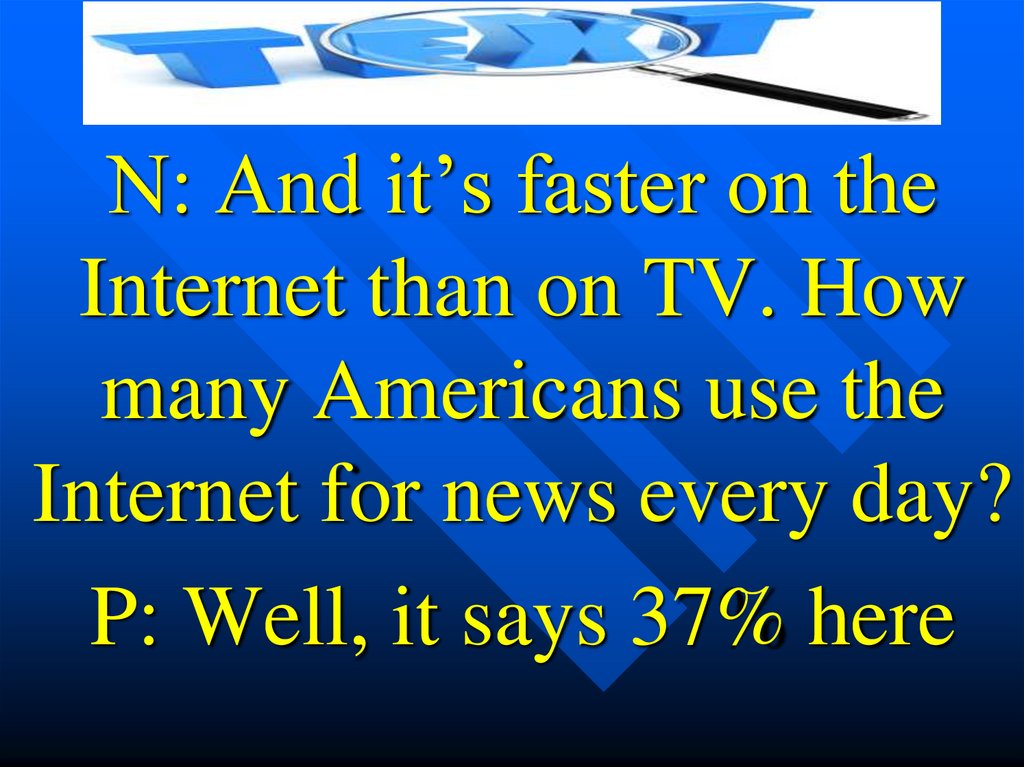
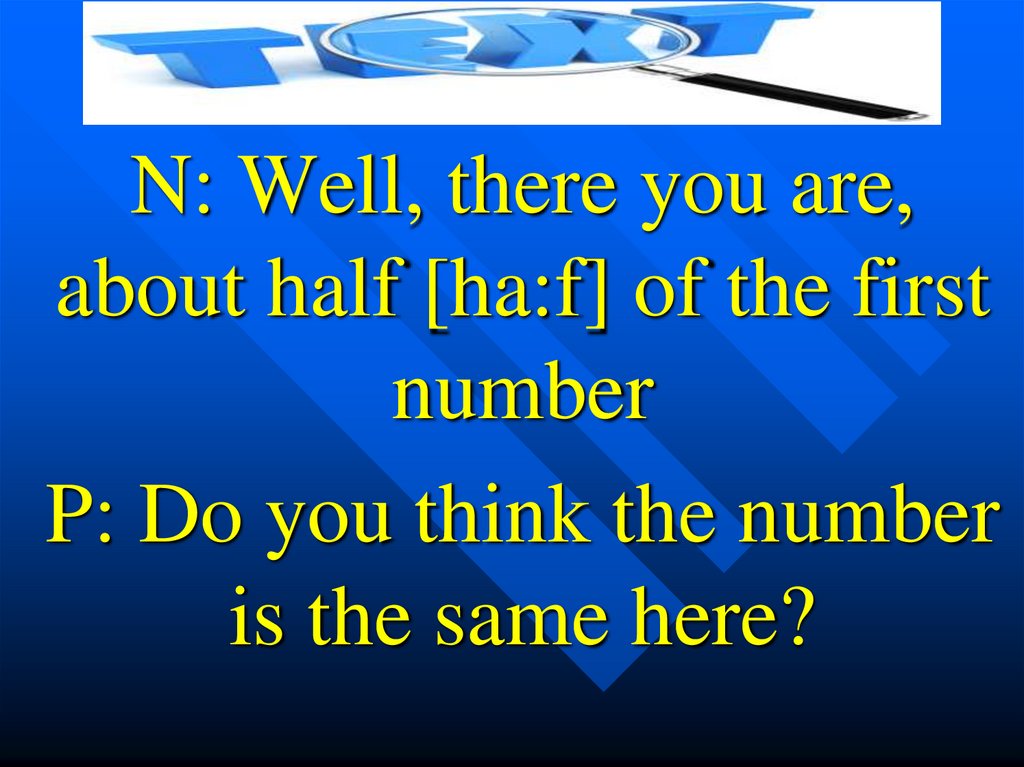
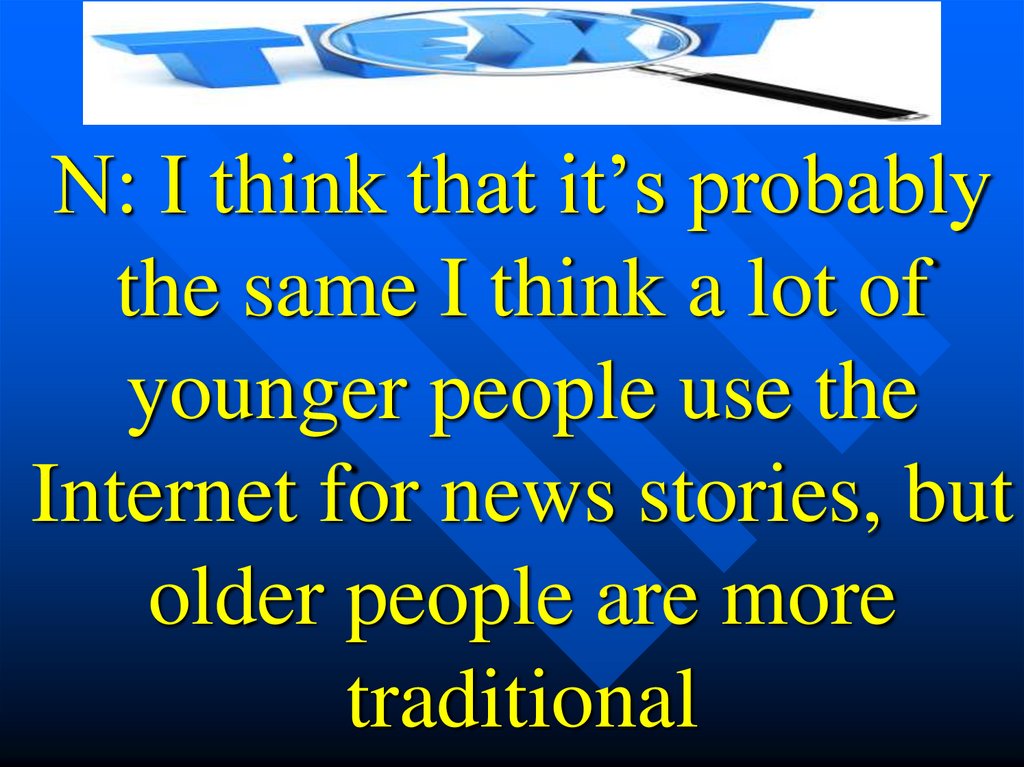
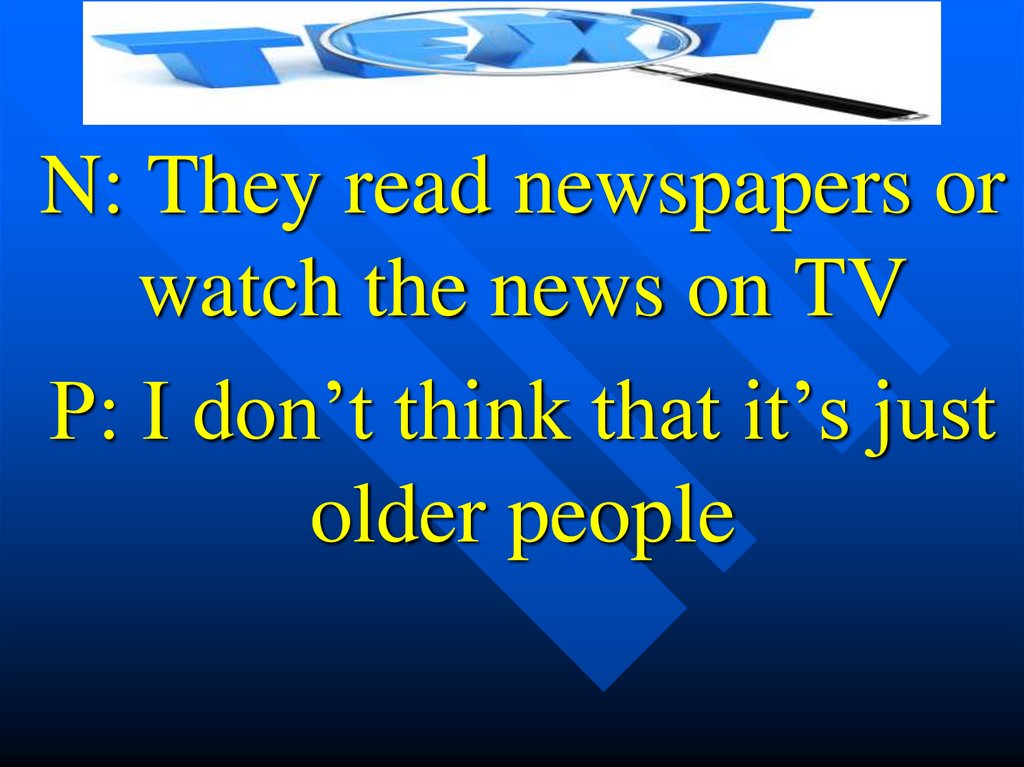
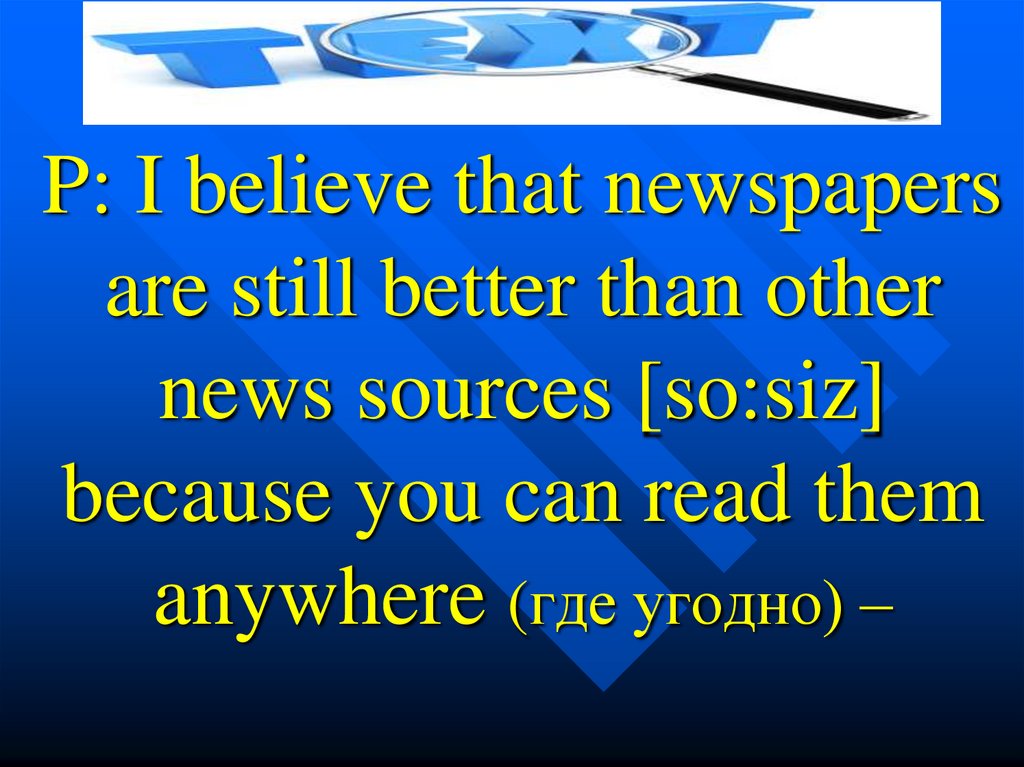
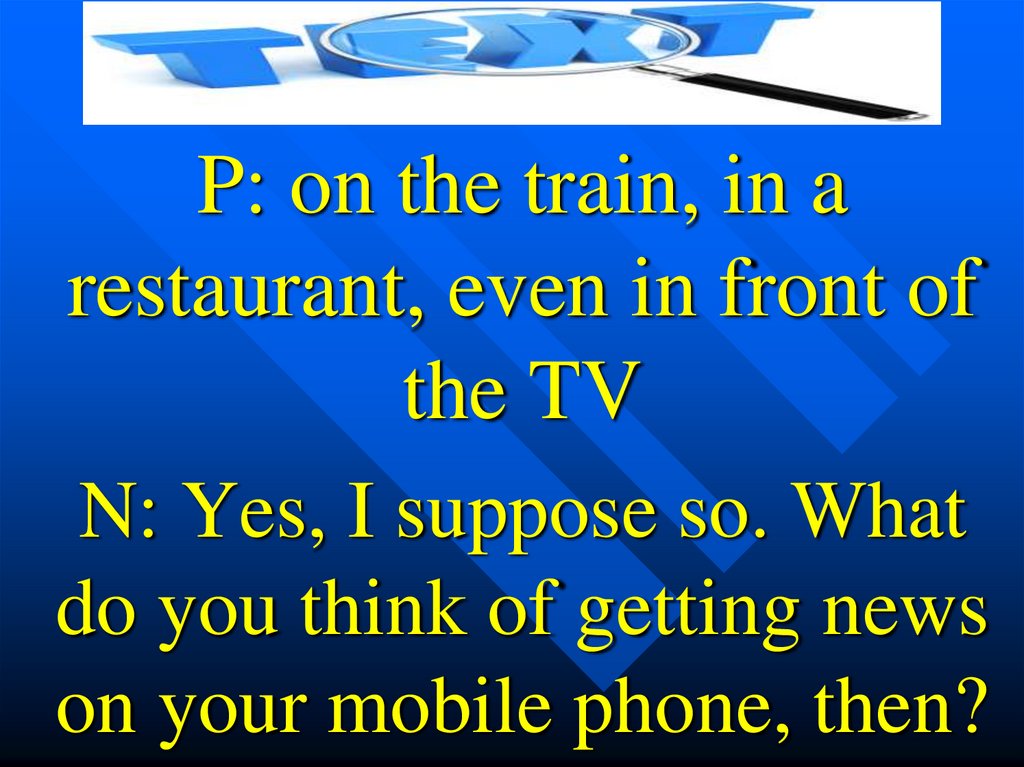
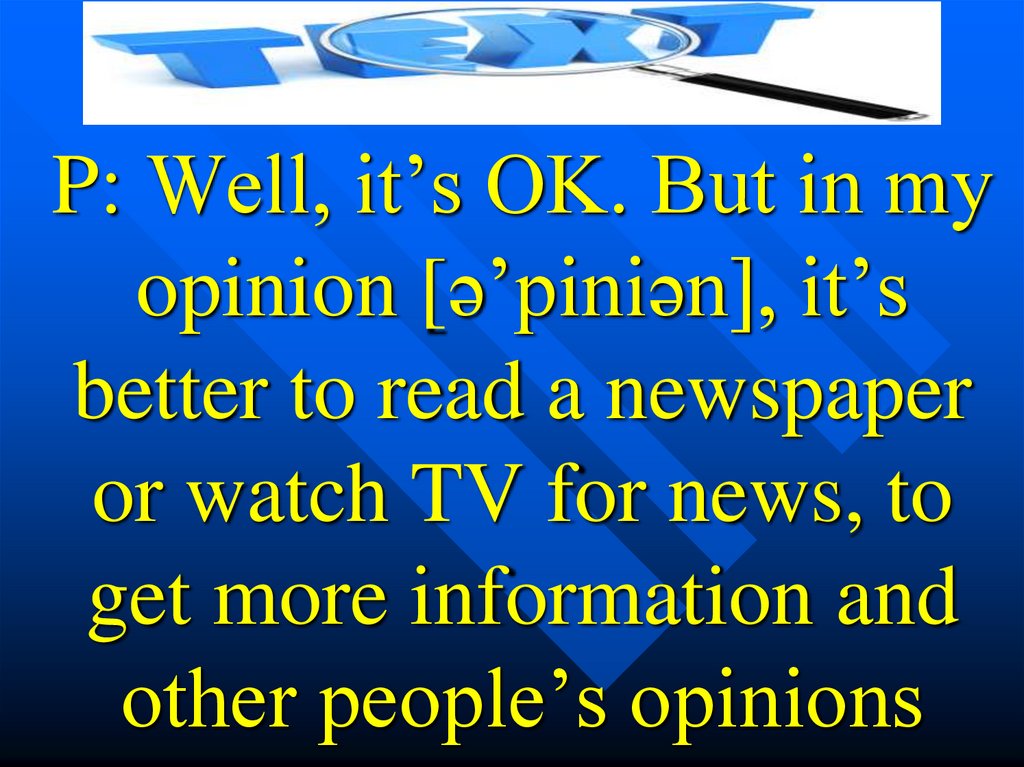
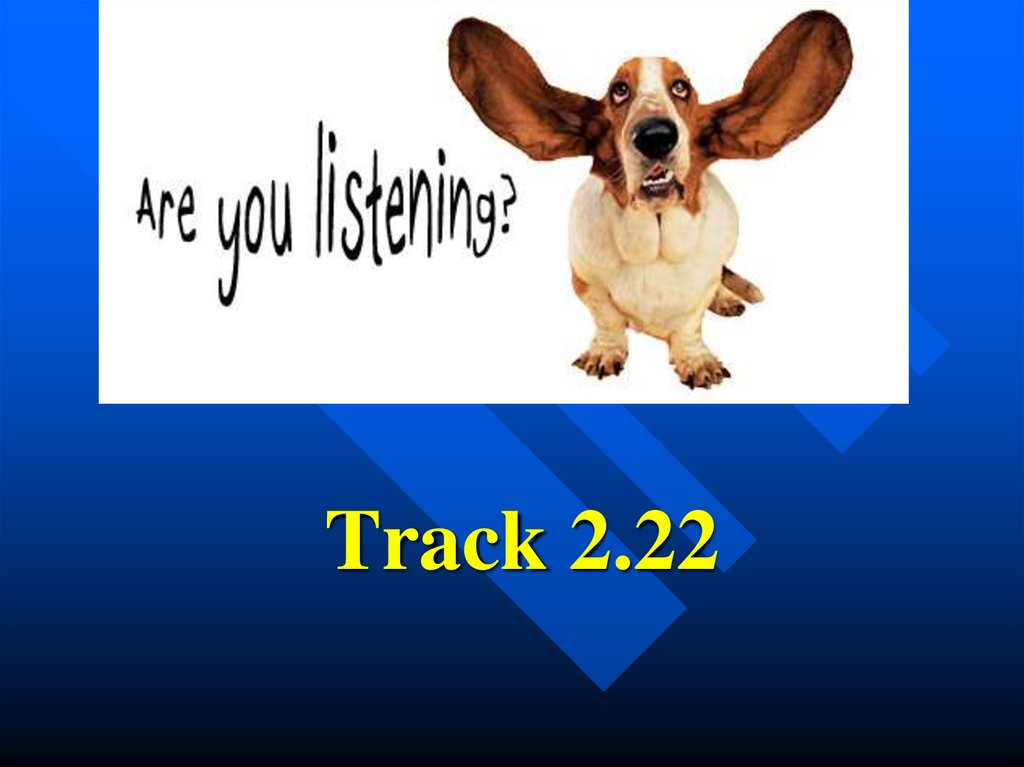
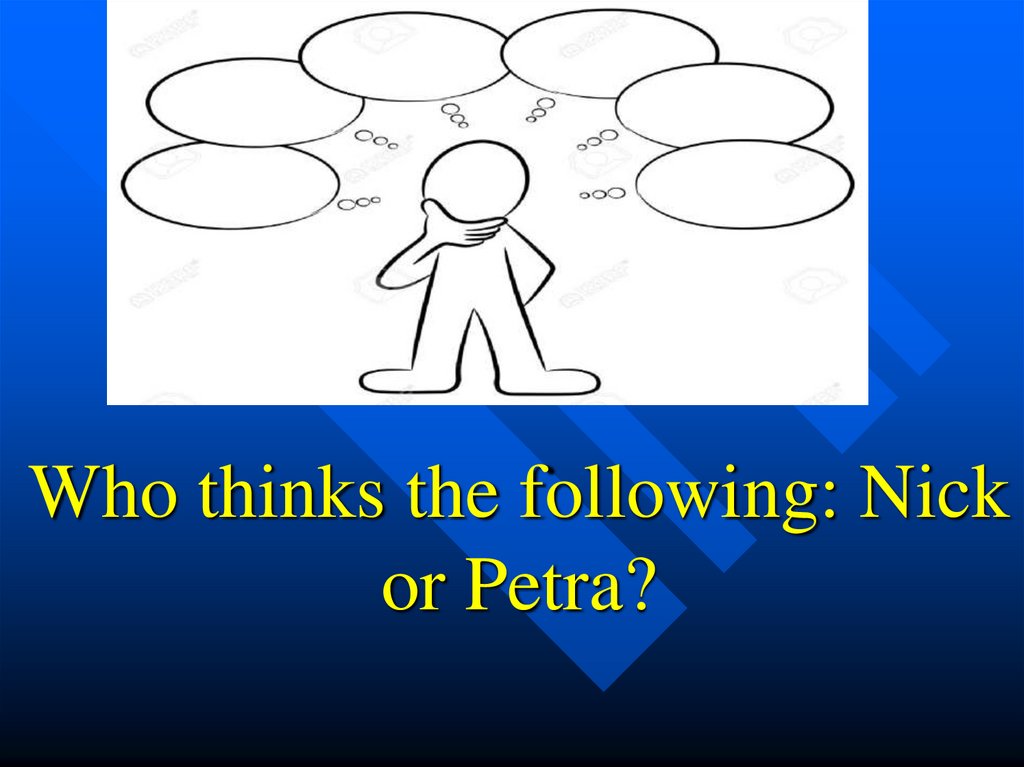
![1. The number of Americans using the Internet is amazing [ə’meiziŋ] 1. The number of Americans using the Internet is amazing [ə’meiziŋ]](https://cf4.ppt-online.org/files4/slide/x/X0buj6FxWLVE1RBeIgPlDQAG2N4vowy8ckq3Oa/slide-204.jpg)
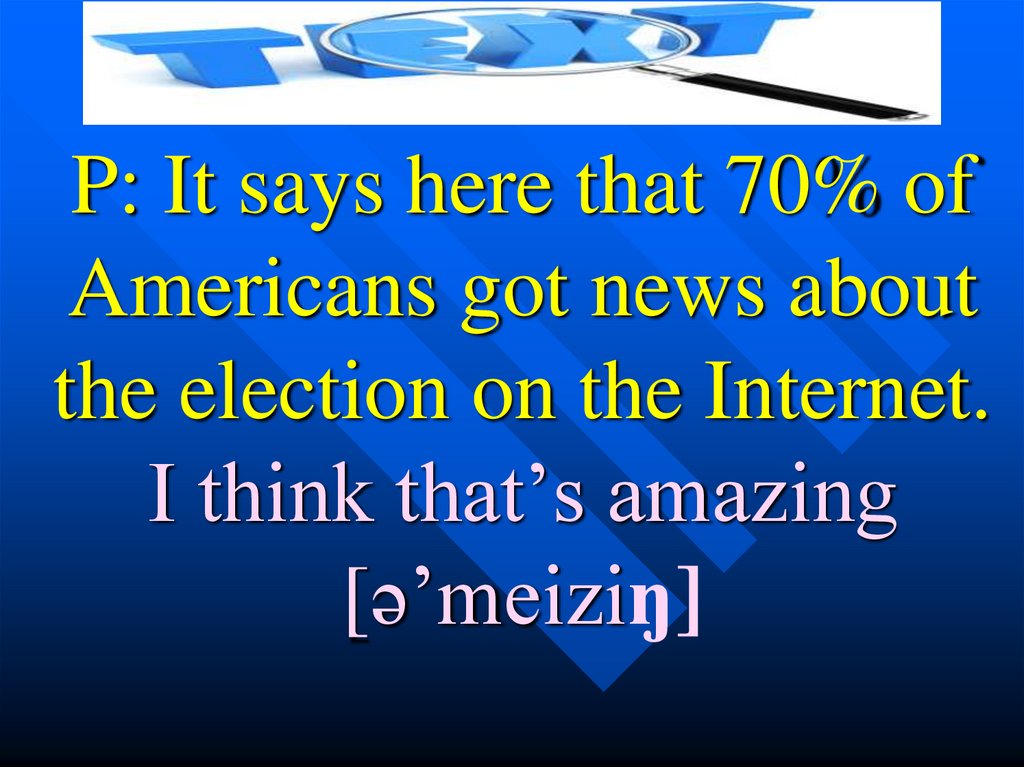
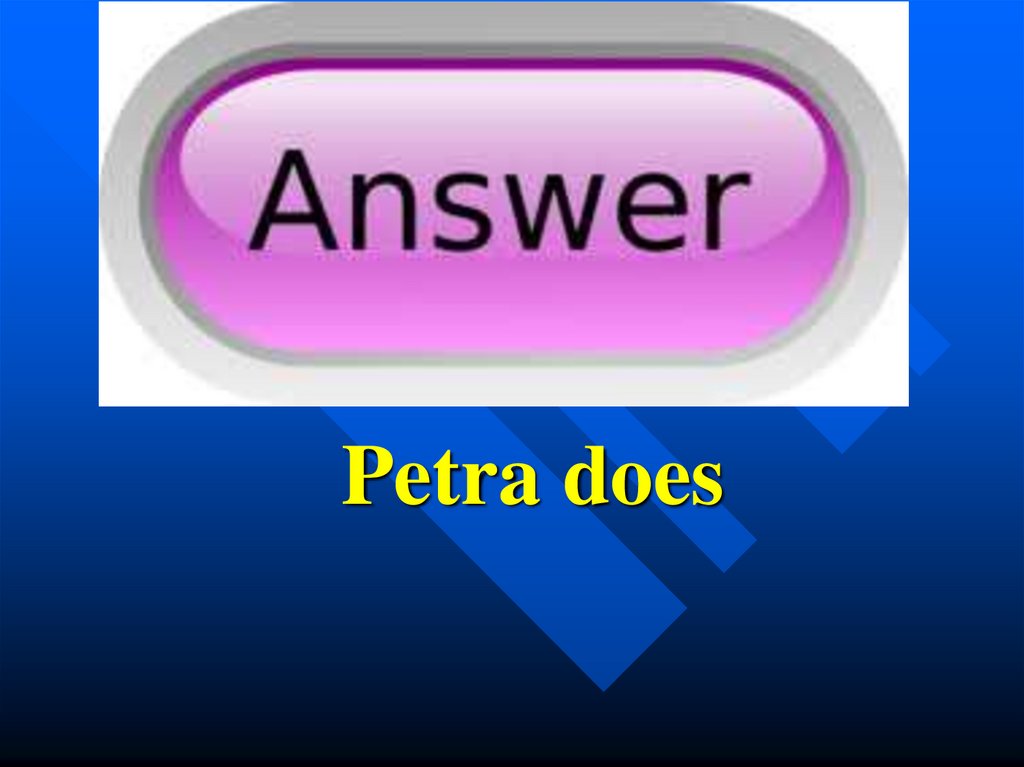
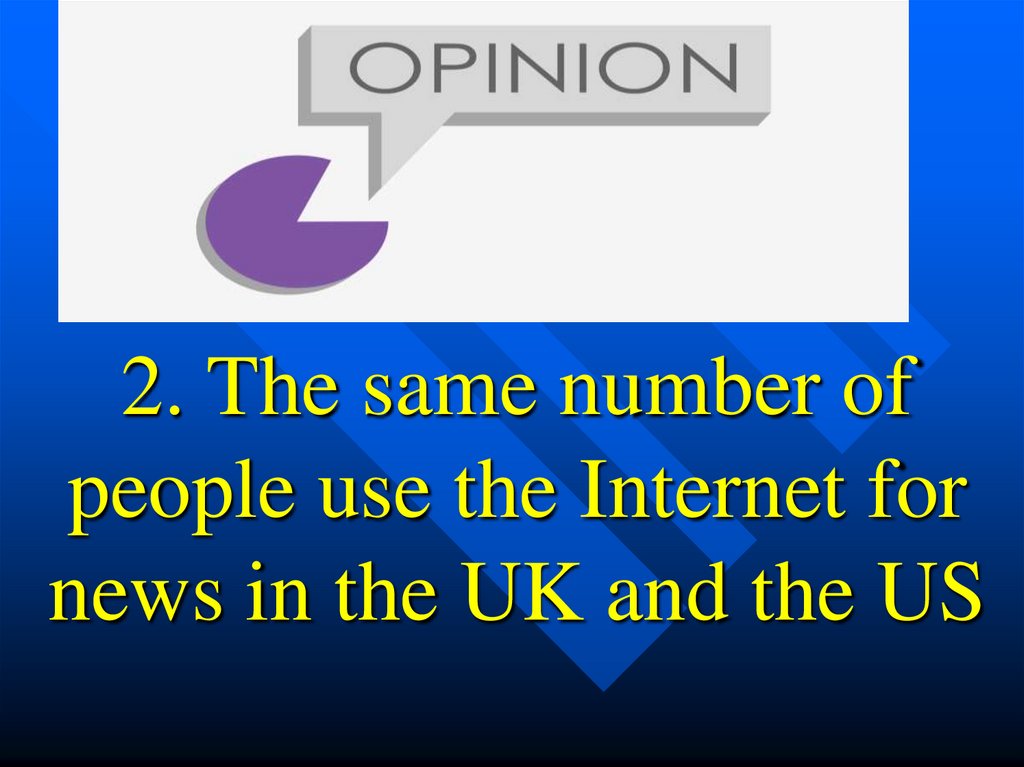
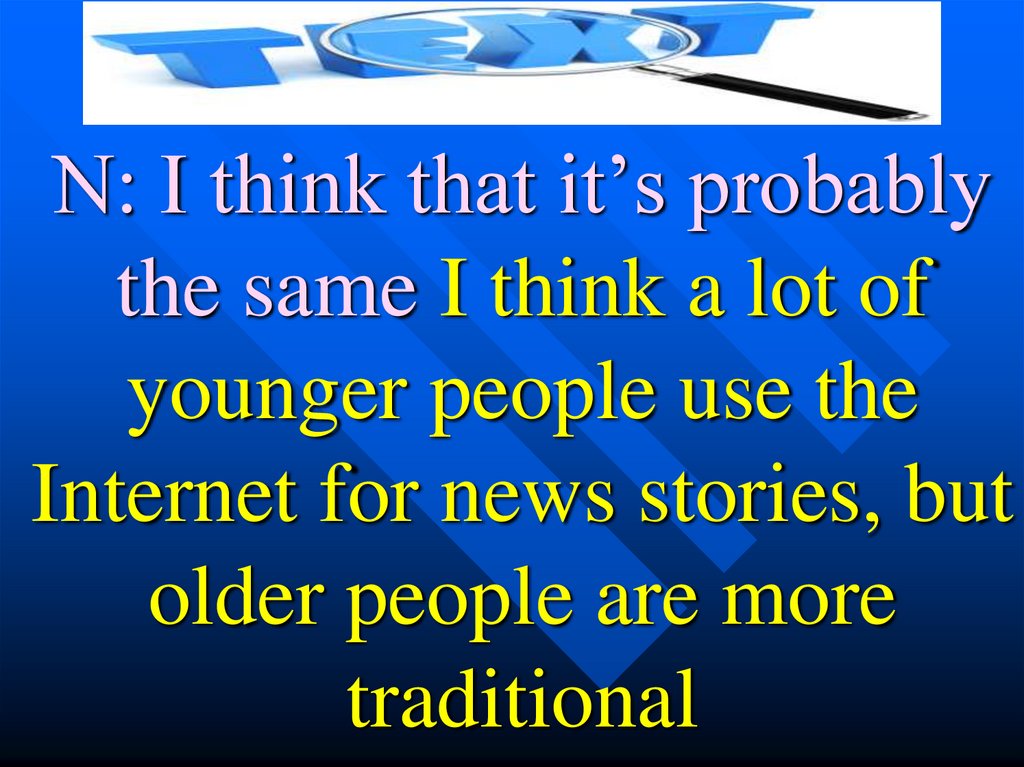
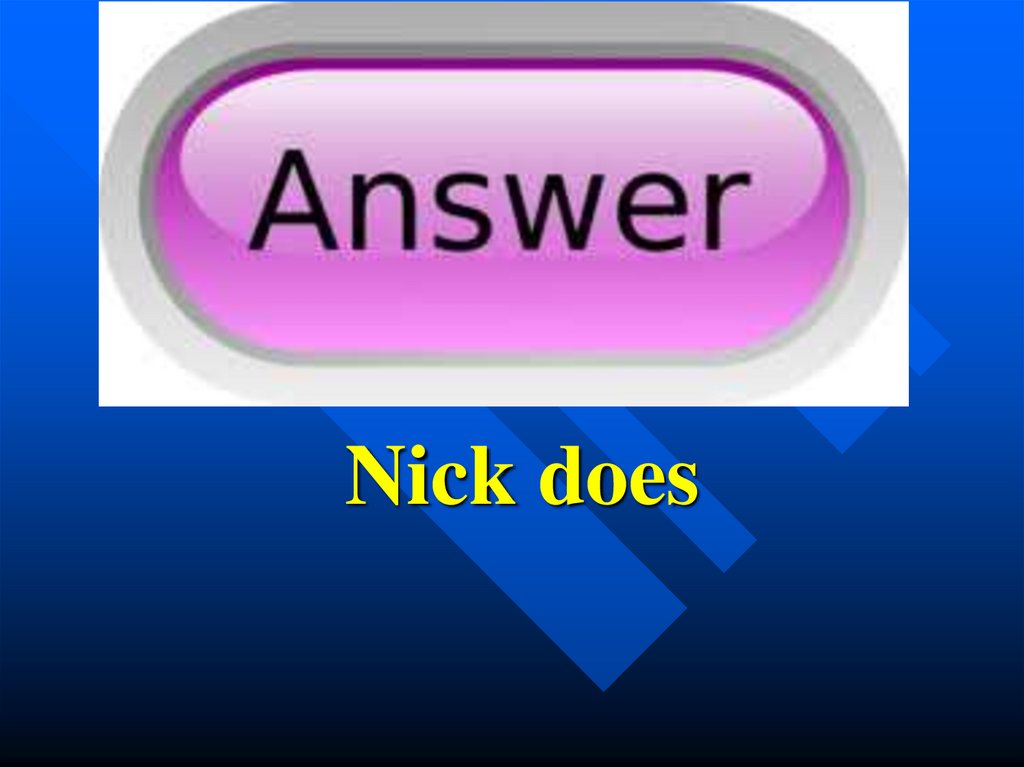
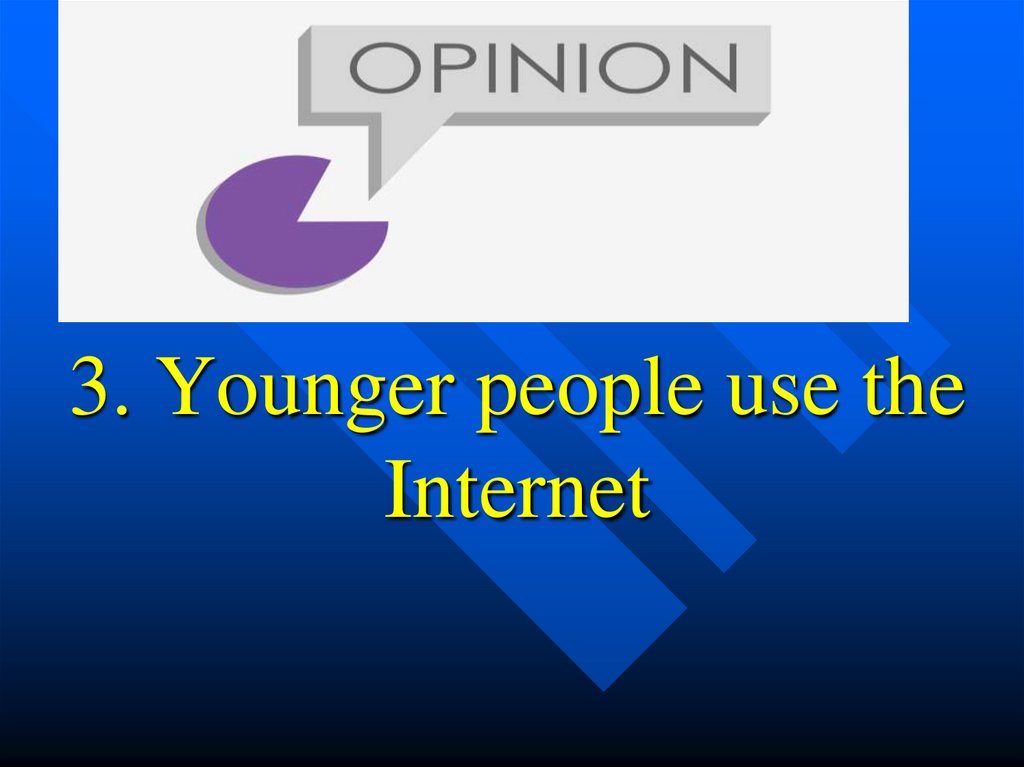
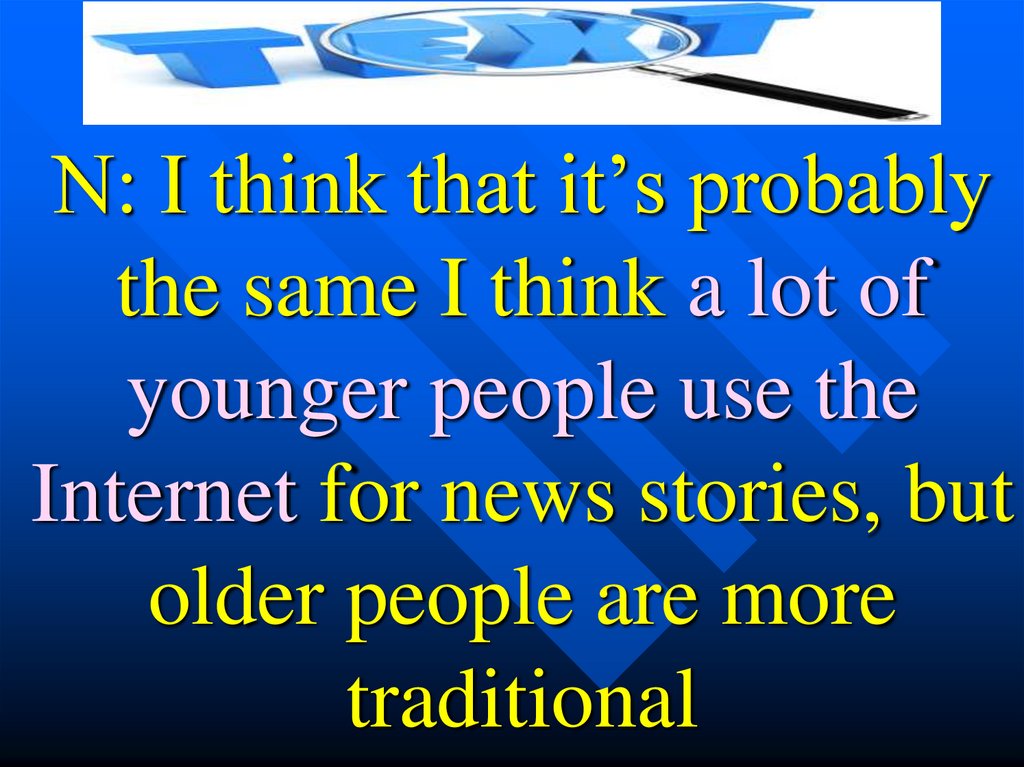
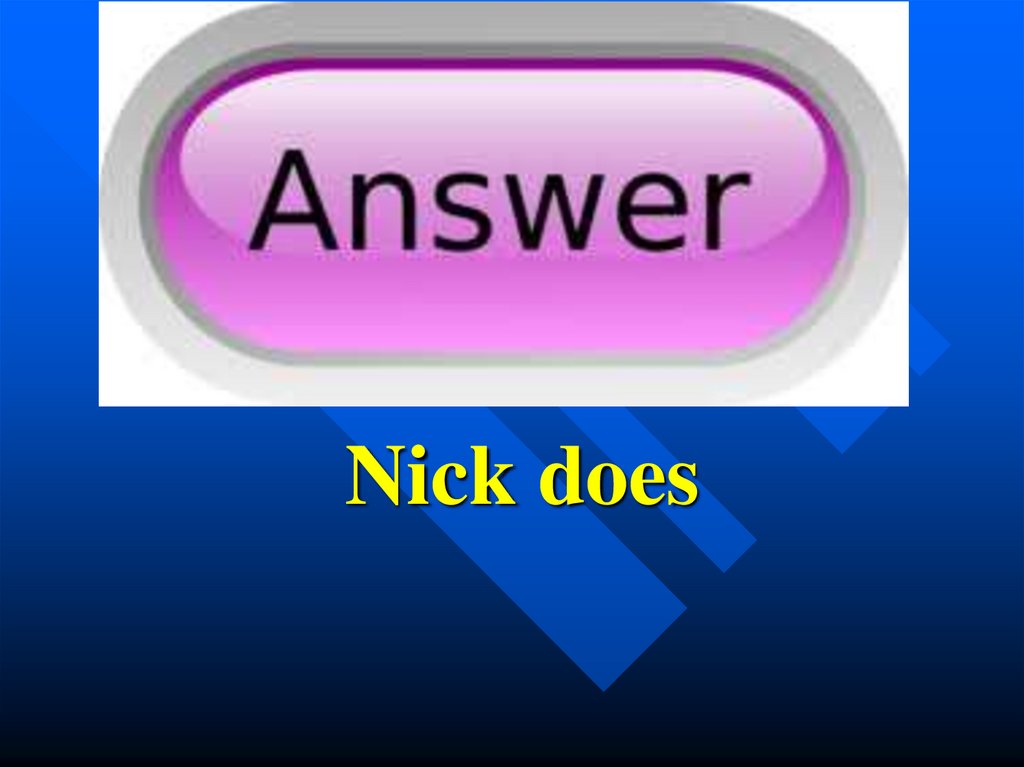
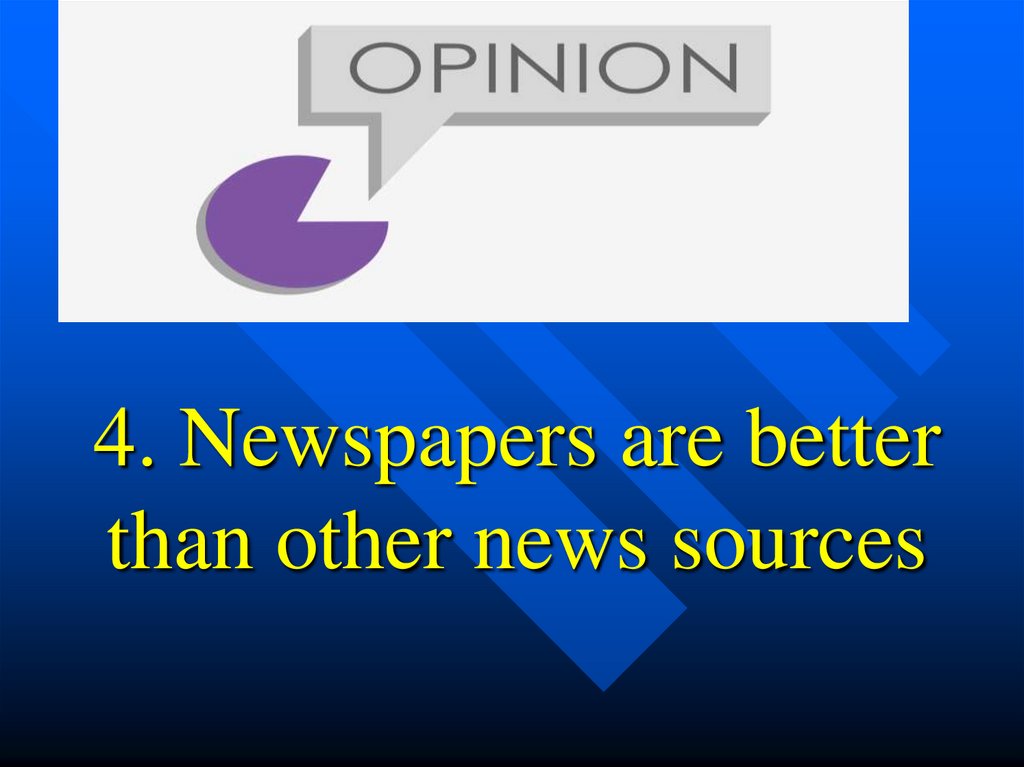
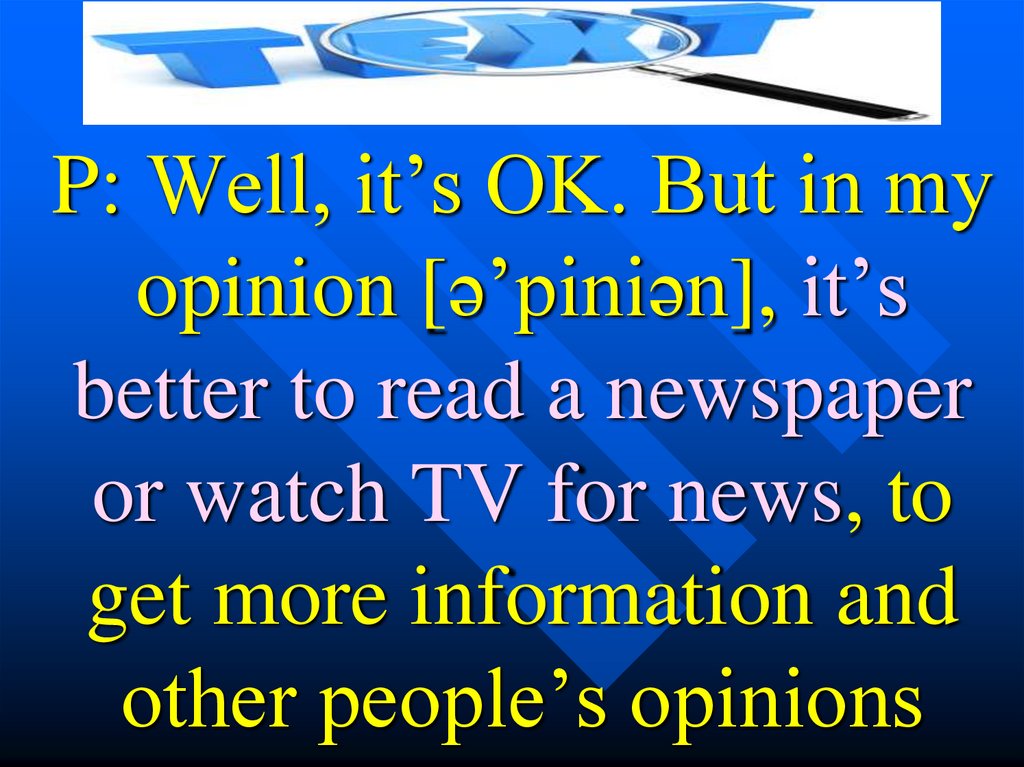
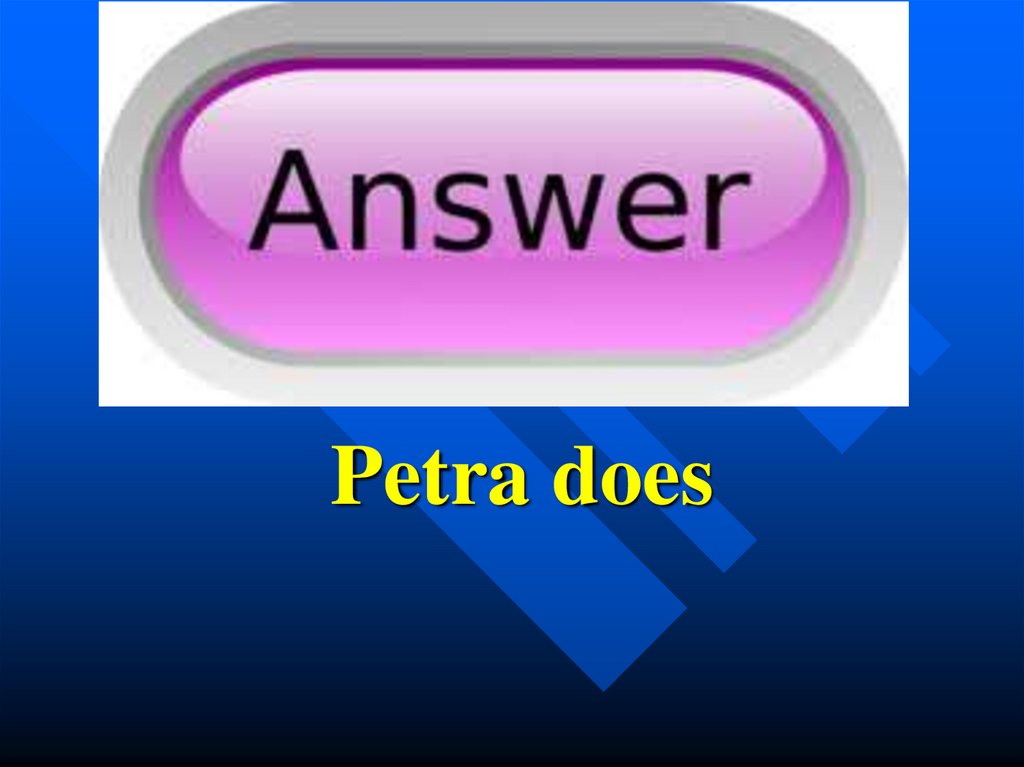
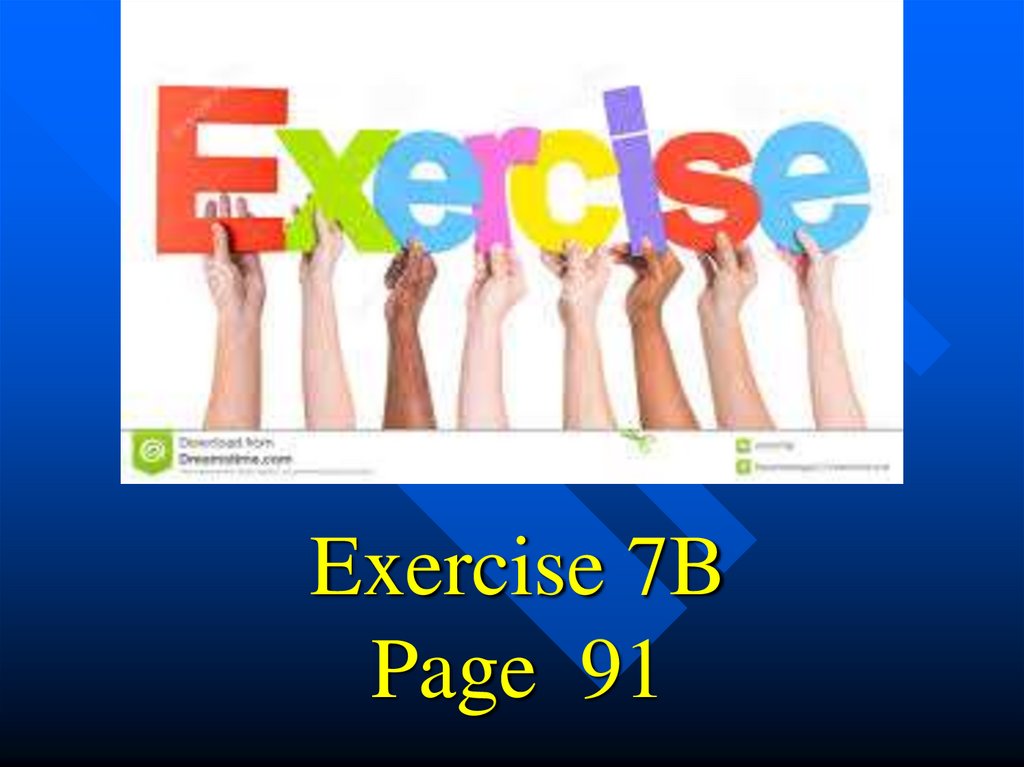
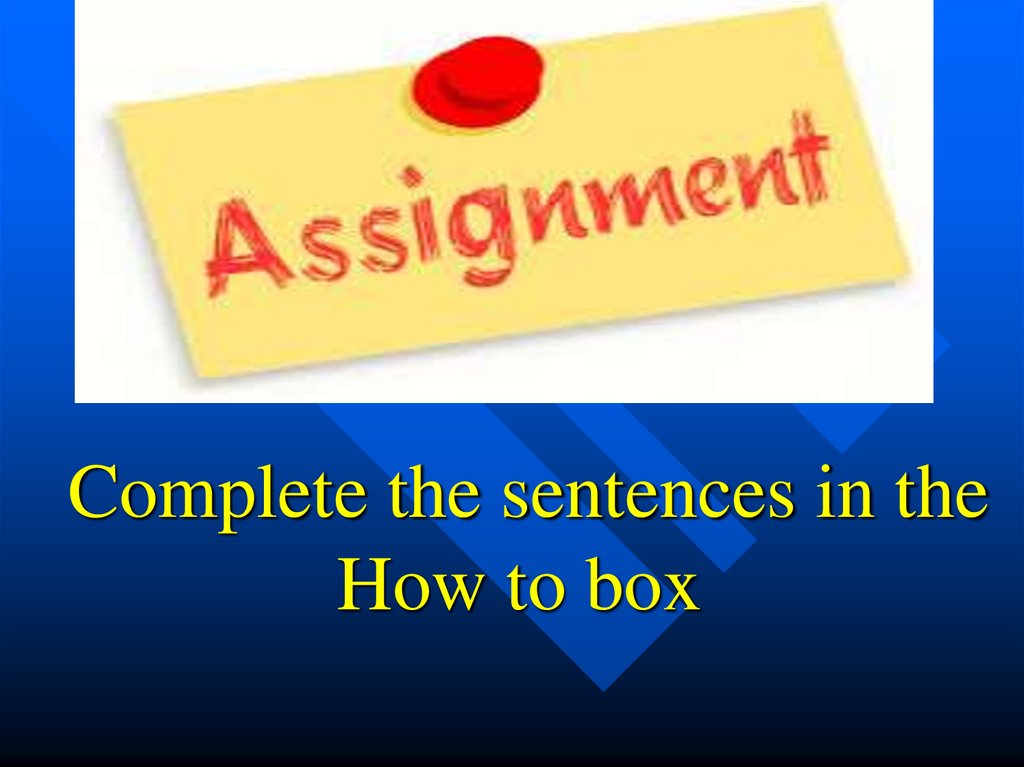
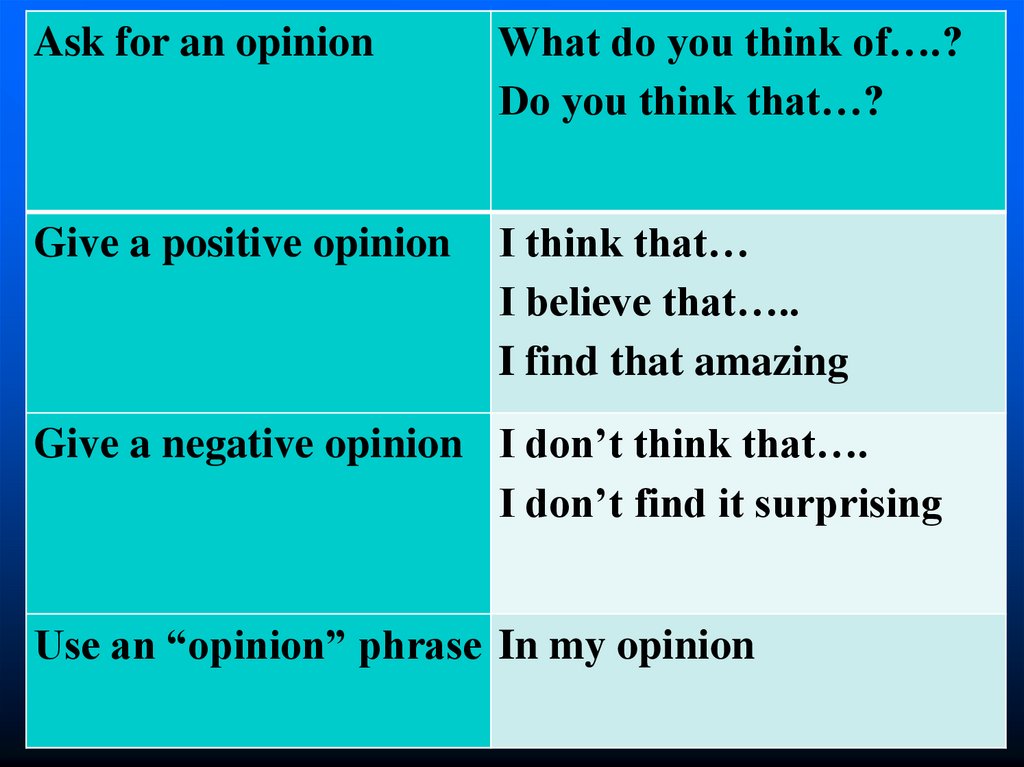
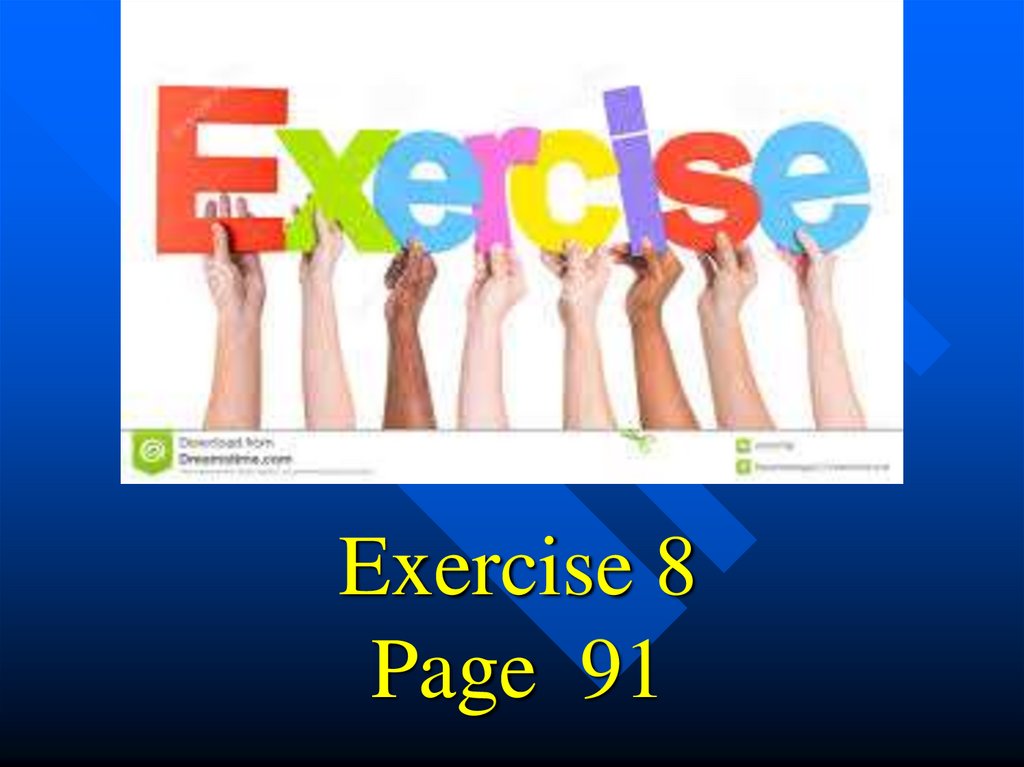
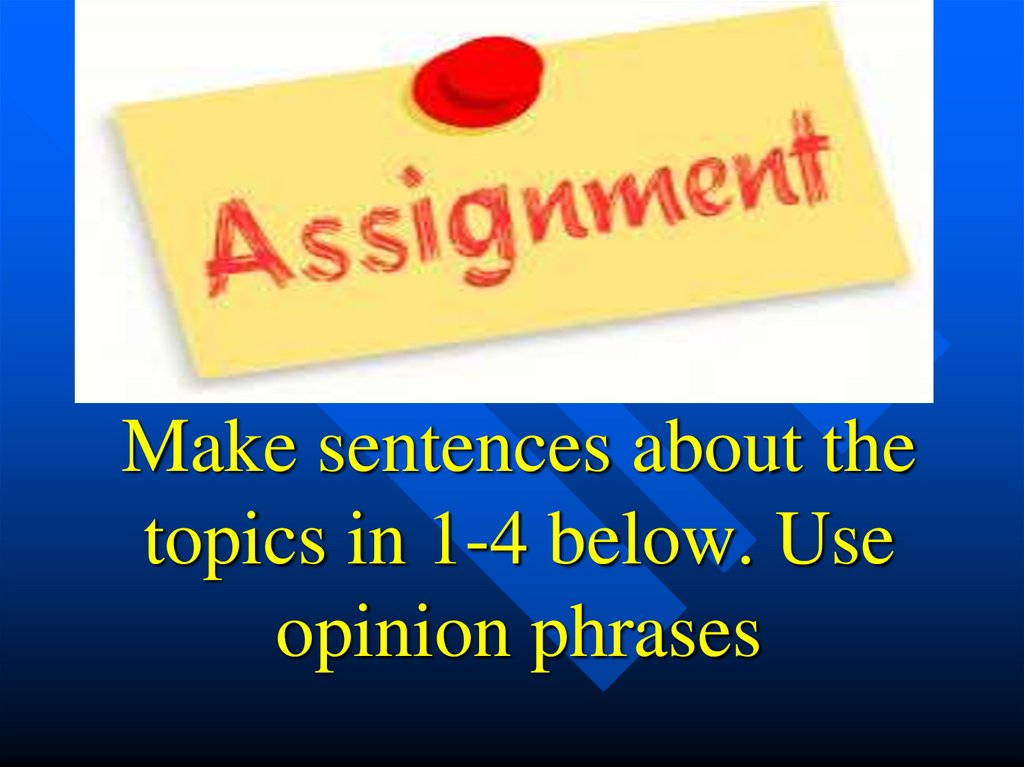
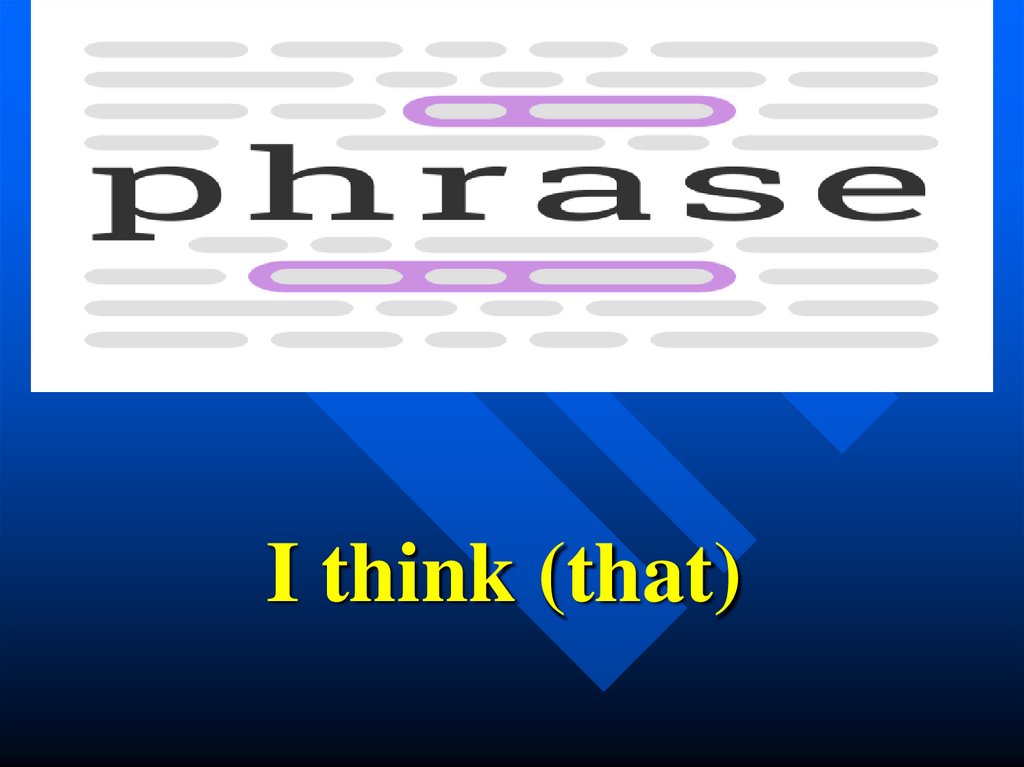
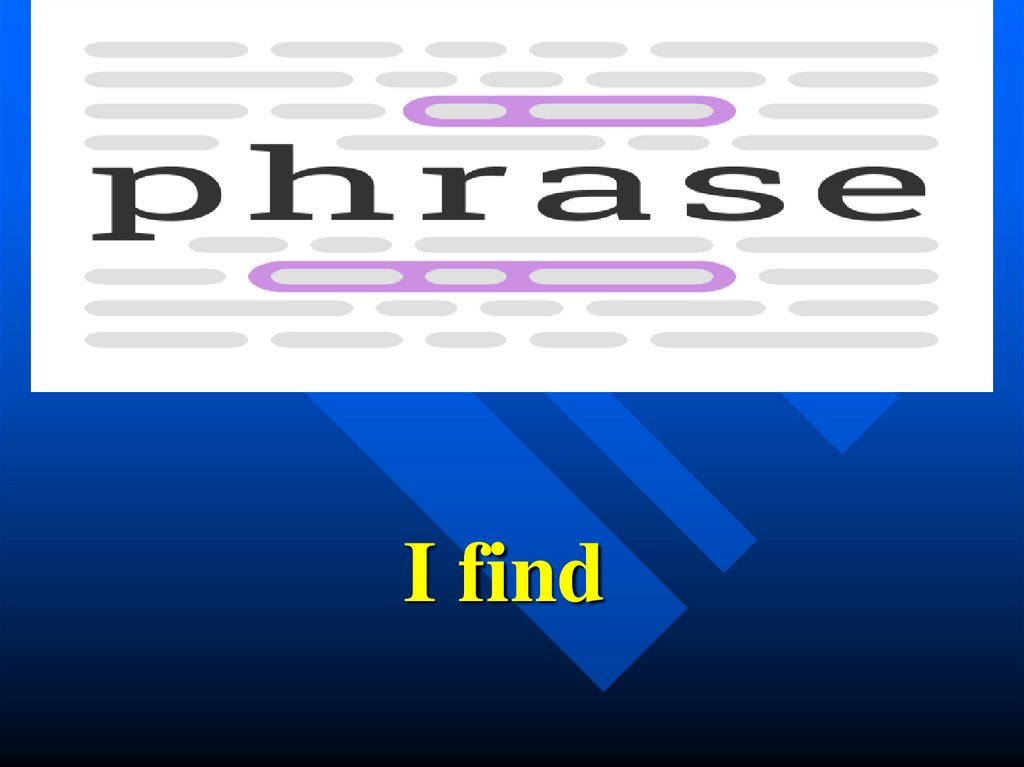
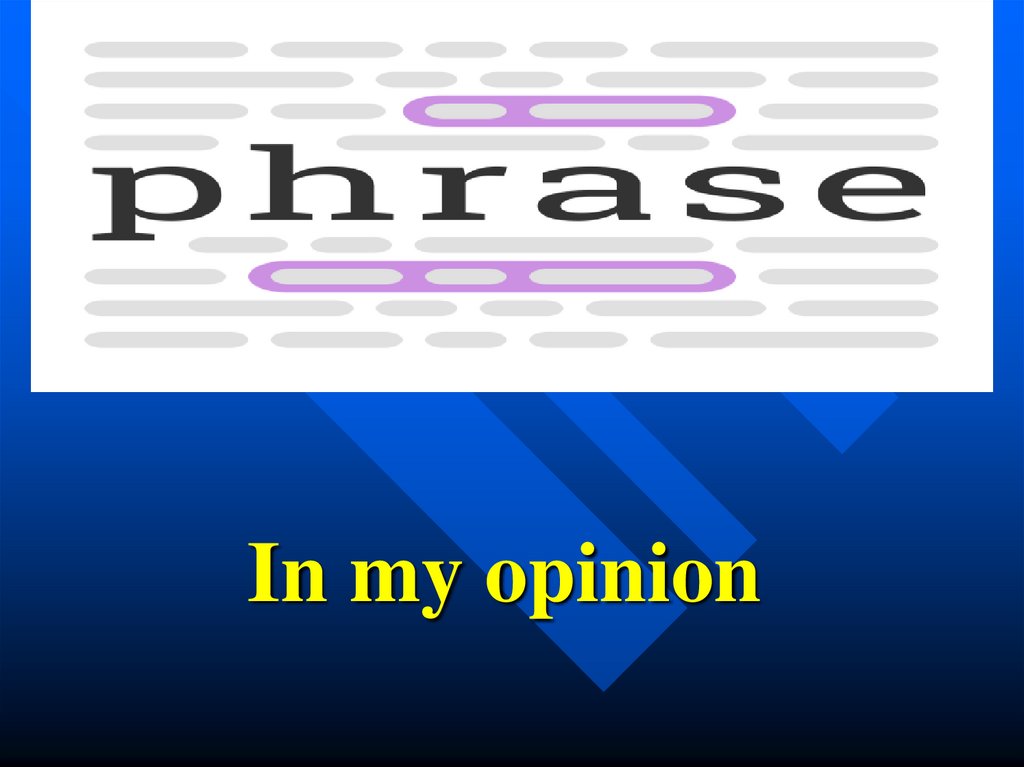
![1. Entertainment [entə’teinmənt] – развлечение: TV, theater, concerts 1. Entertainment [entə’teinmənt] – развлечение: TV, theater, concerts](https://cf4.ppt-online.org/files4/slide/x/X0buj6FxWLVE1RBeIgPlDQAG2N4vowy8ckq3Oa/slide-224.jpg)
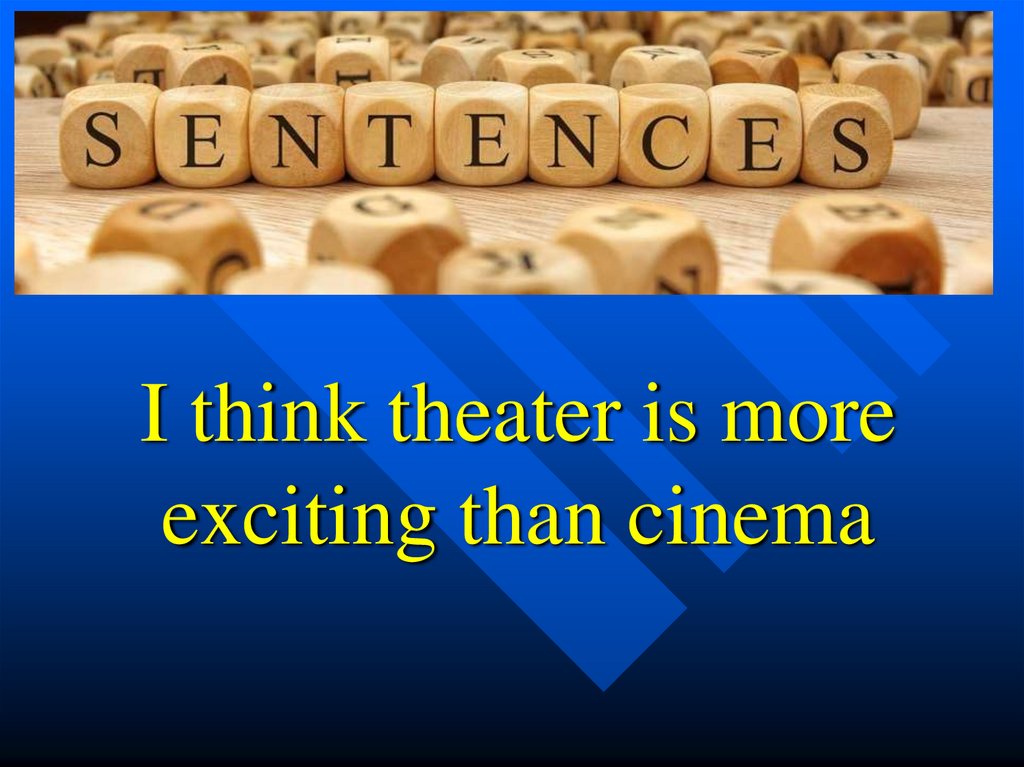
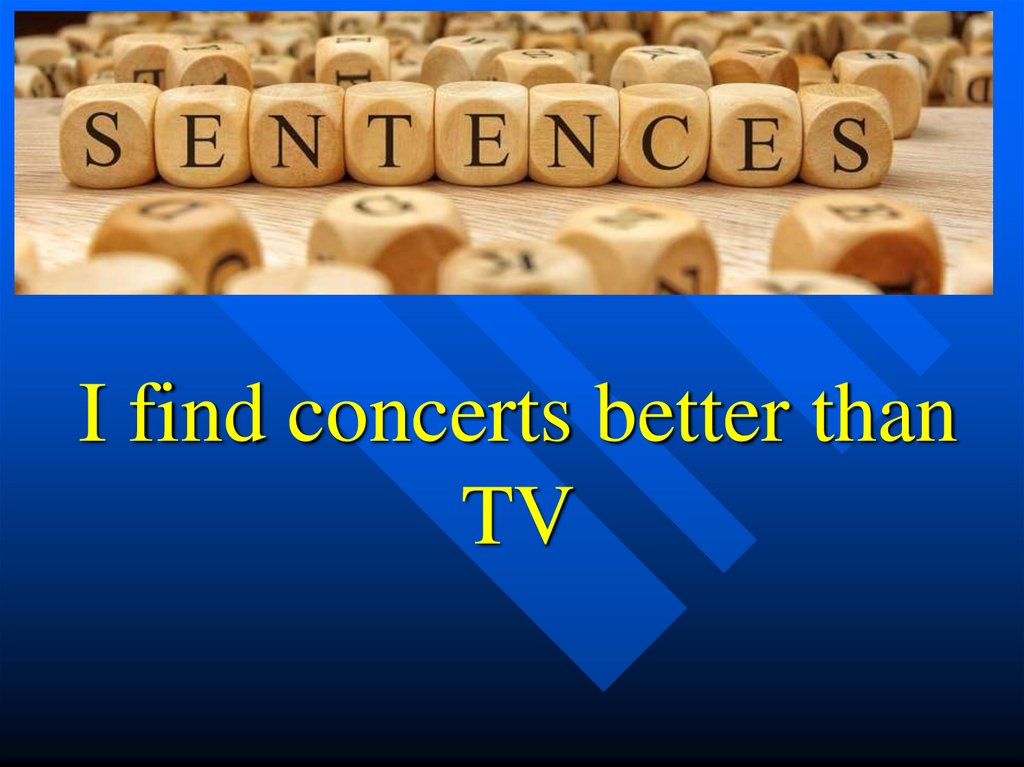
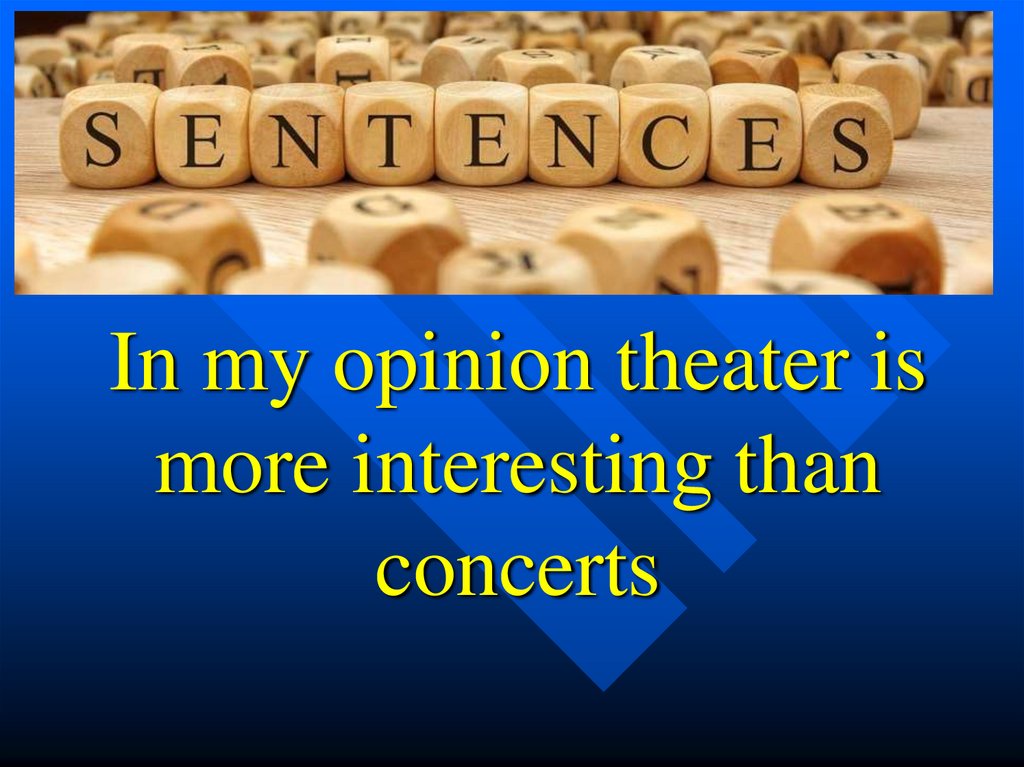
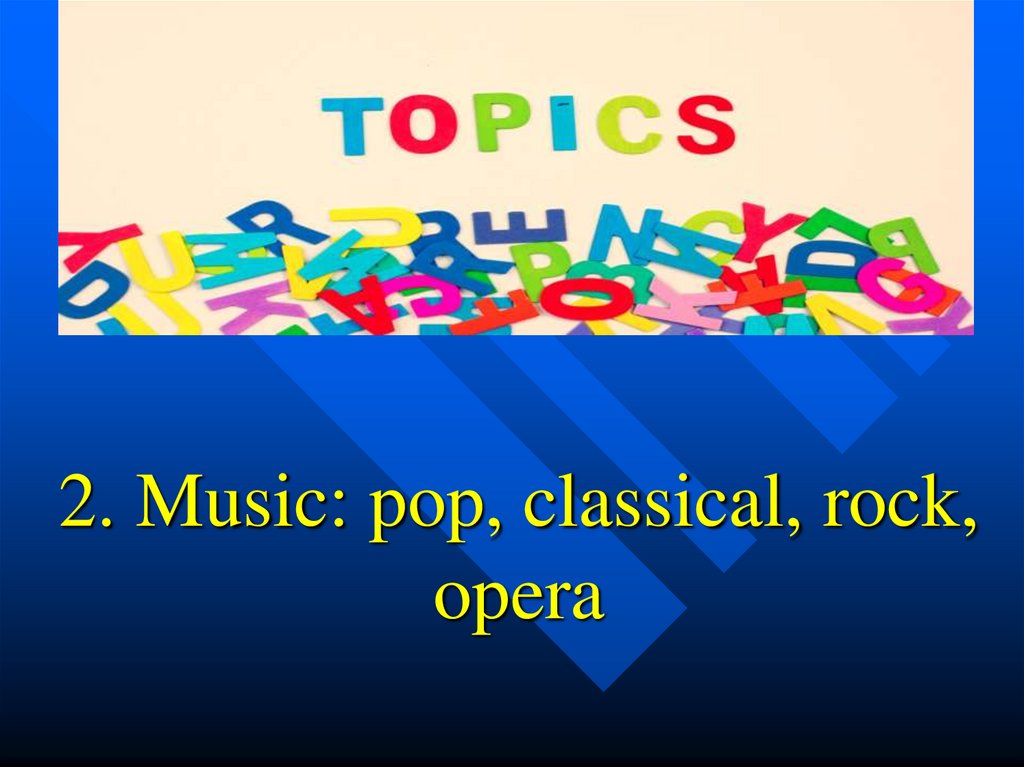
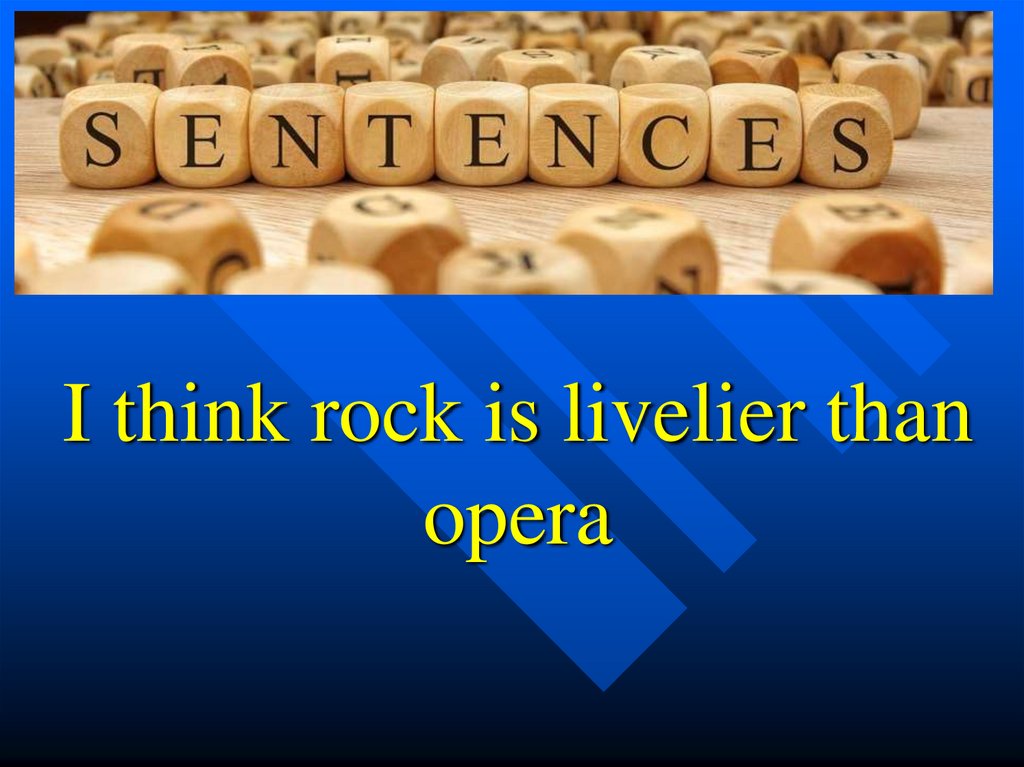
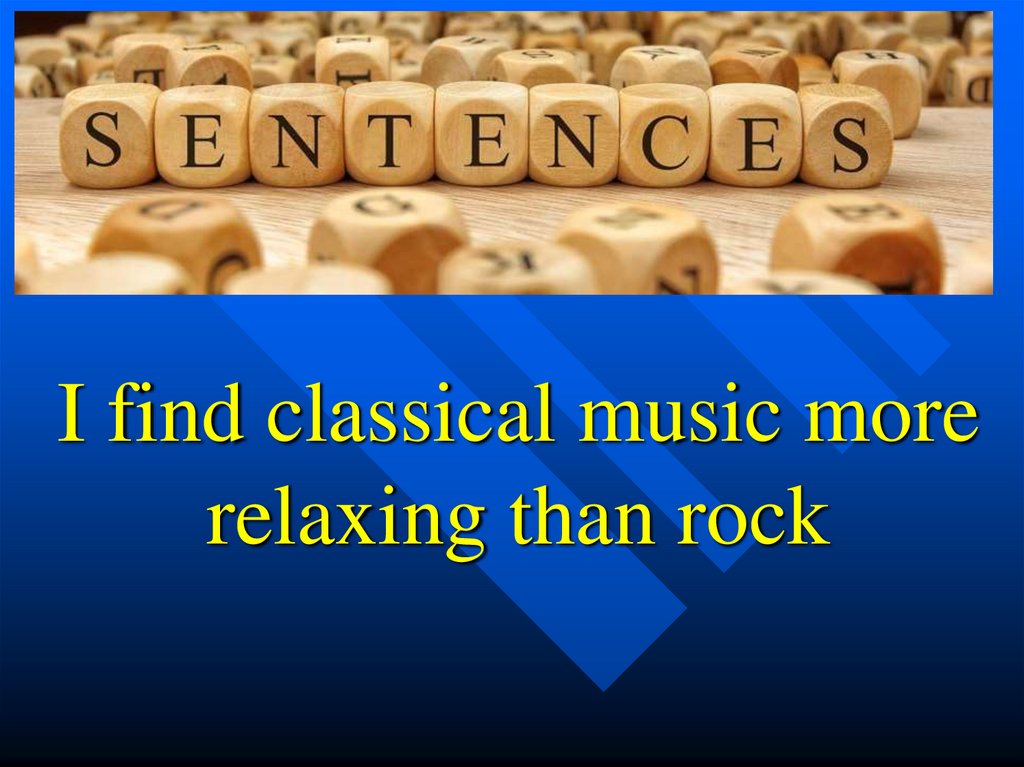
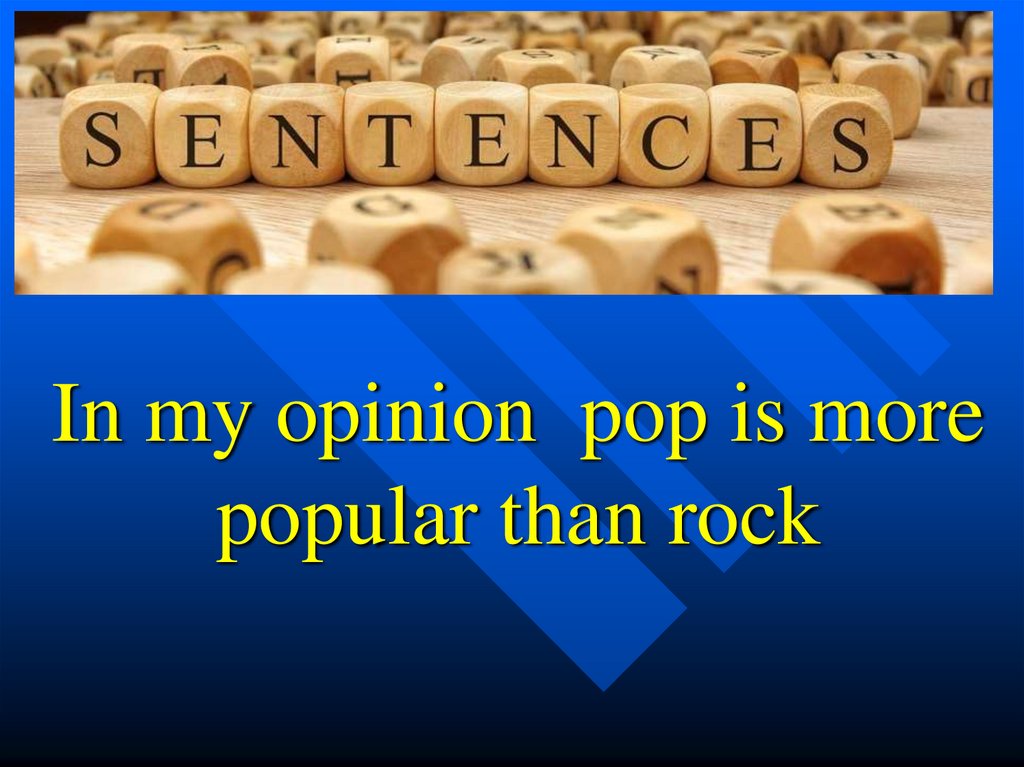
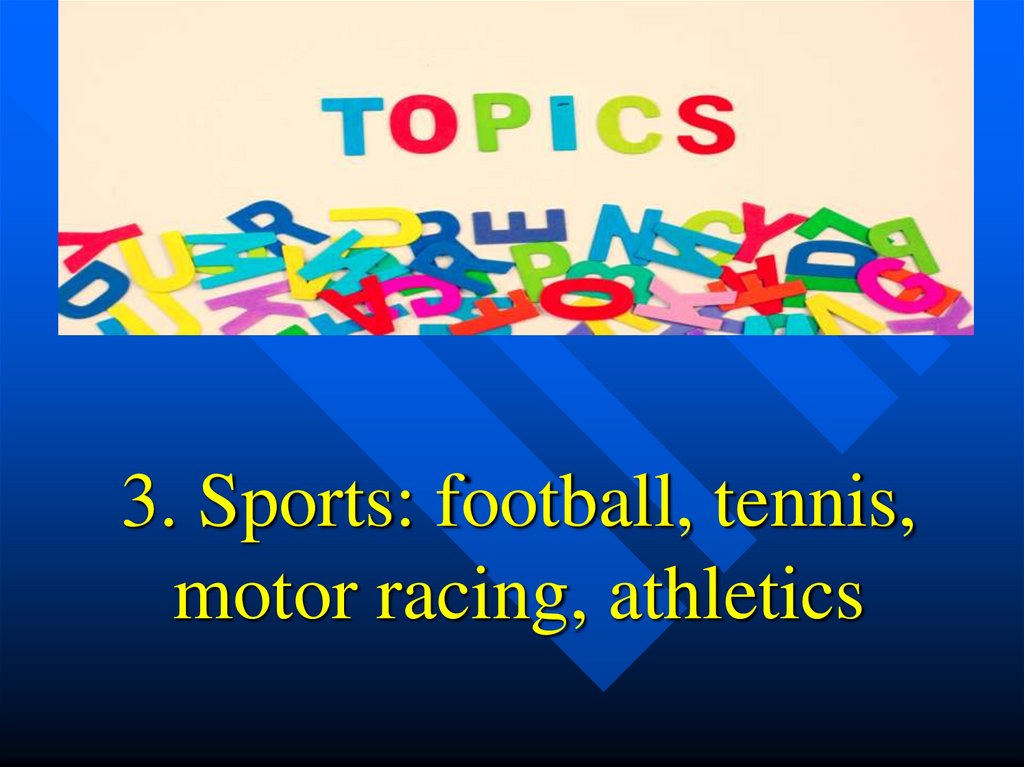
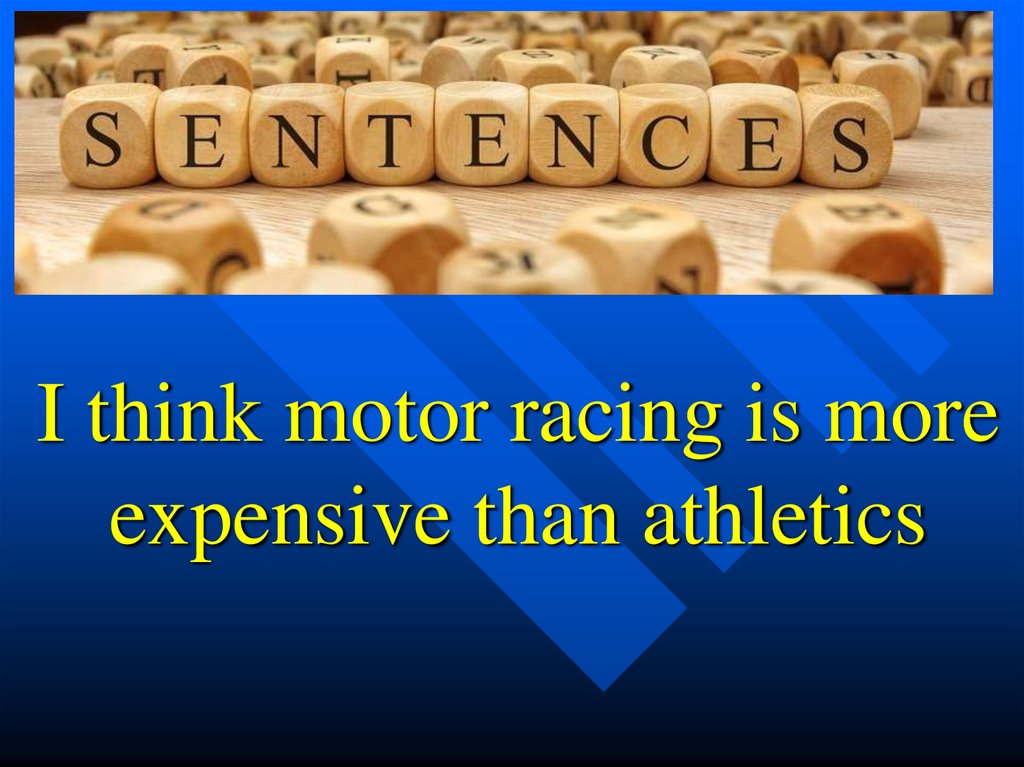
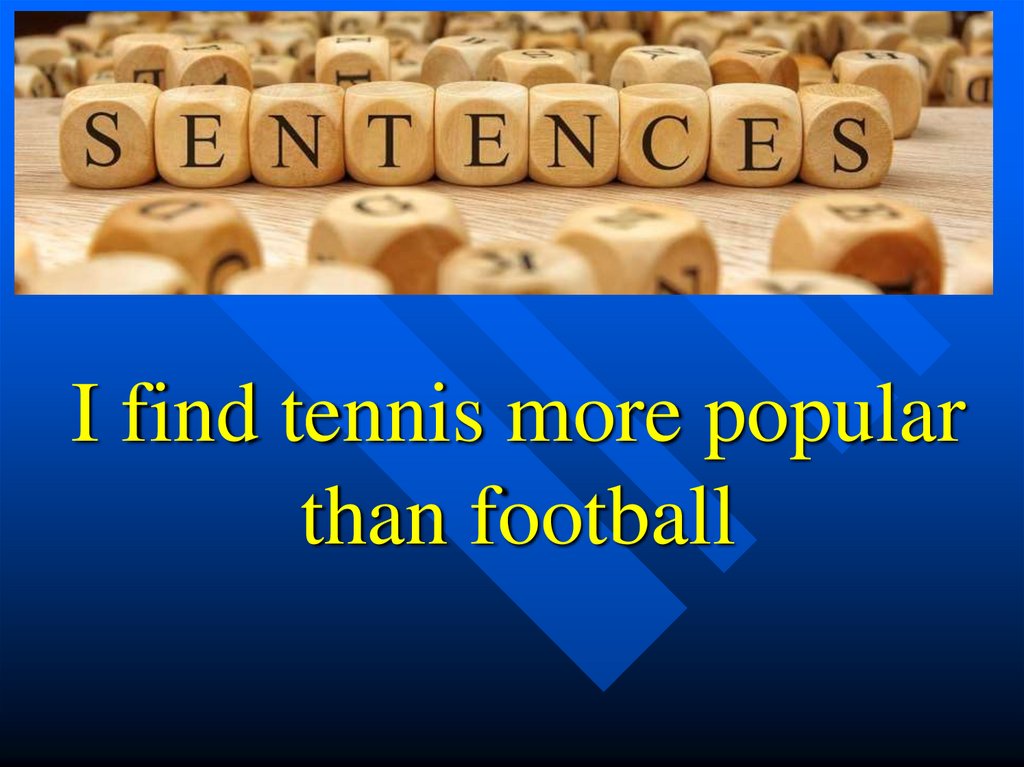
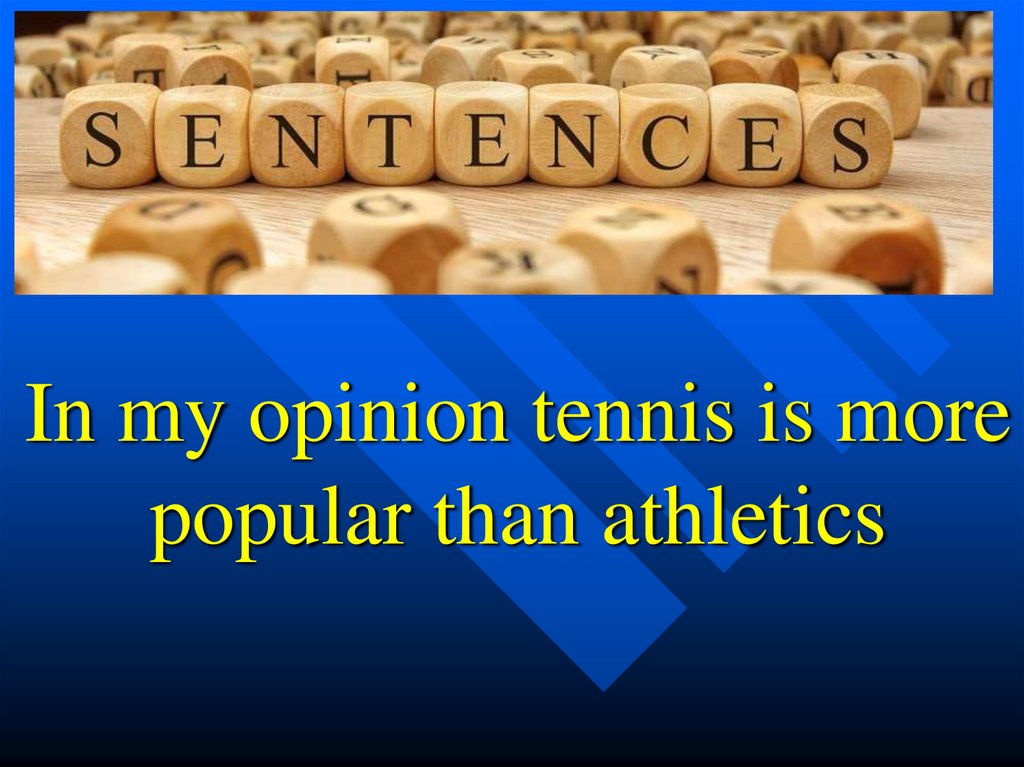
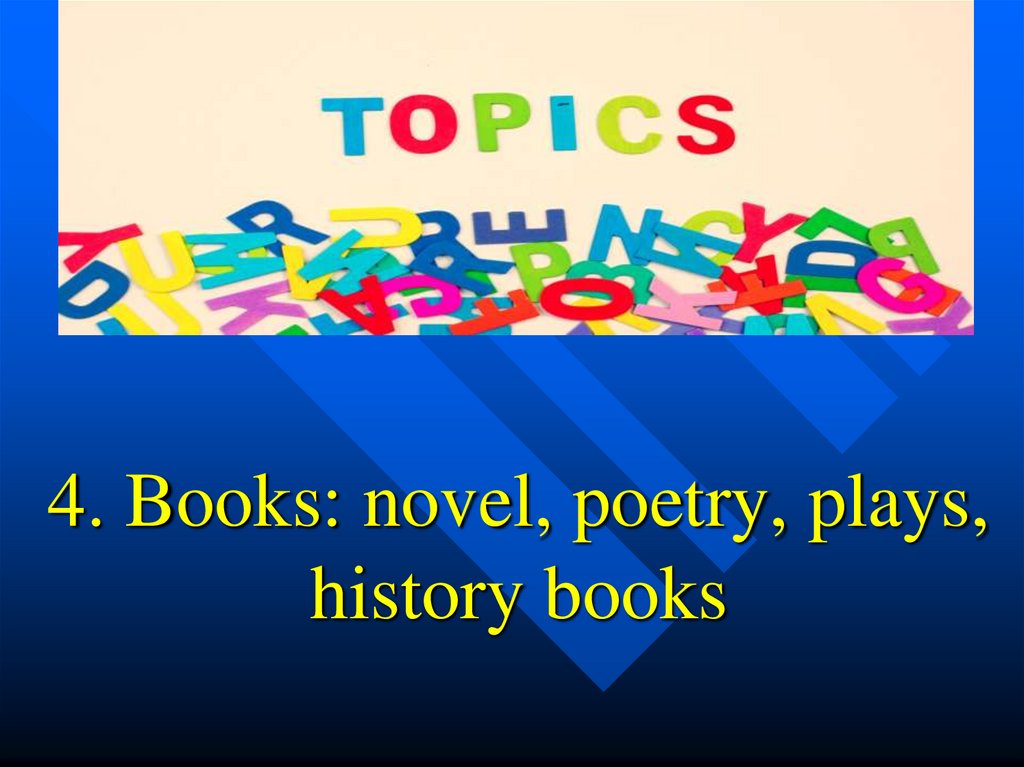
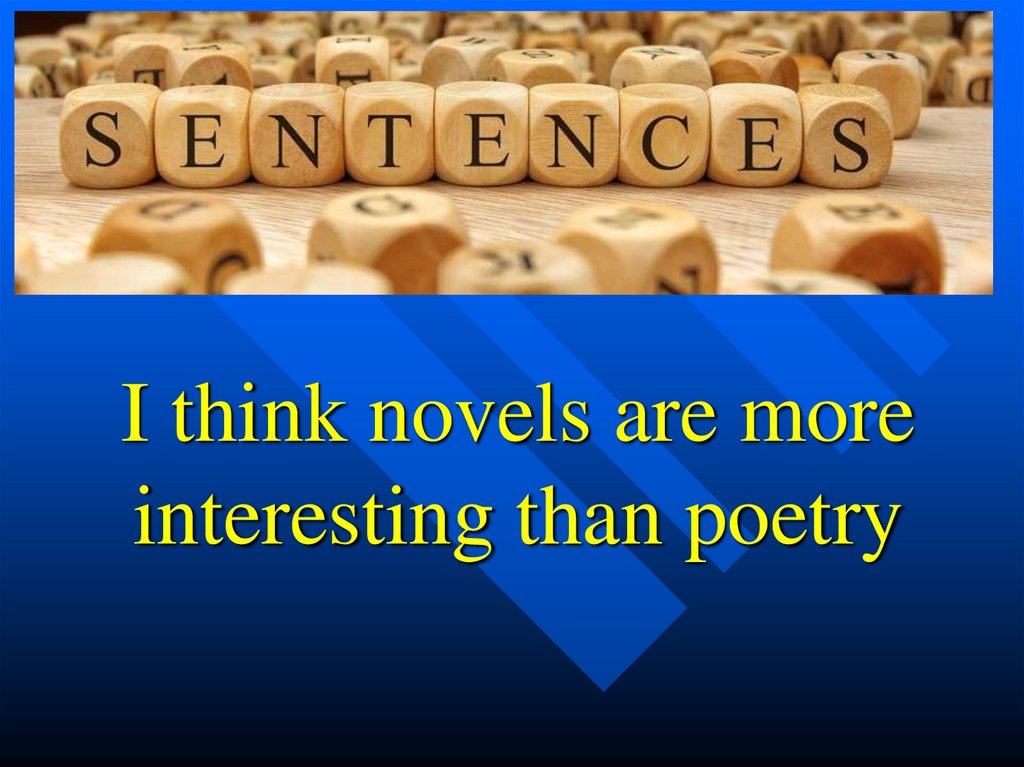
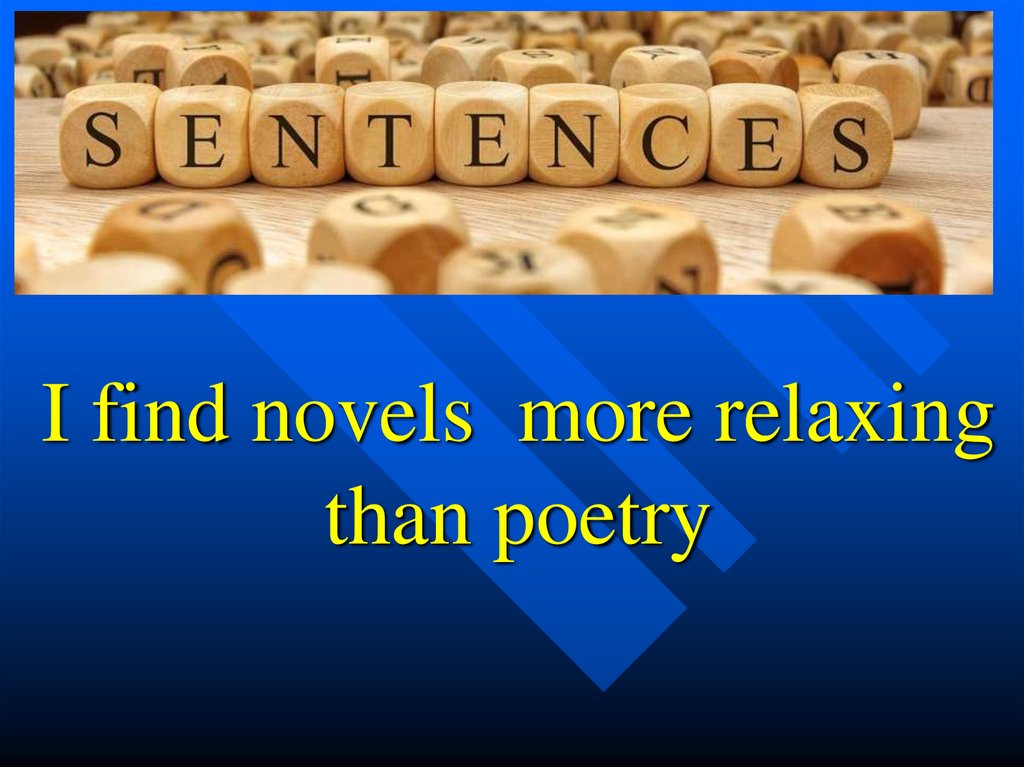
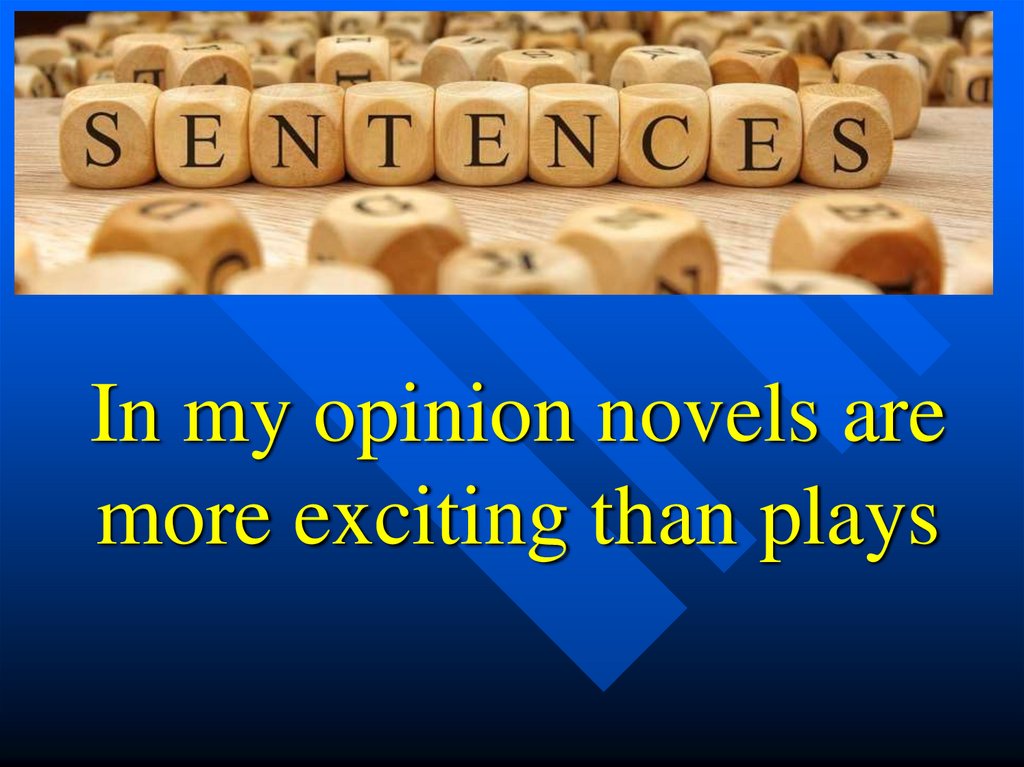
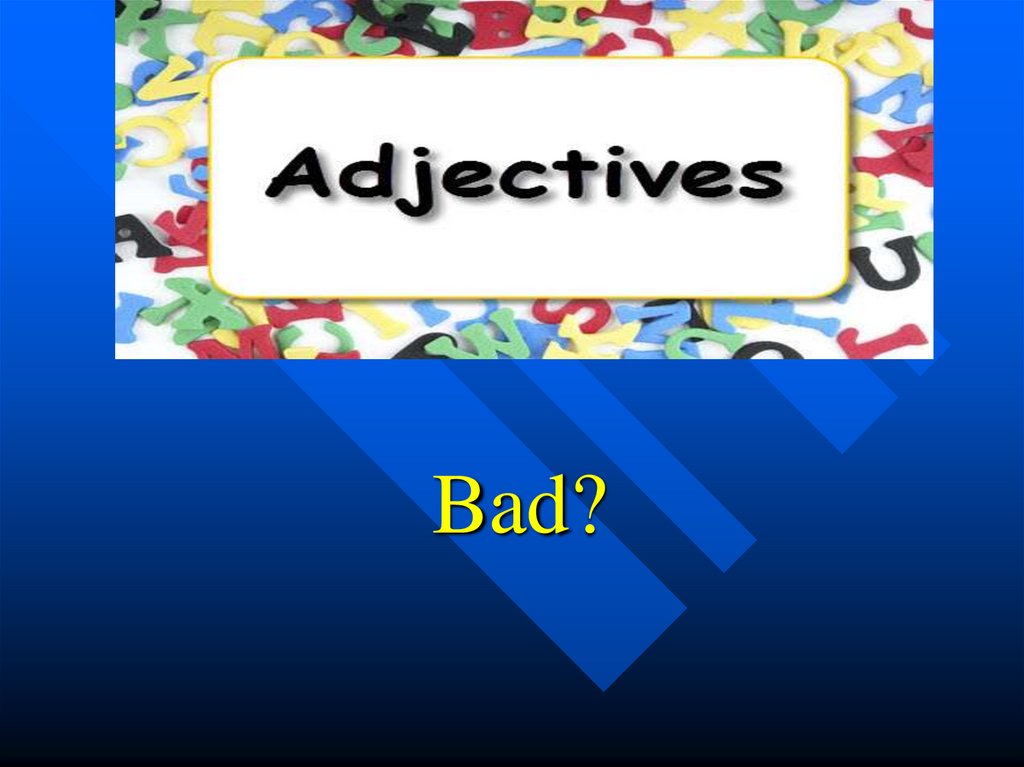
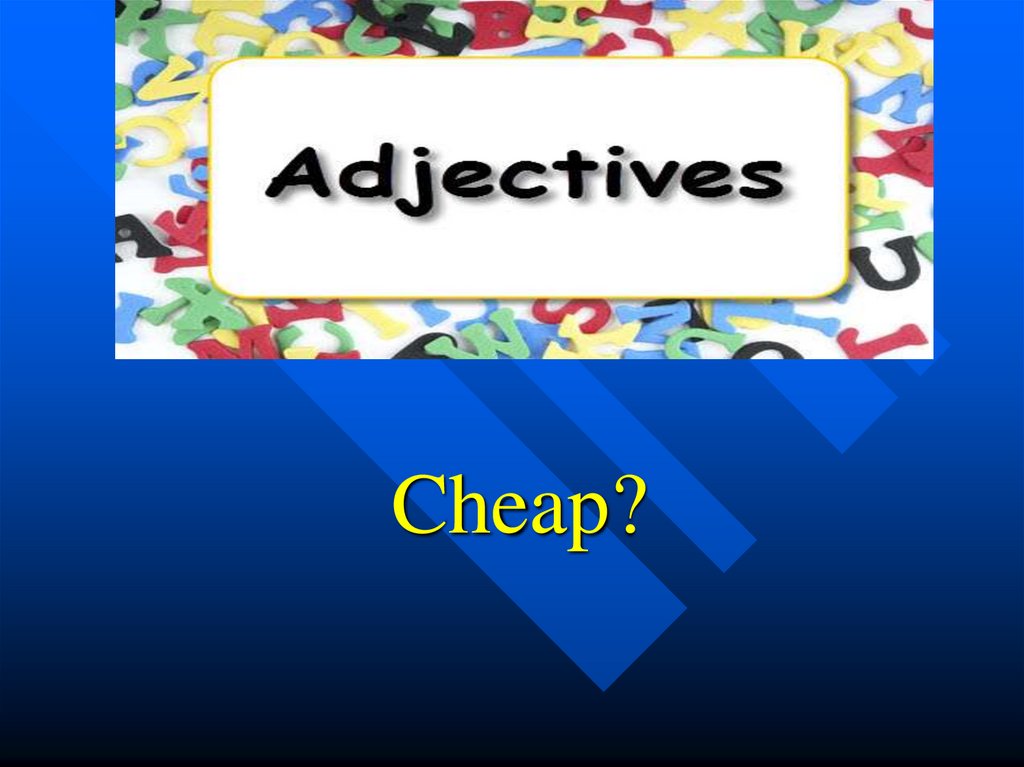
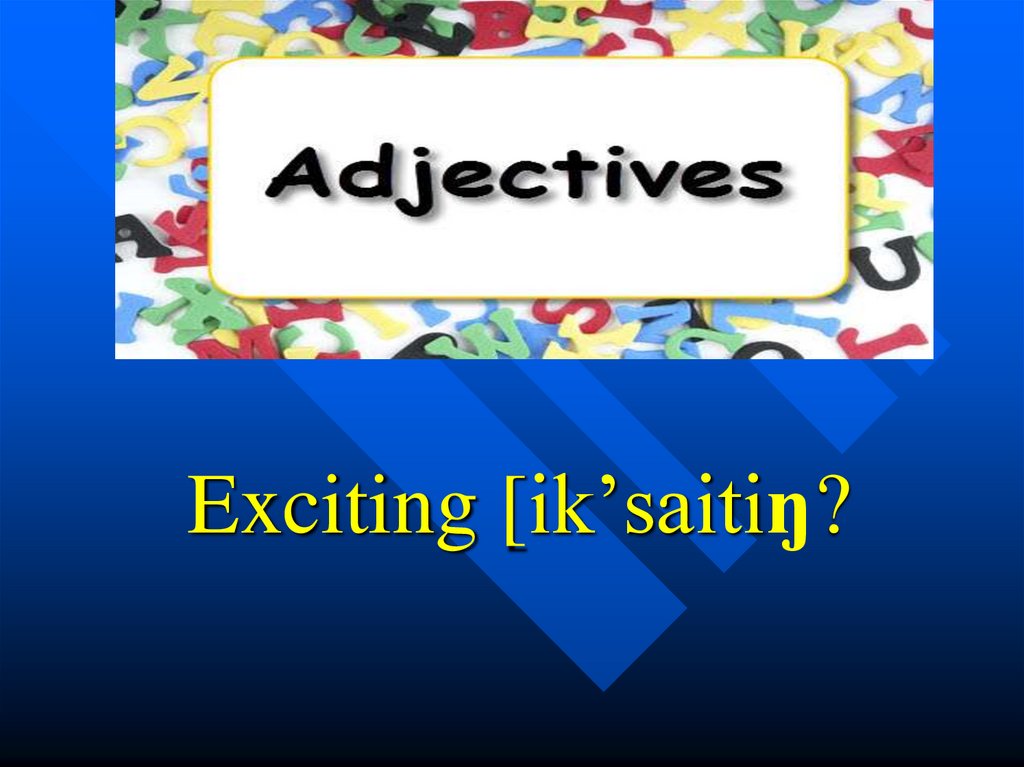
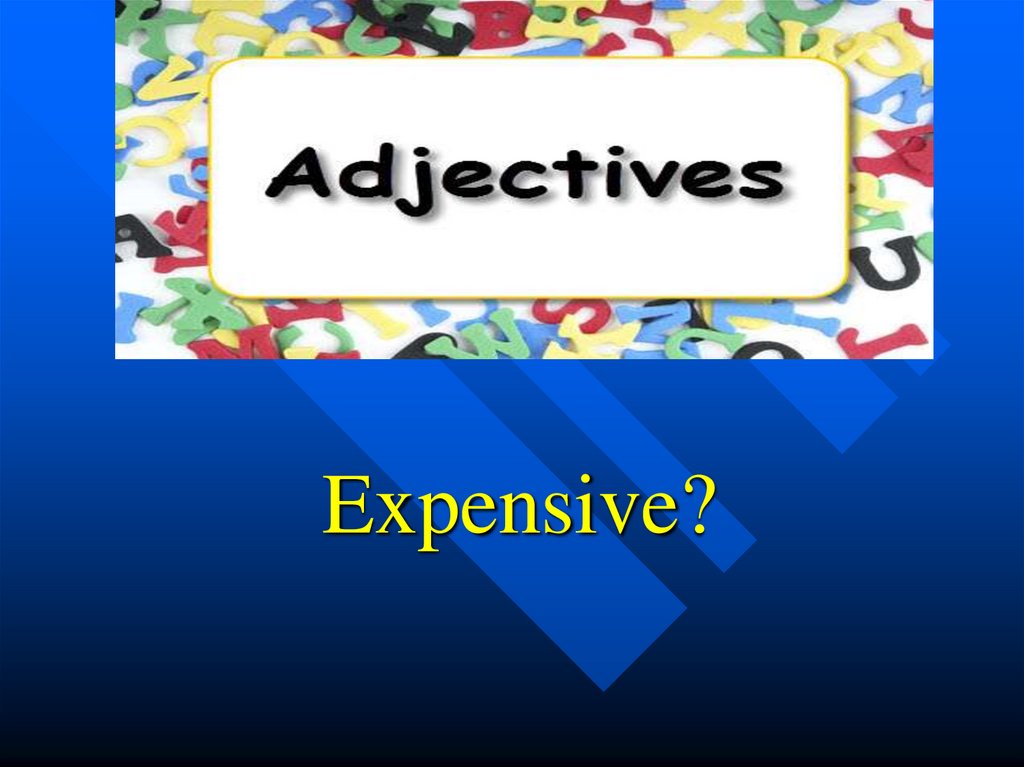
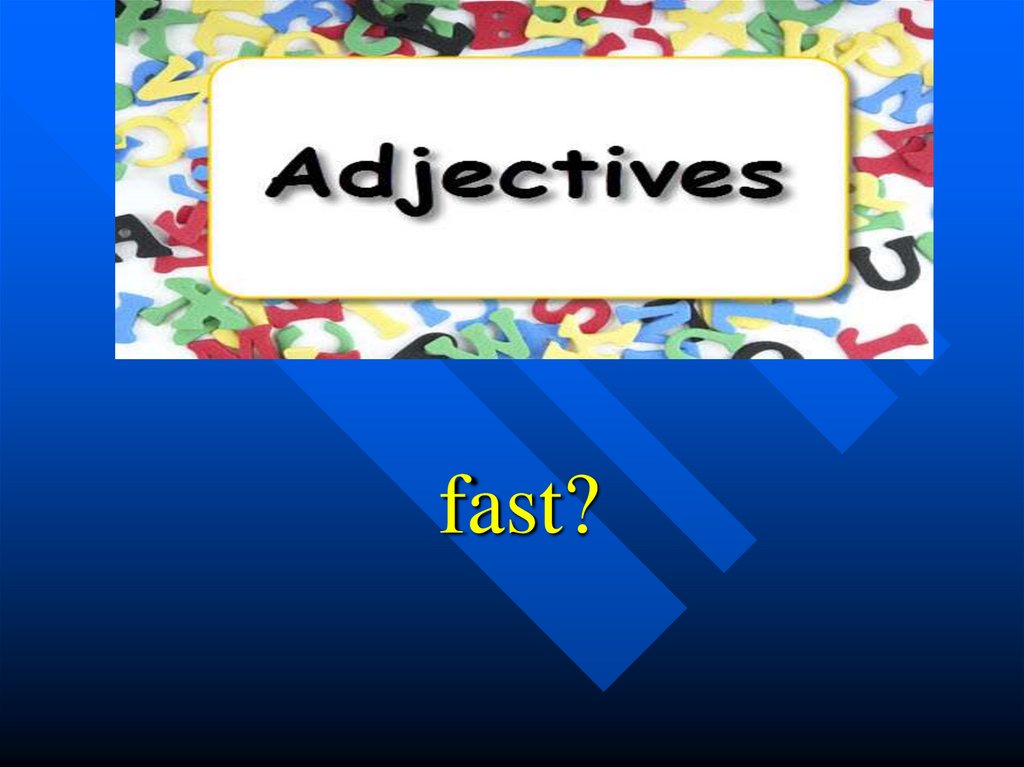
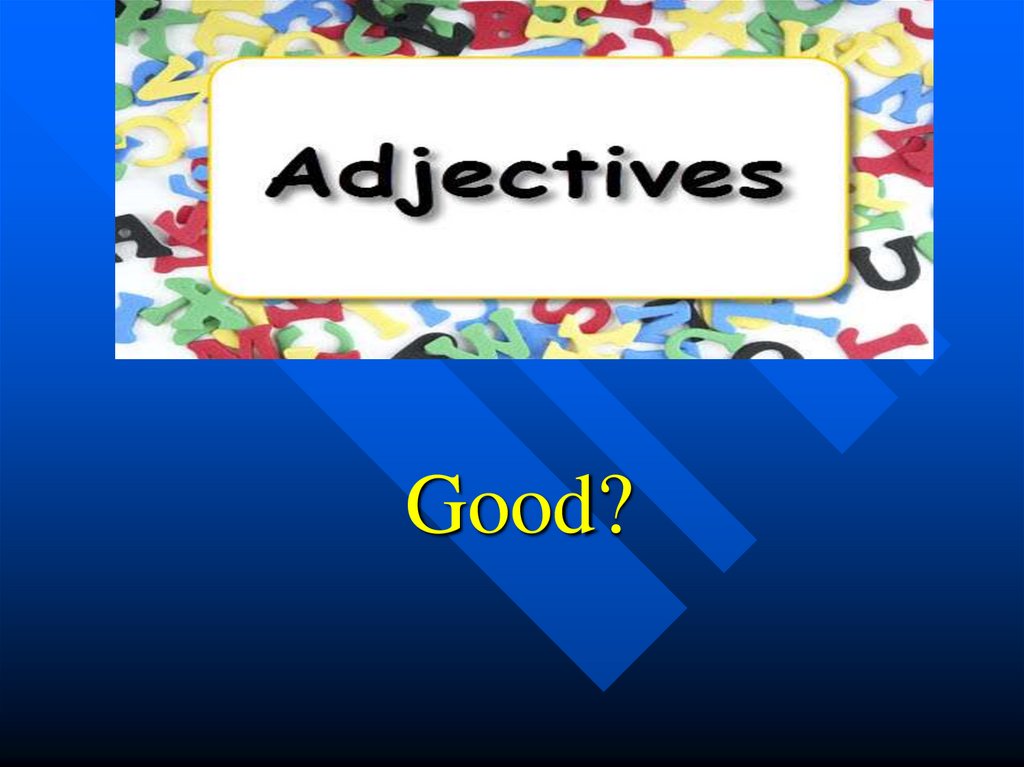
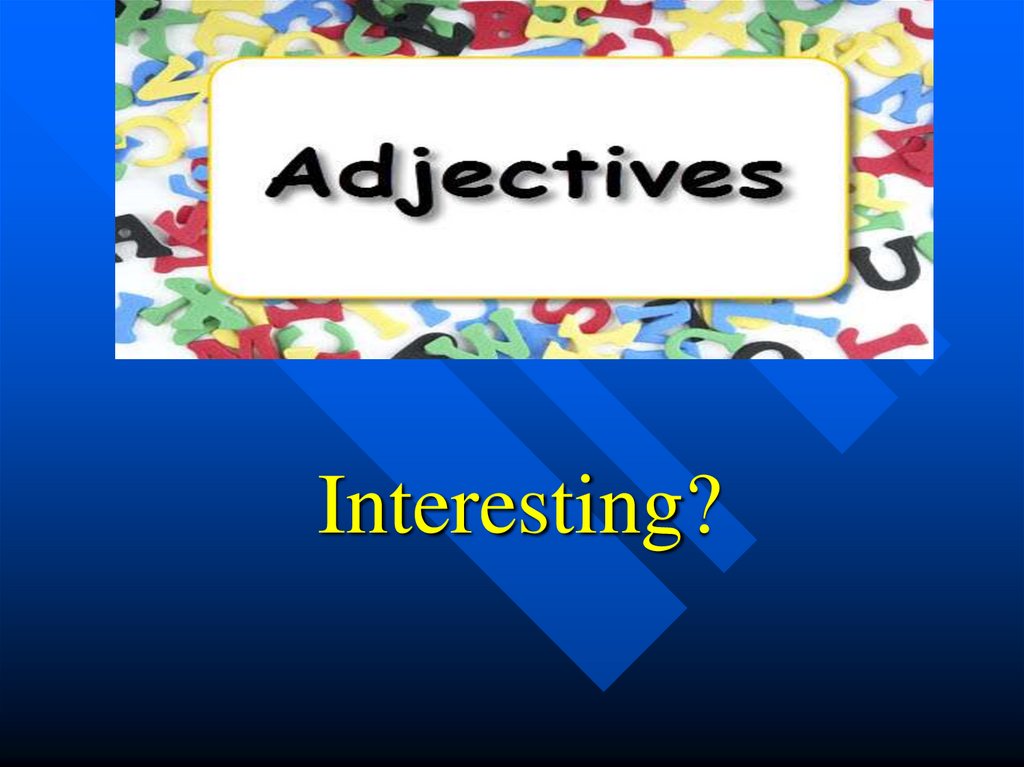
![Lively [laivli]? Lively [laivli]?](https://cf4.ppt-online.org/files4/slide/x/X0buj6FxWLVE1RBeIgPlDQAG2N4vowy8ckq3Oa/slide-247.jpg)
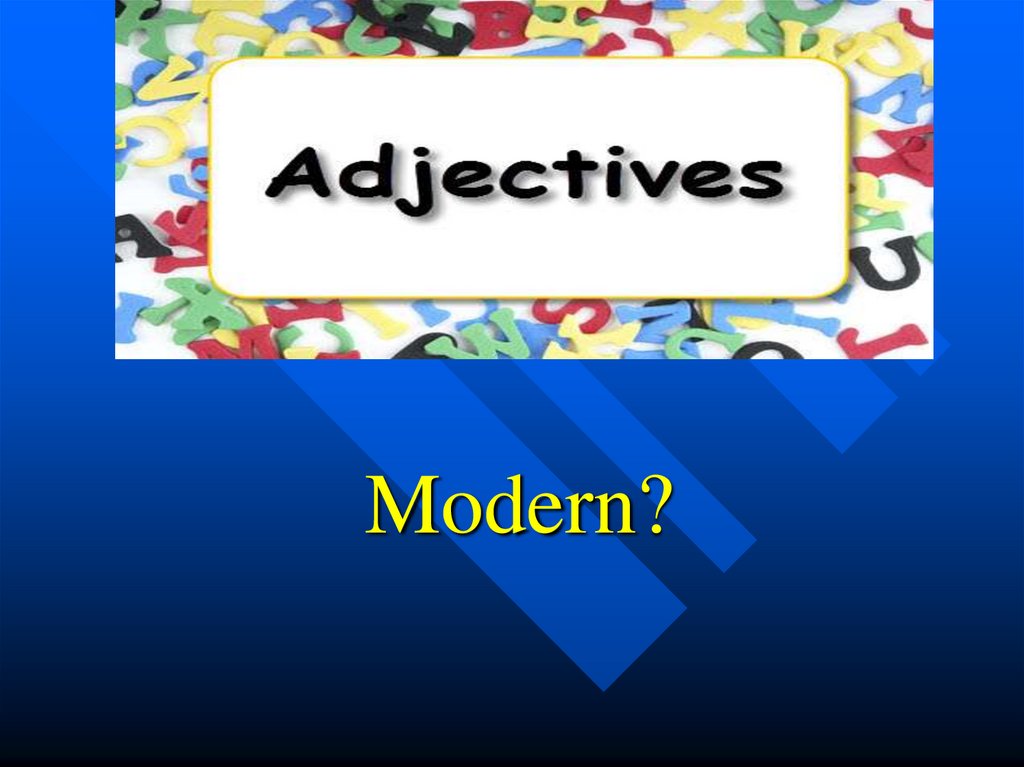
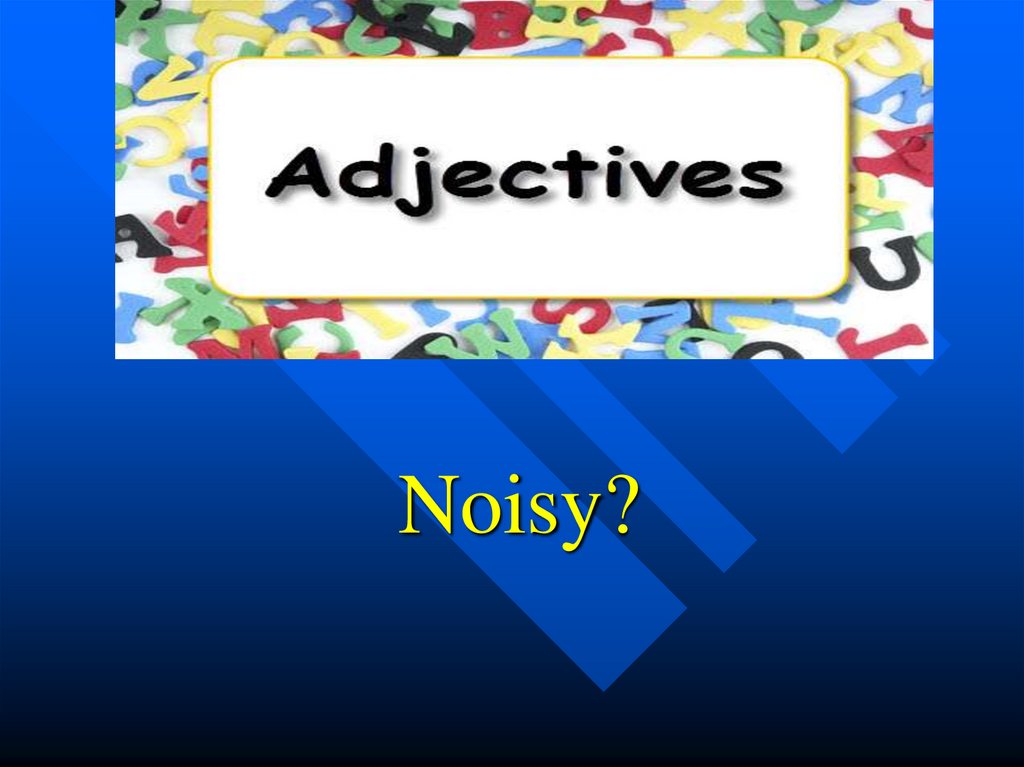
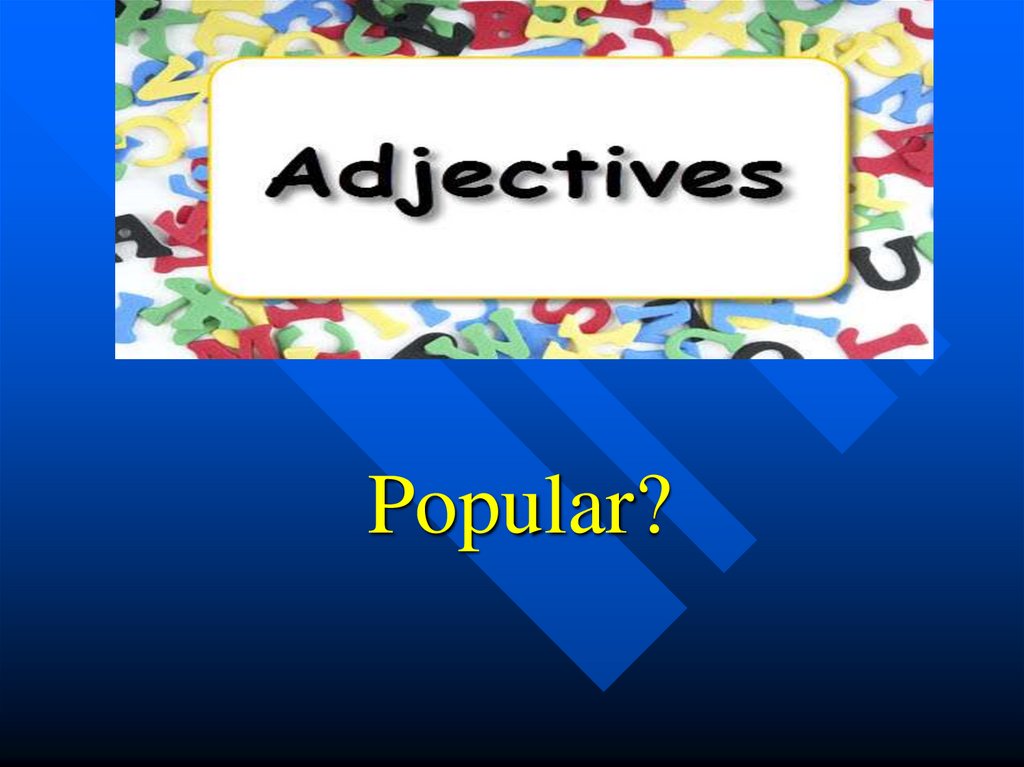
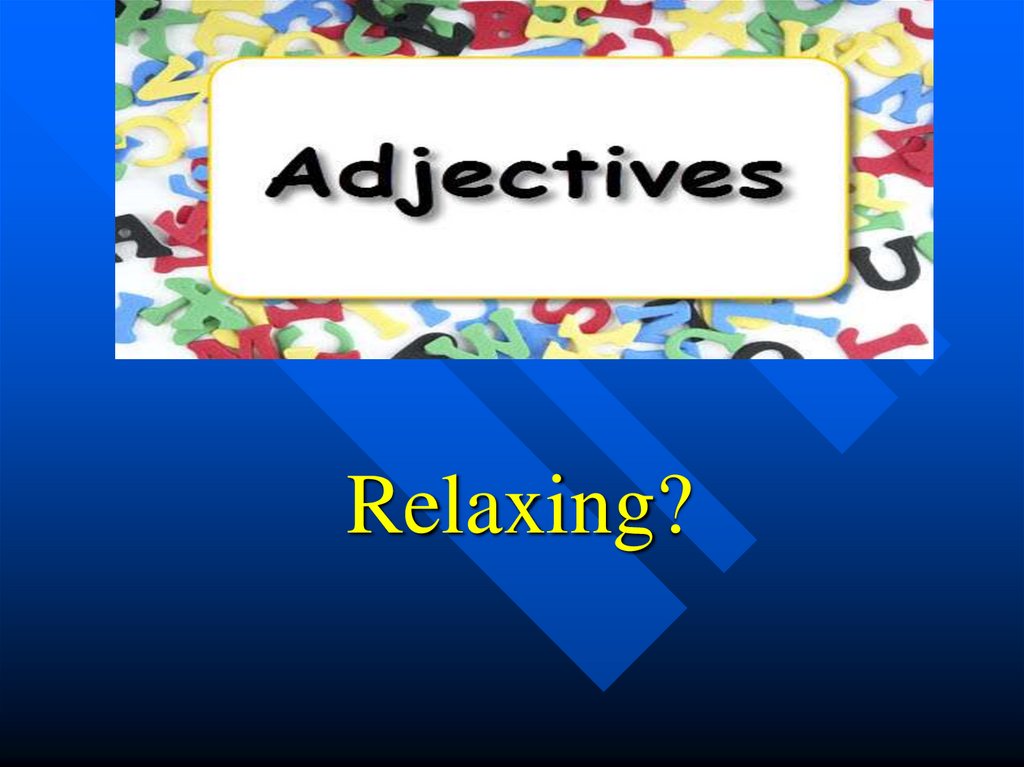
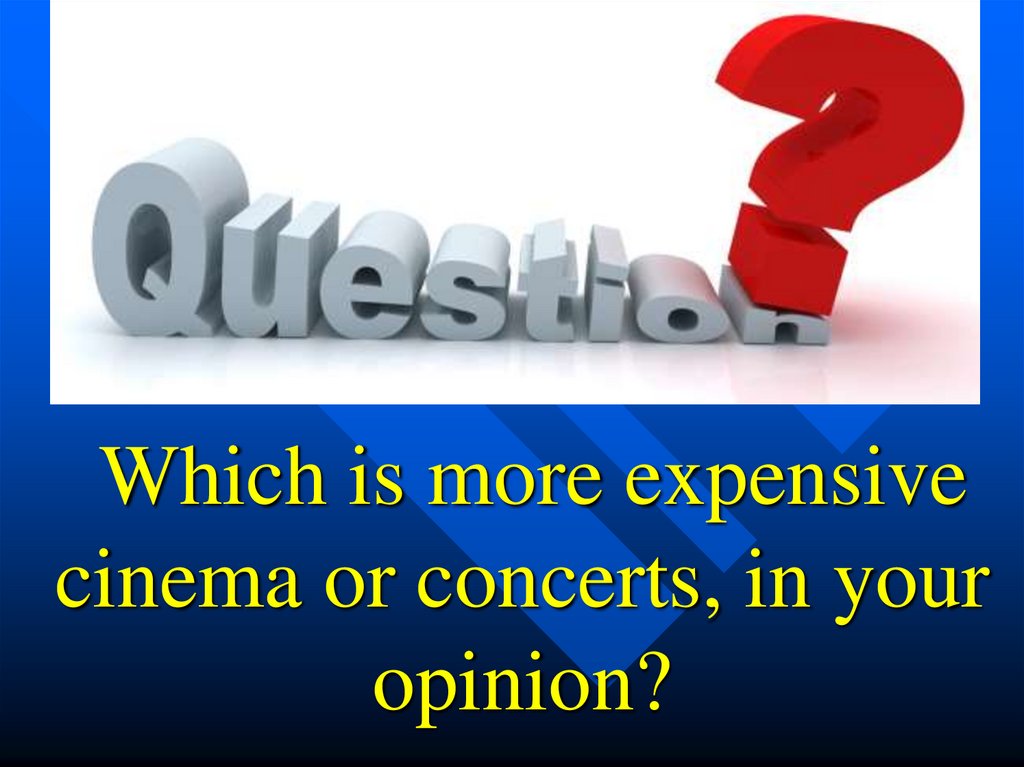
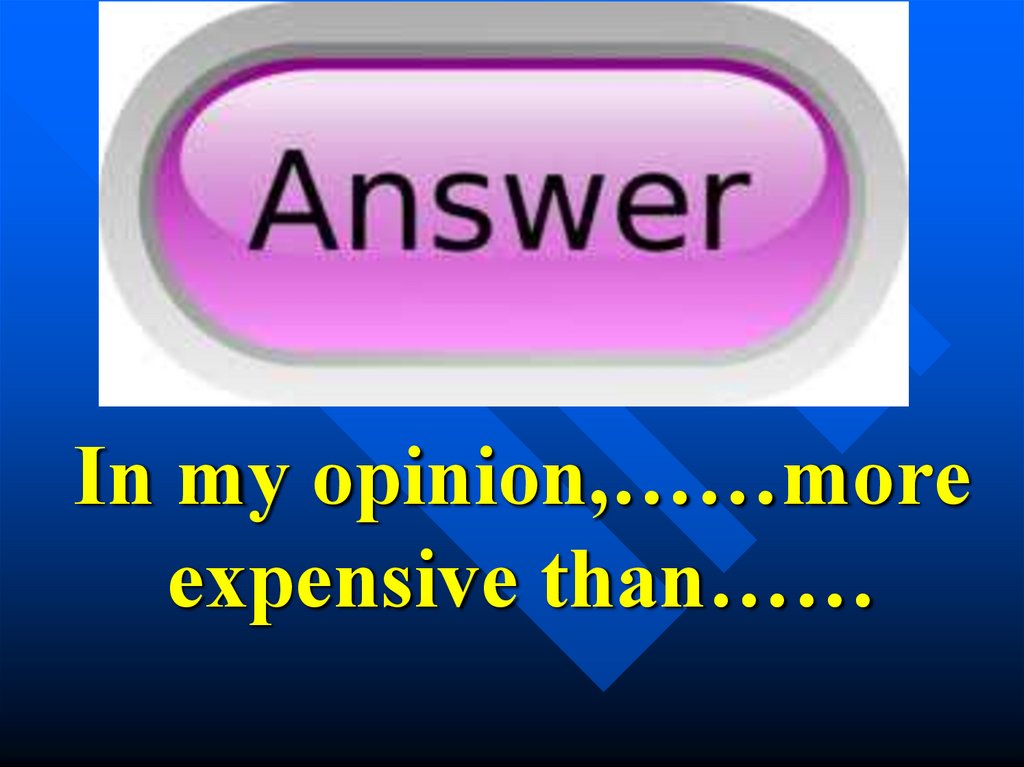
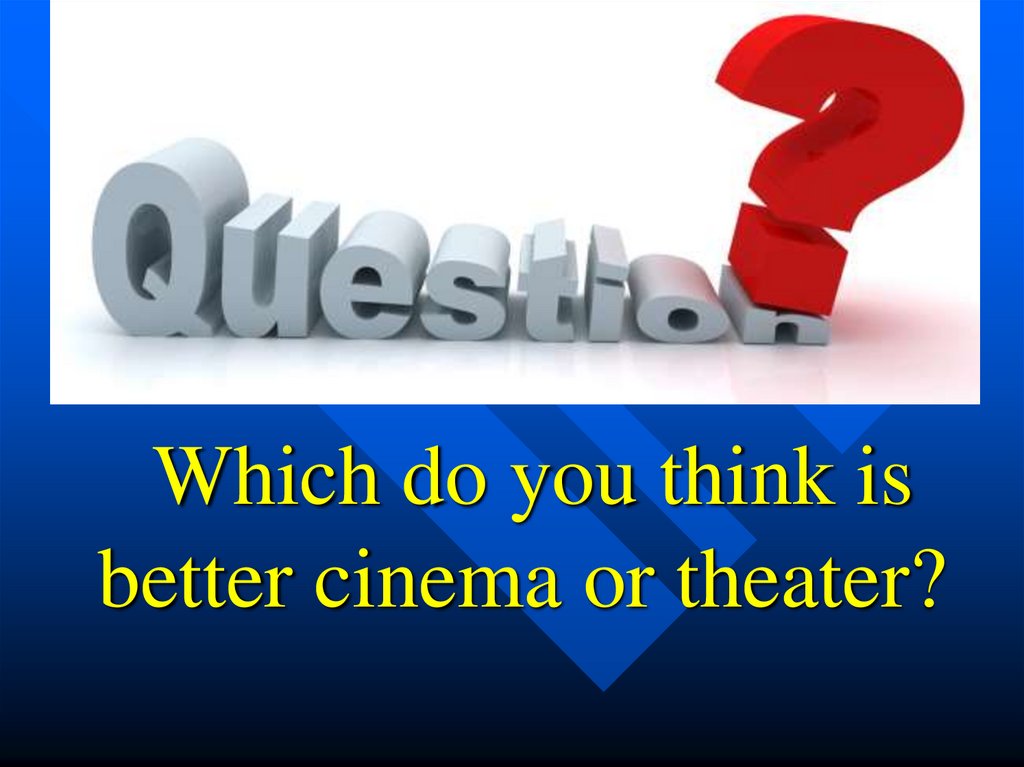
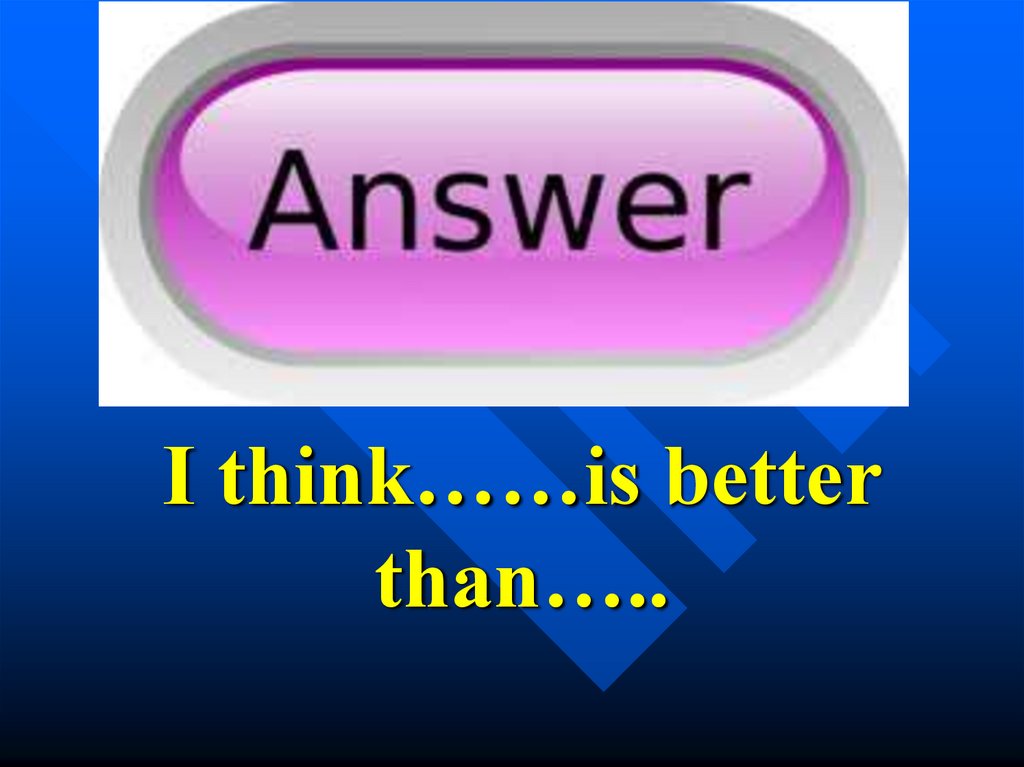
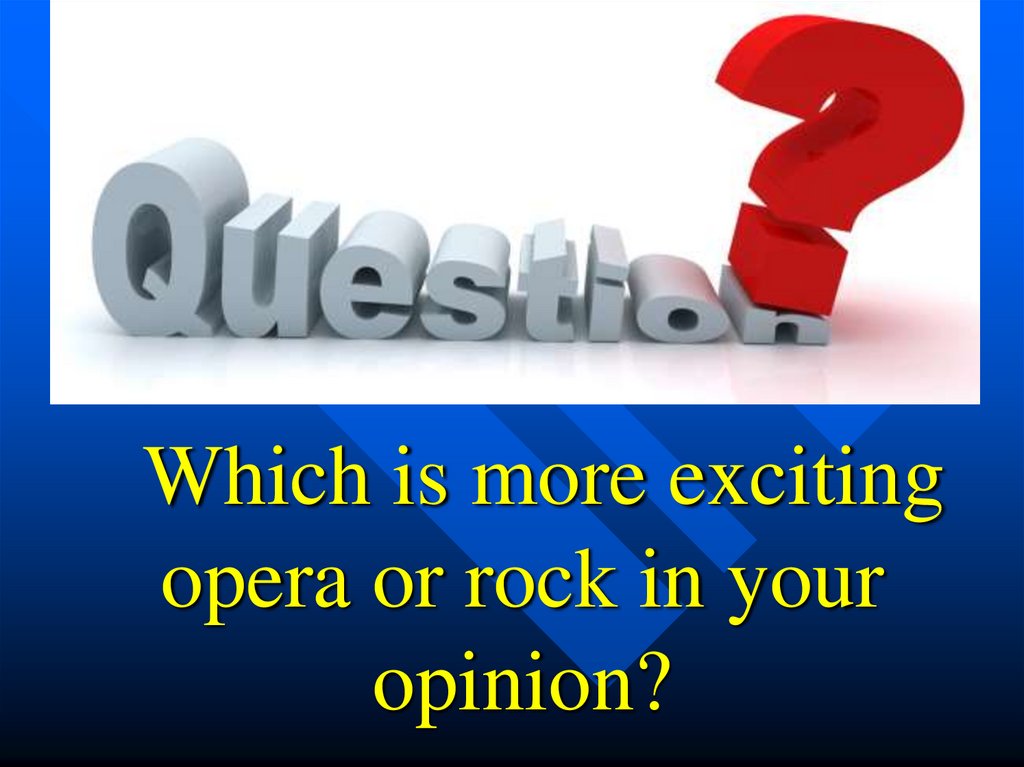
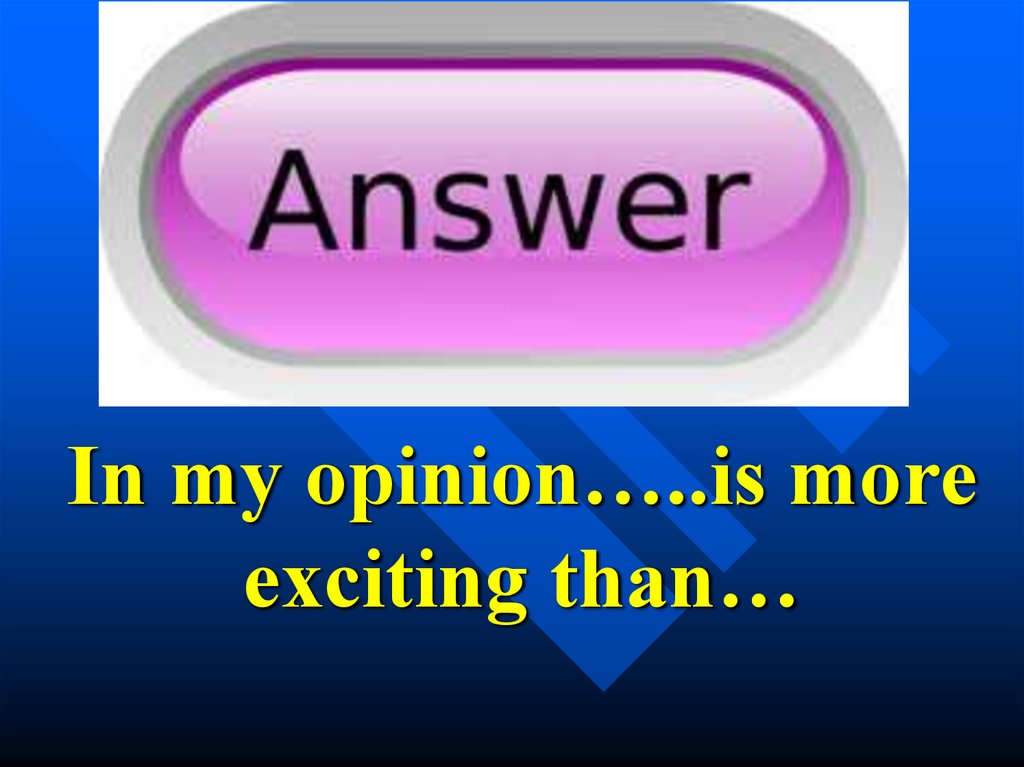
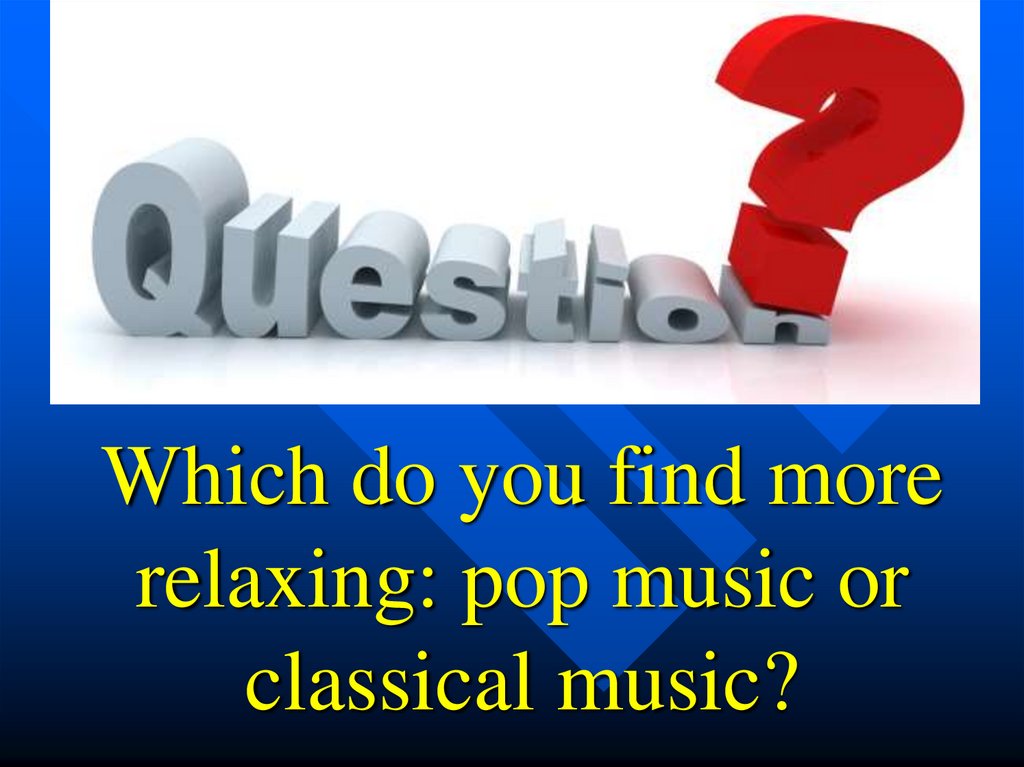
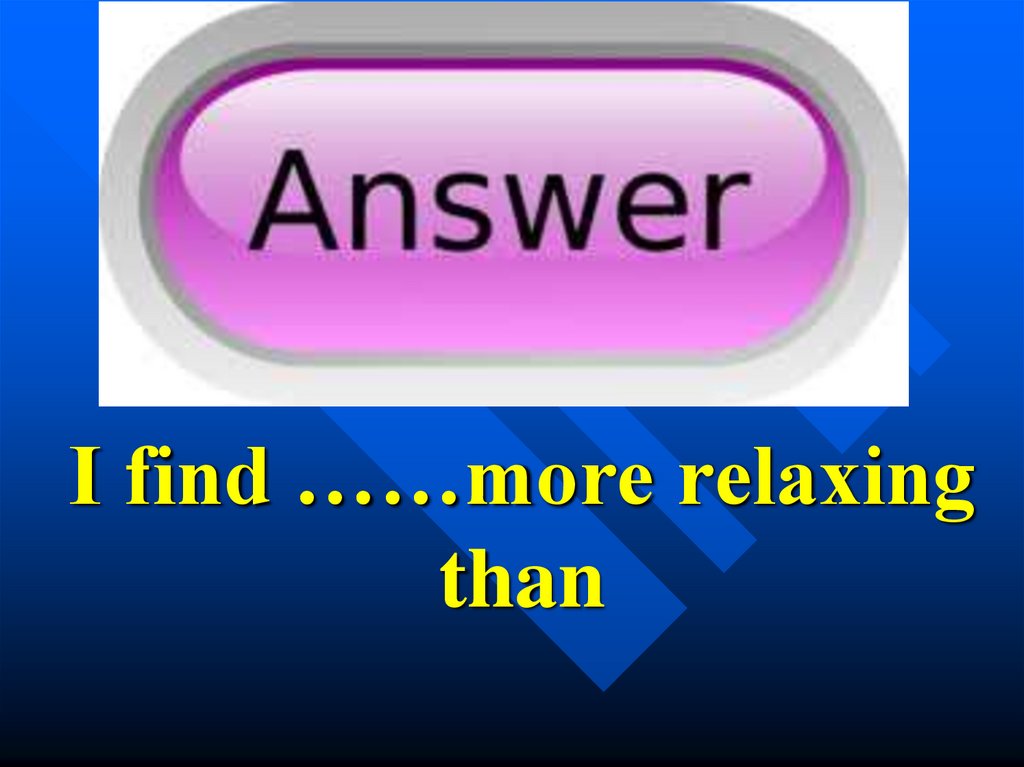
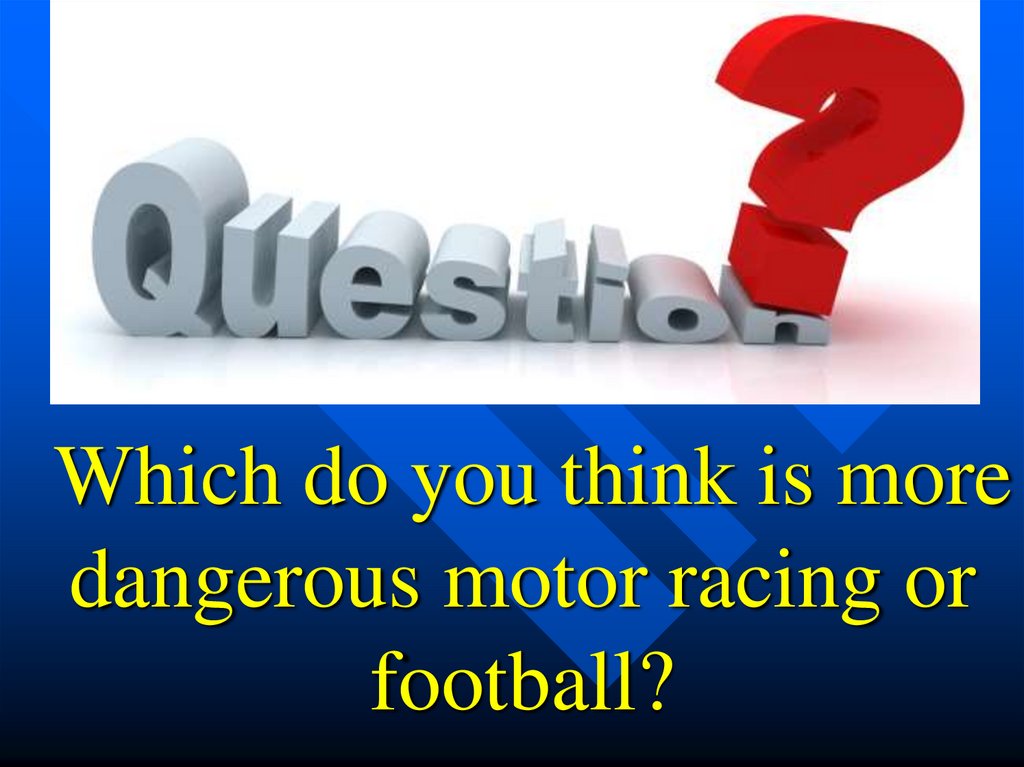
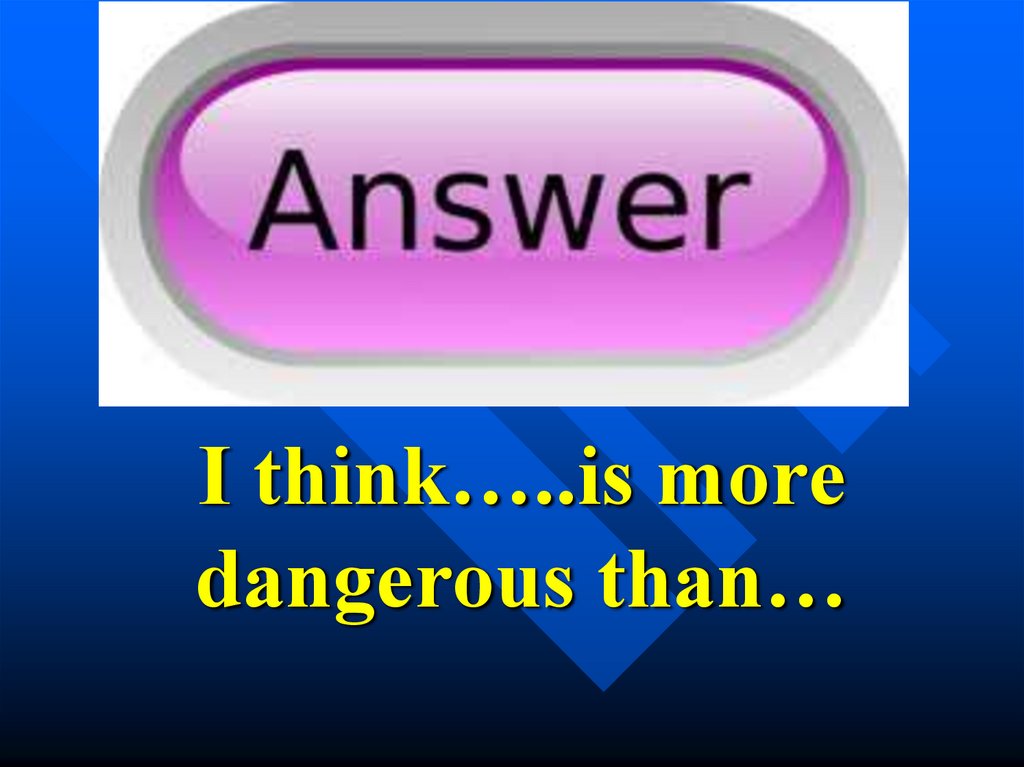
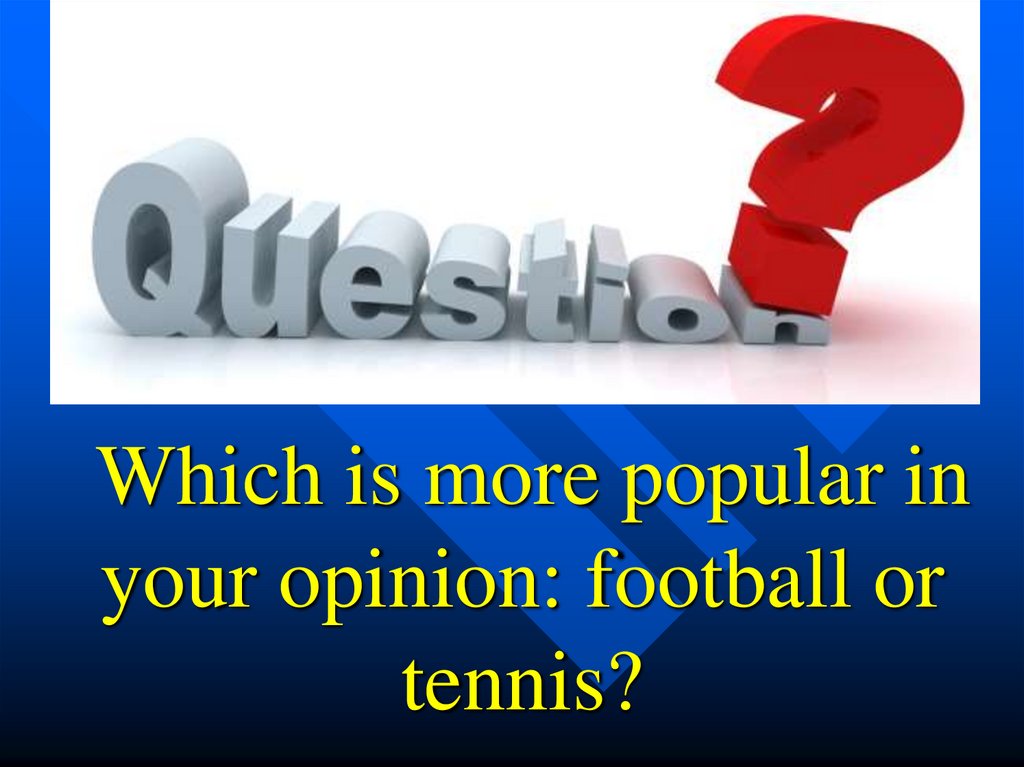
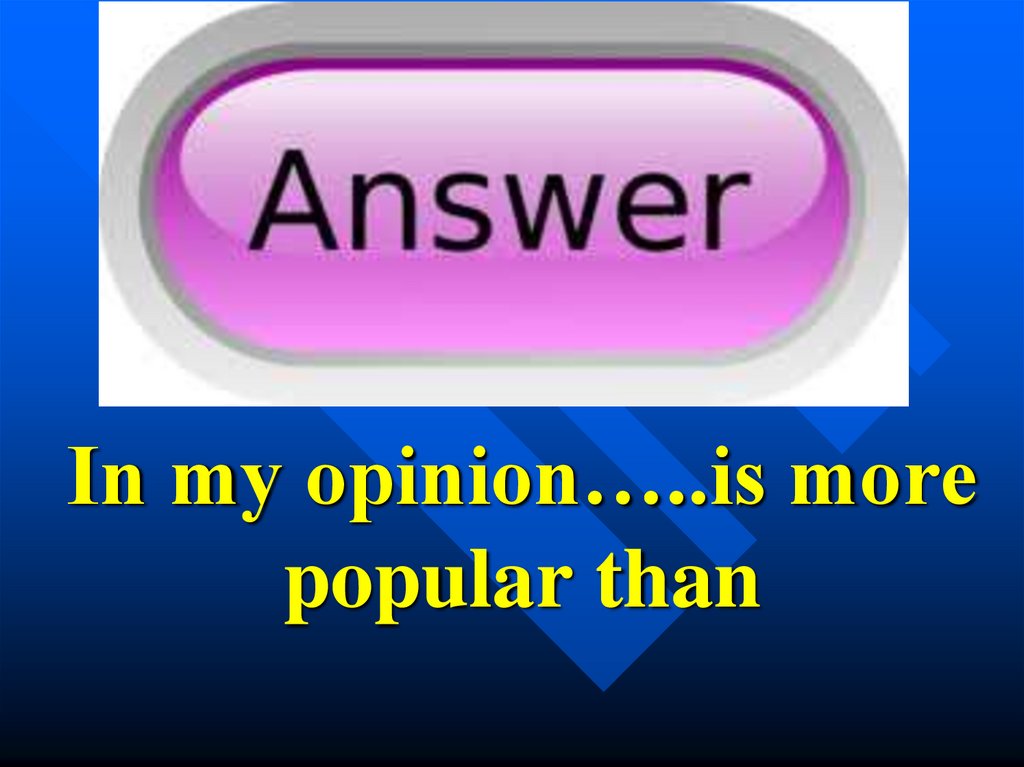
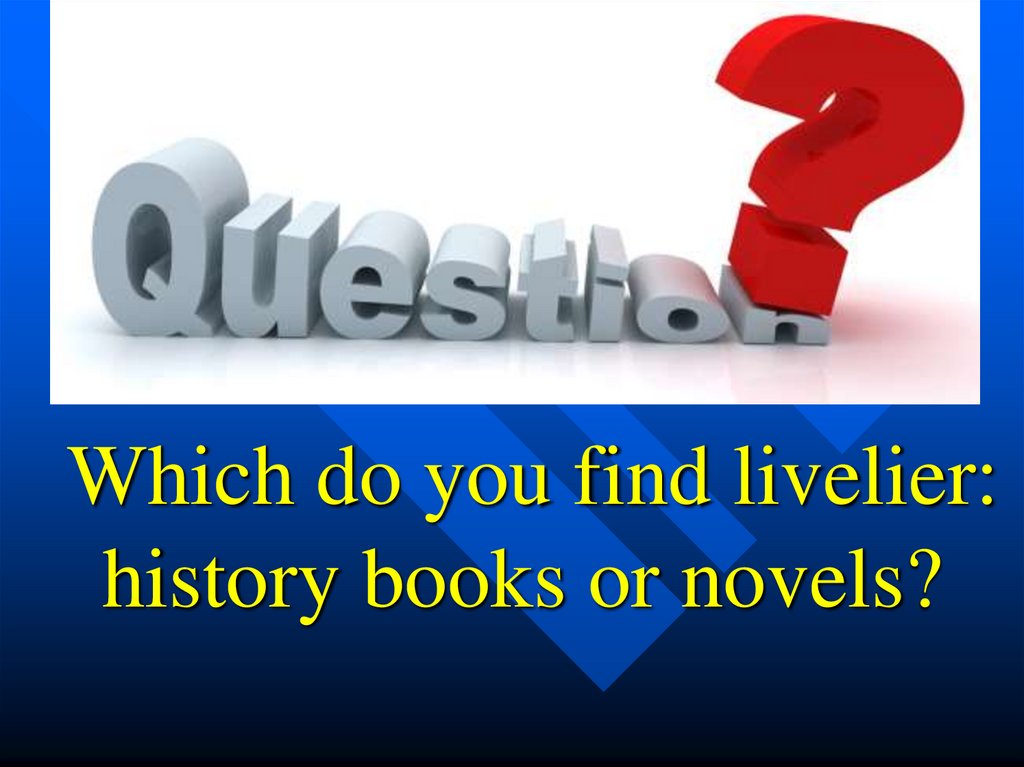
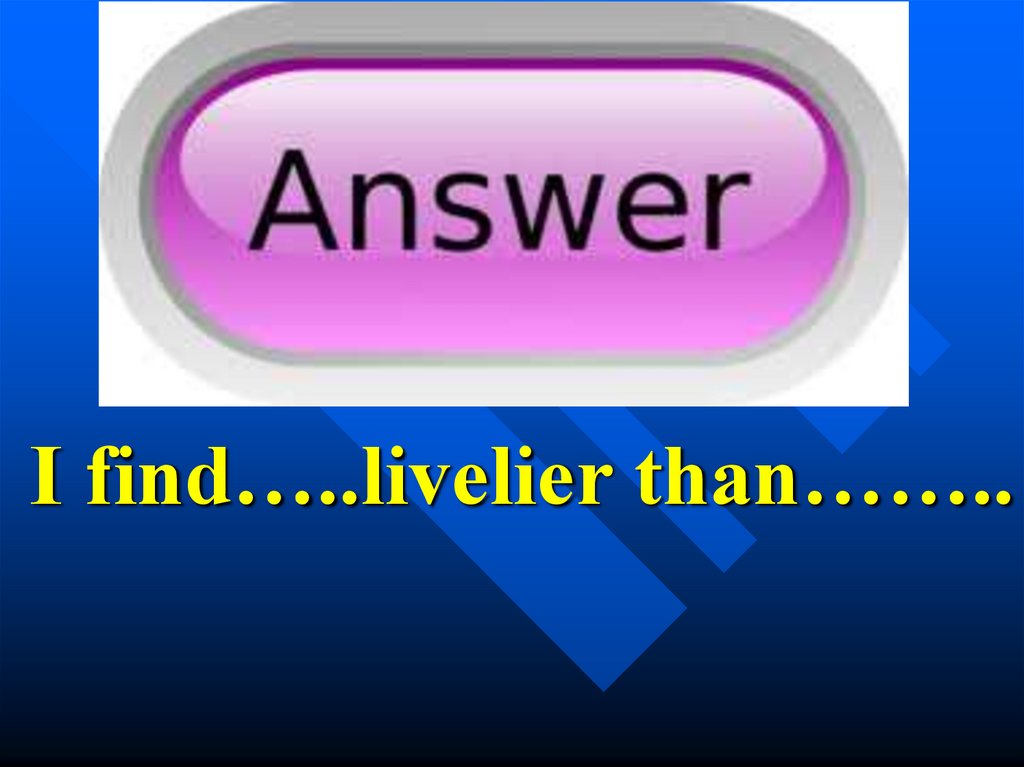
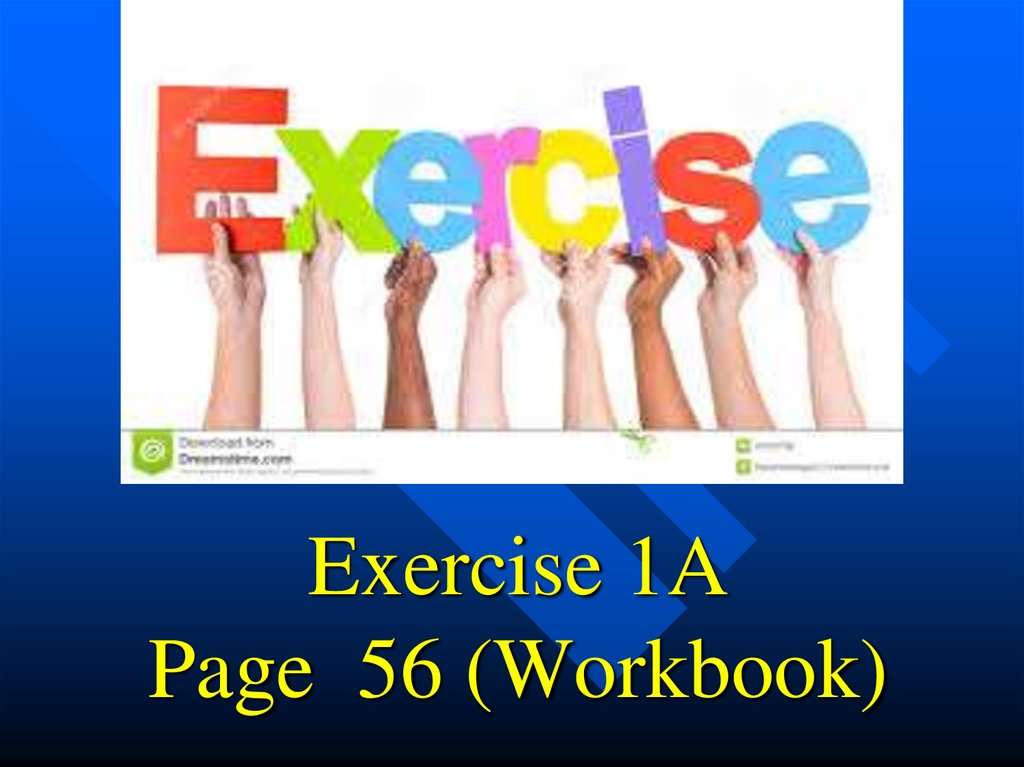
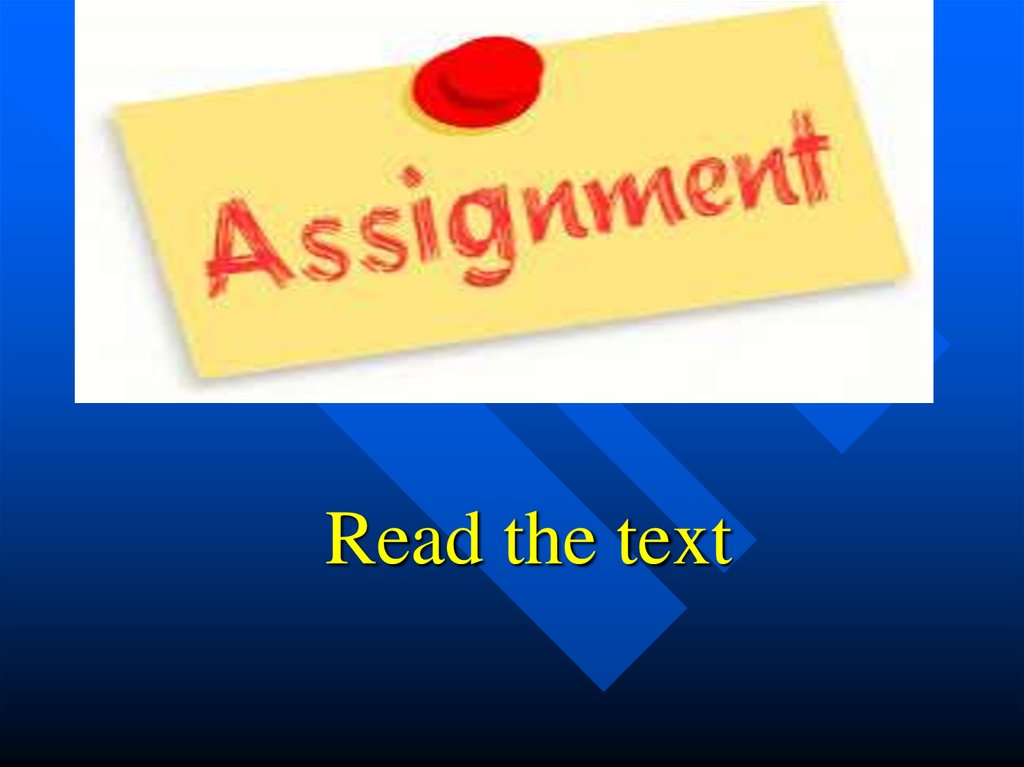
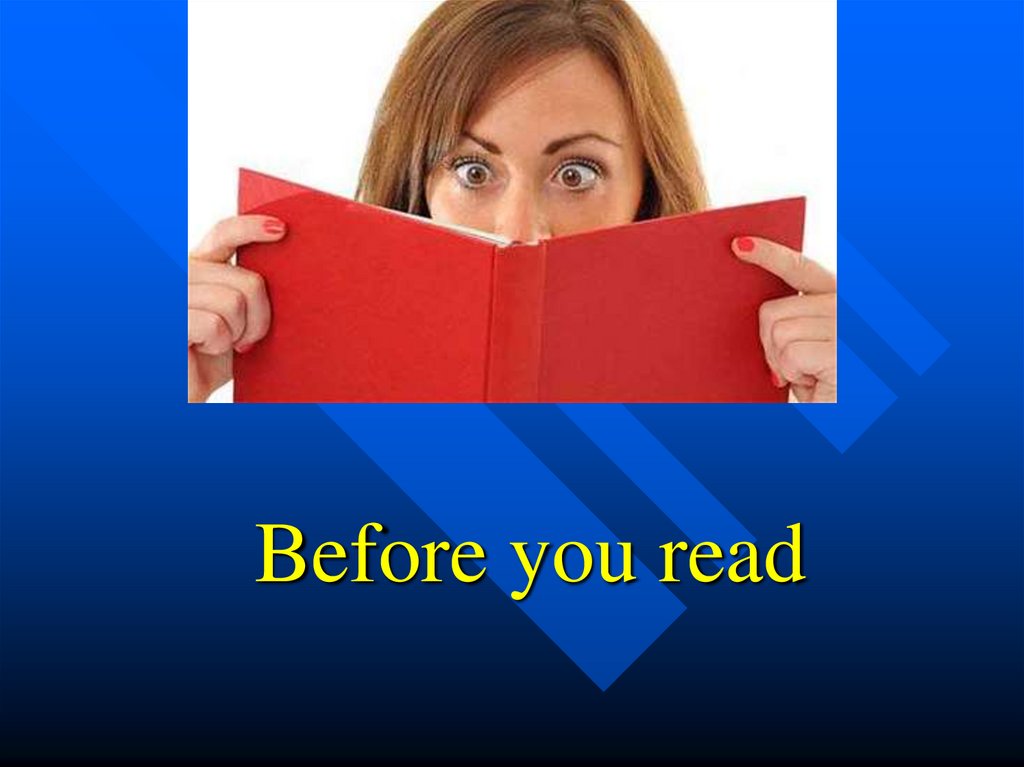
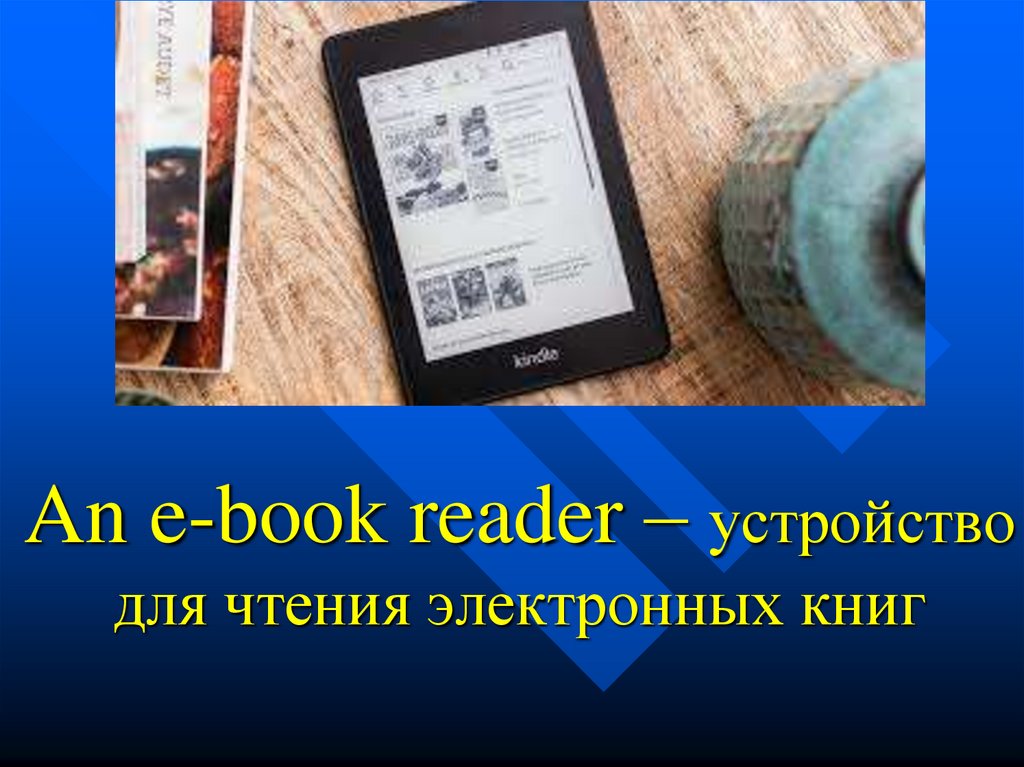
![Versatile [vɜːsə’tail] – гибкий, многосторонний Versatile [vɜːsə’tail] – гибкий, многосторонний](https://cf4.ppt-online.org/files4/slide/x/X0buj6FxWLVE1RBeIgPlDQAG2N4vowy8ckq3Oa/slide-270.jpg)
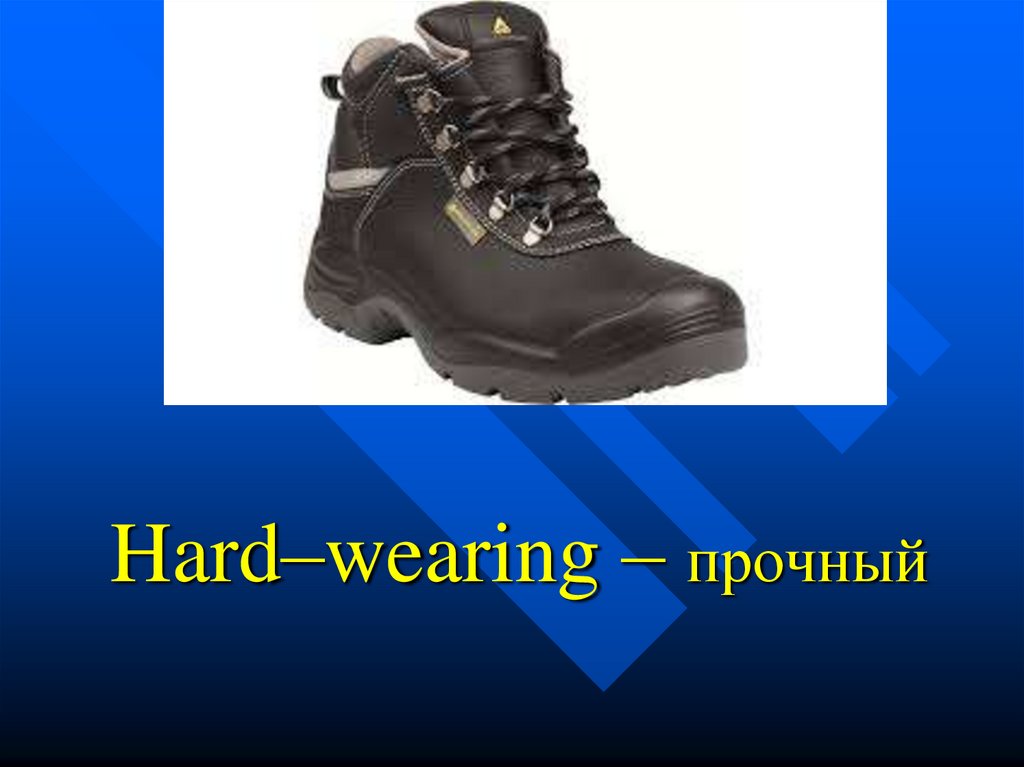
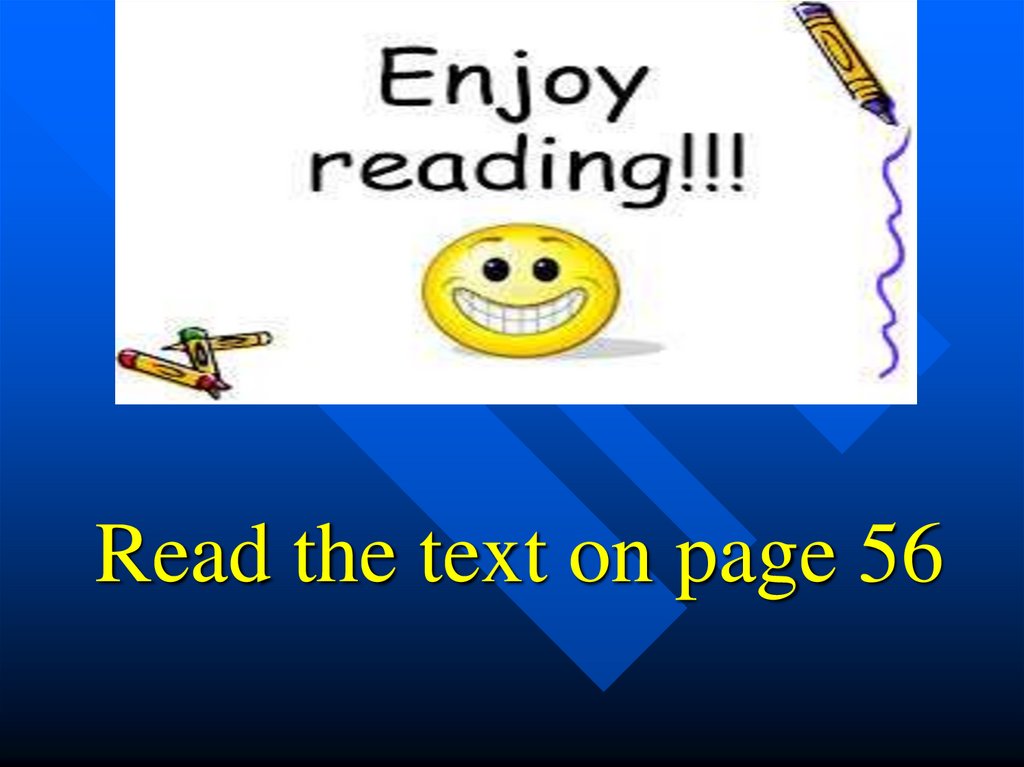
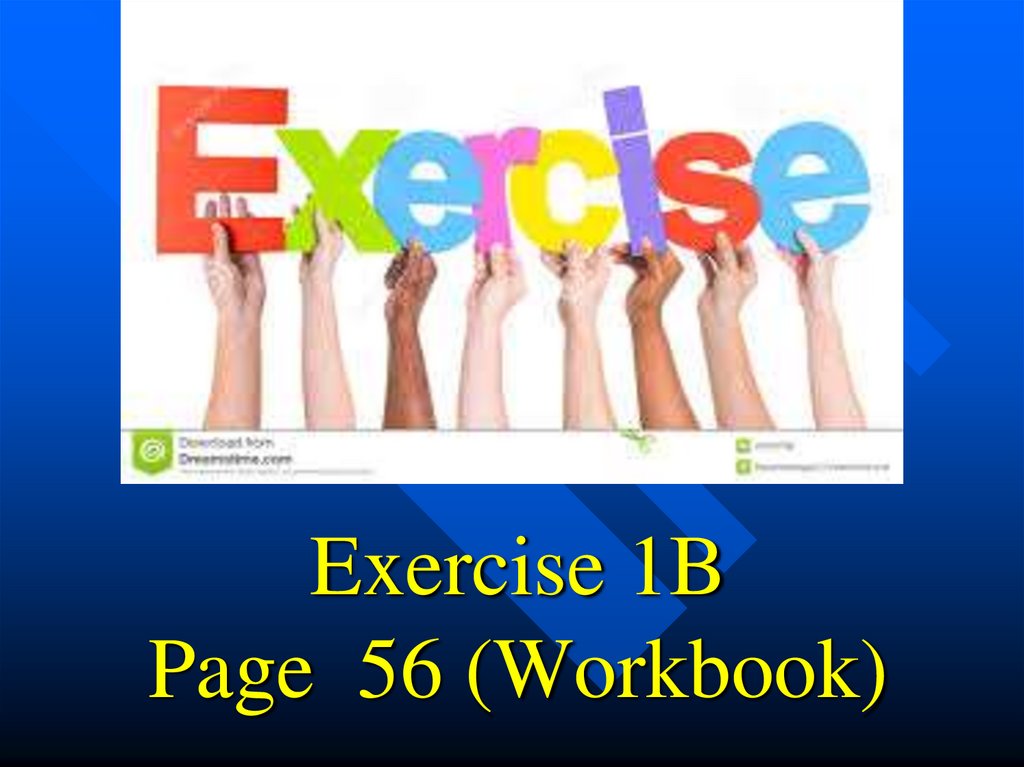
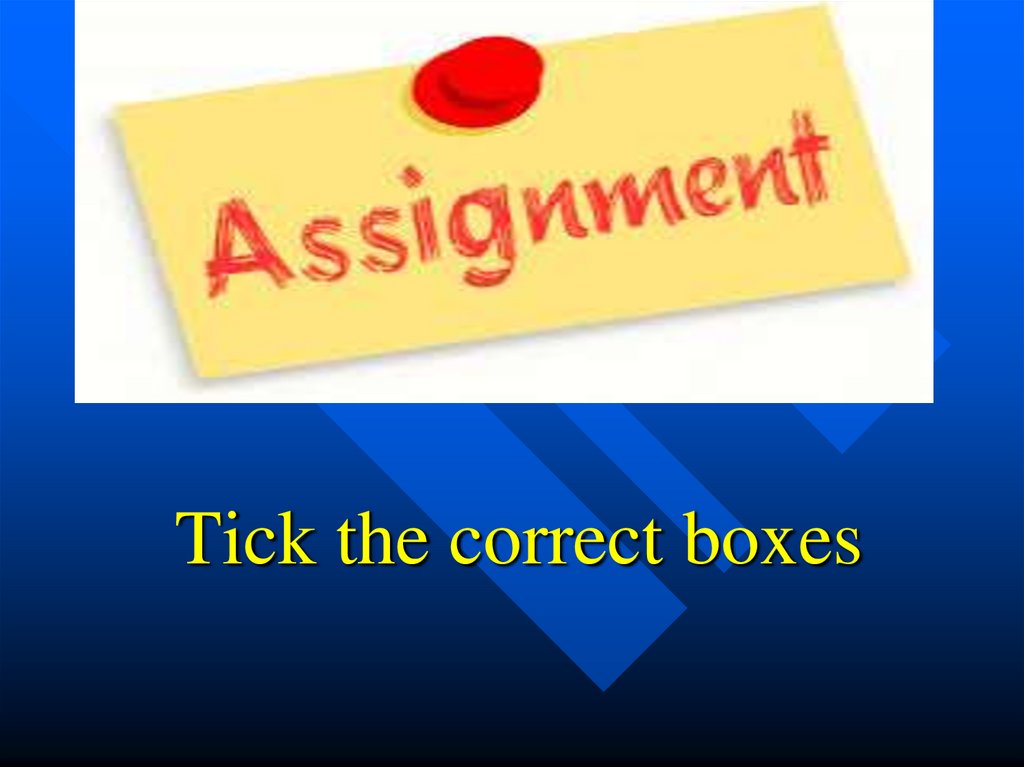
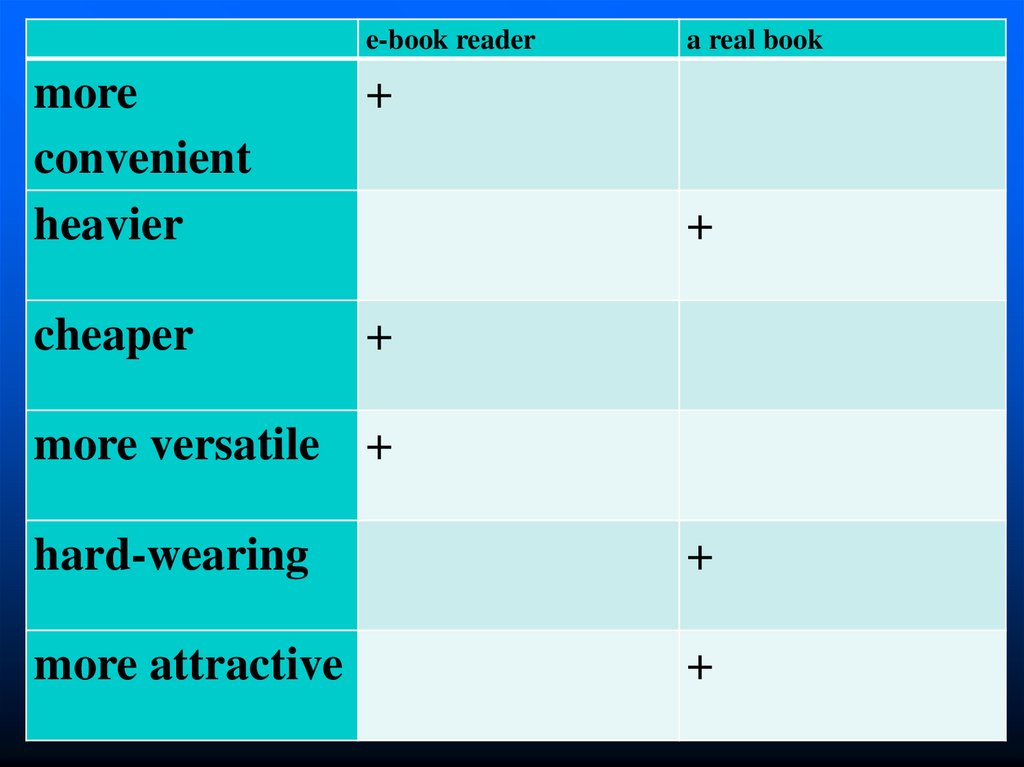
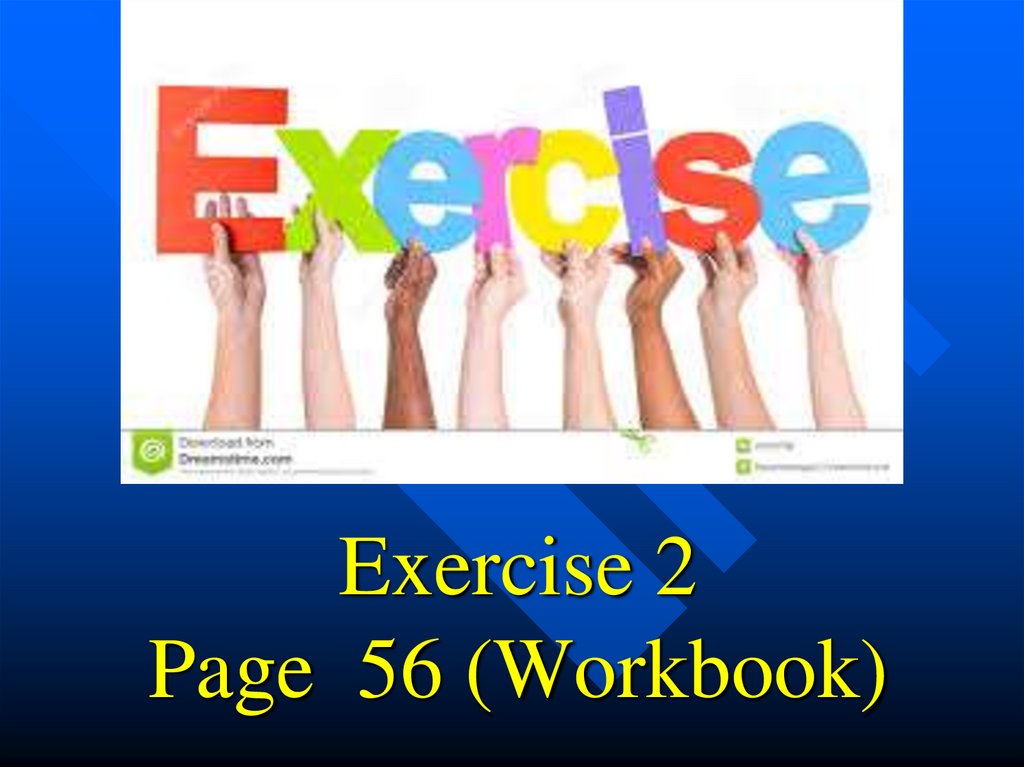
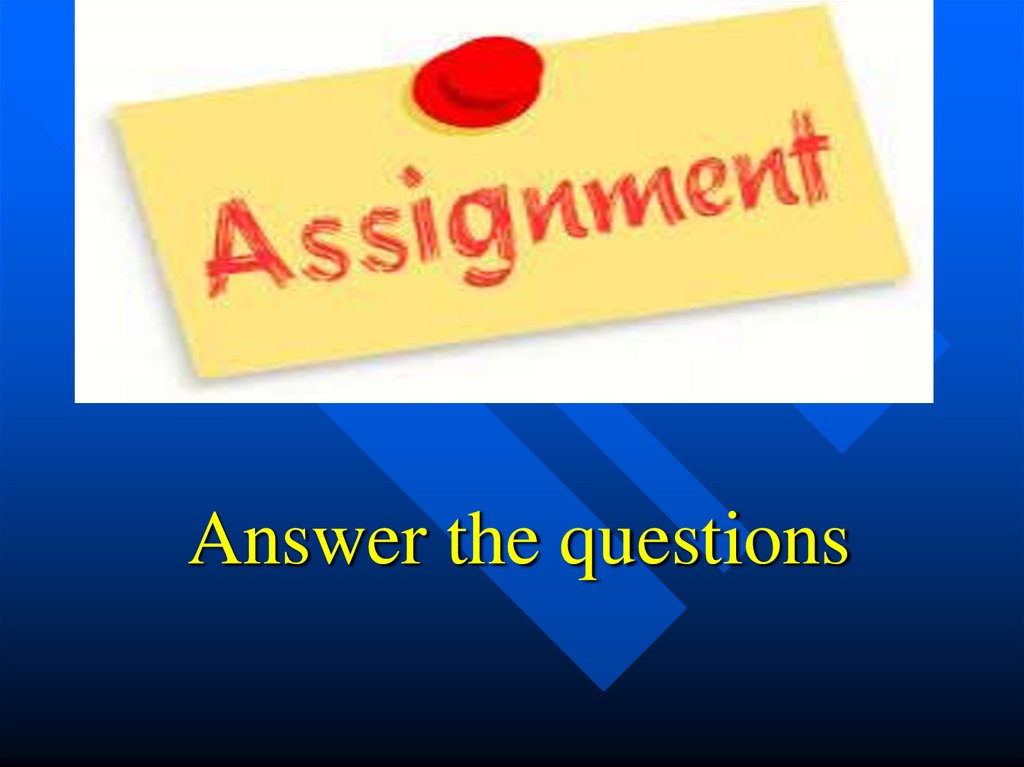
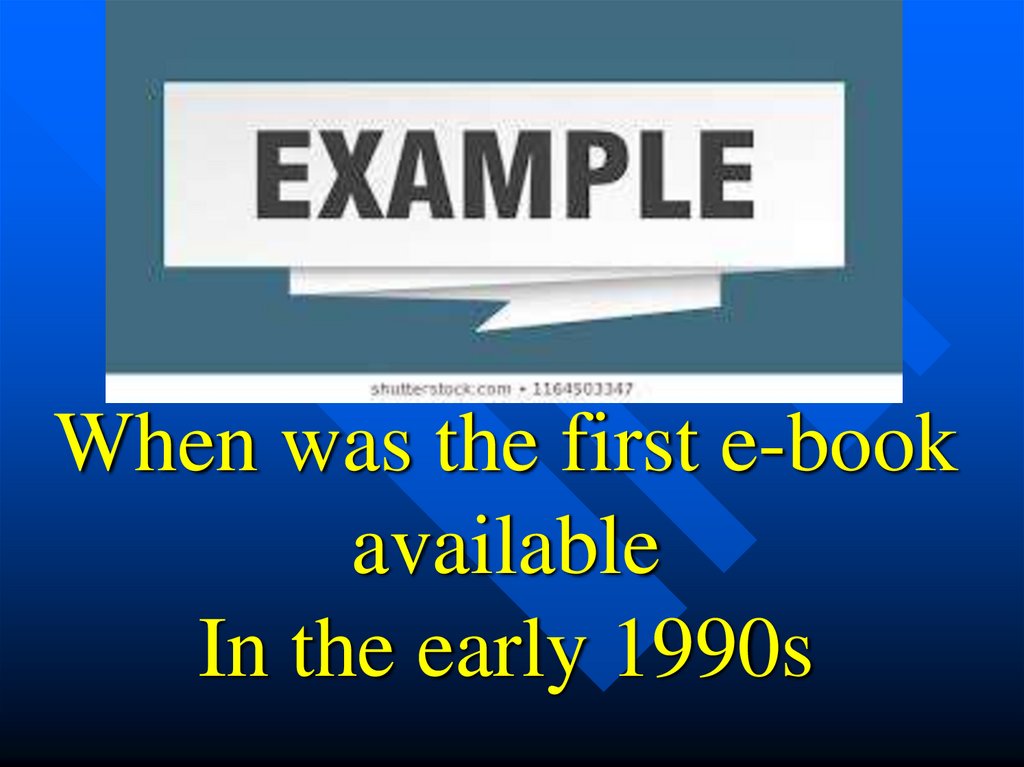
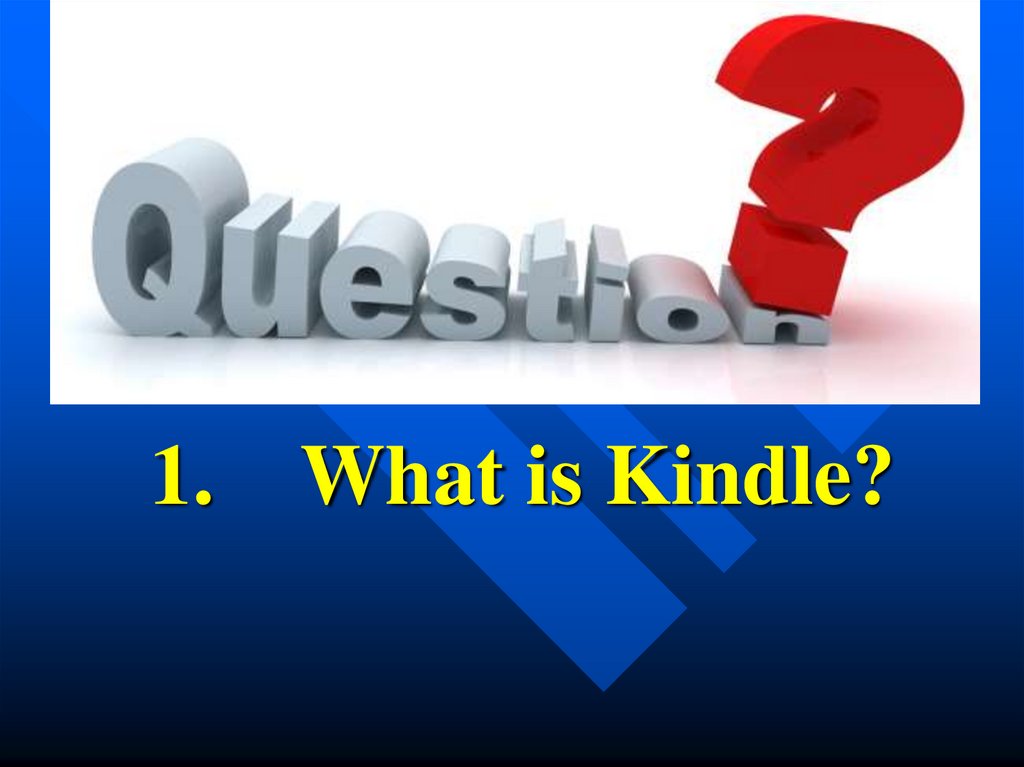
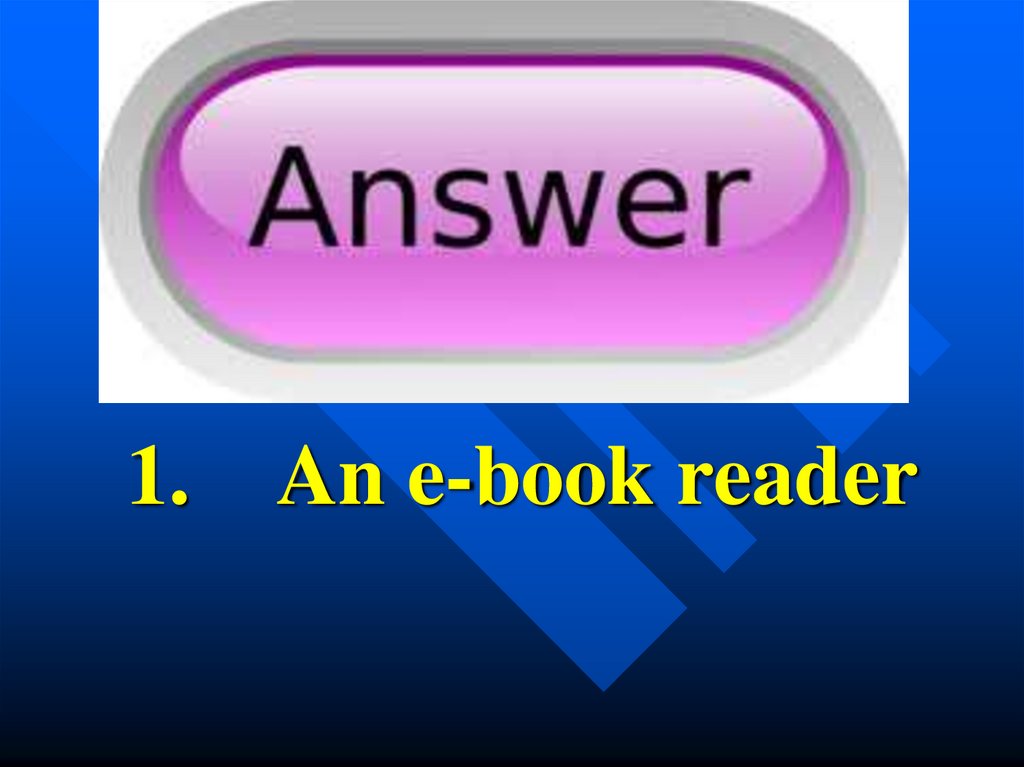
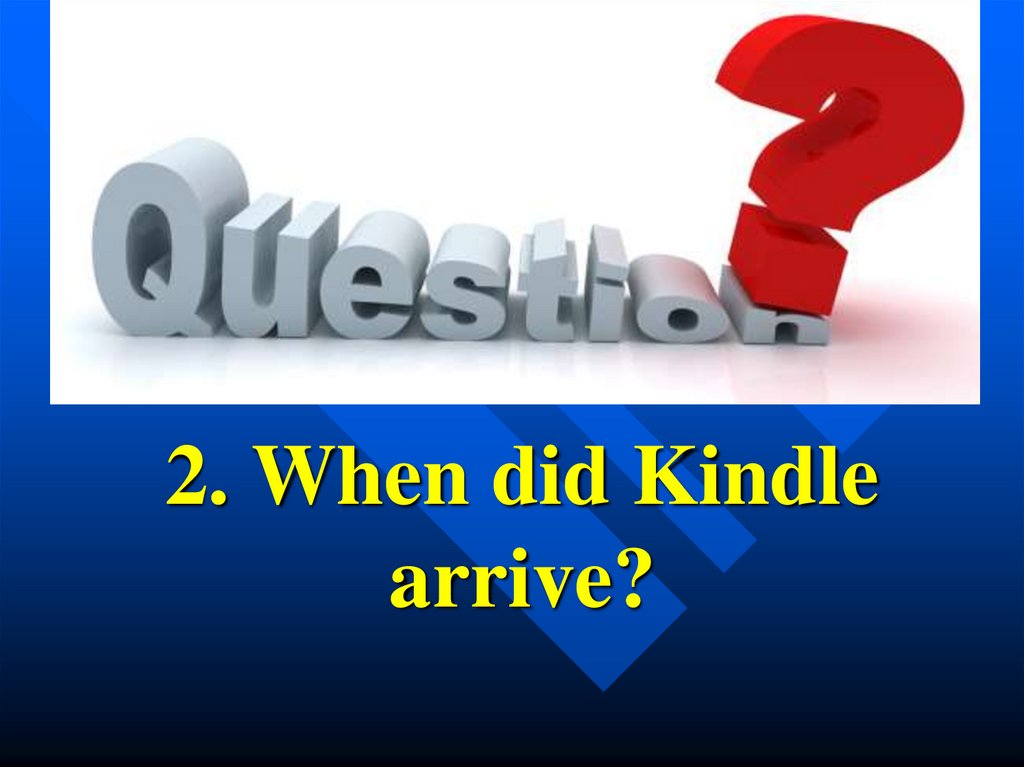
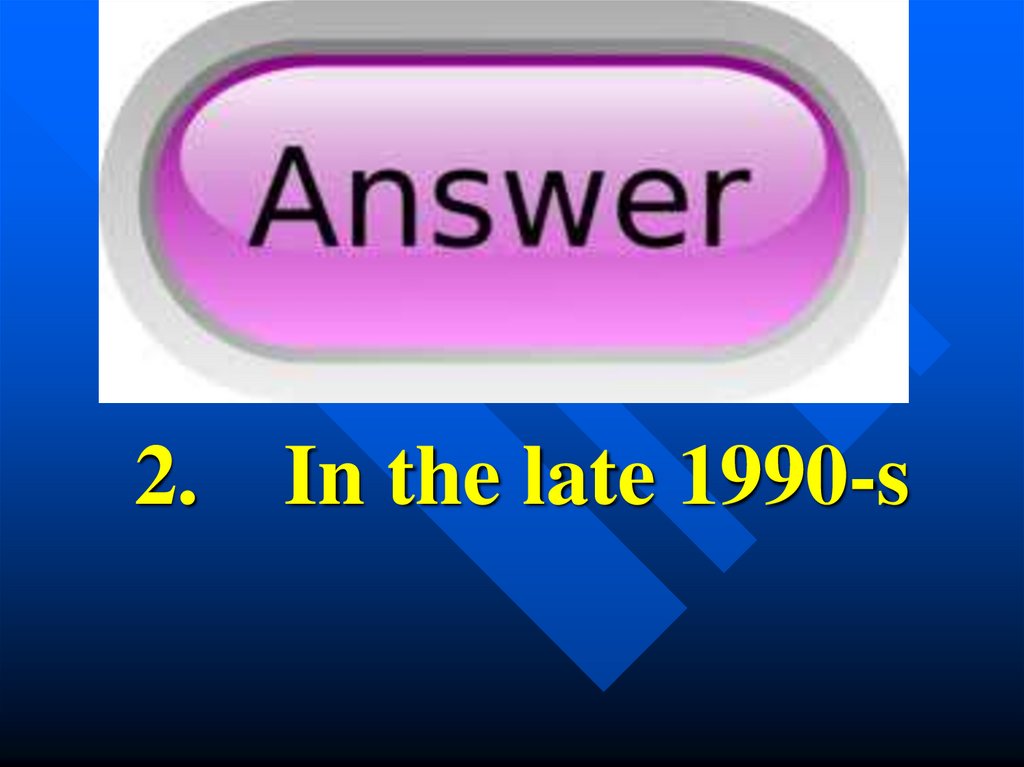
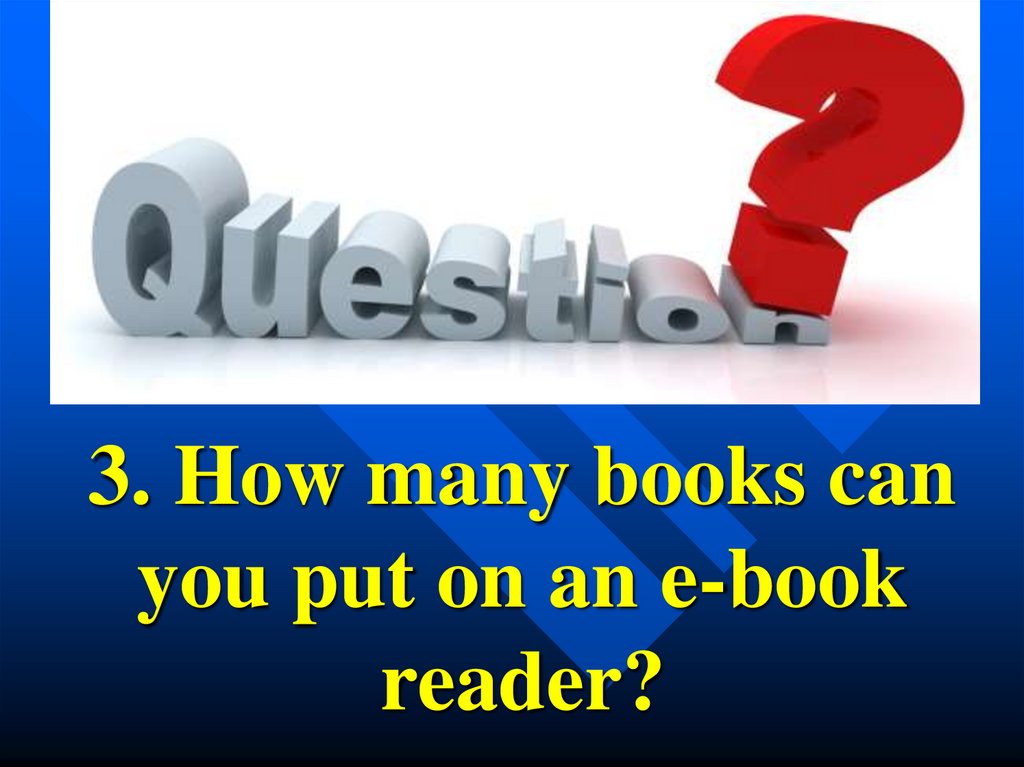
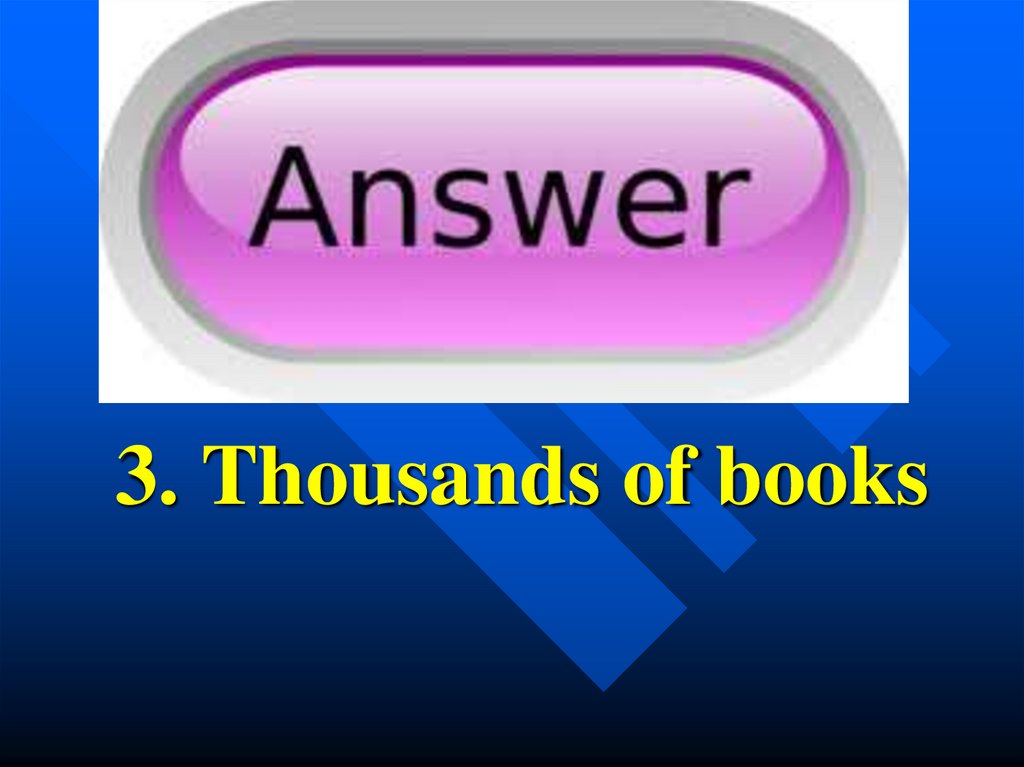
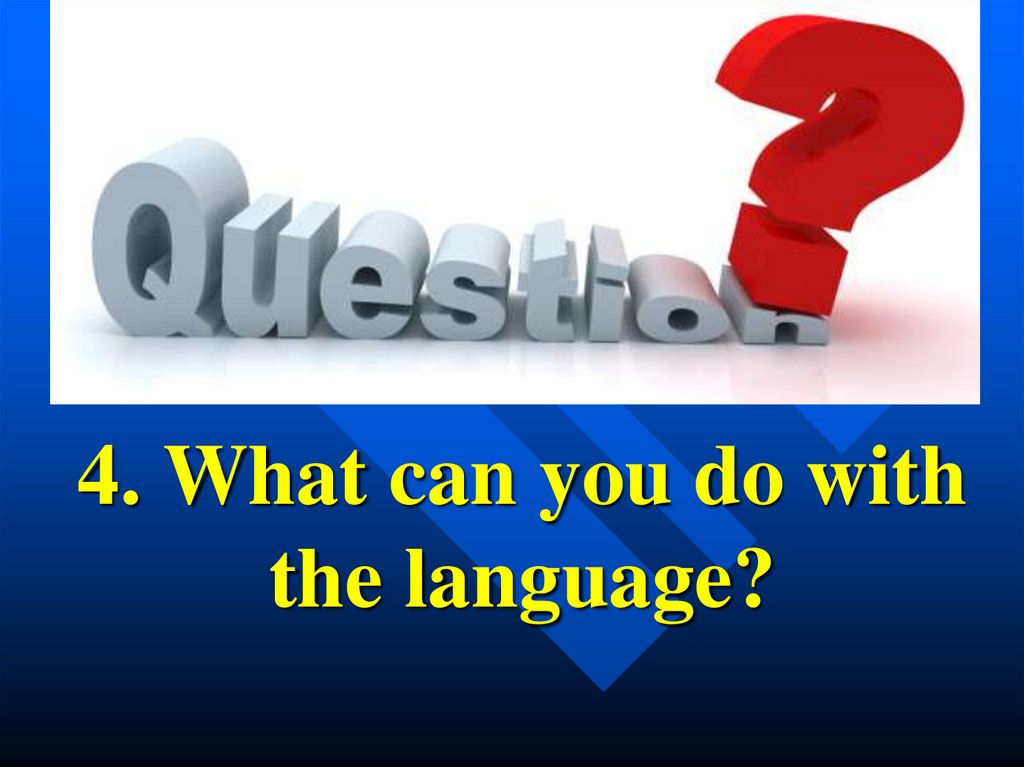
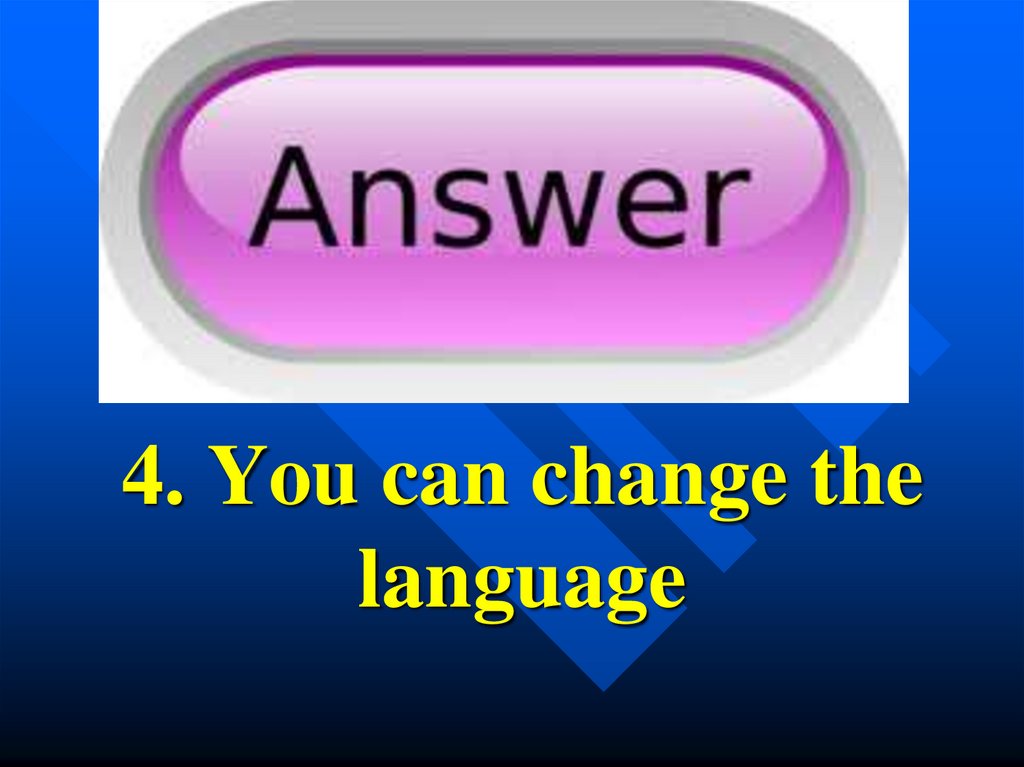
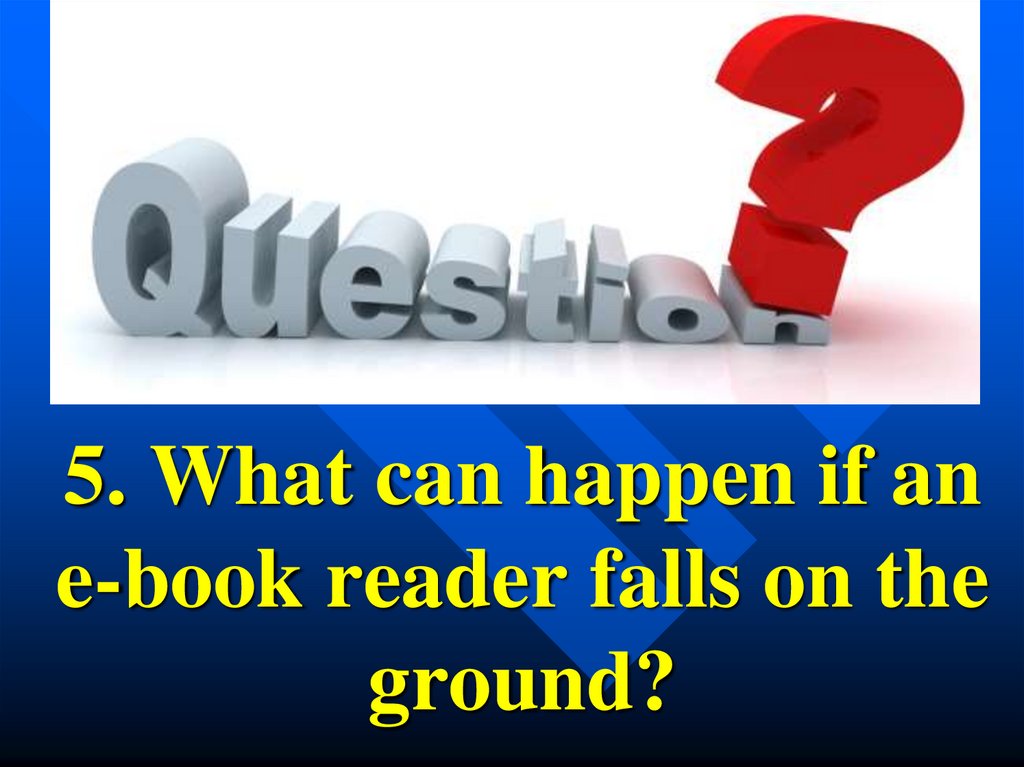
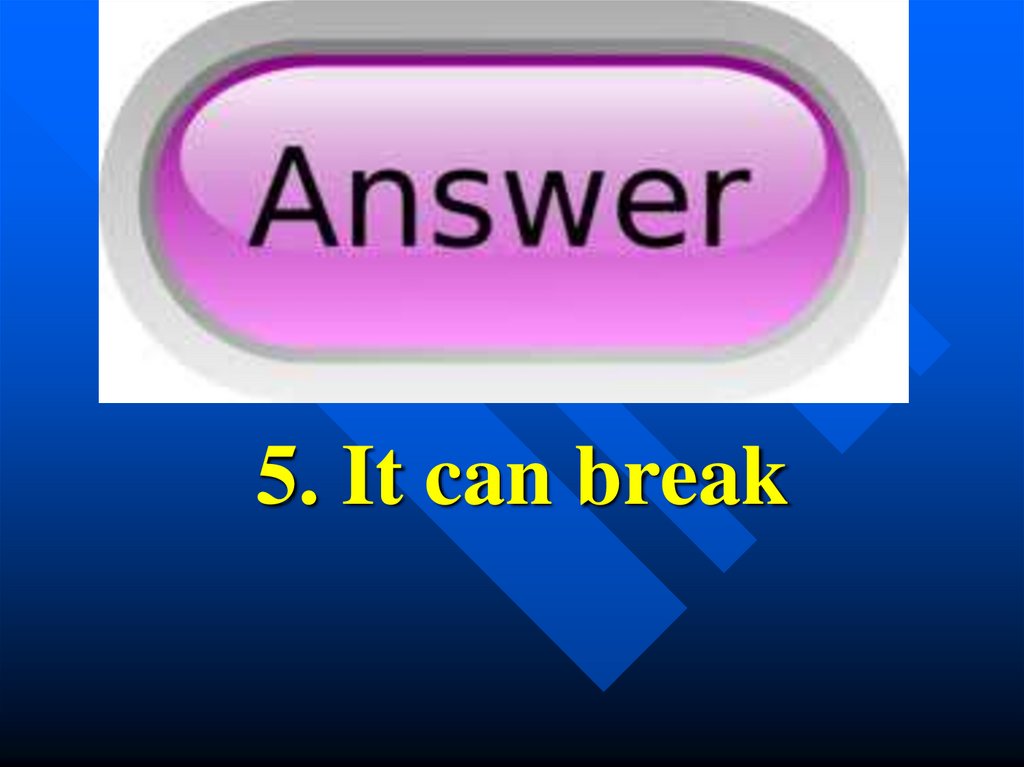
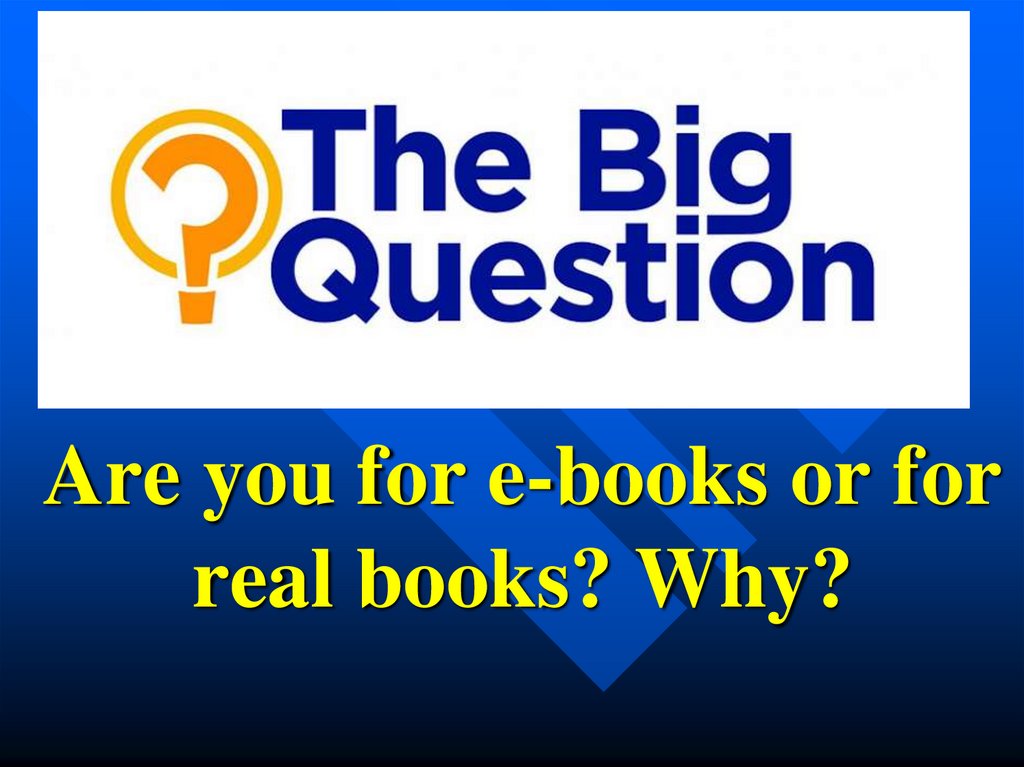
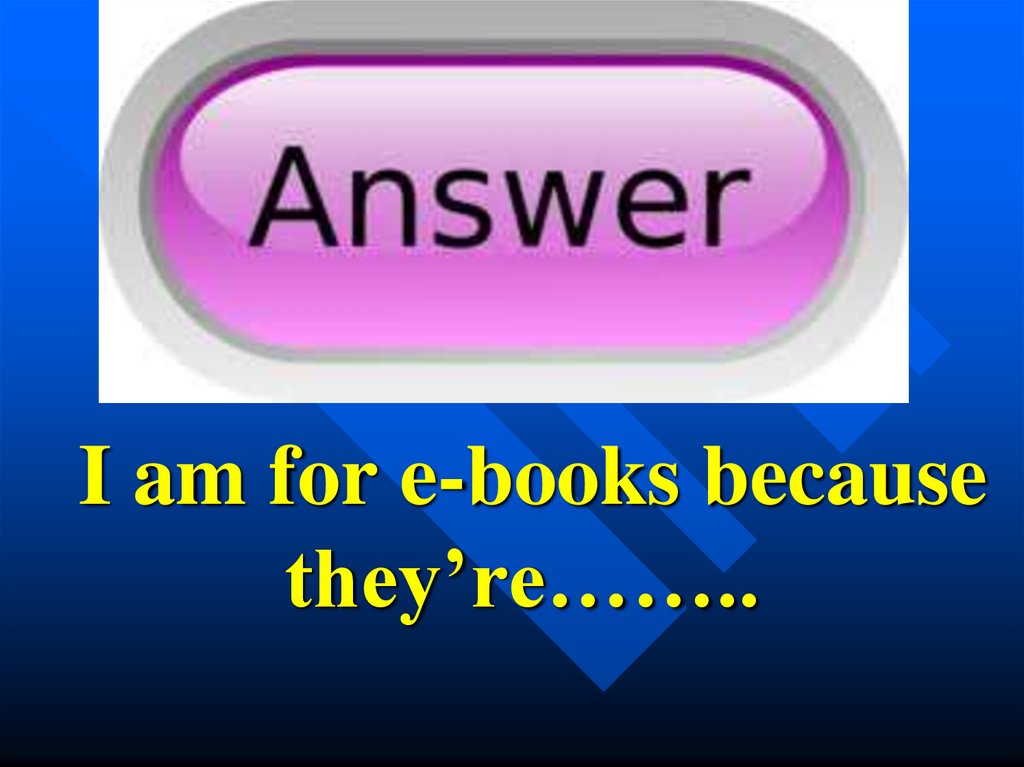
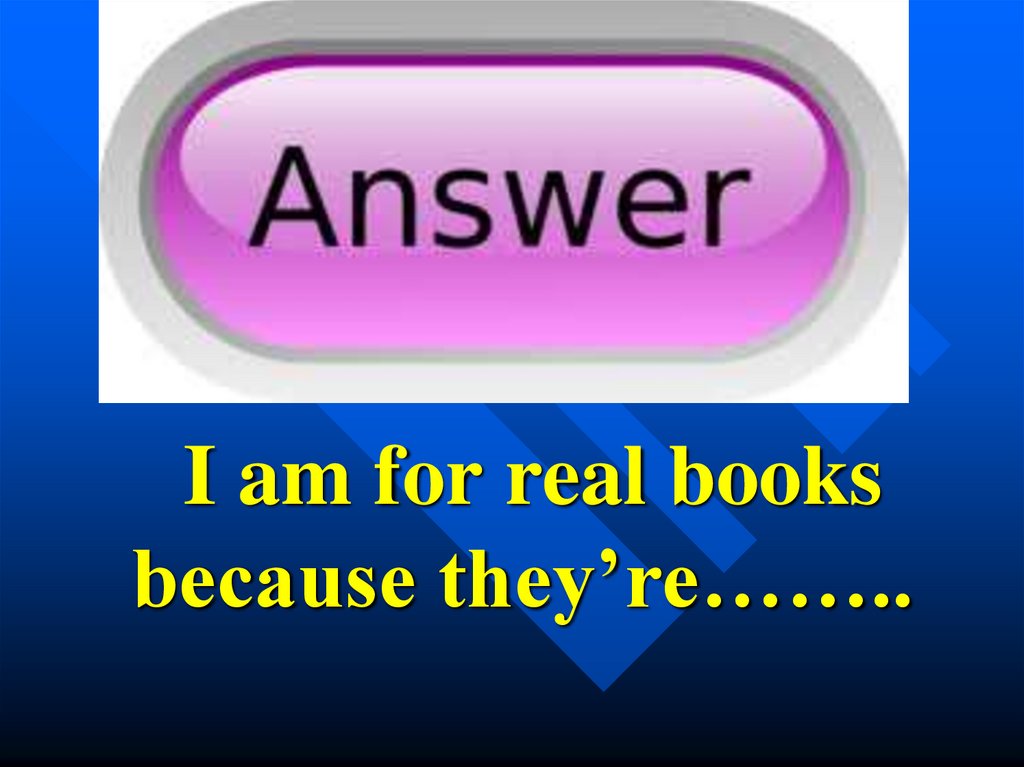
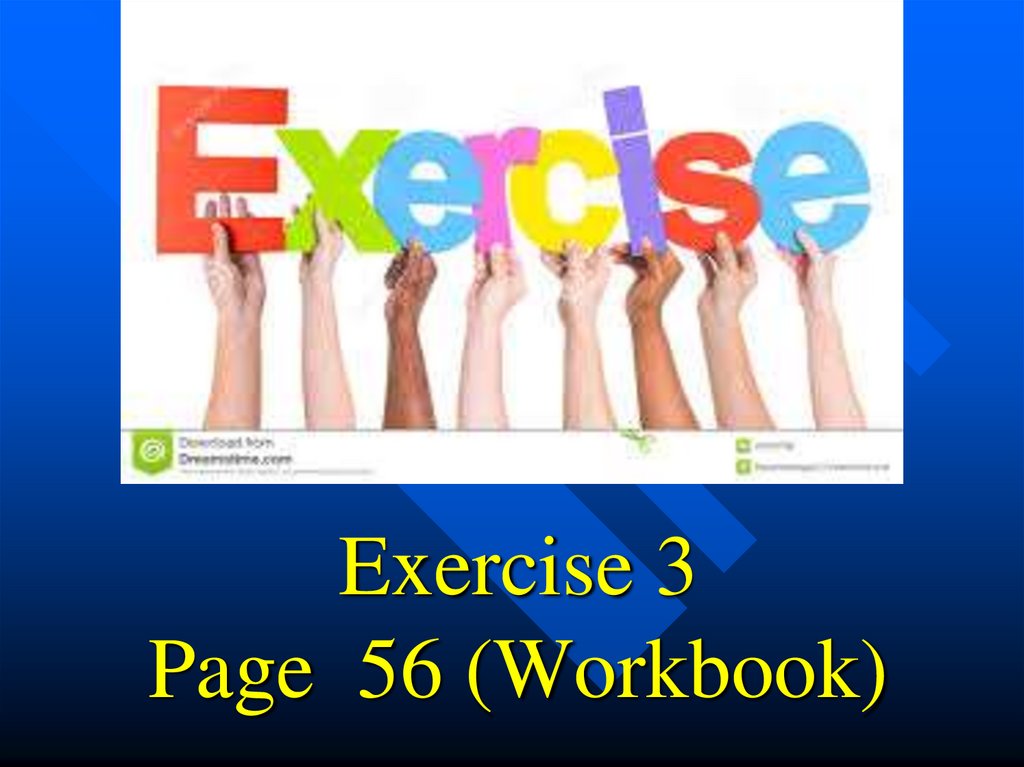
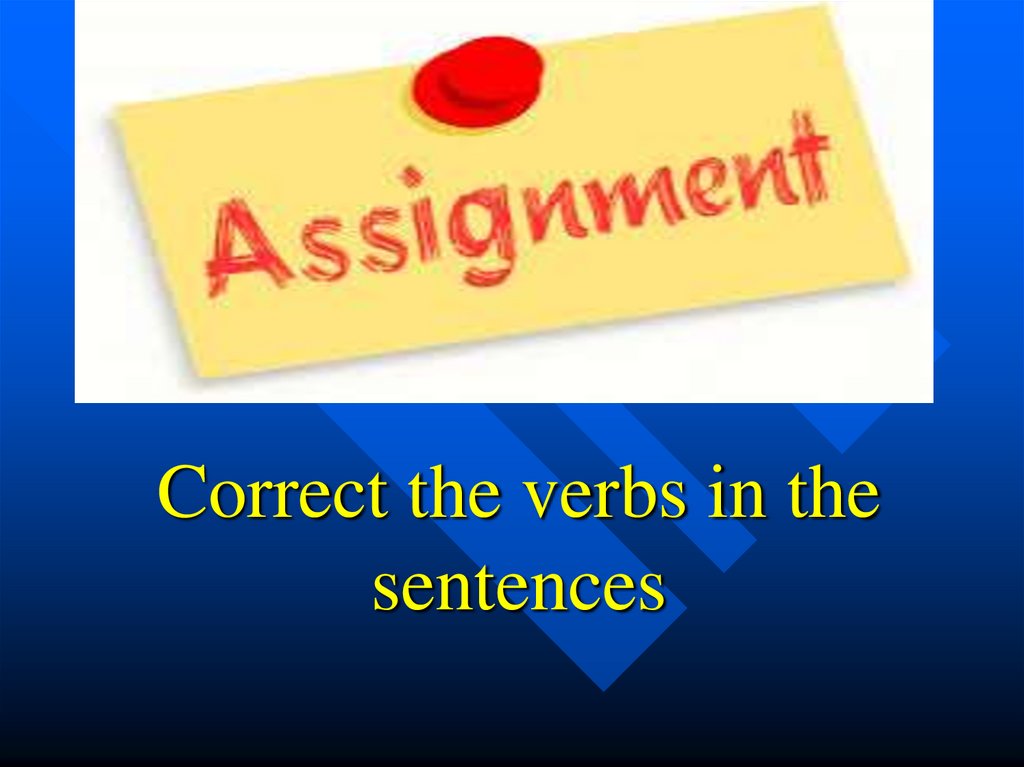
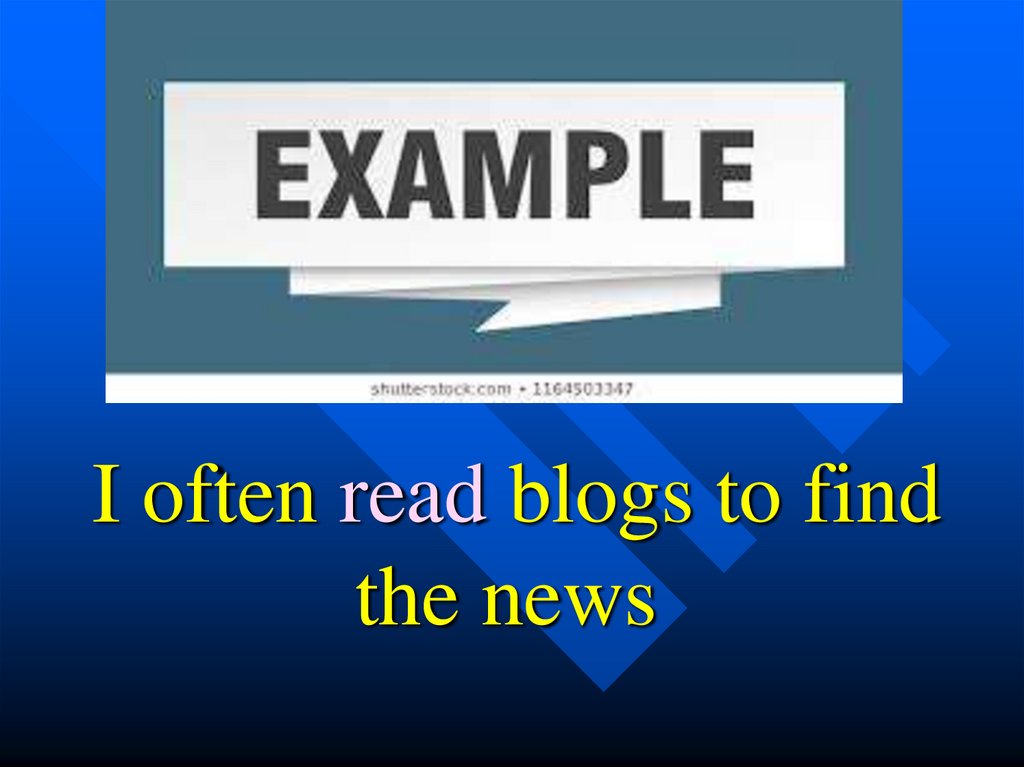

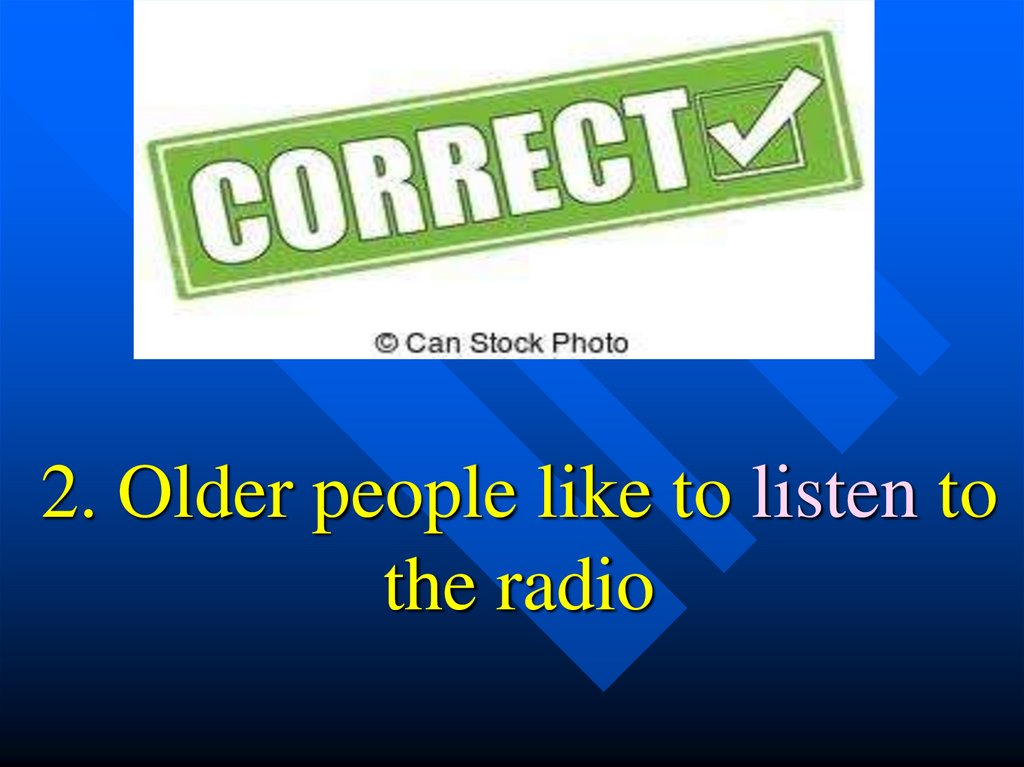
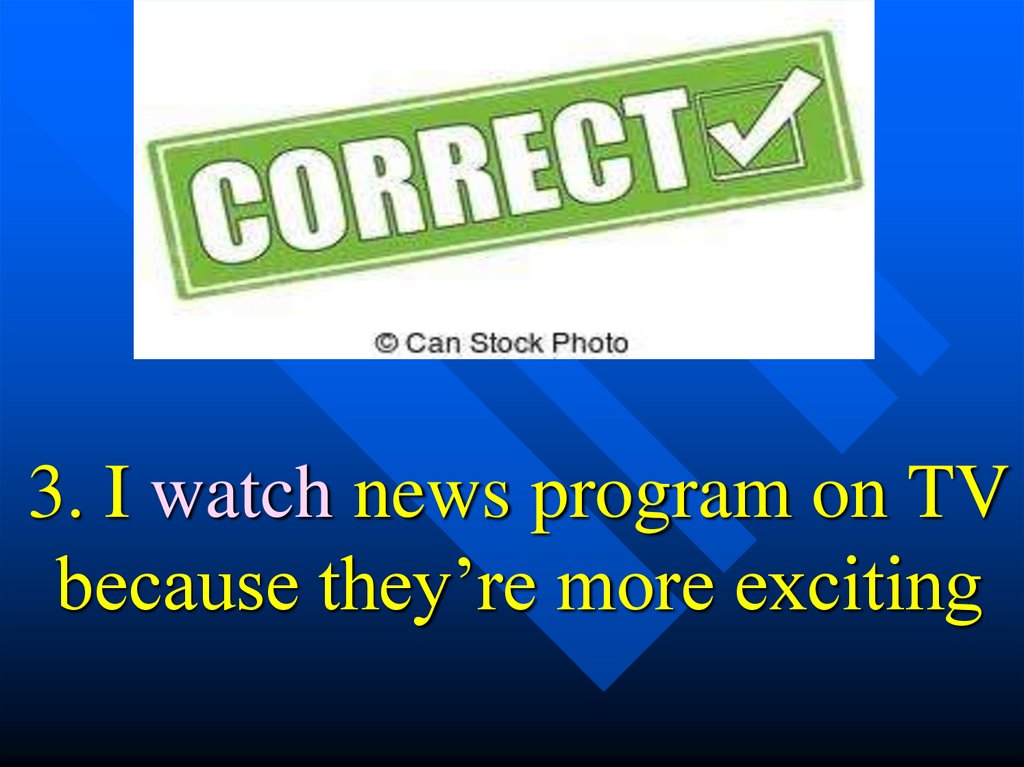
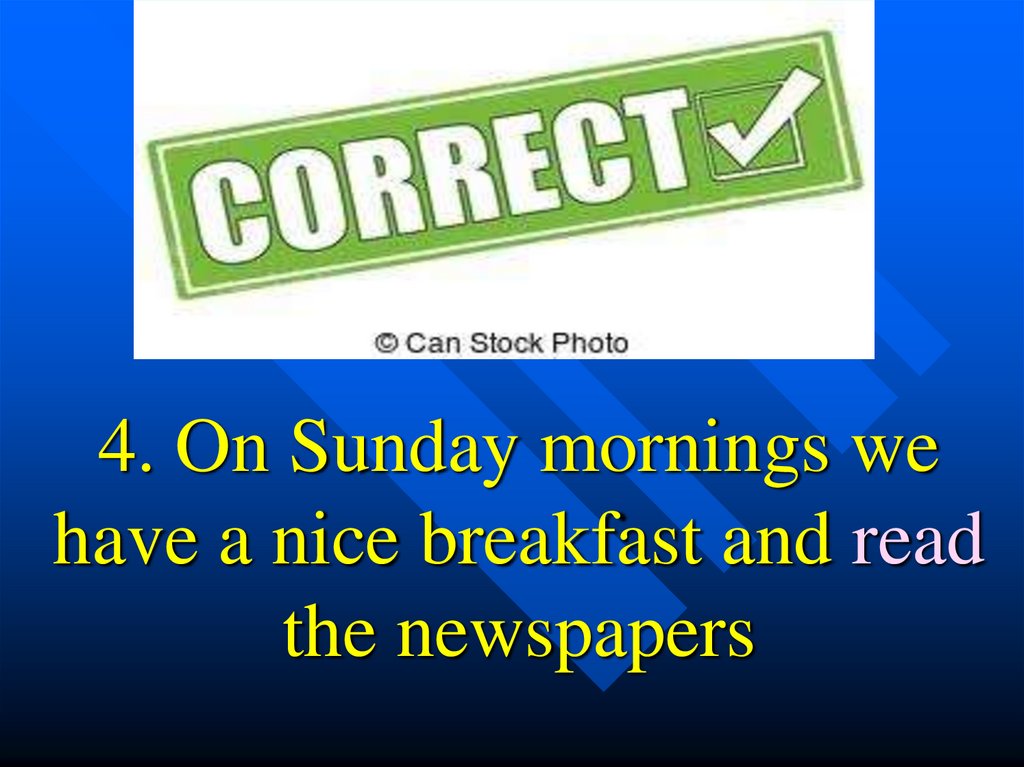
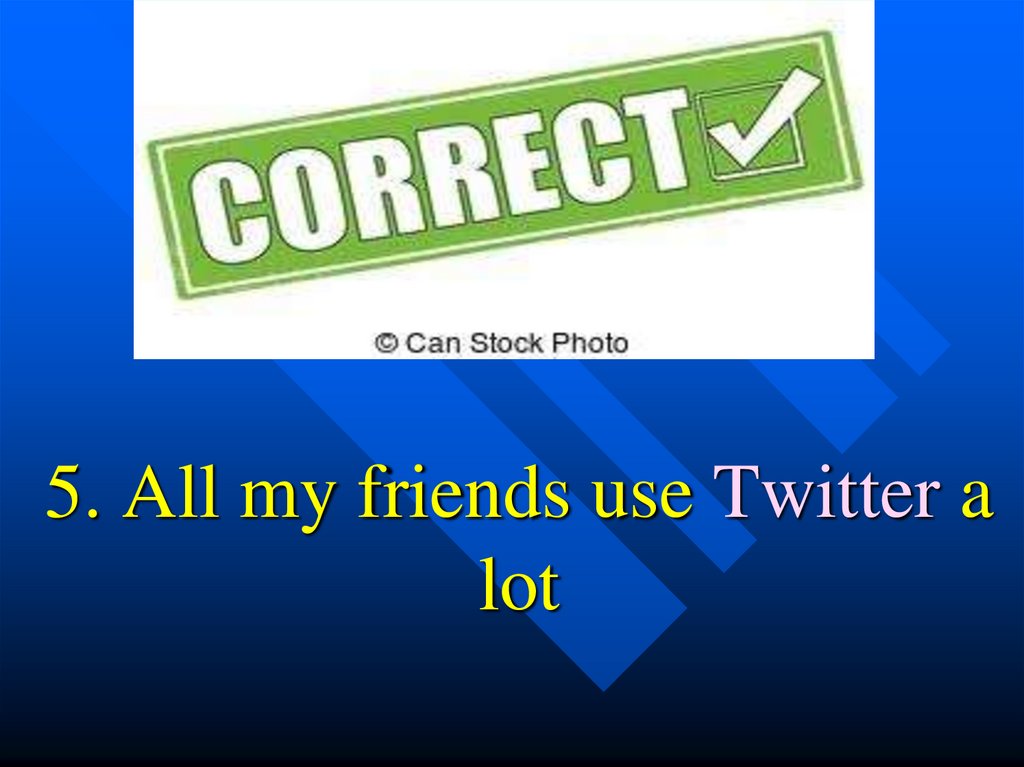
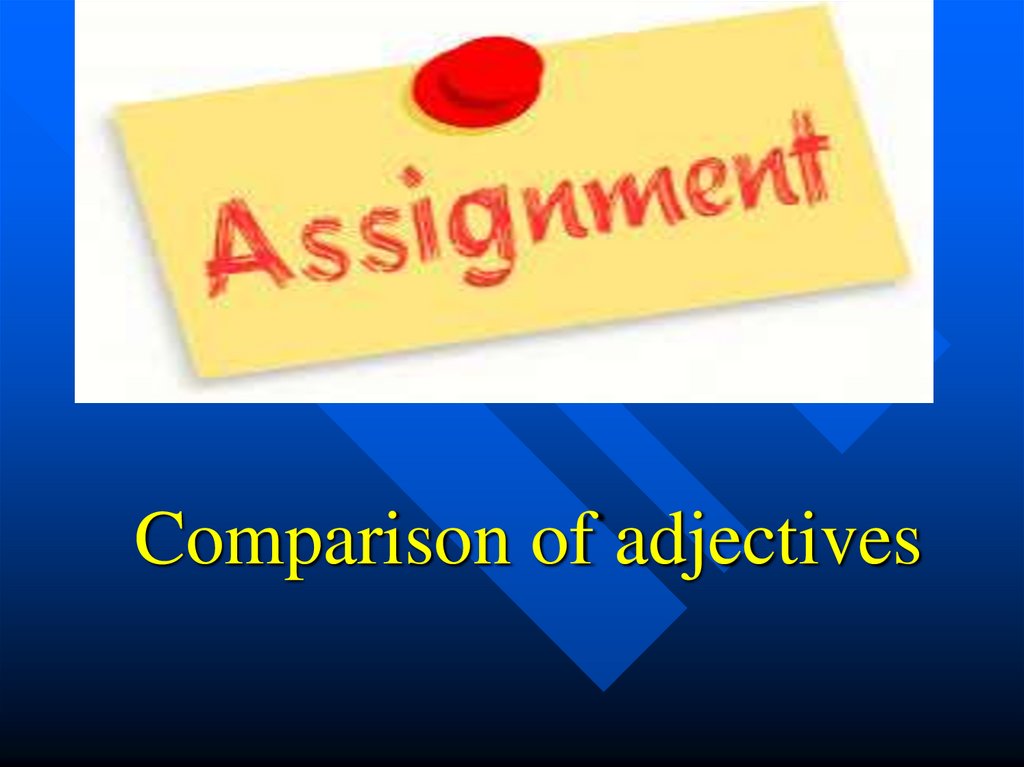
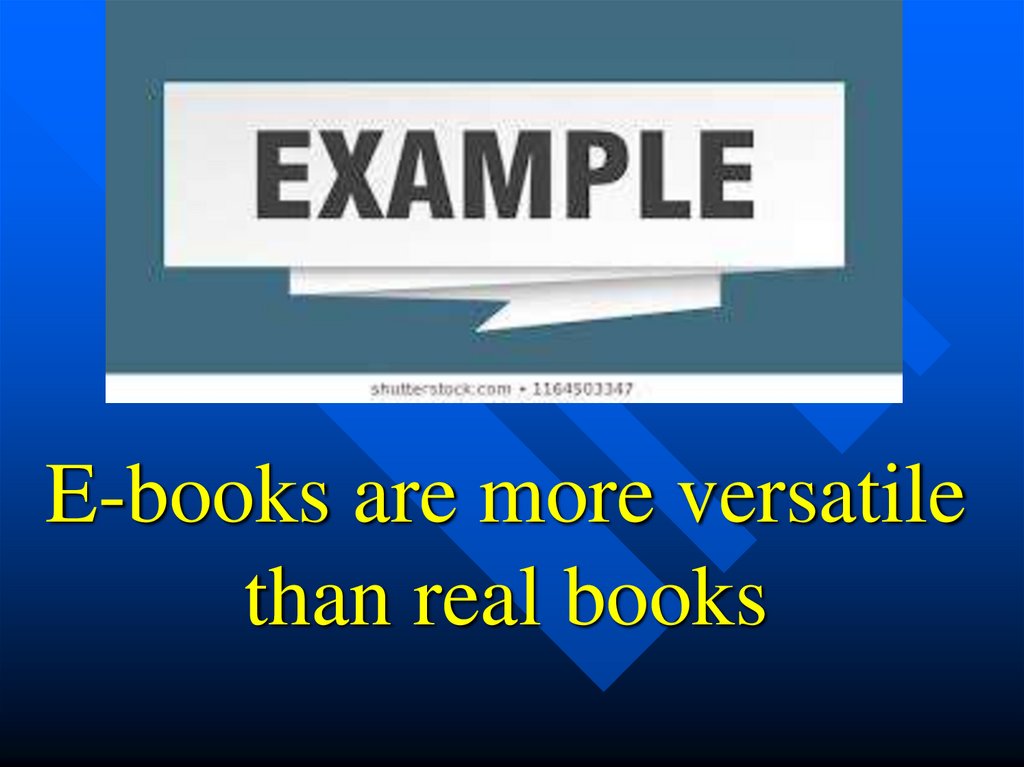
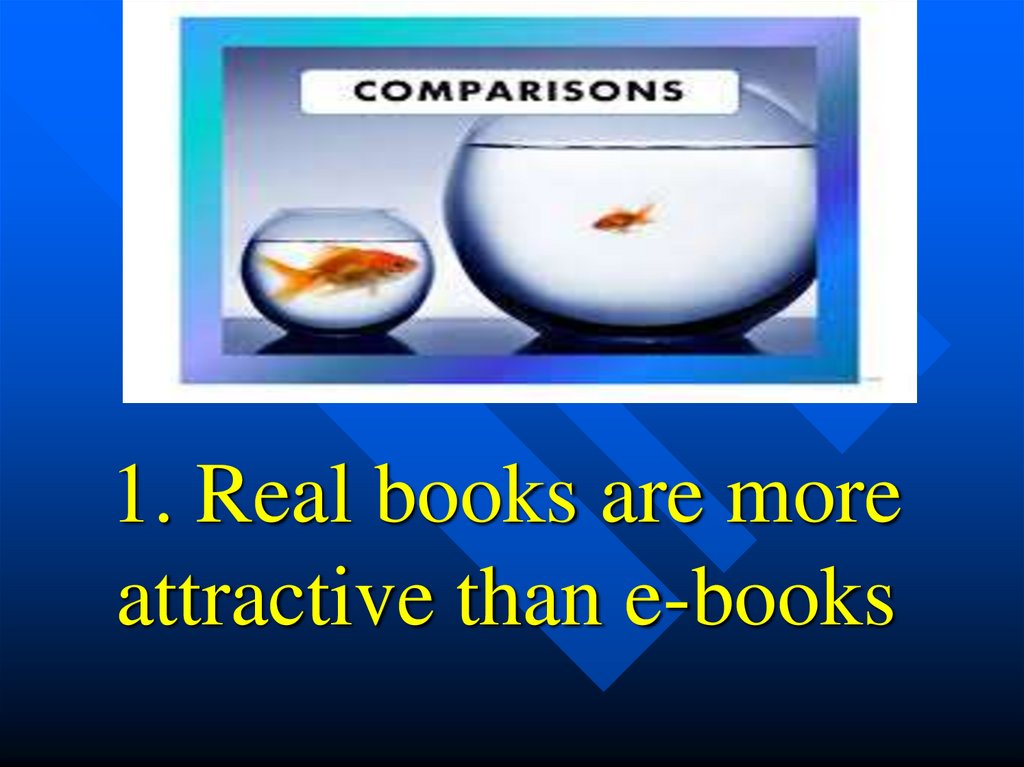
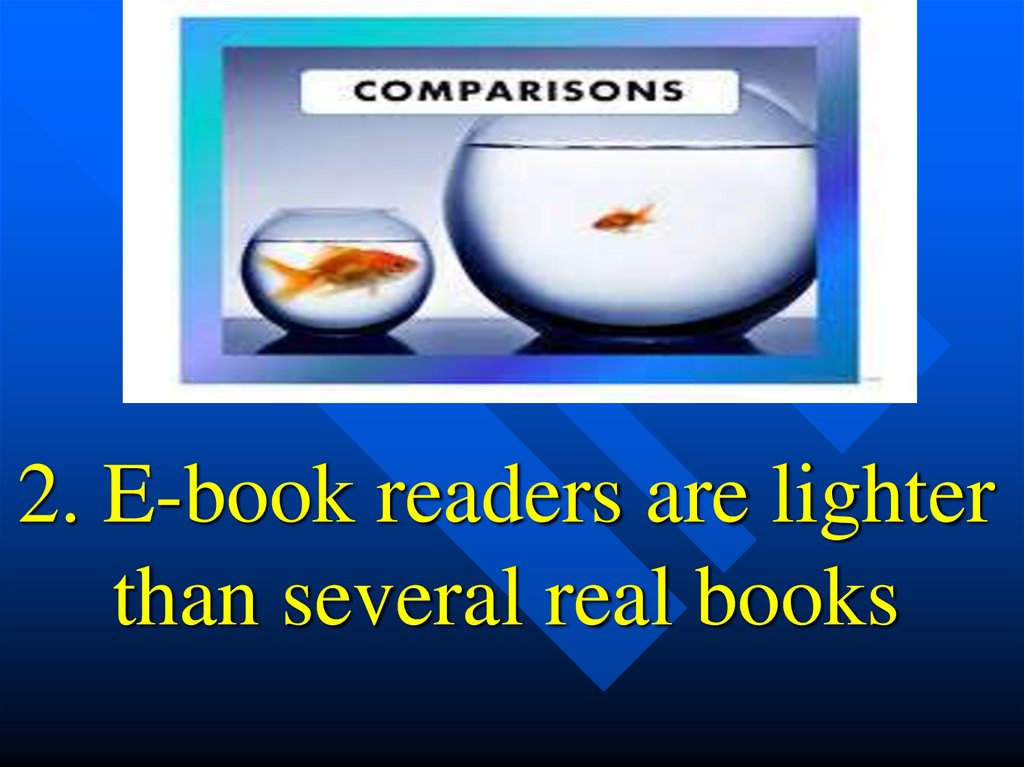
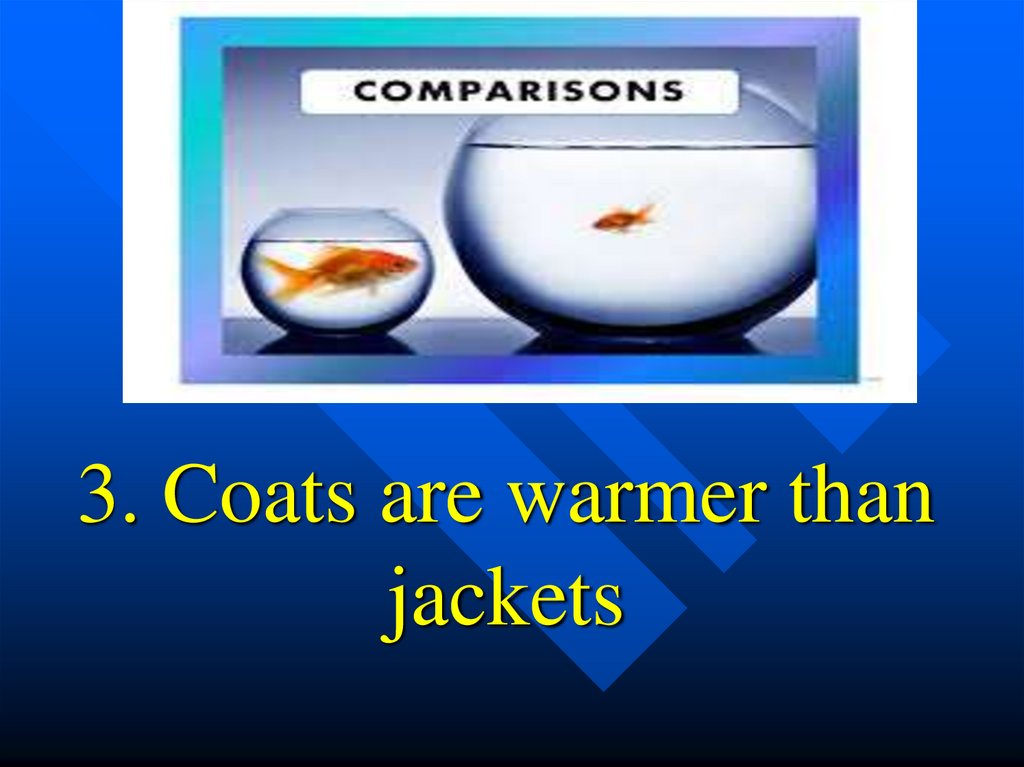
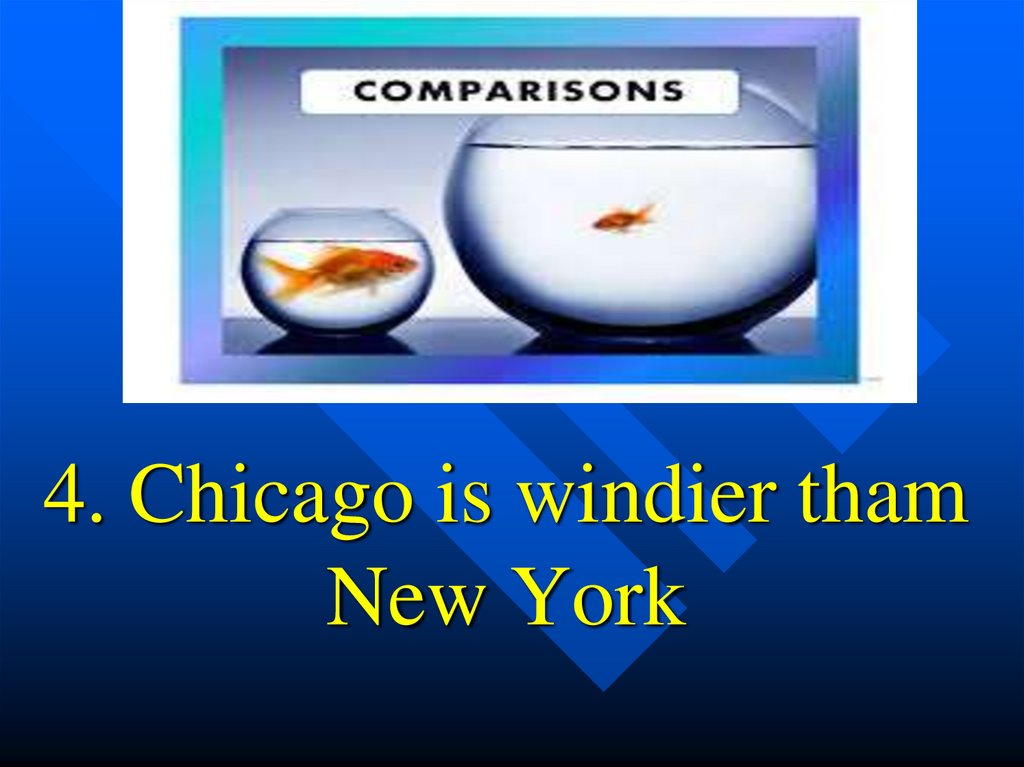
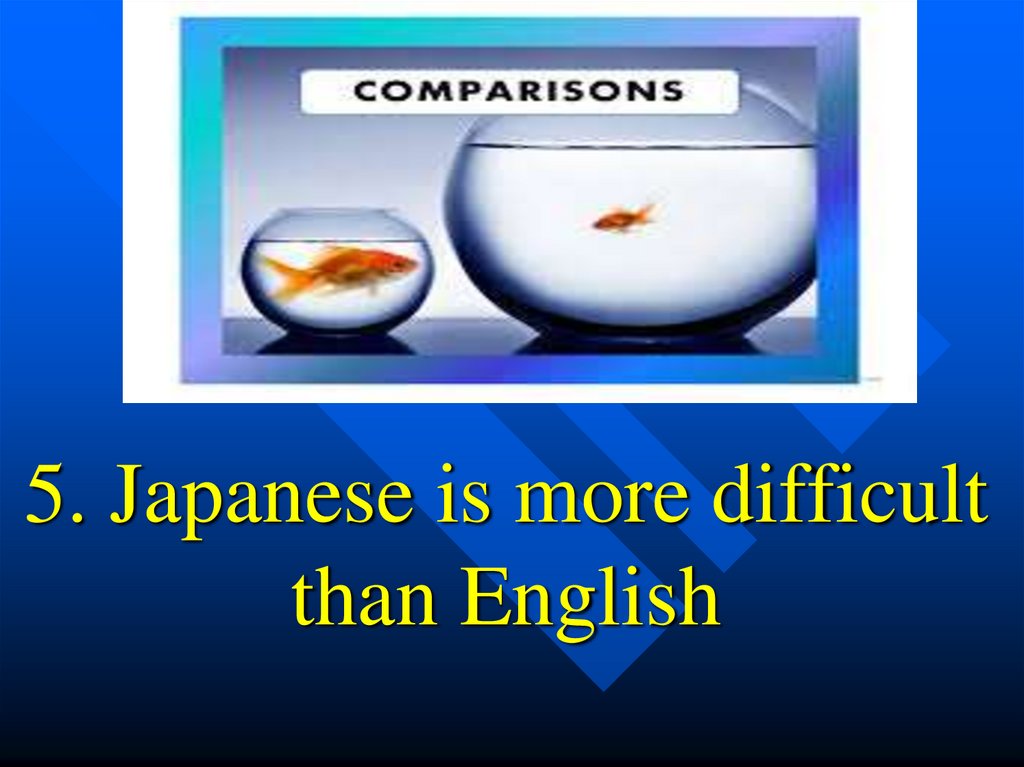
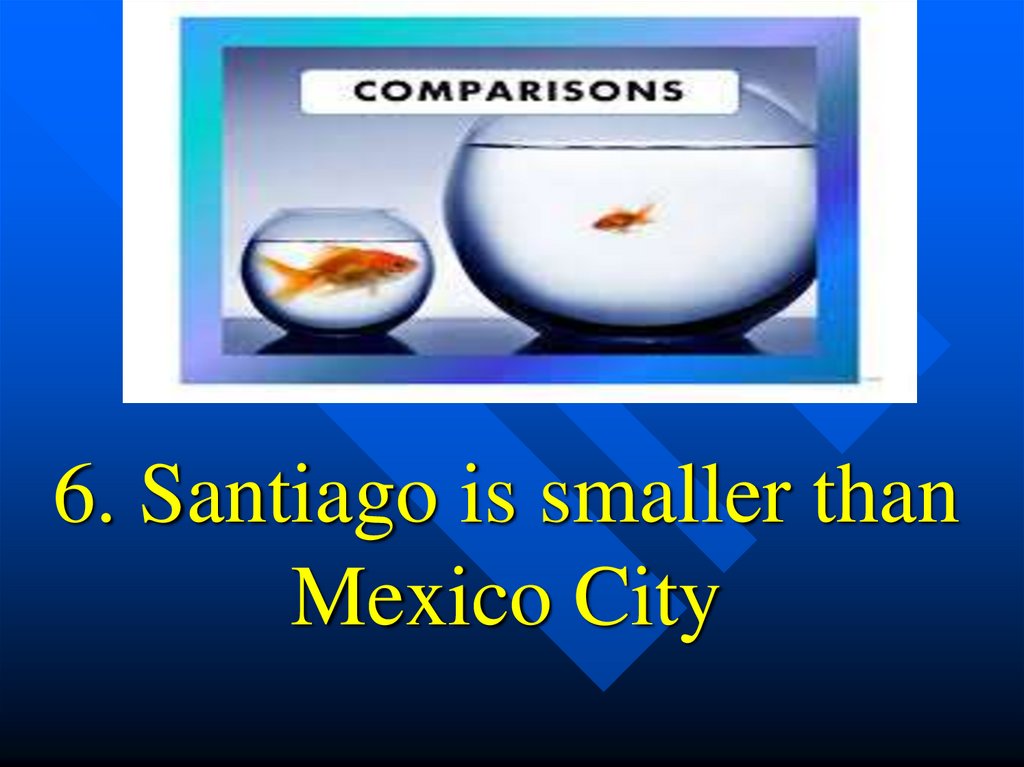
 Английский язык
Английский язык








